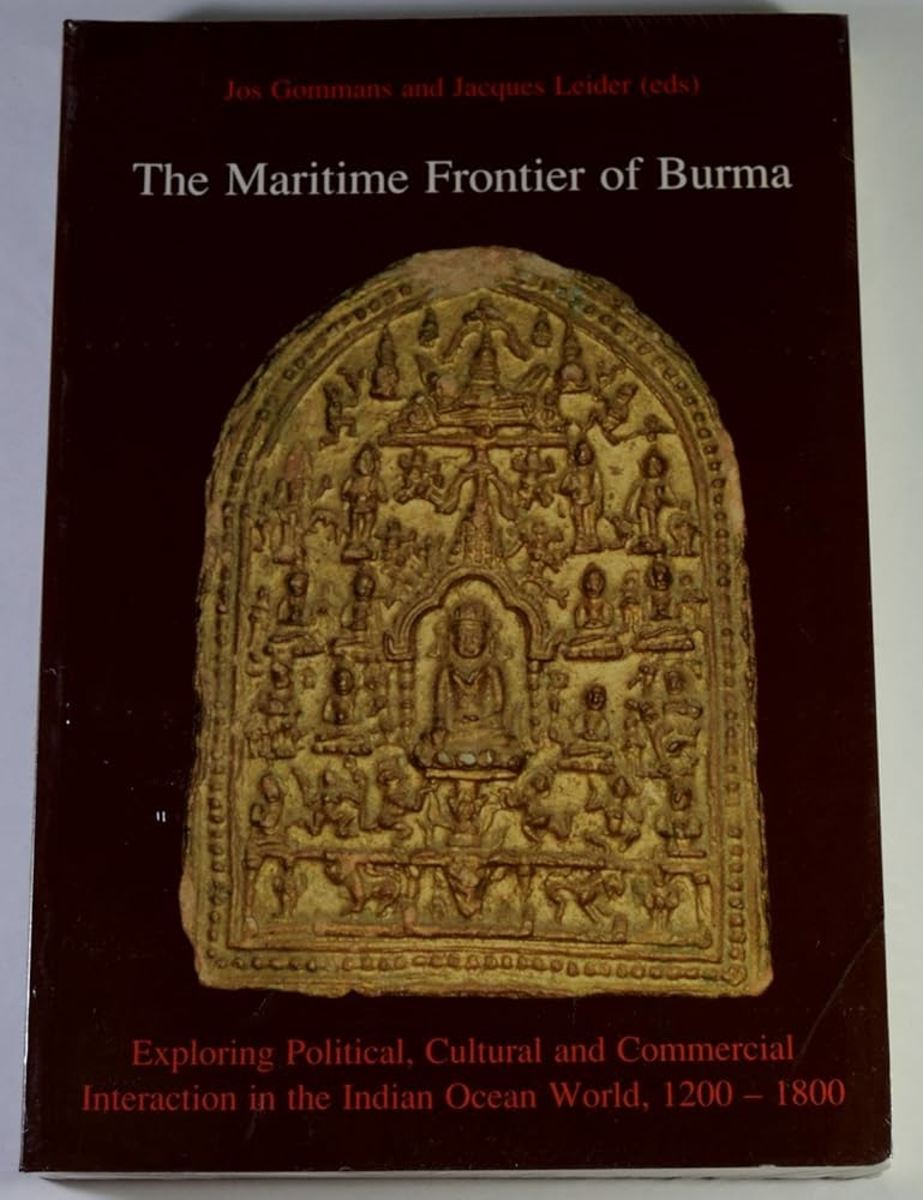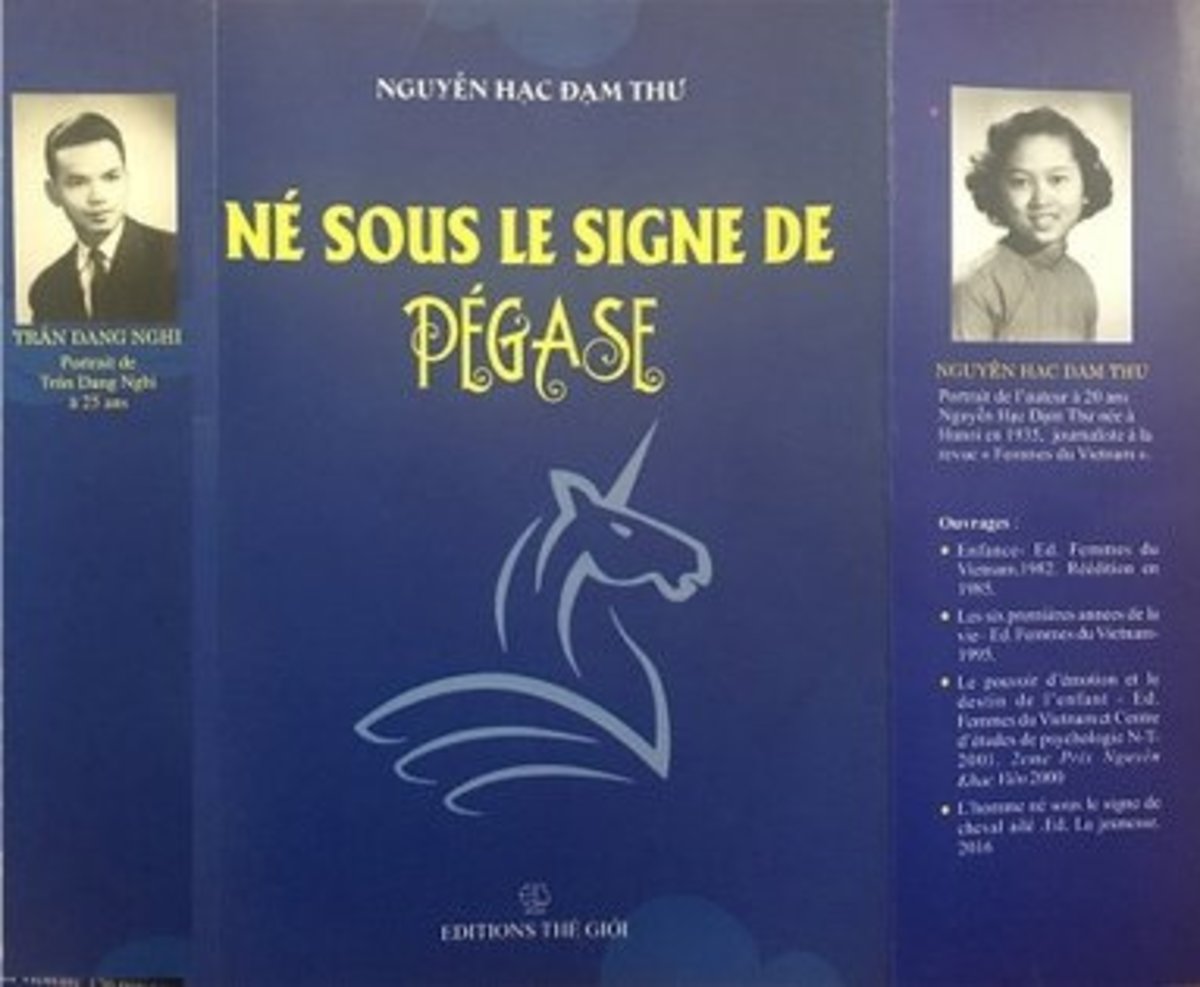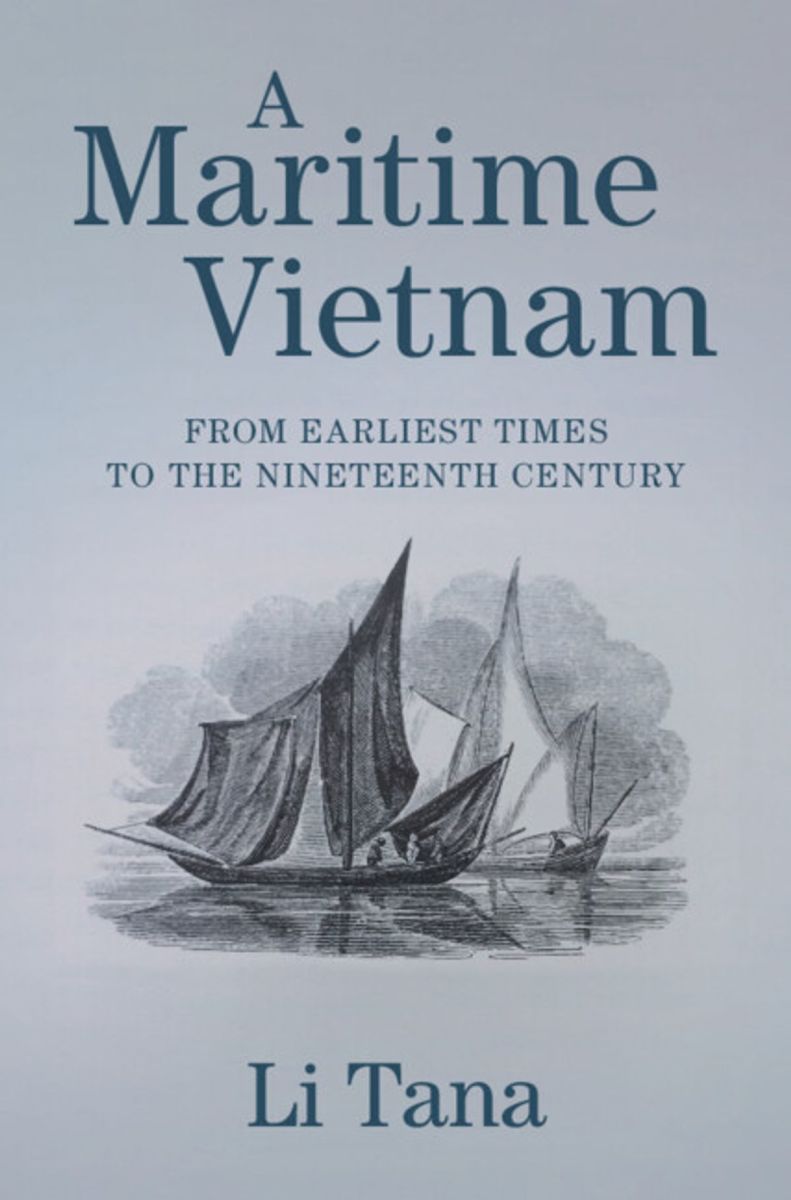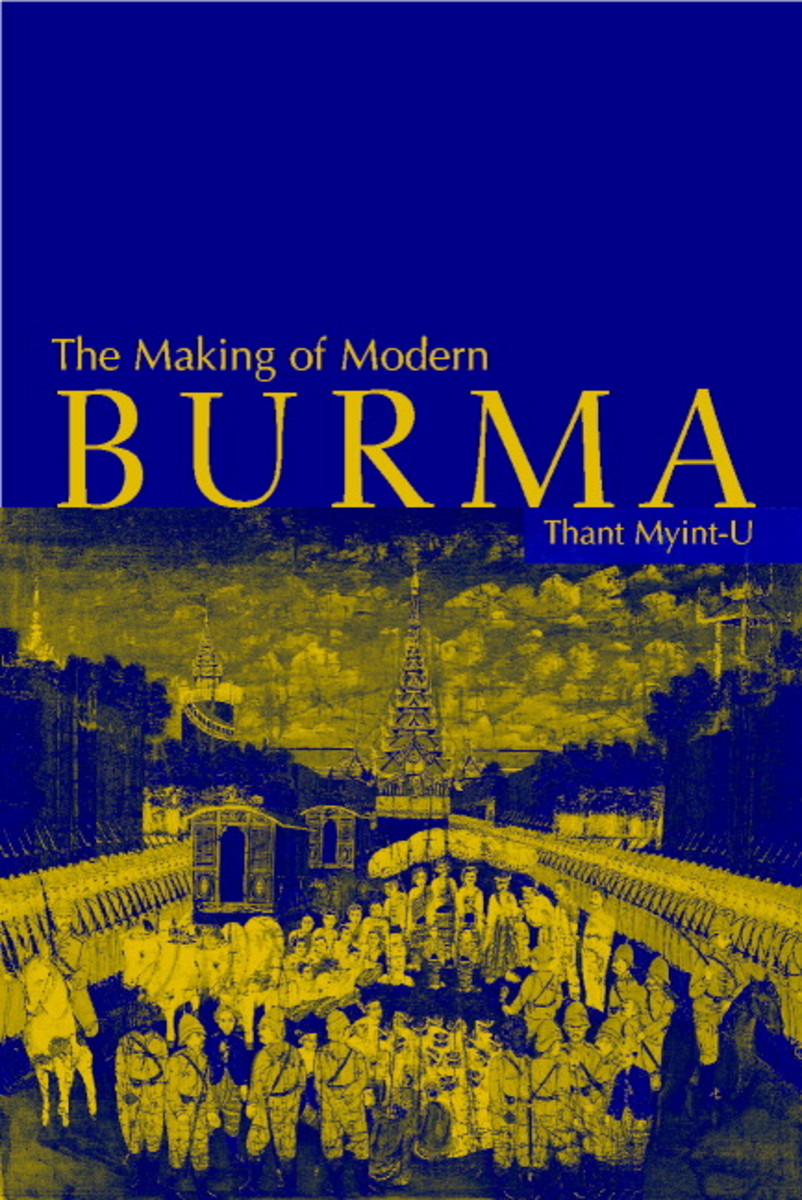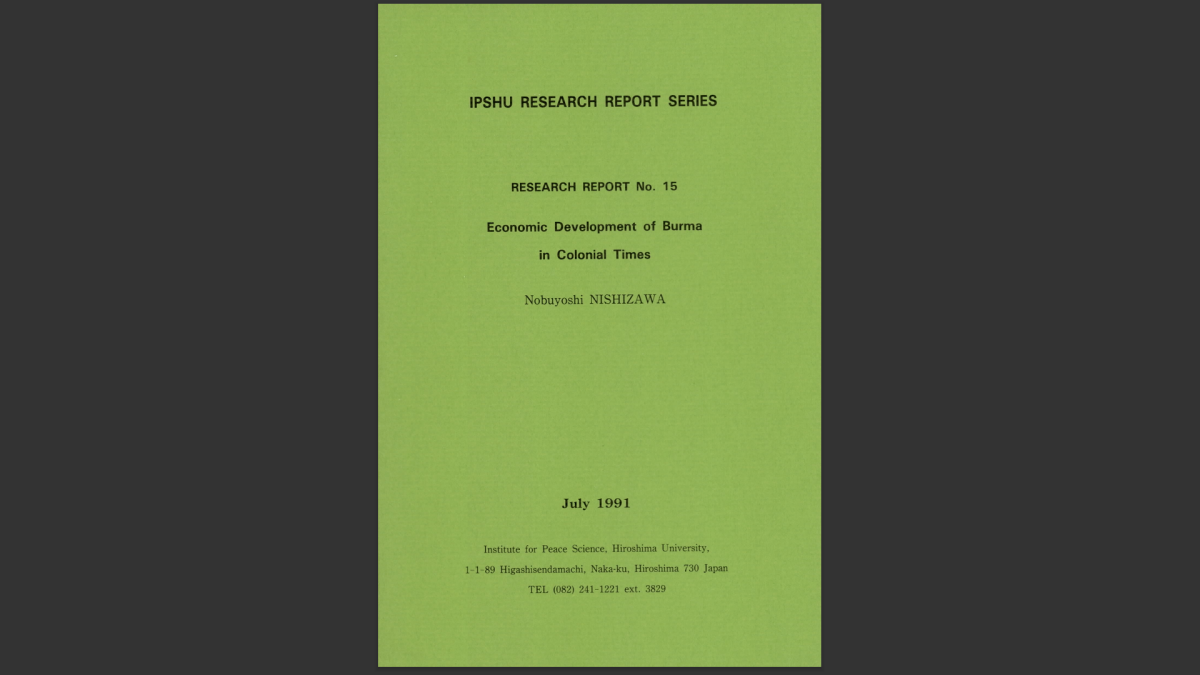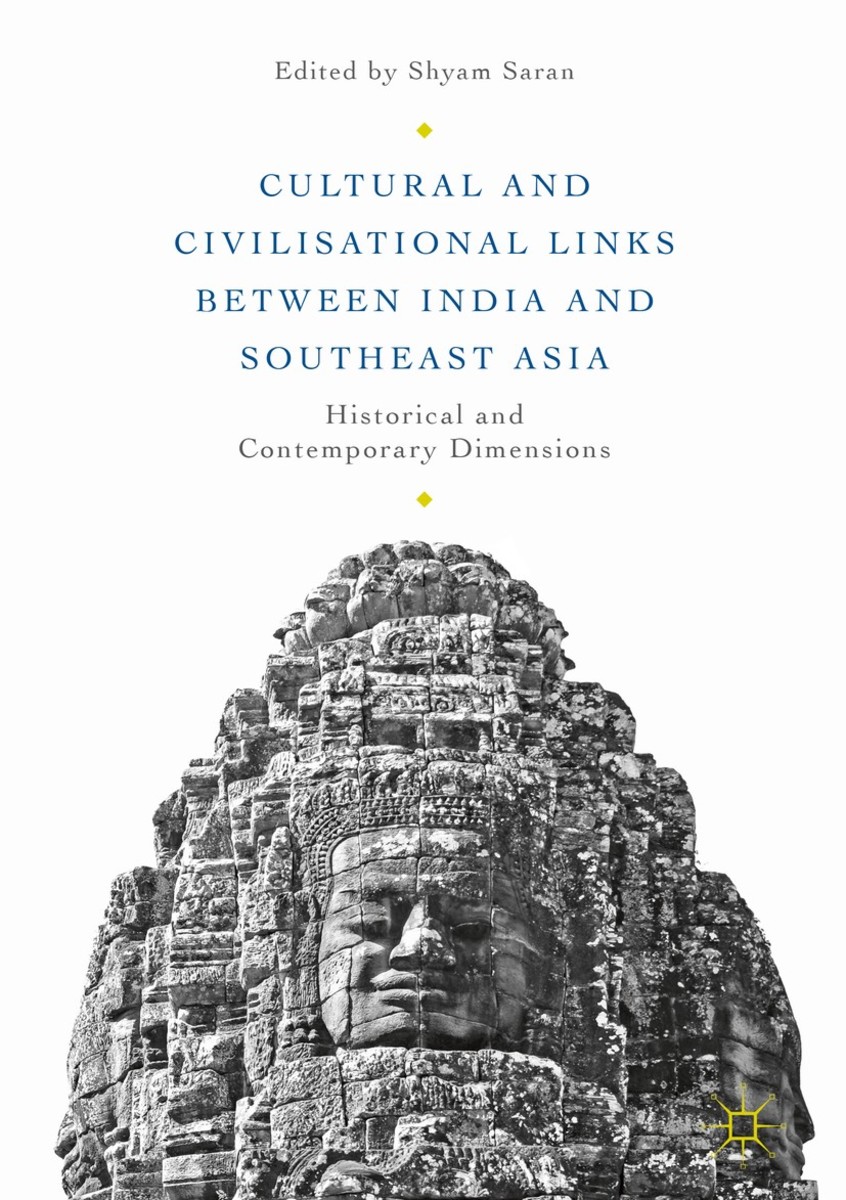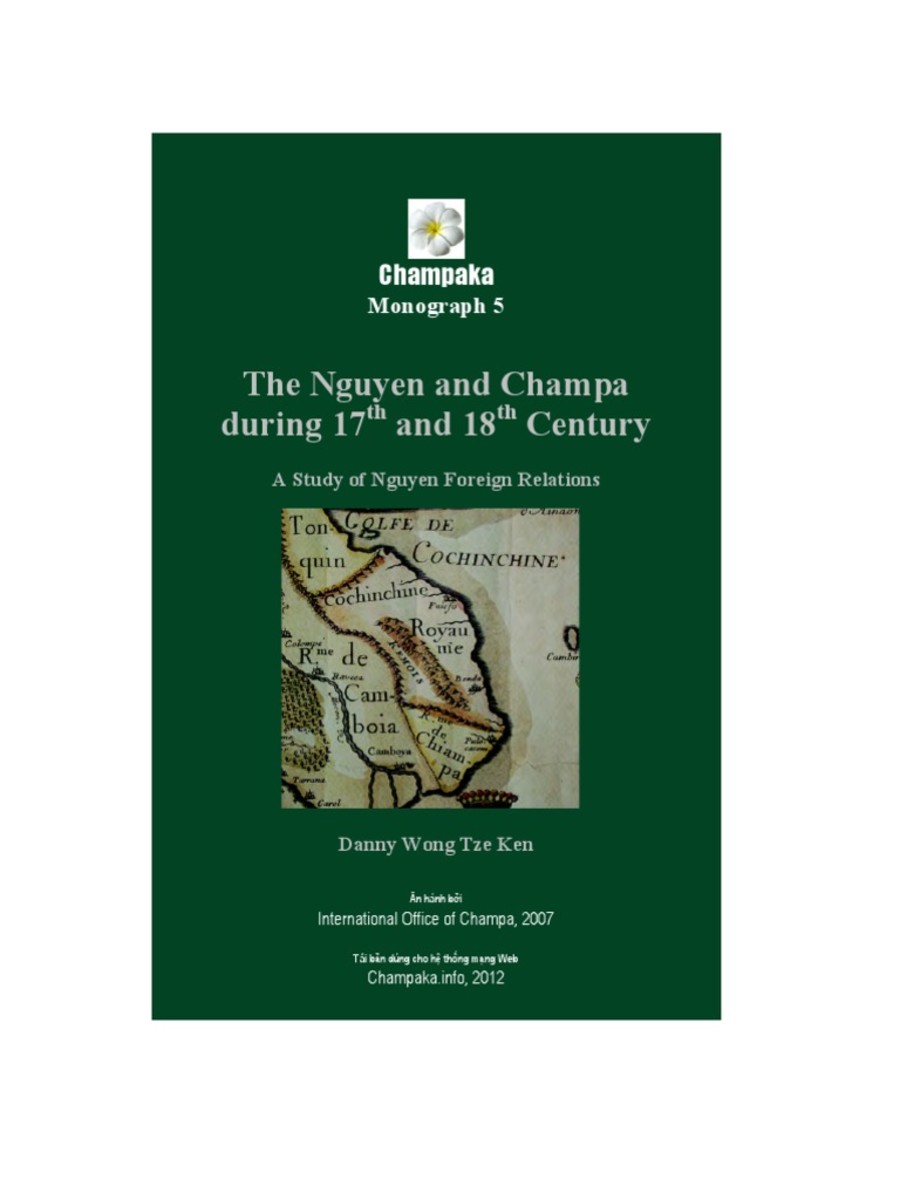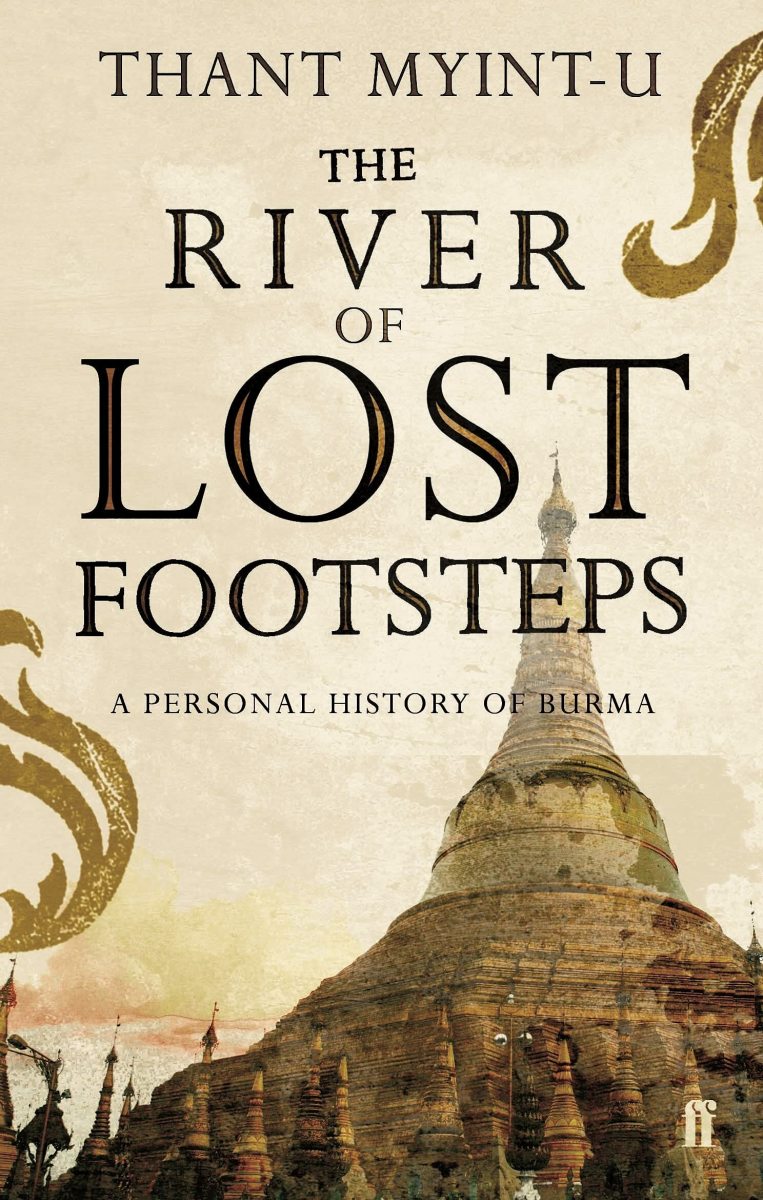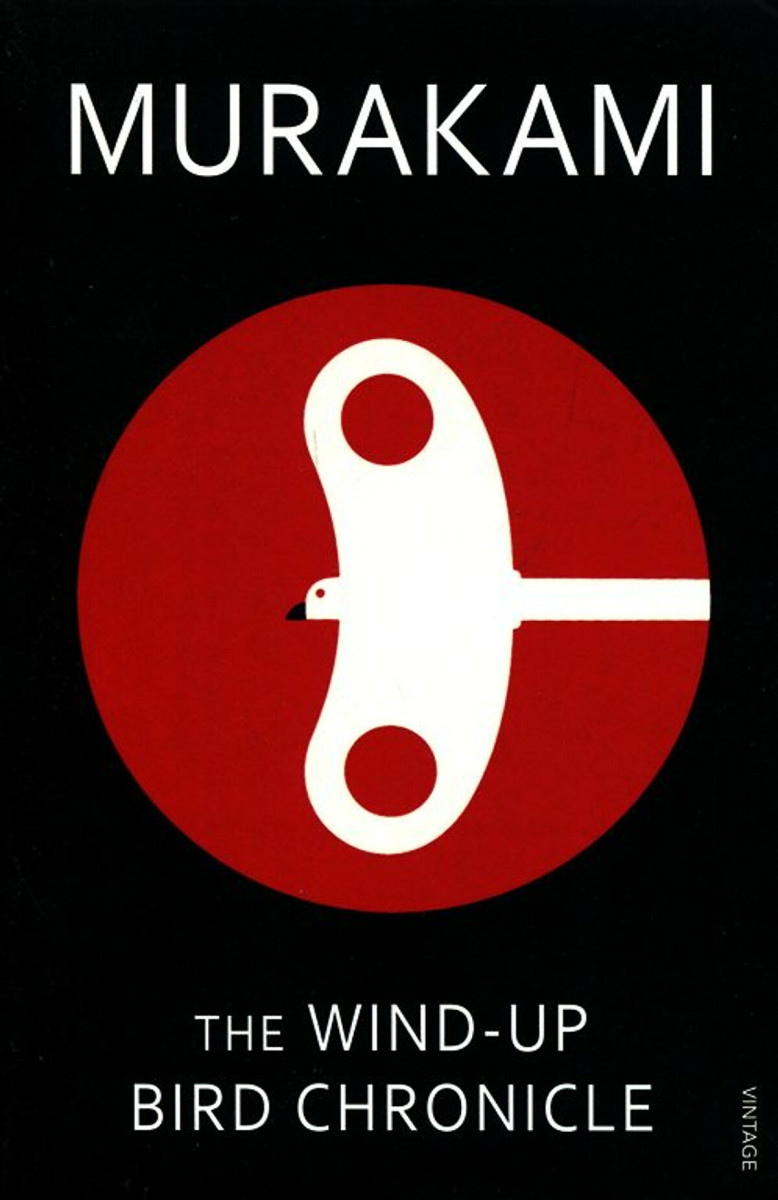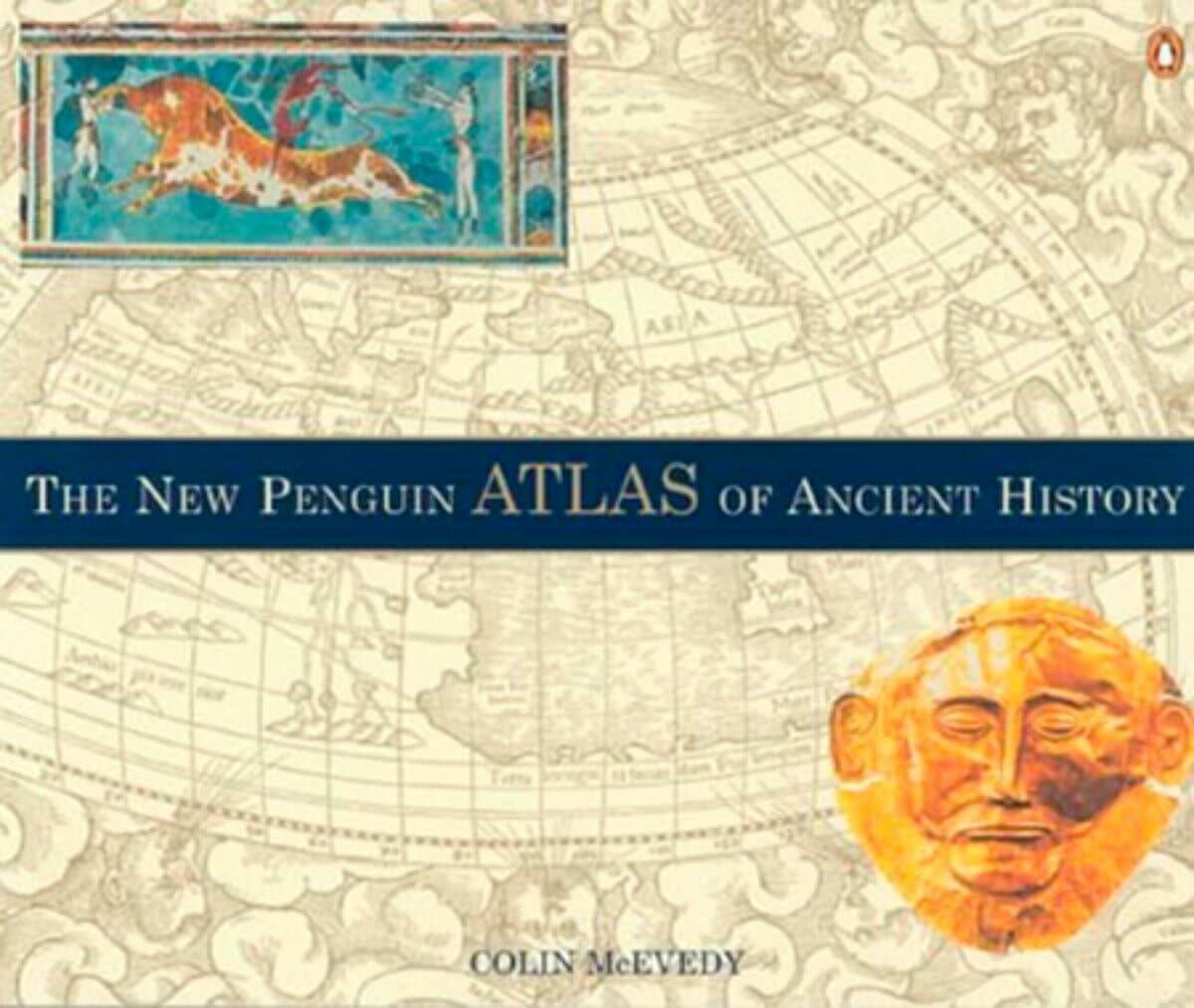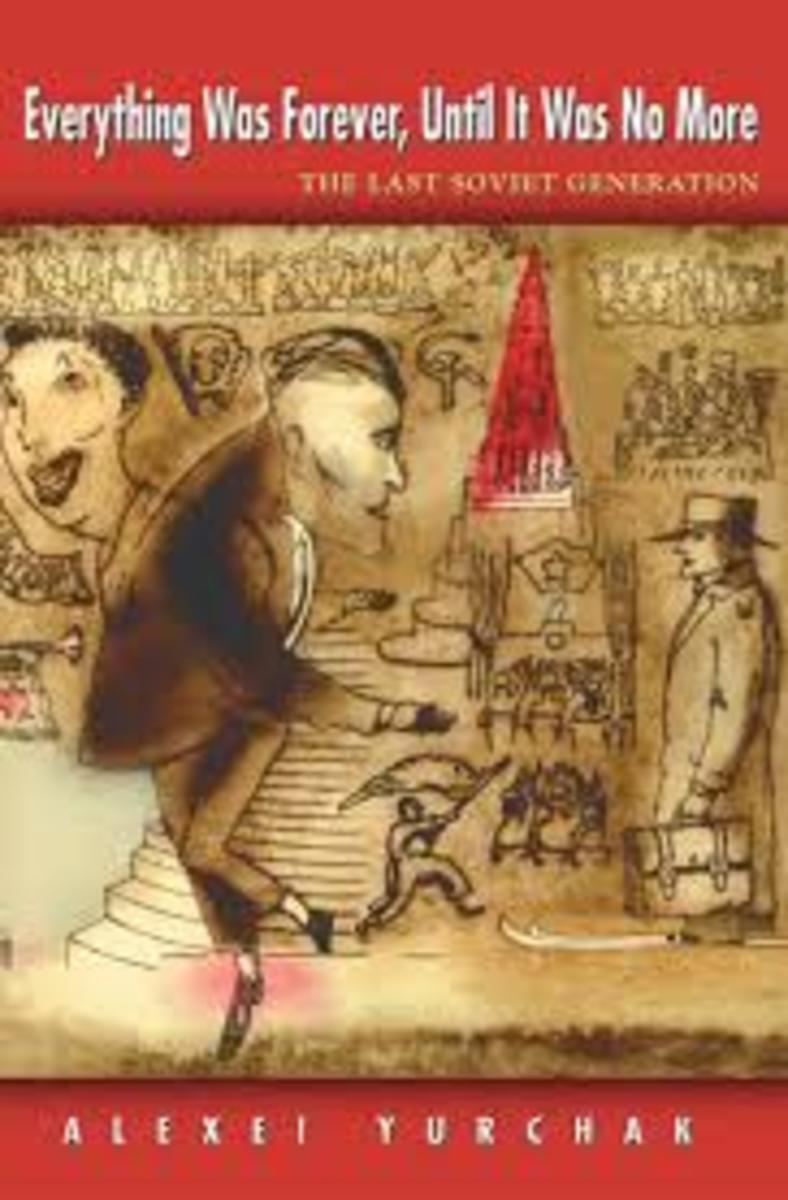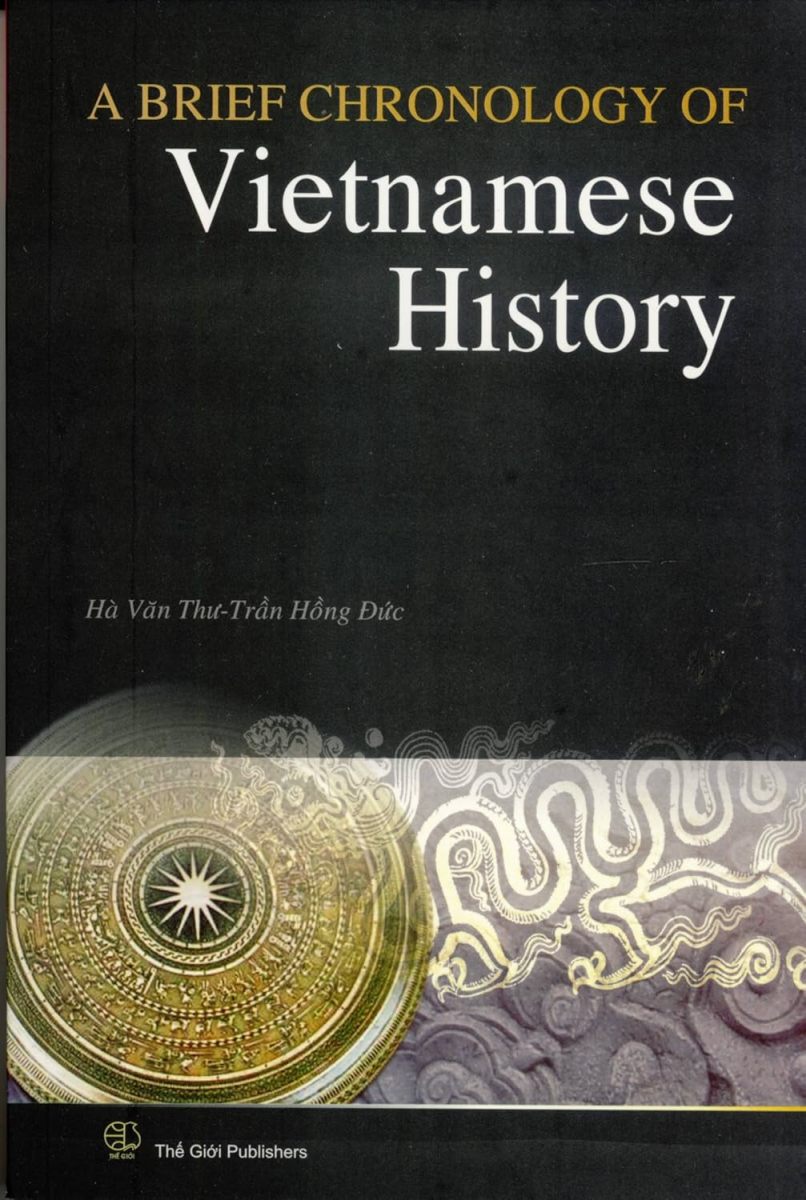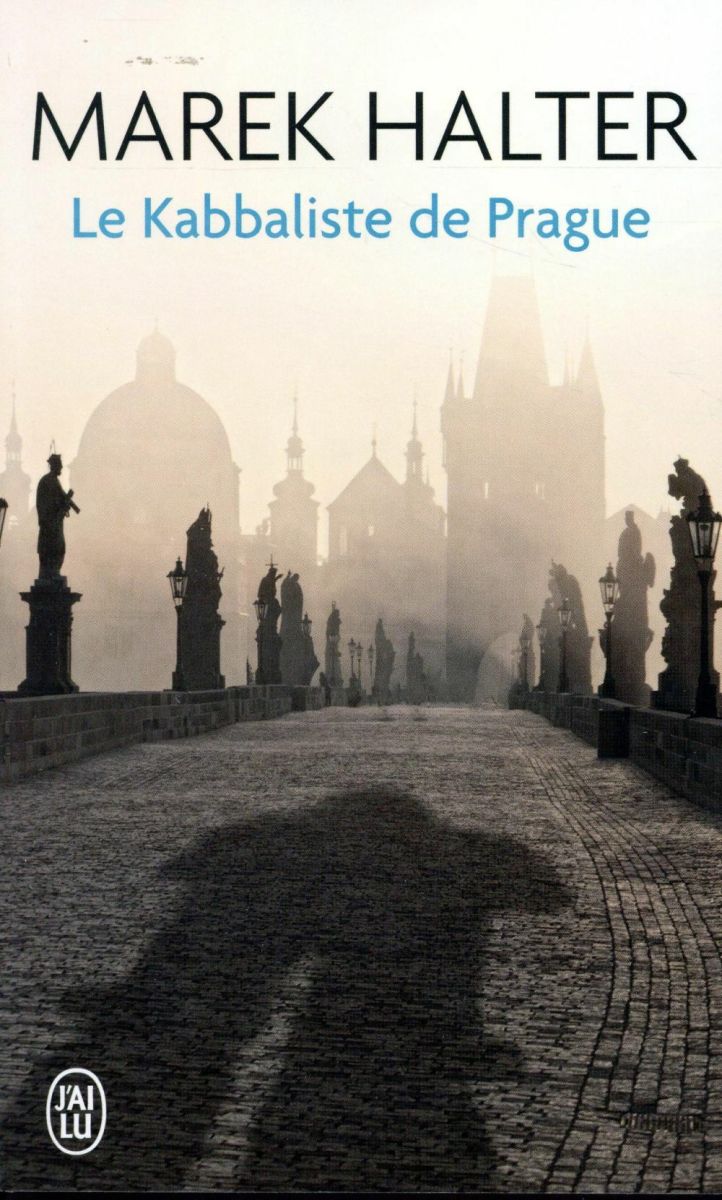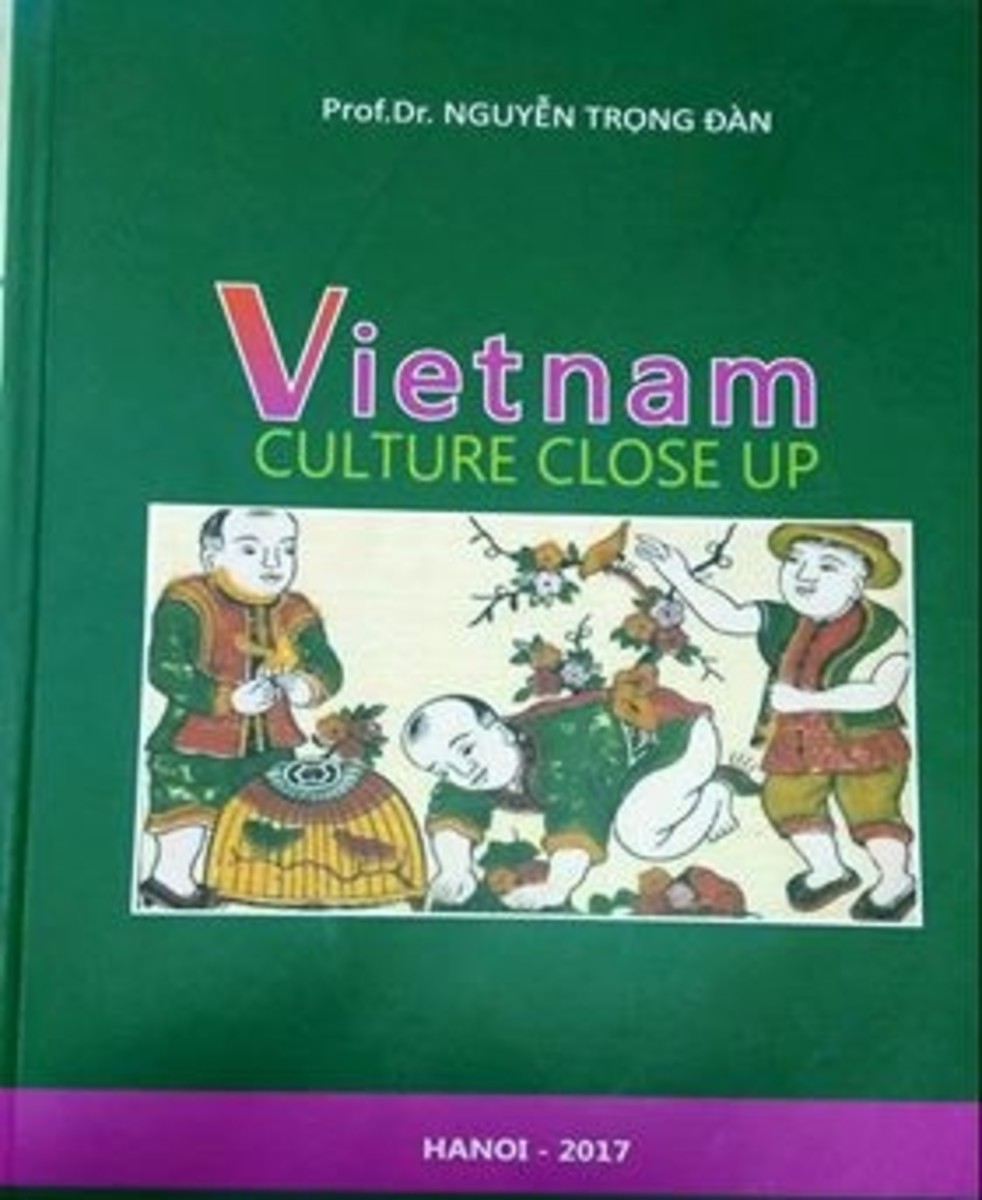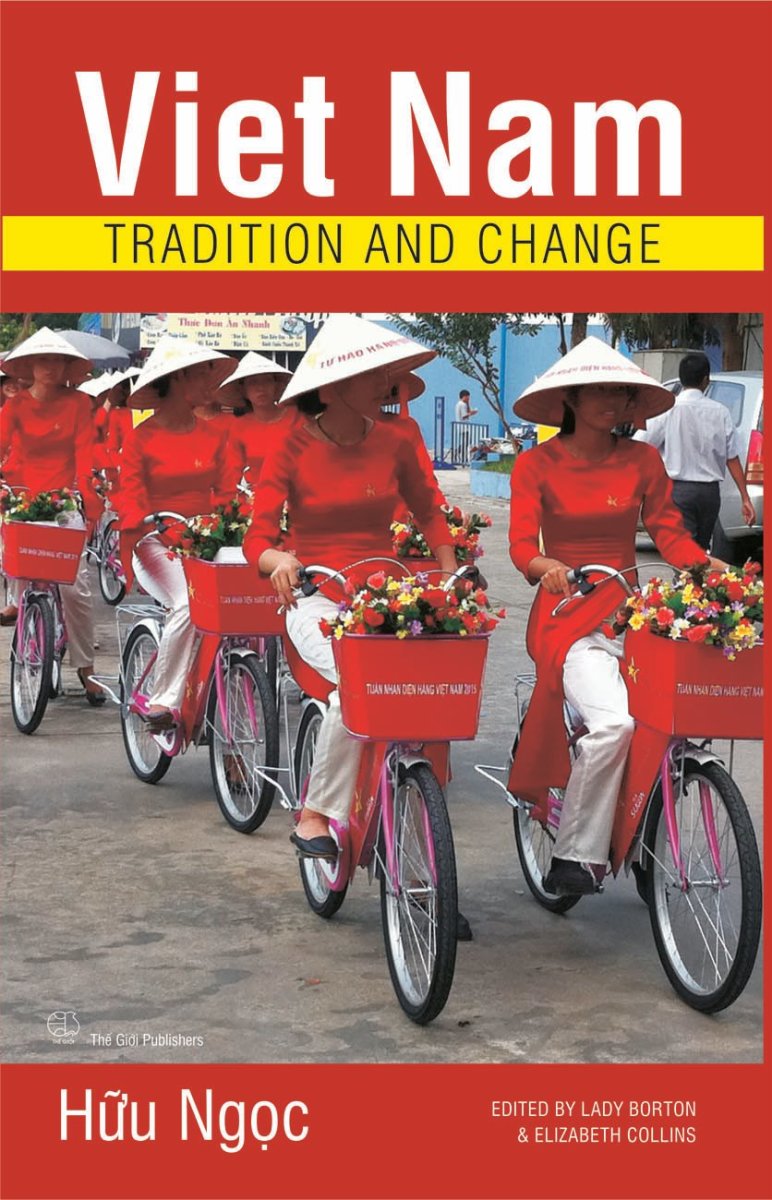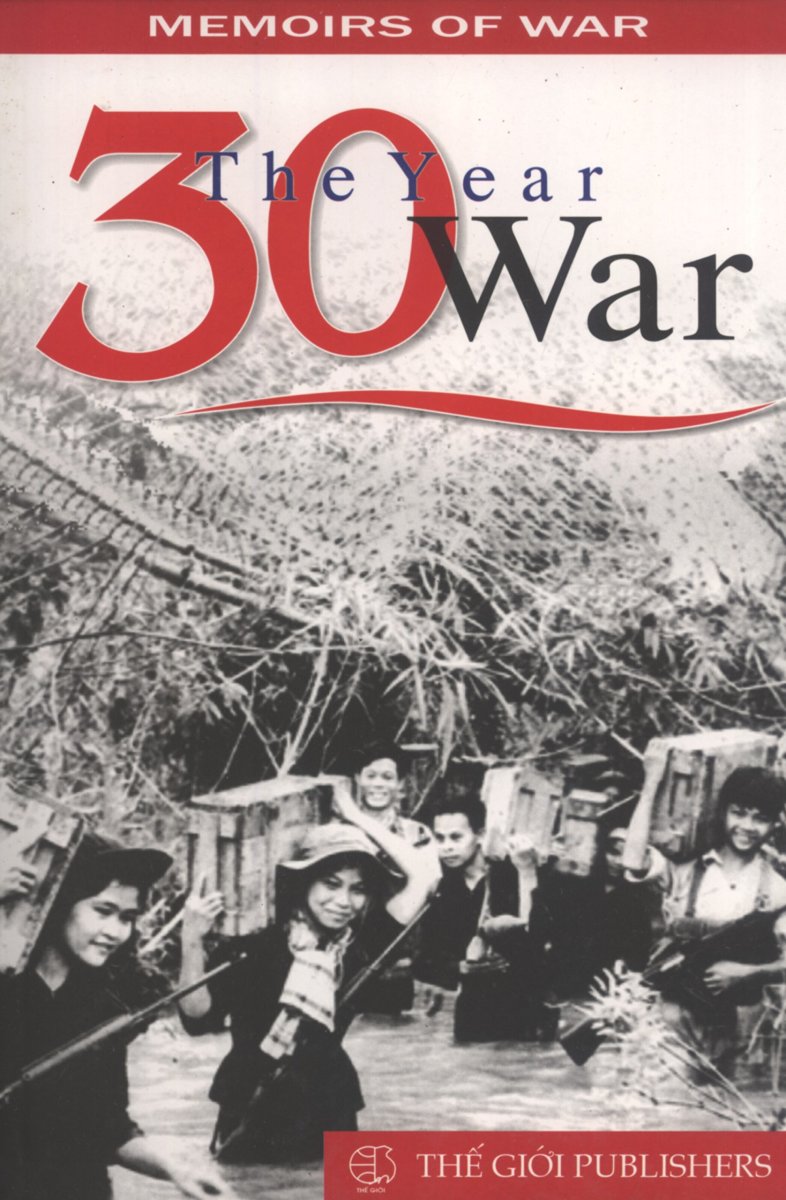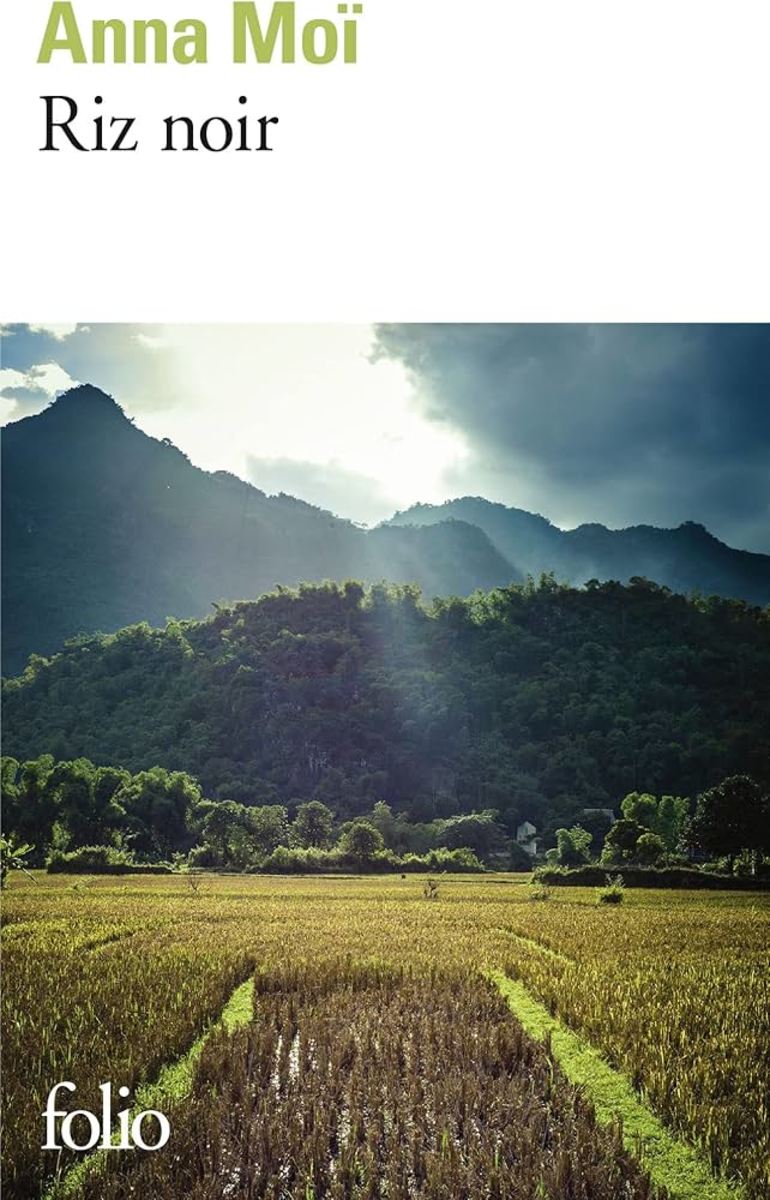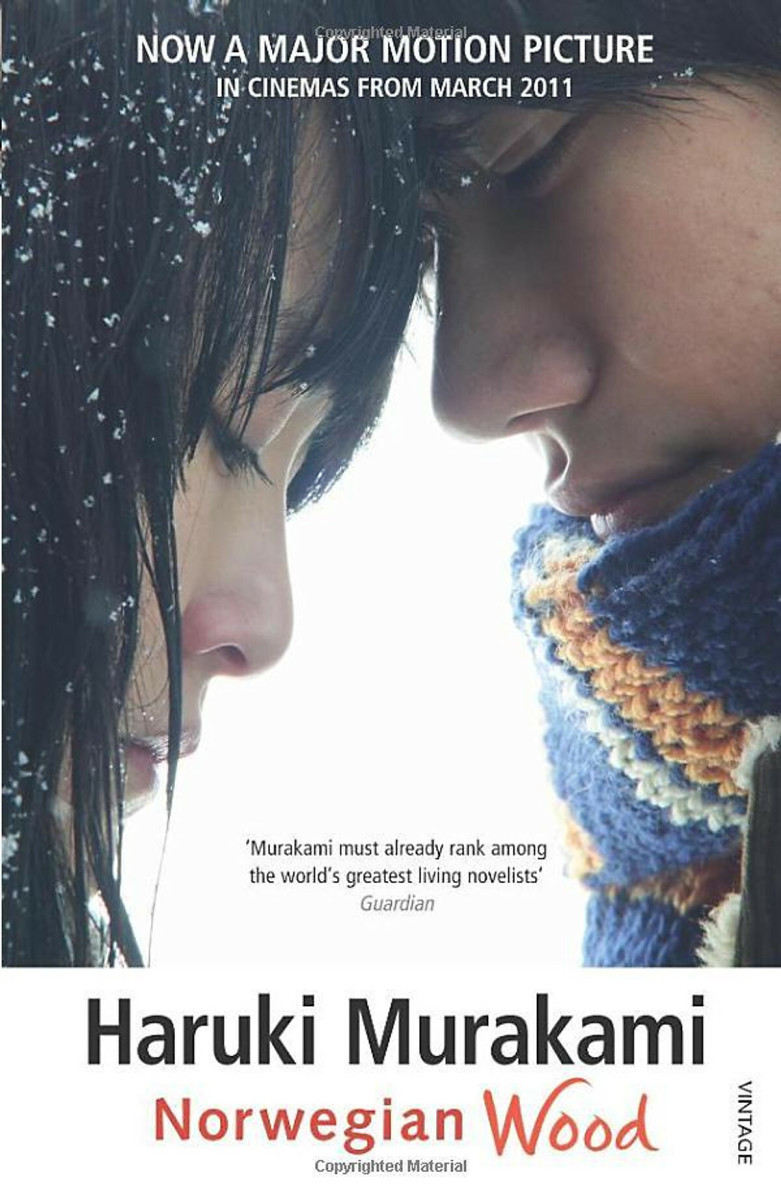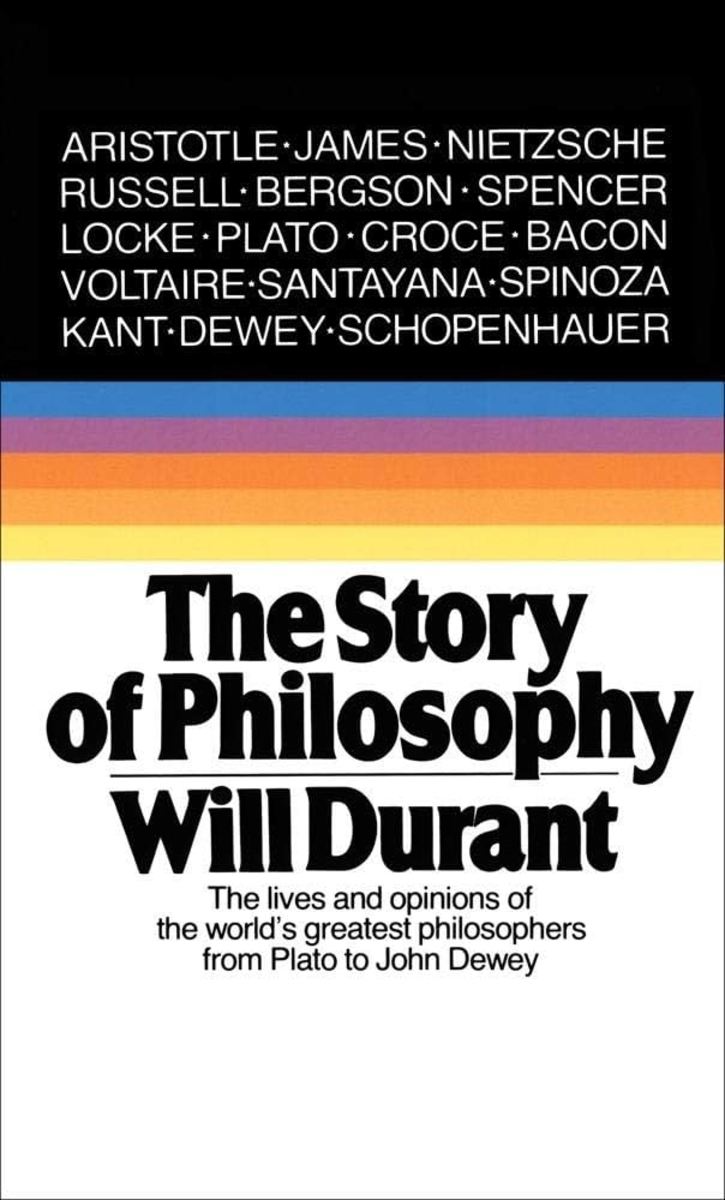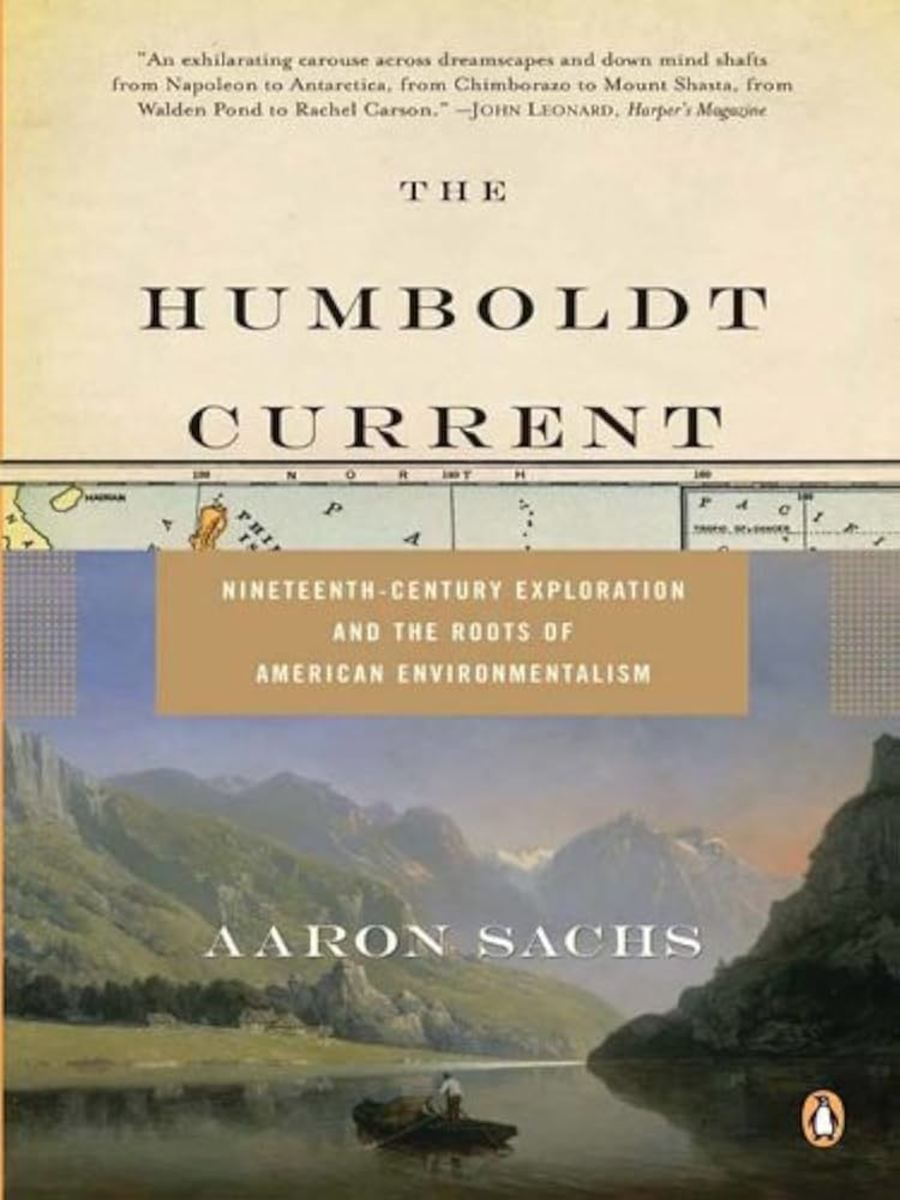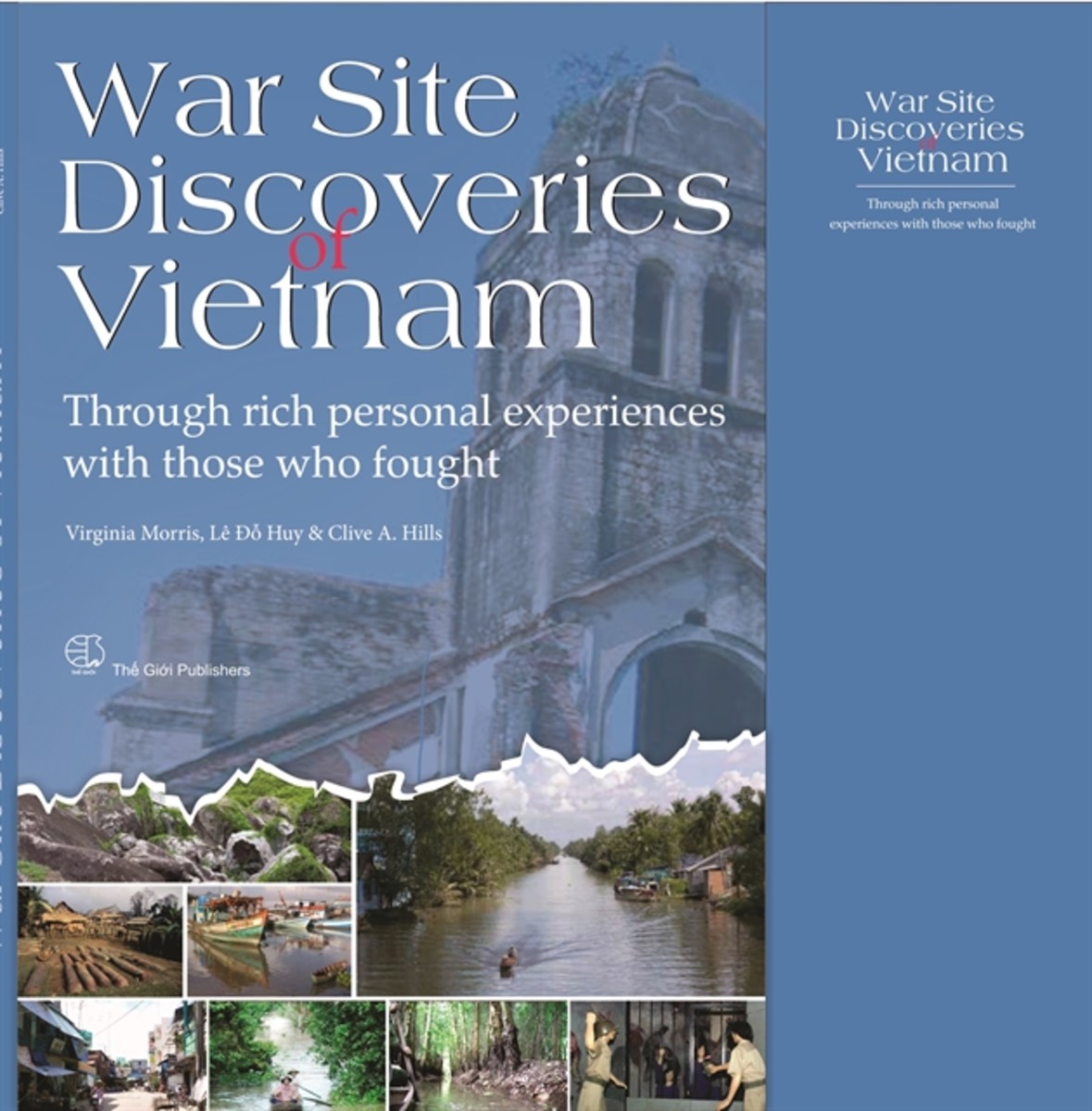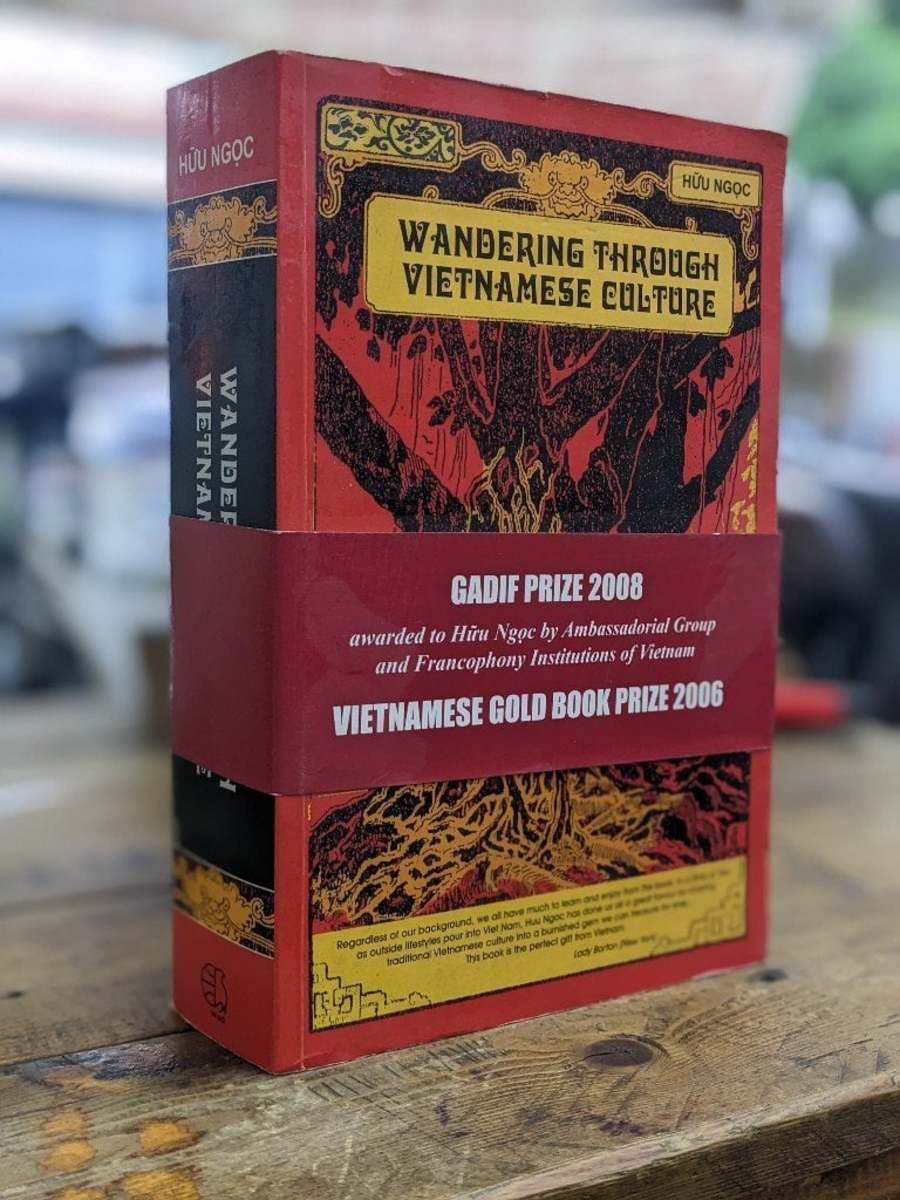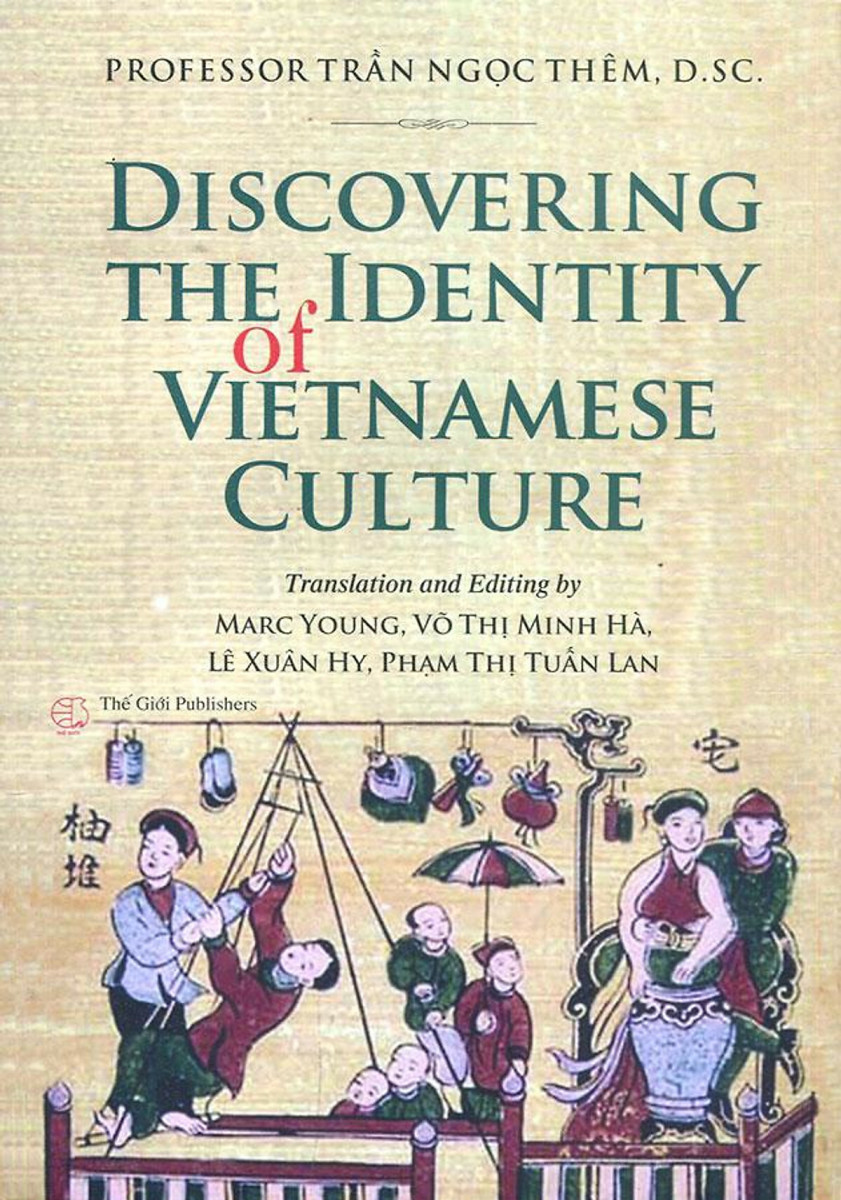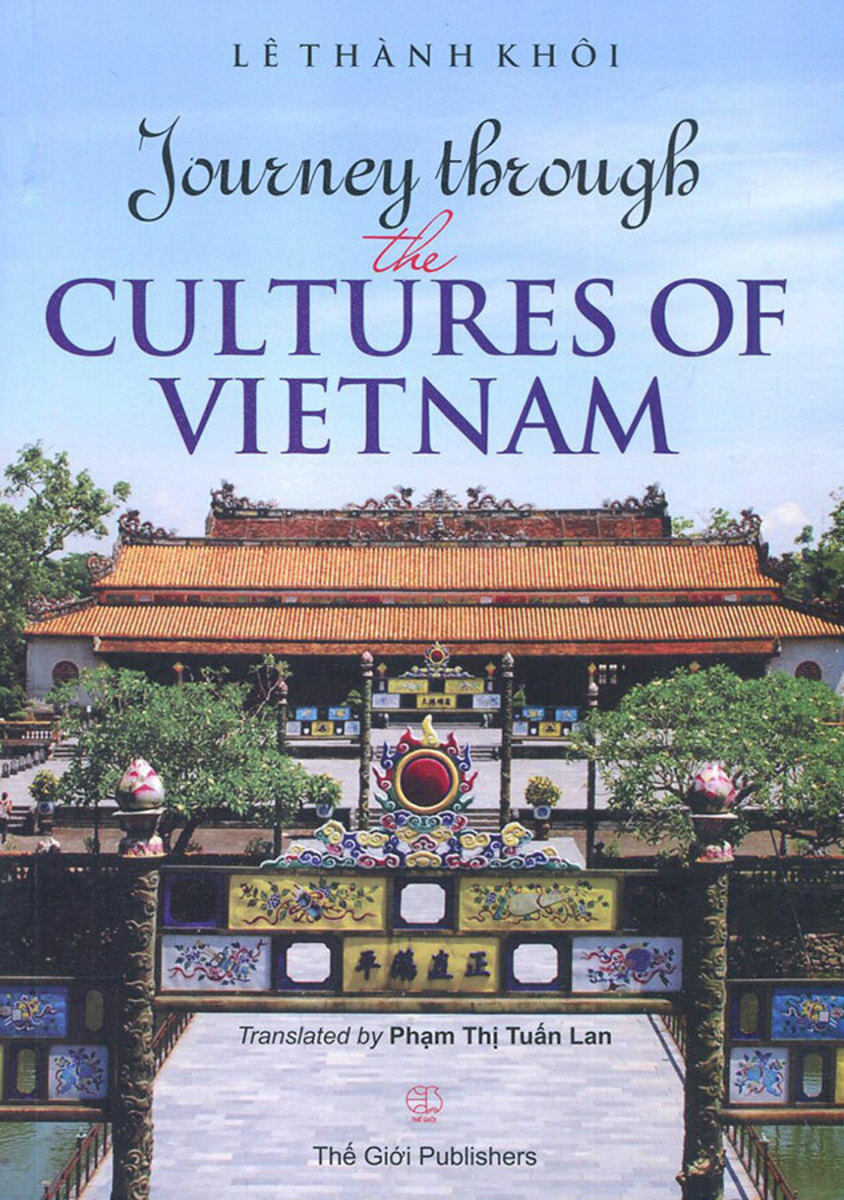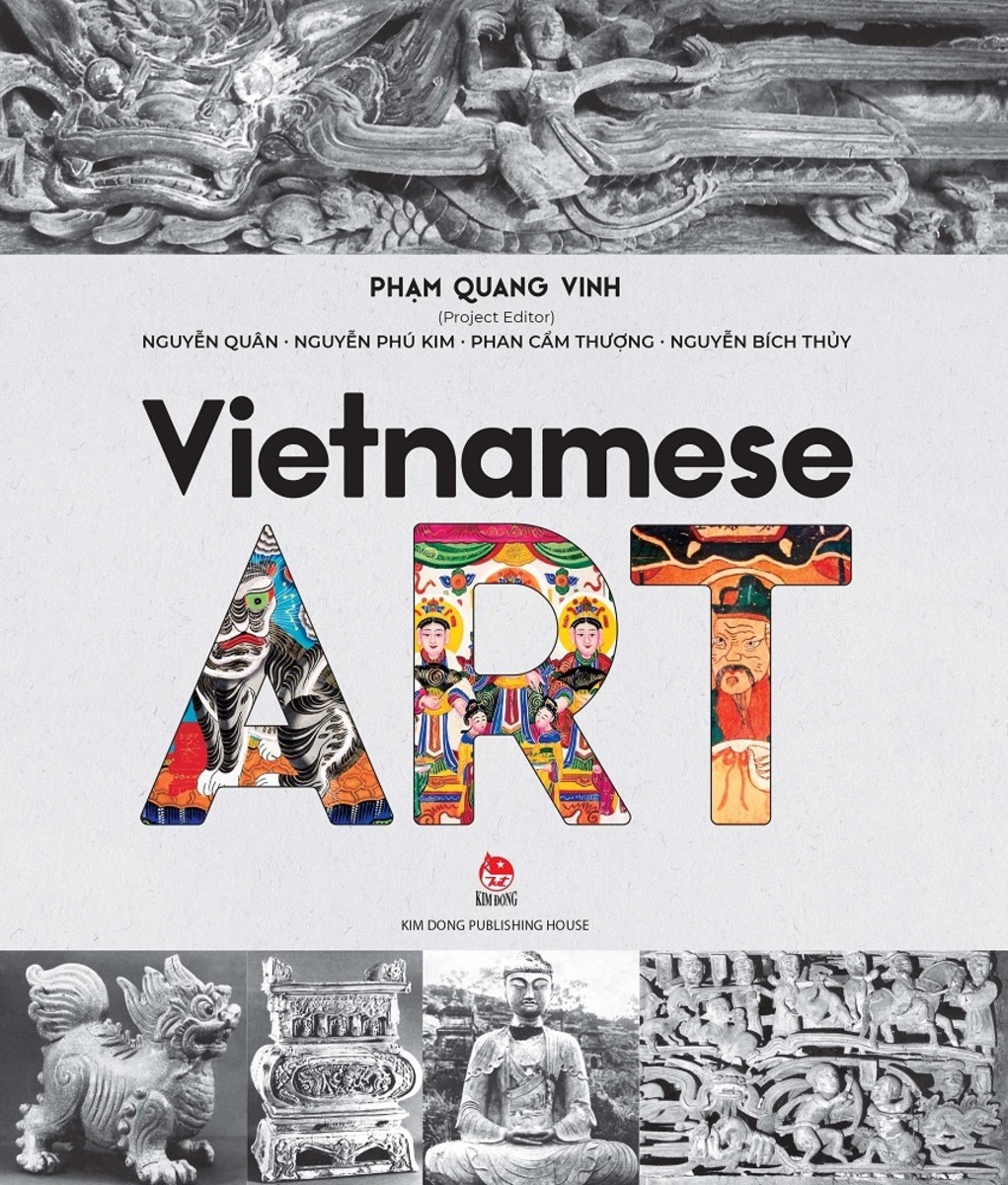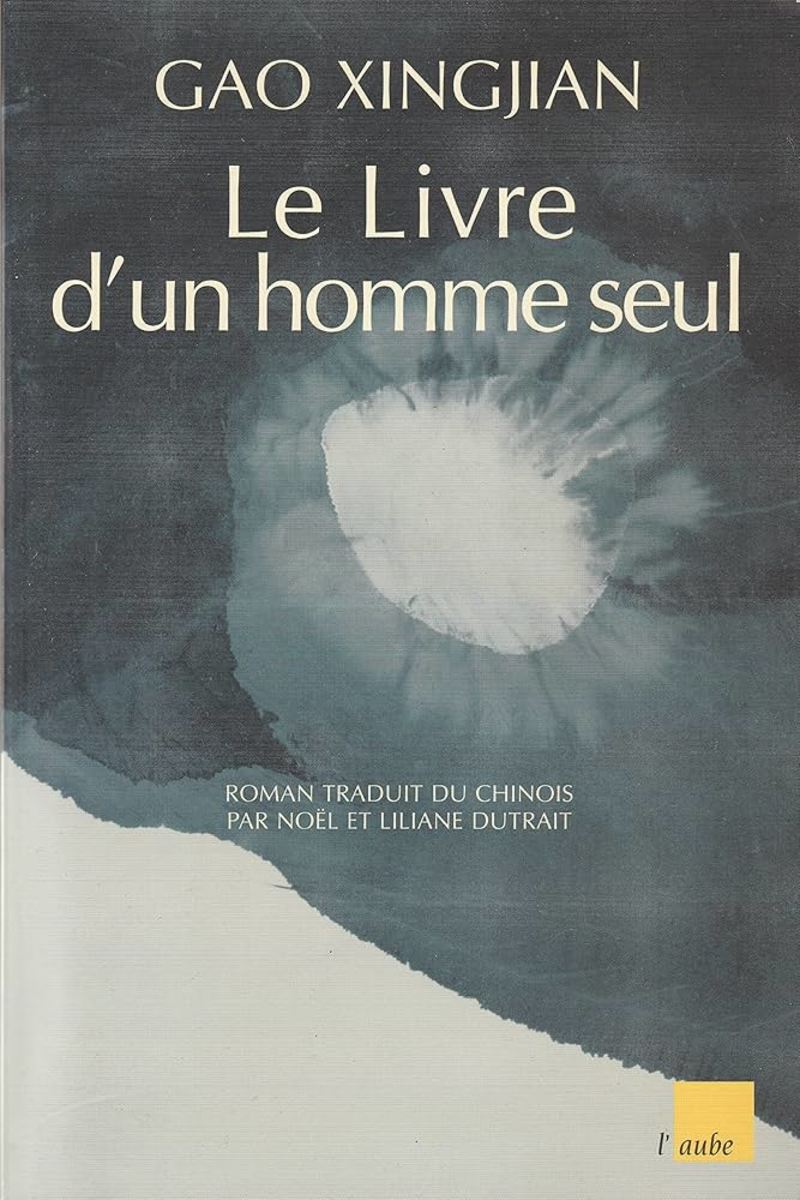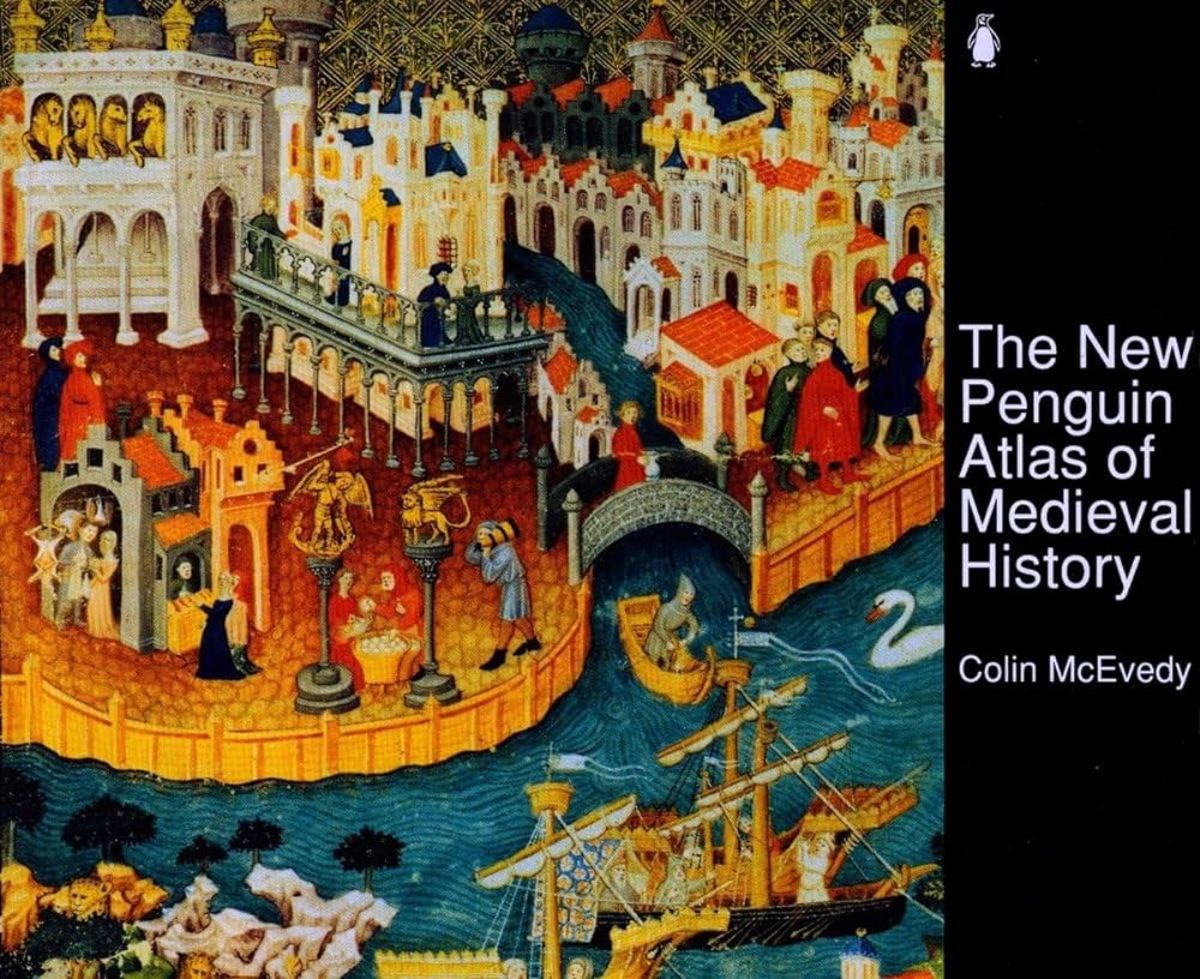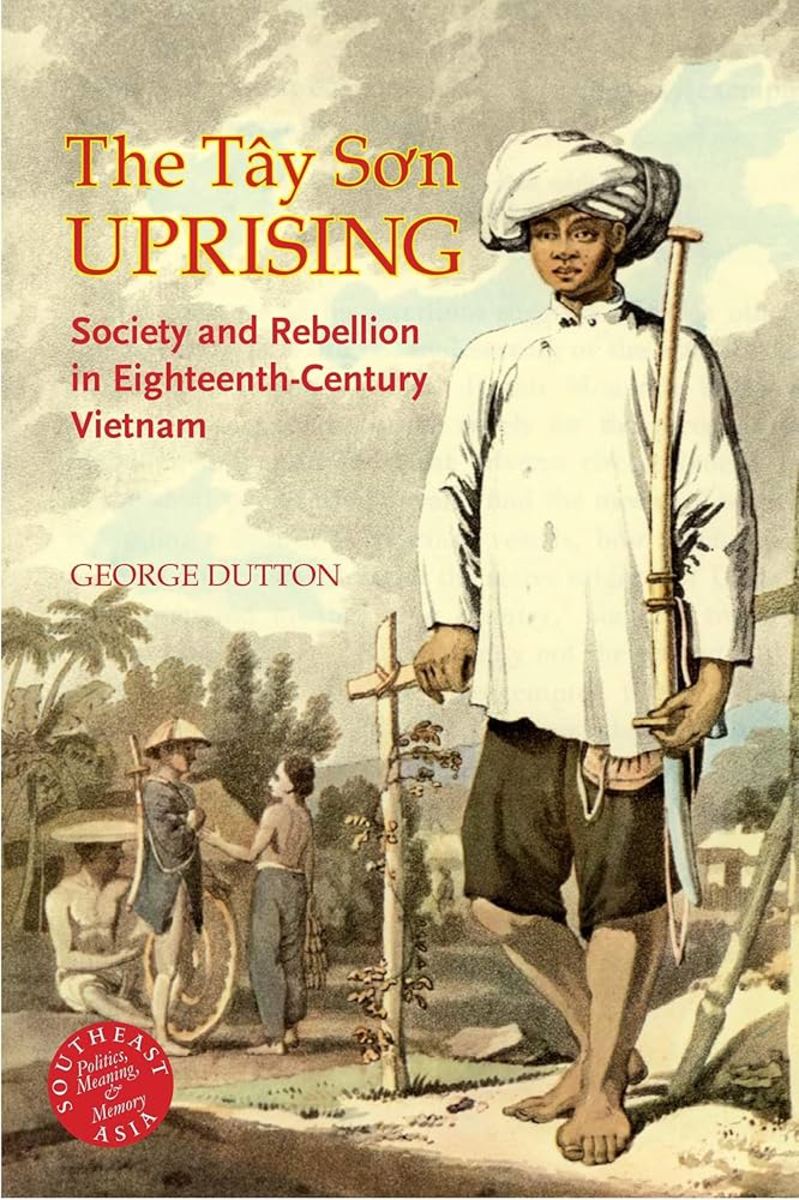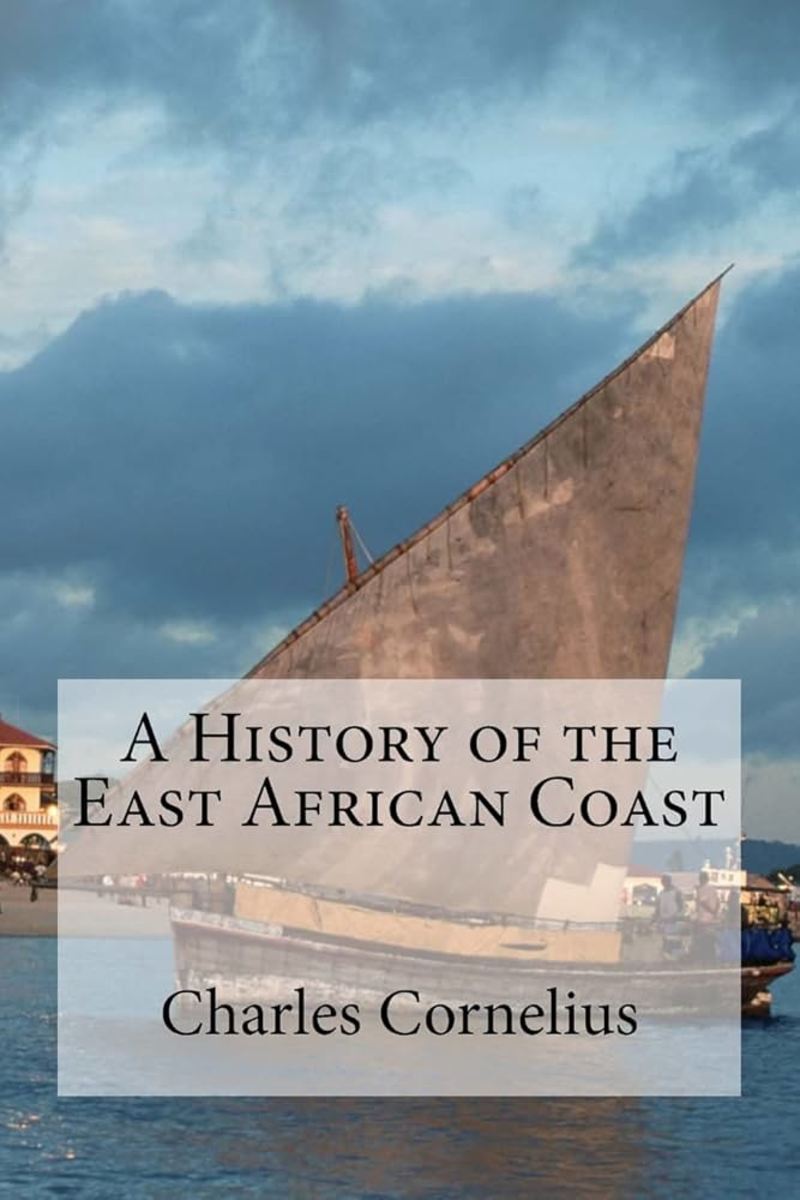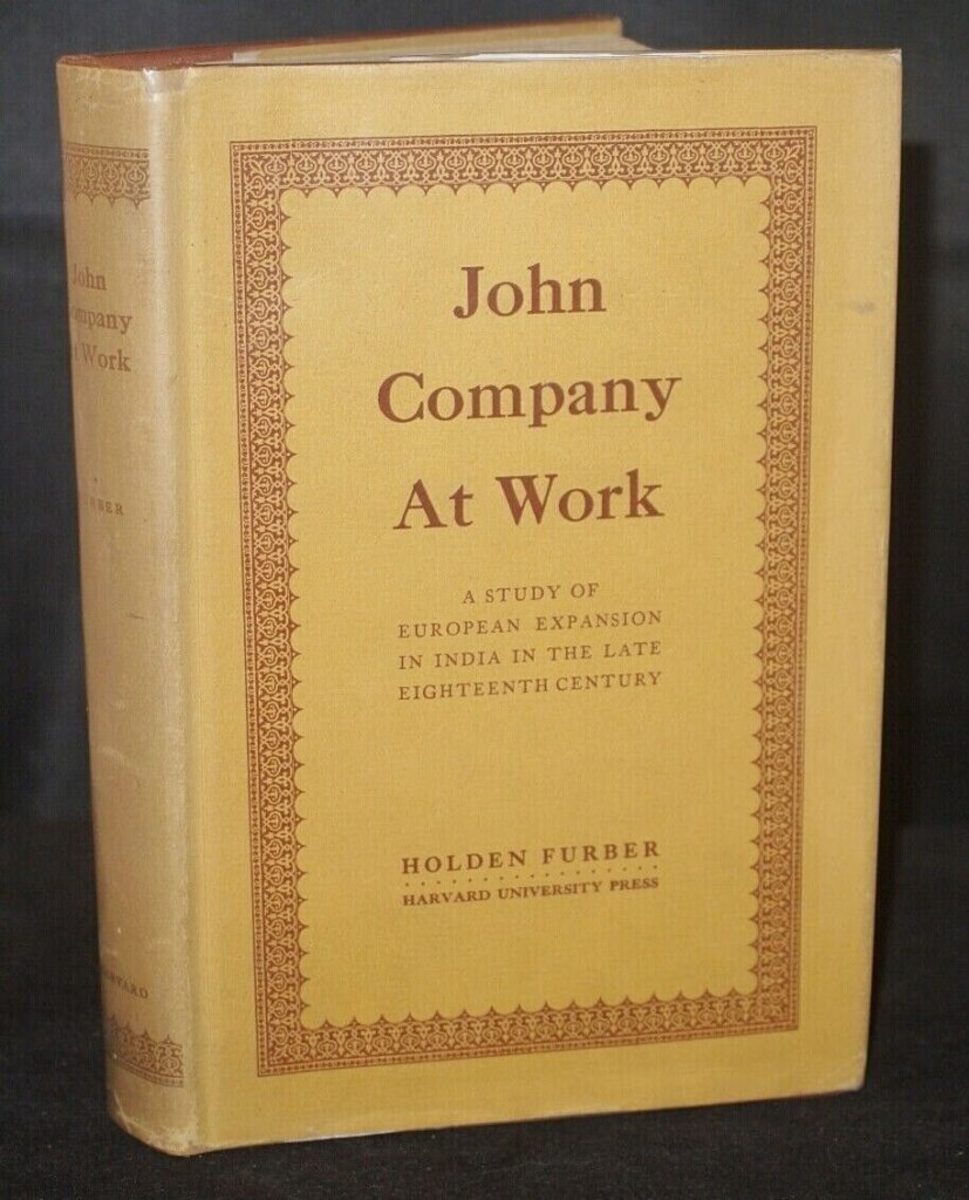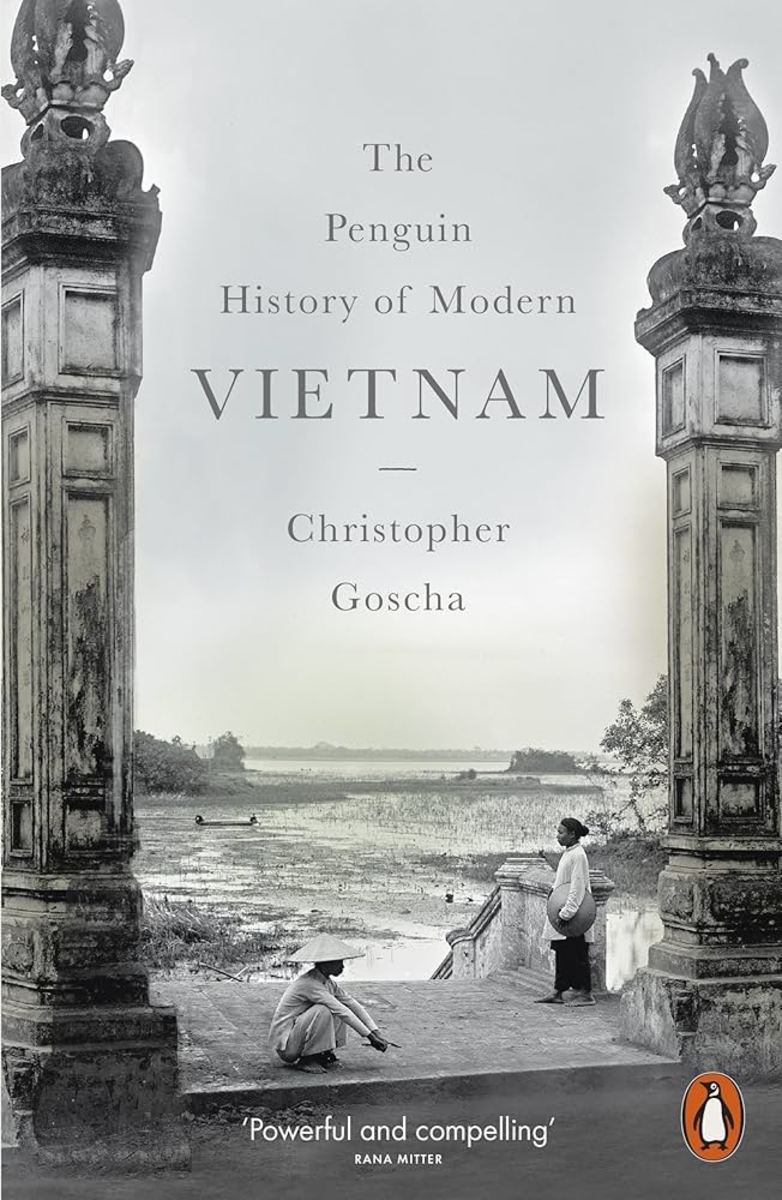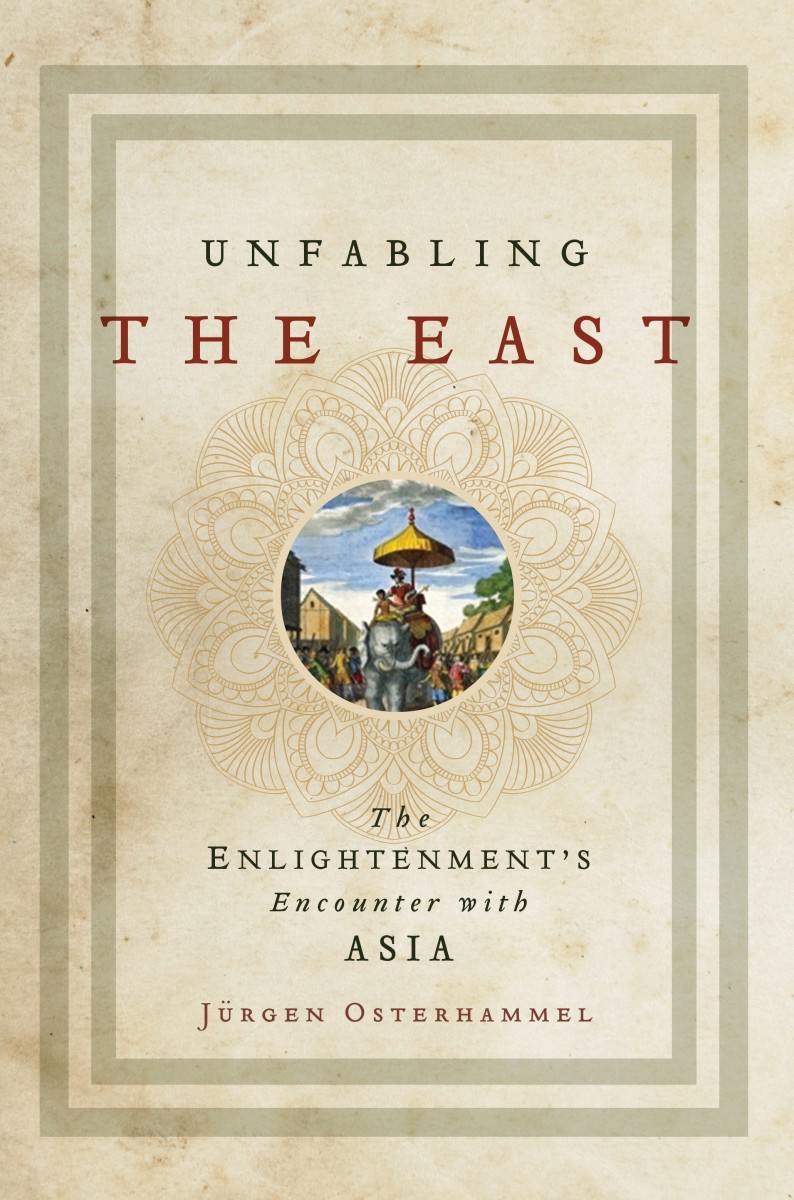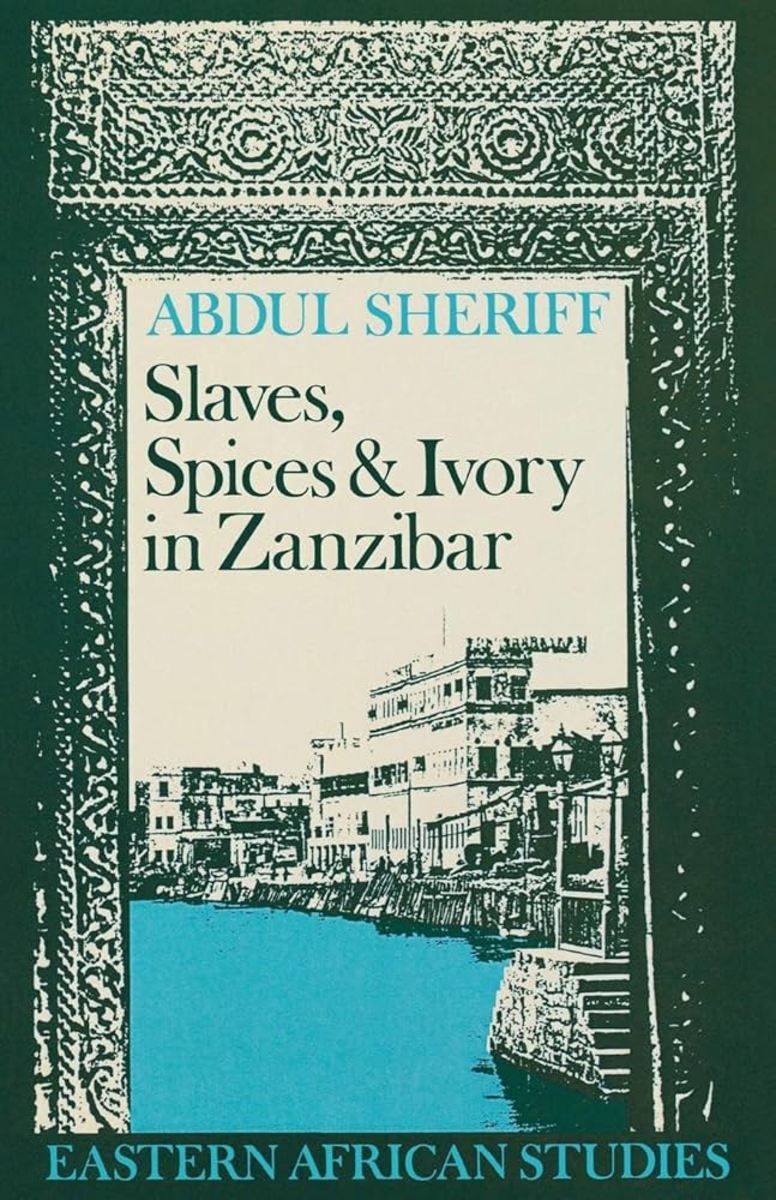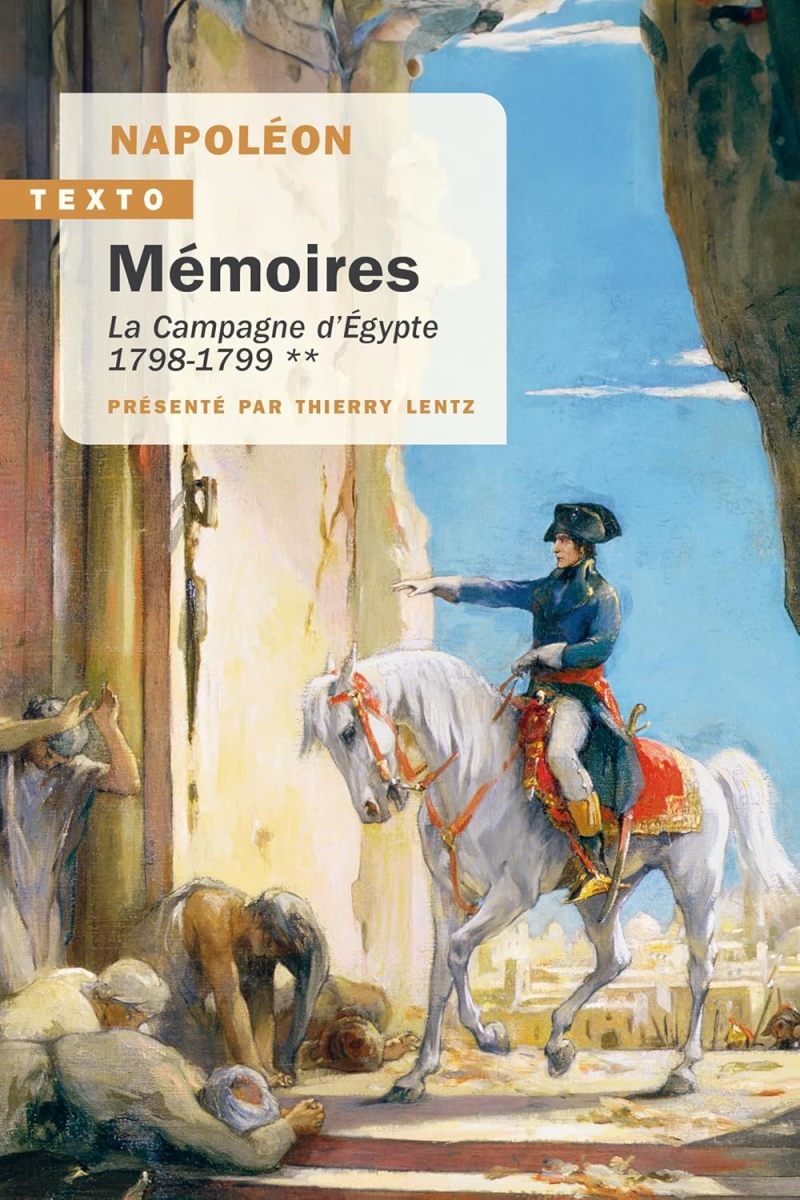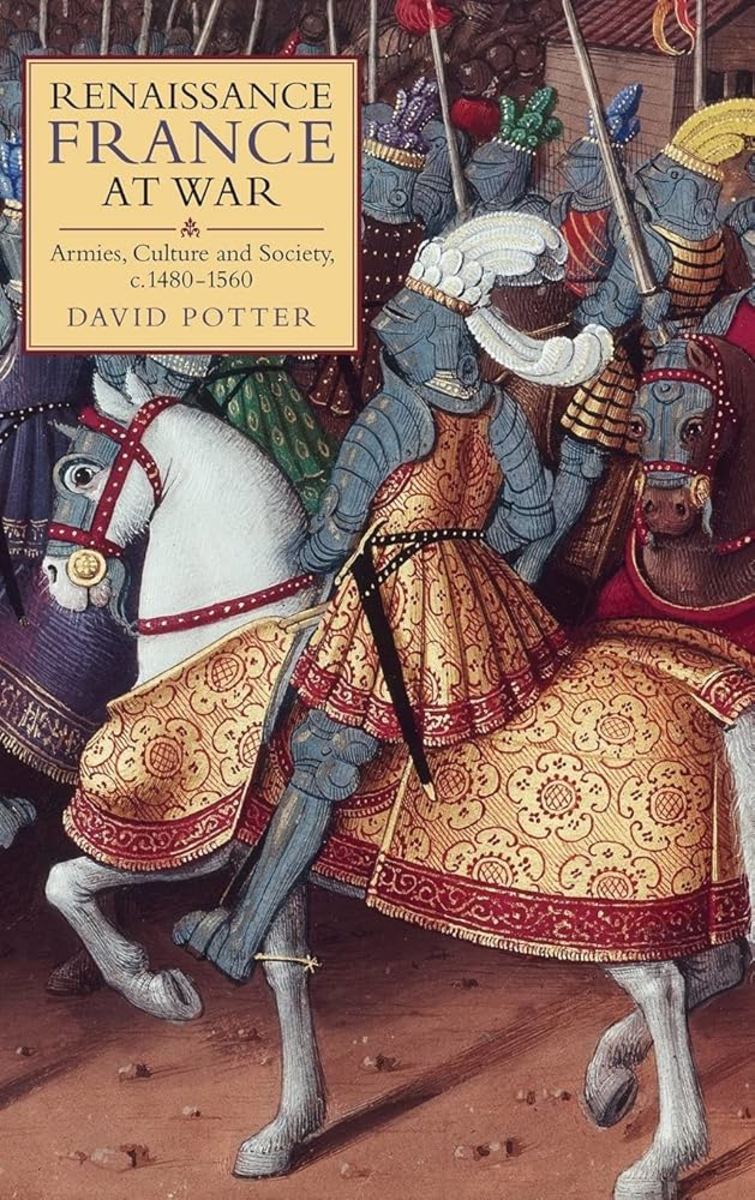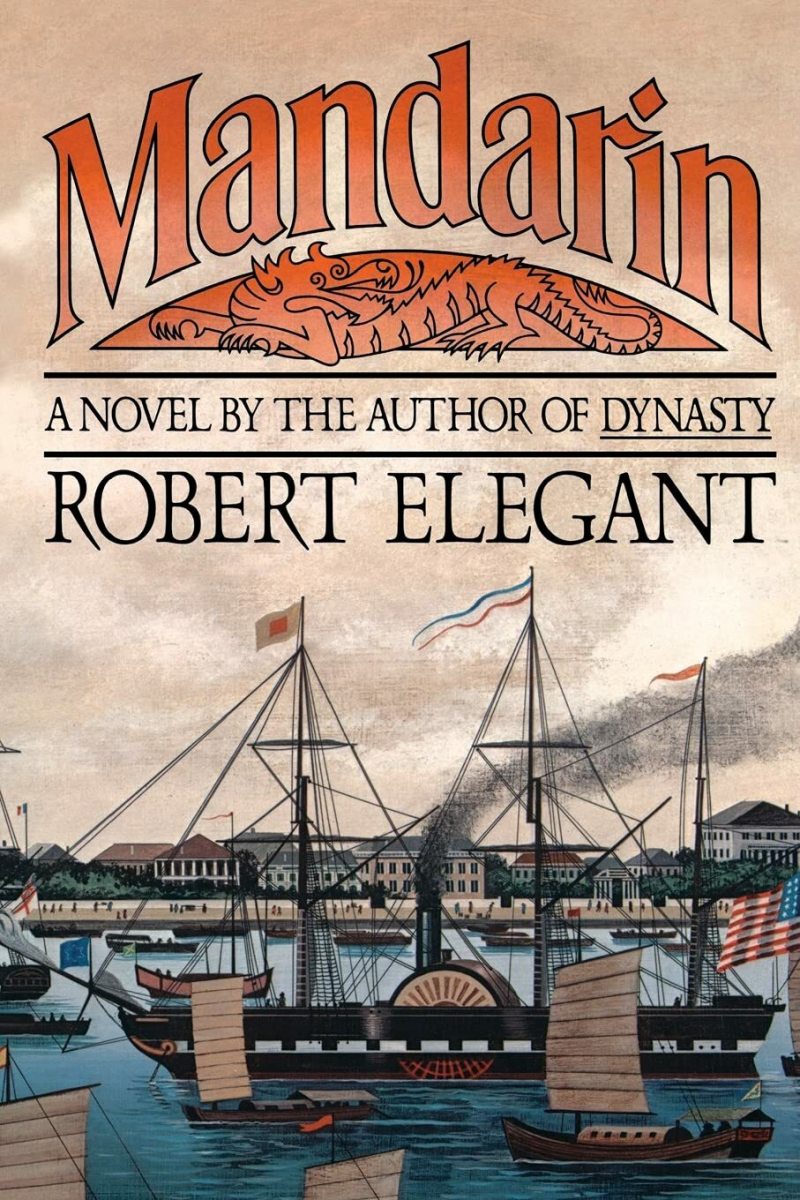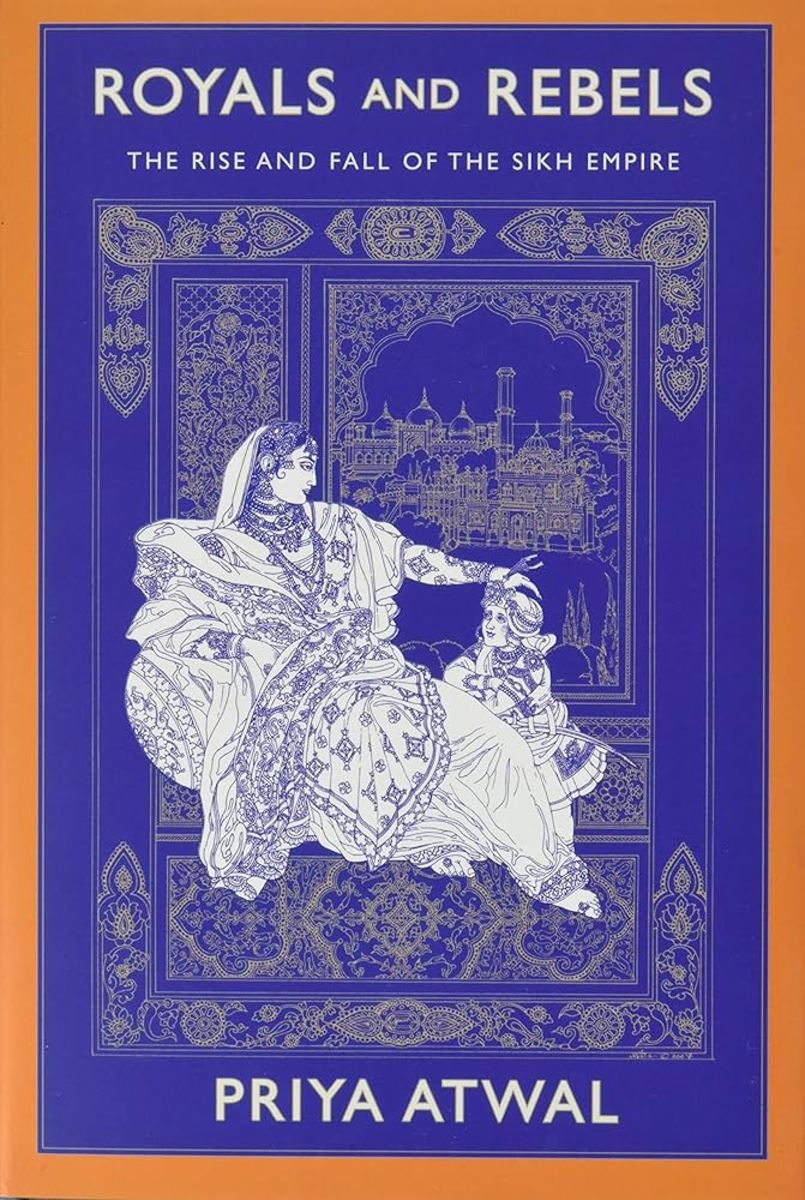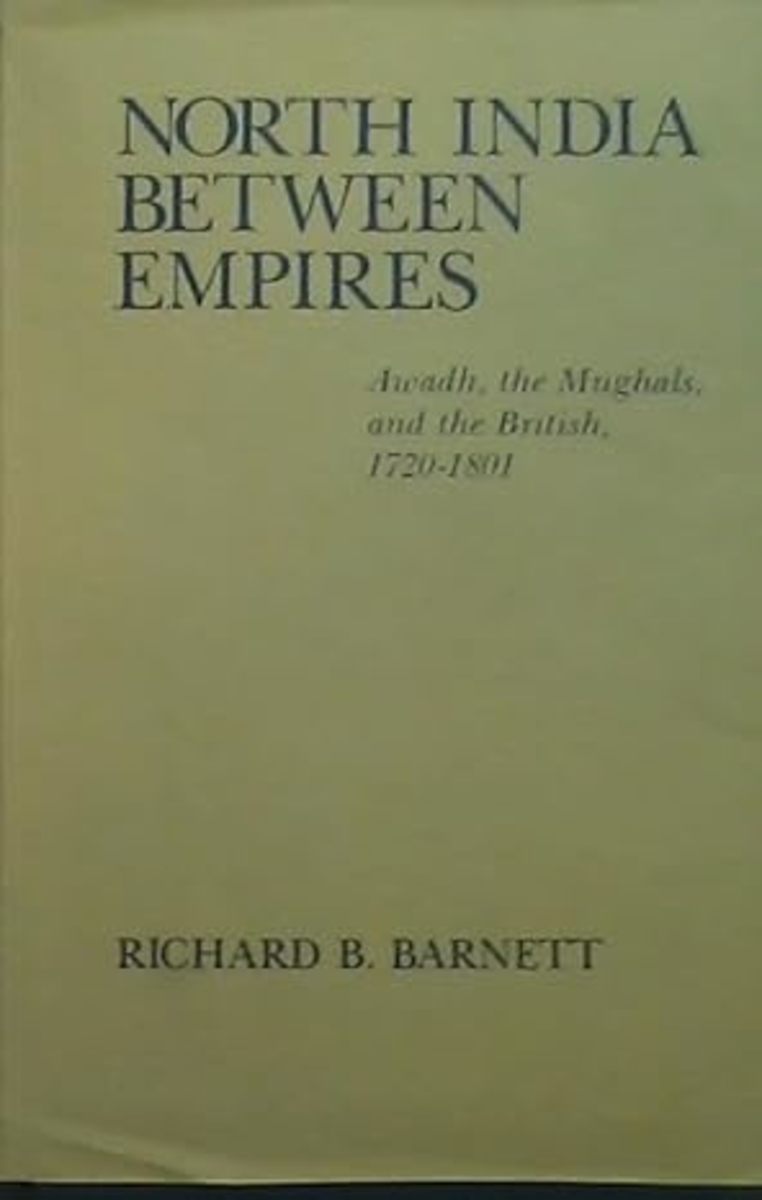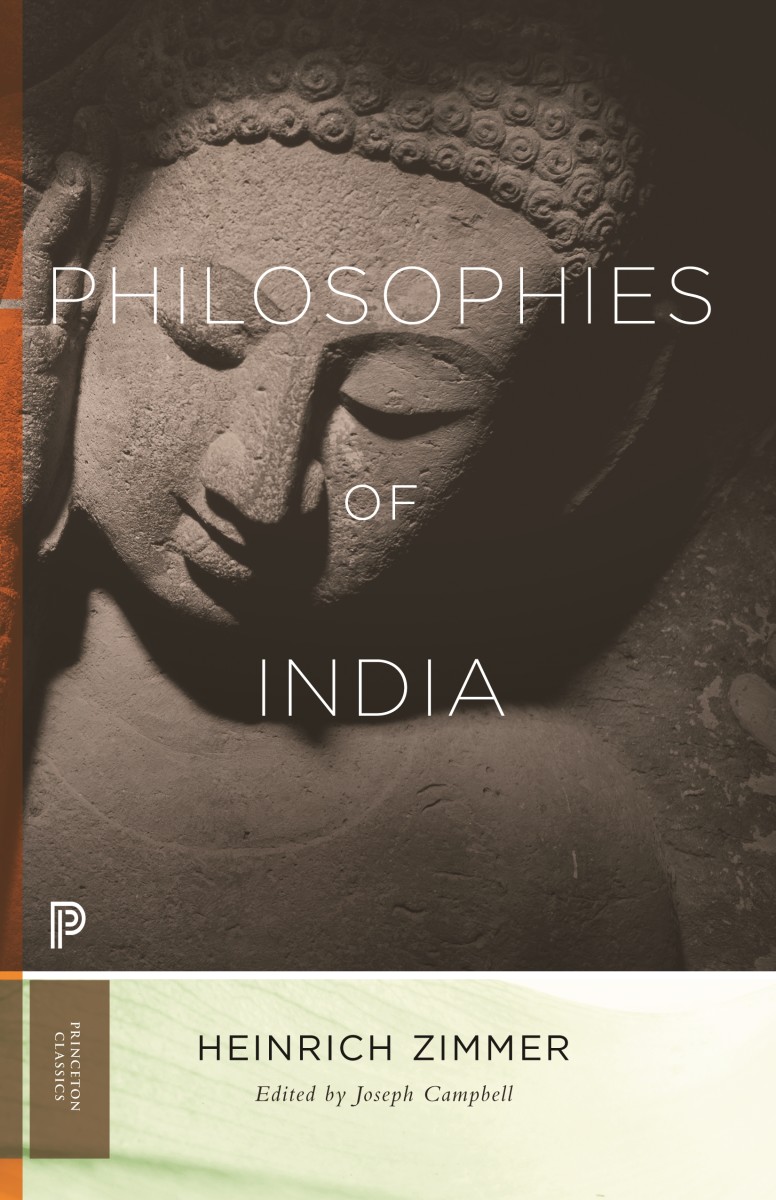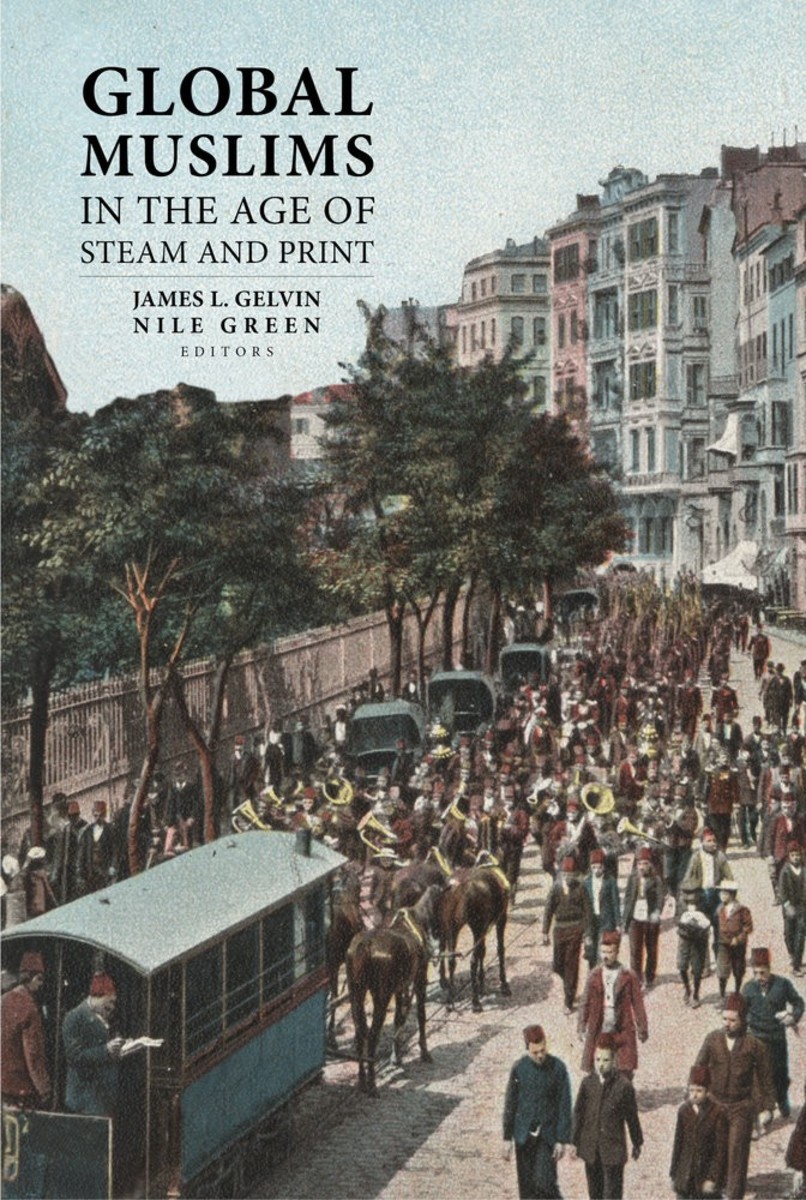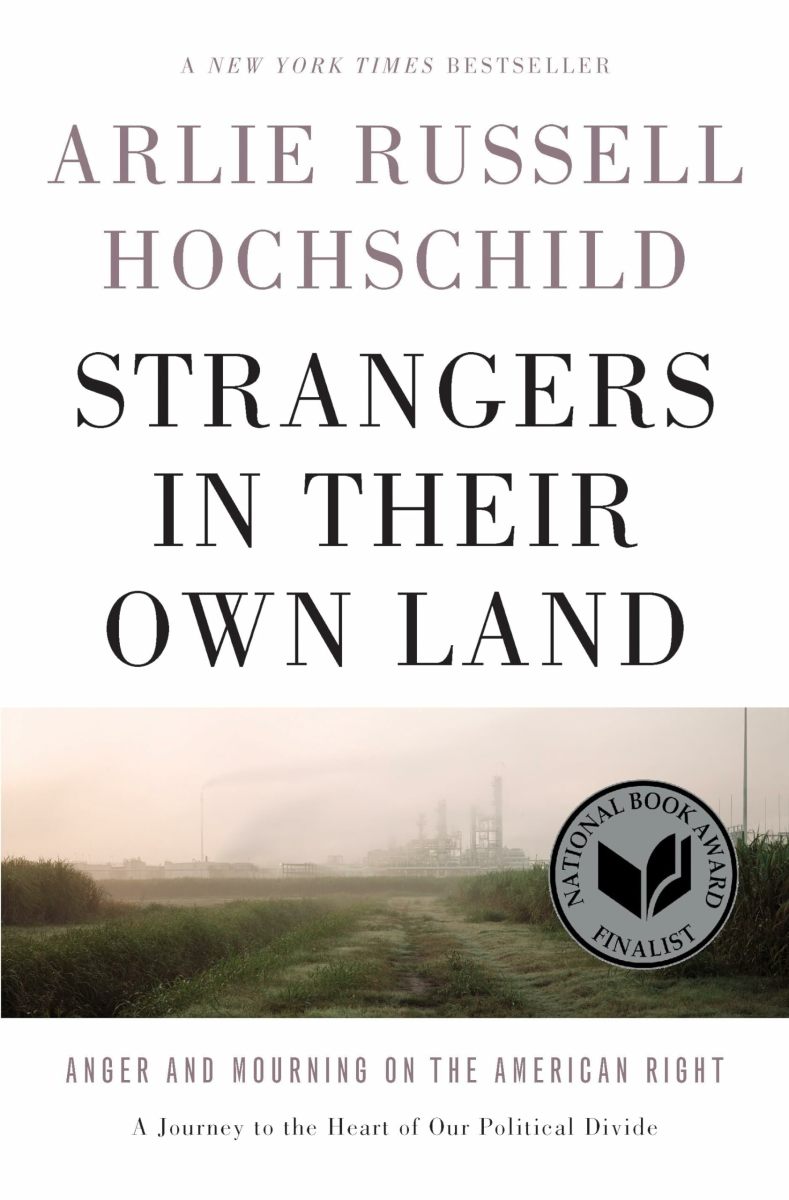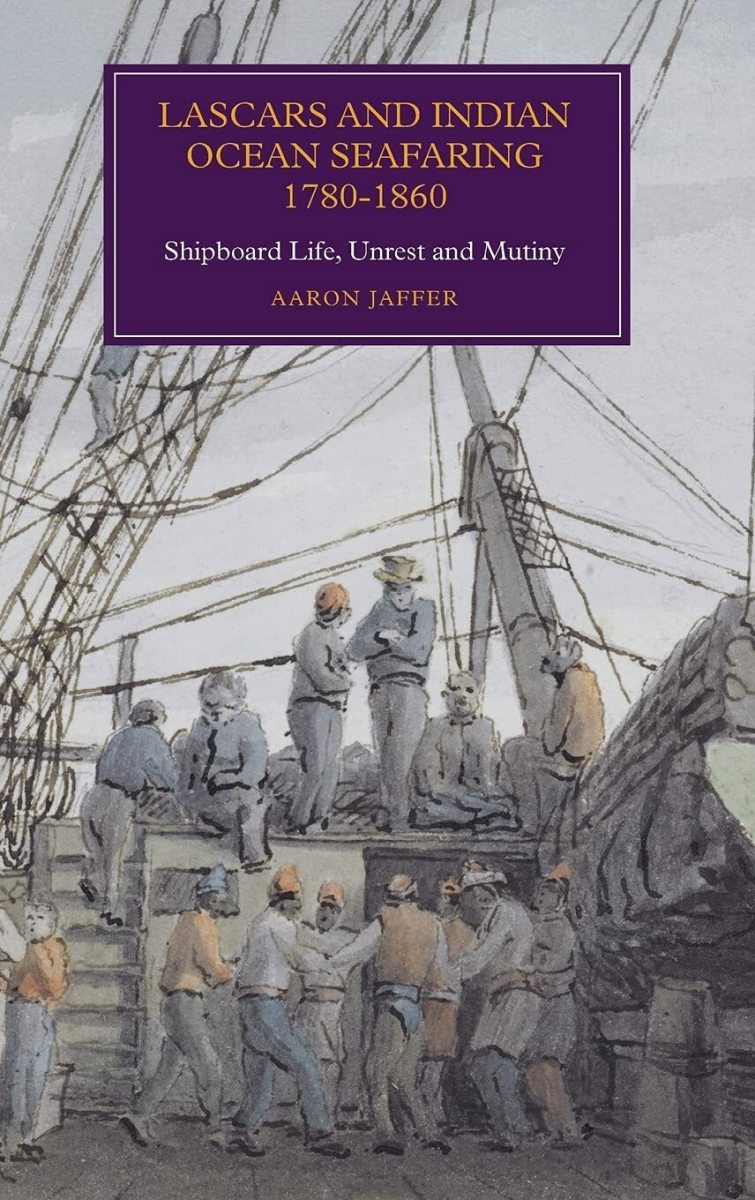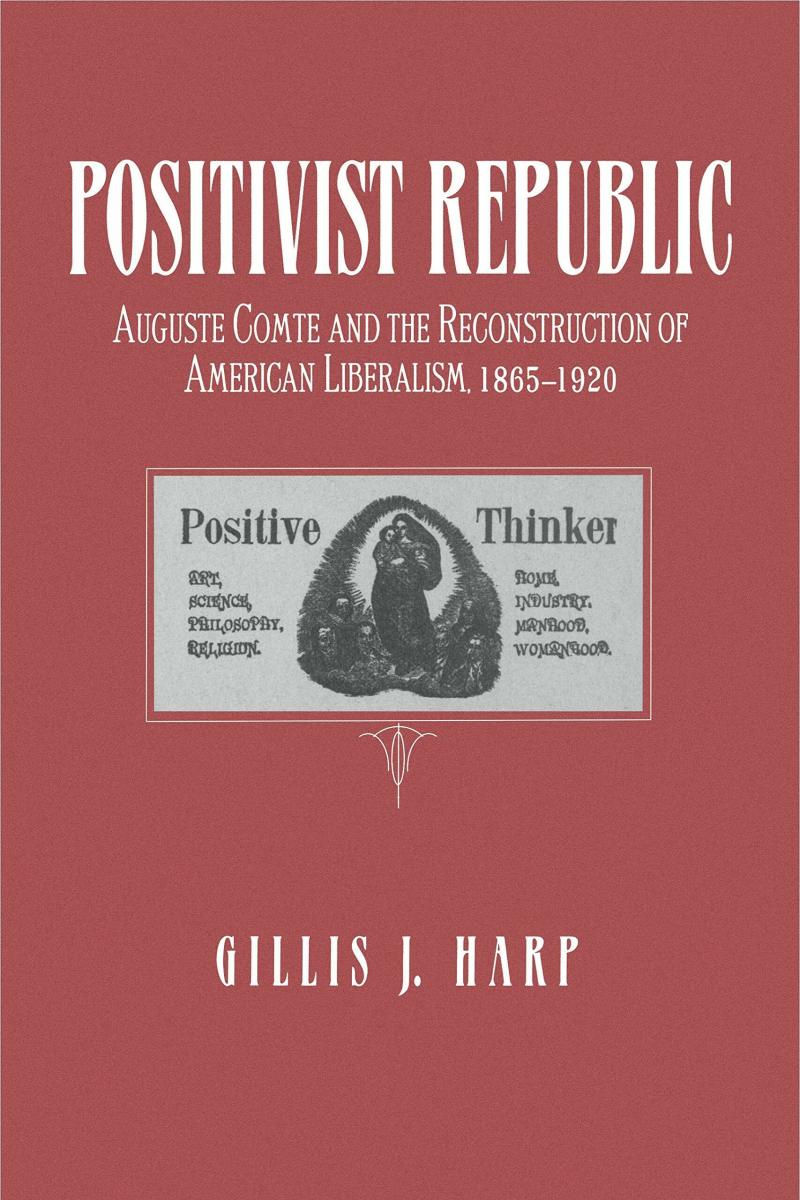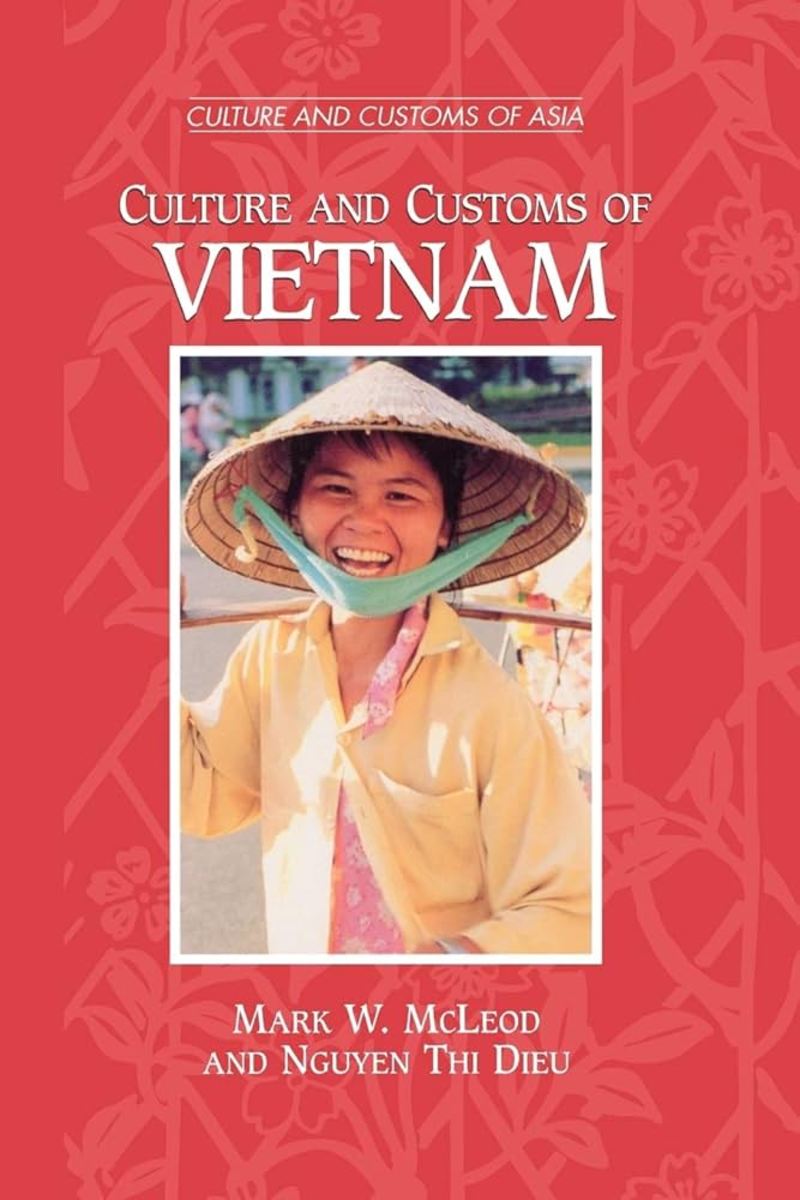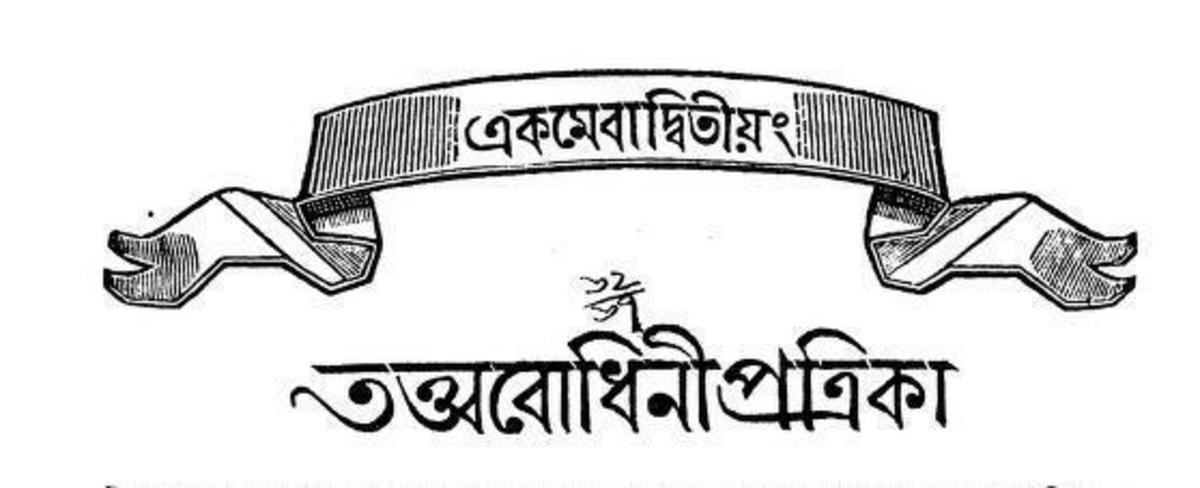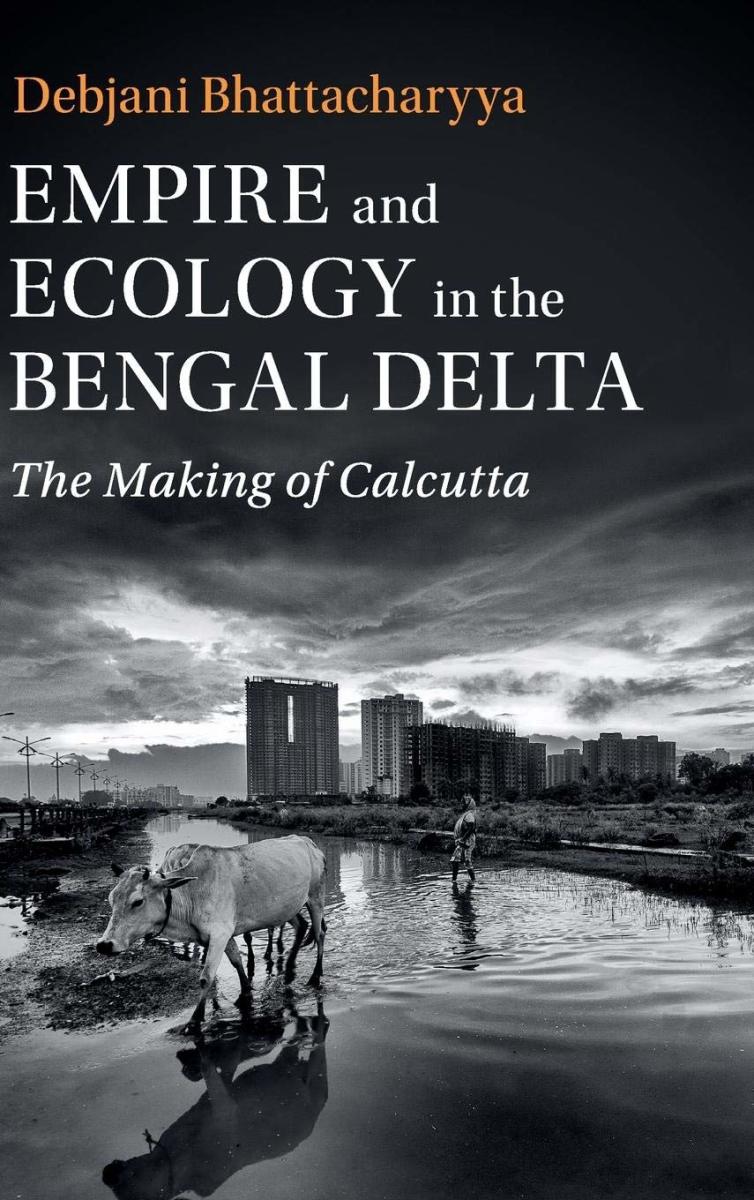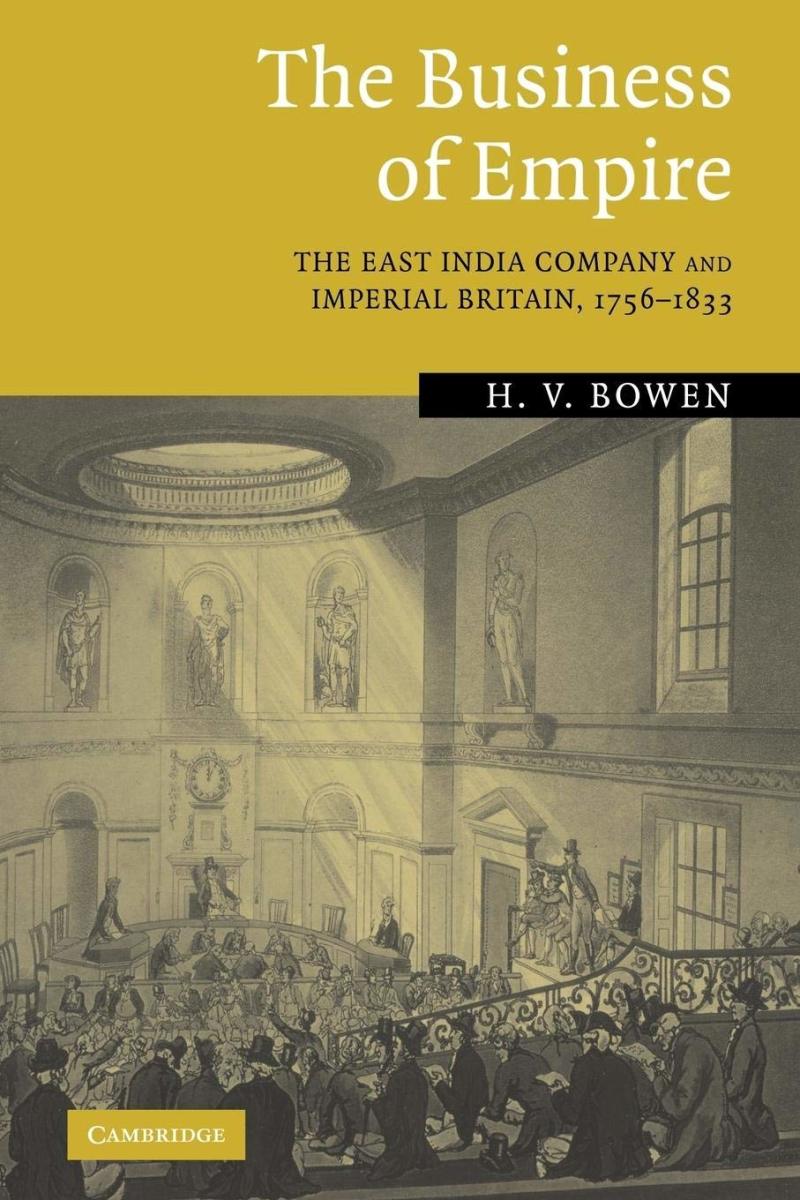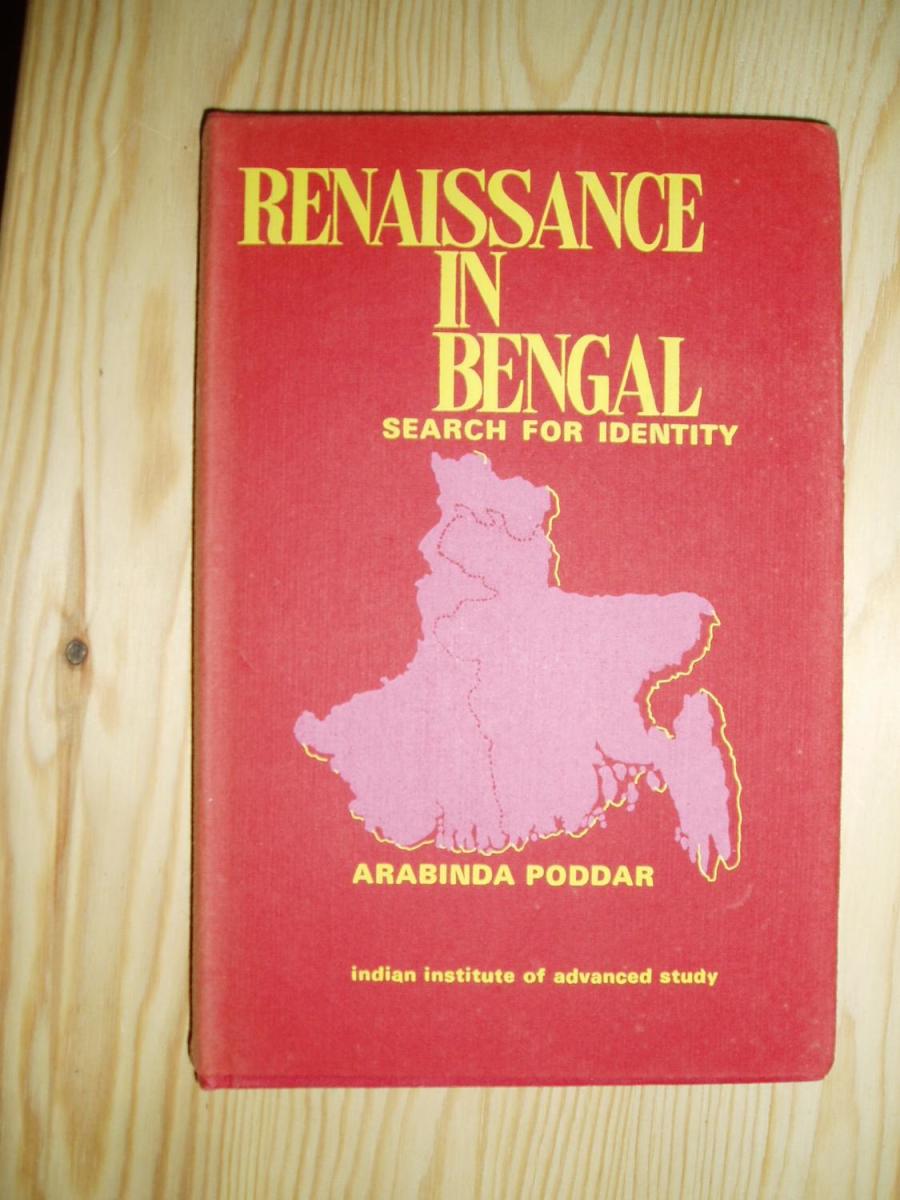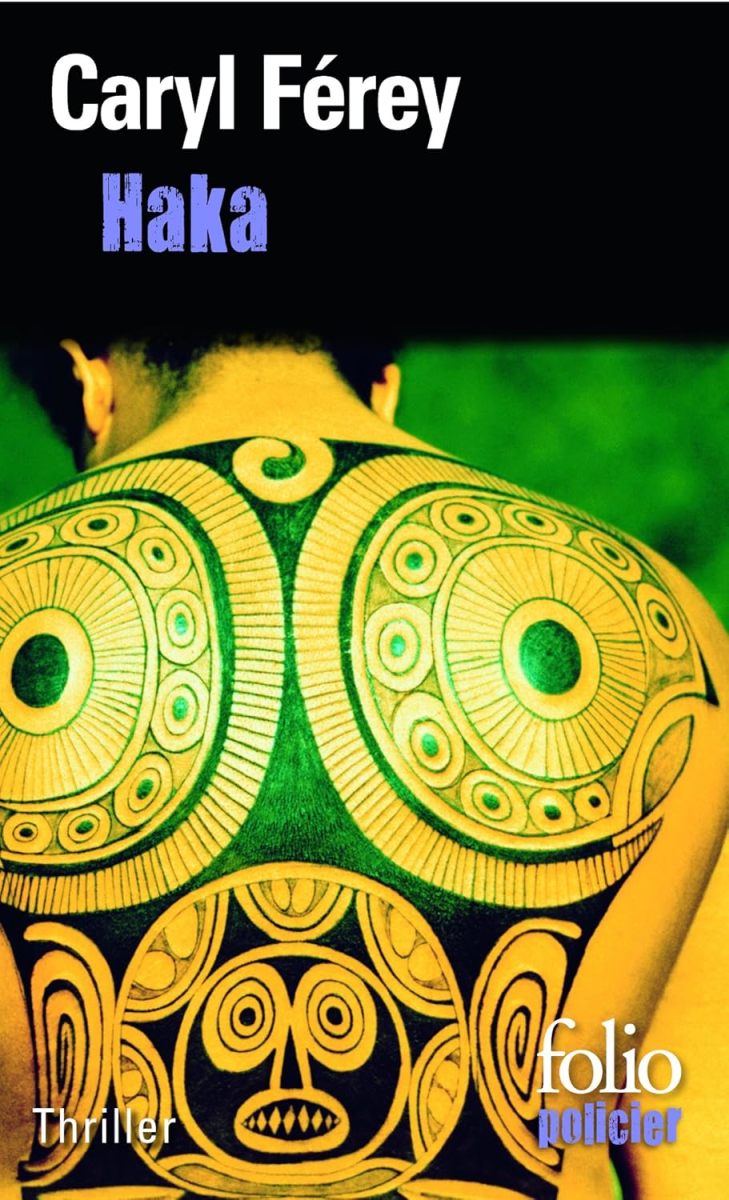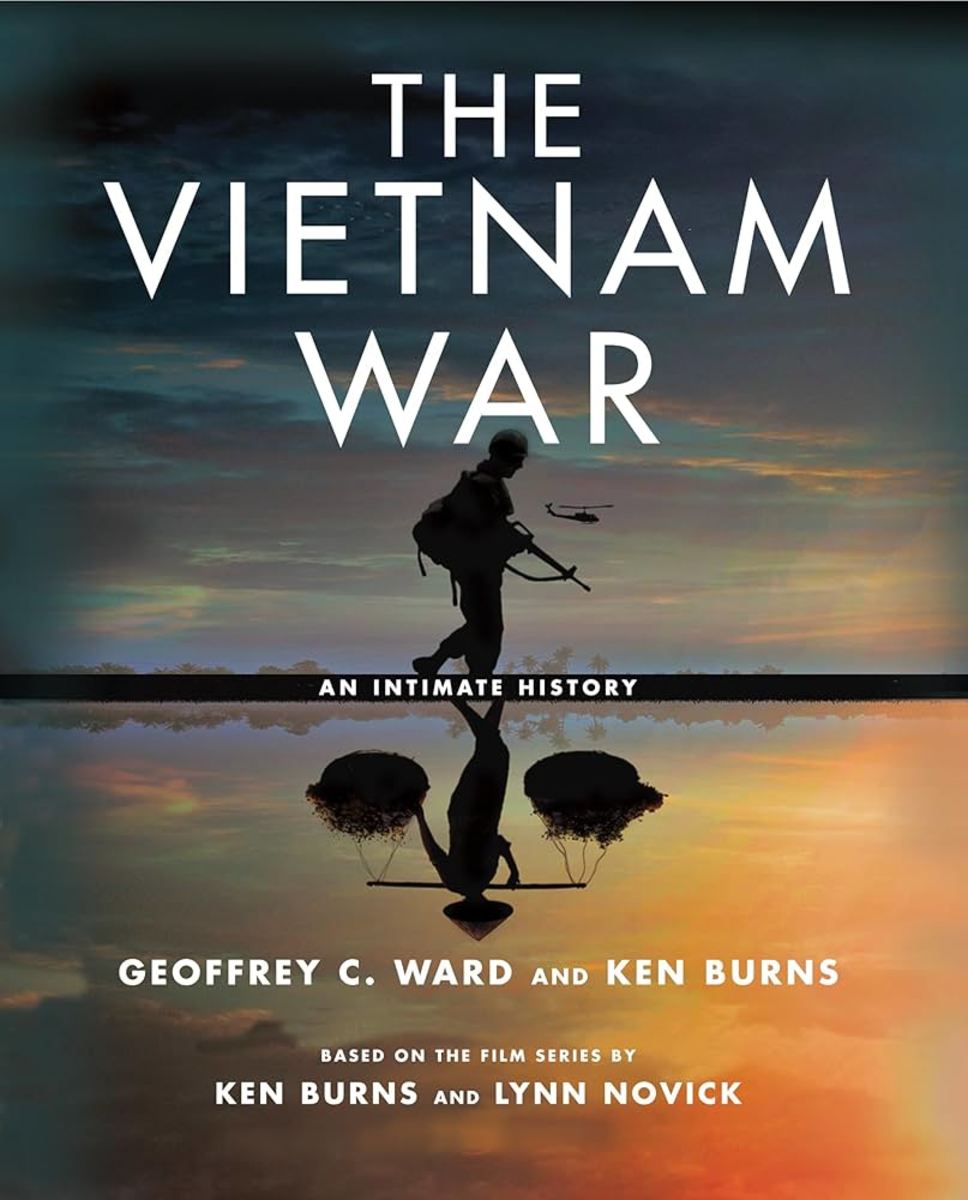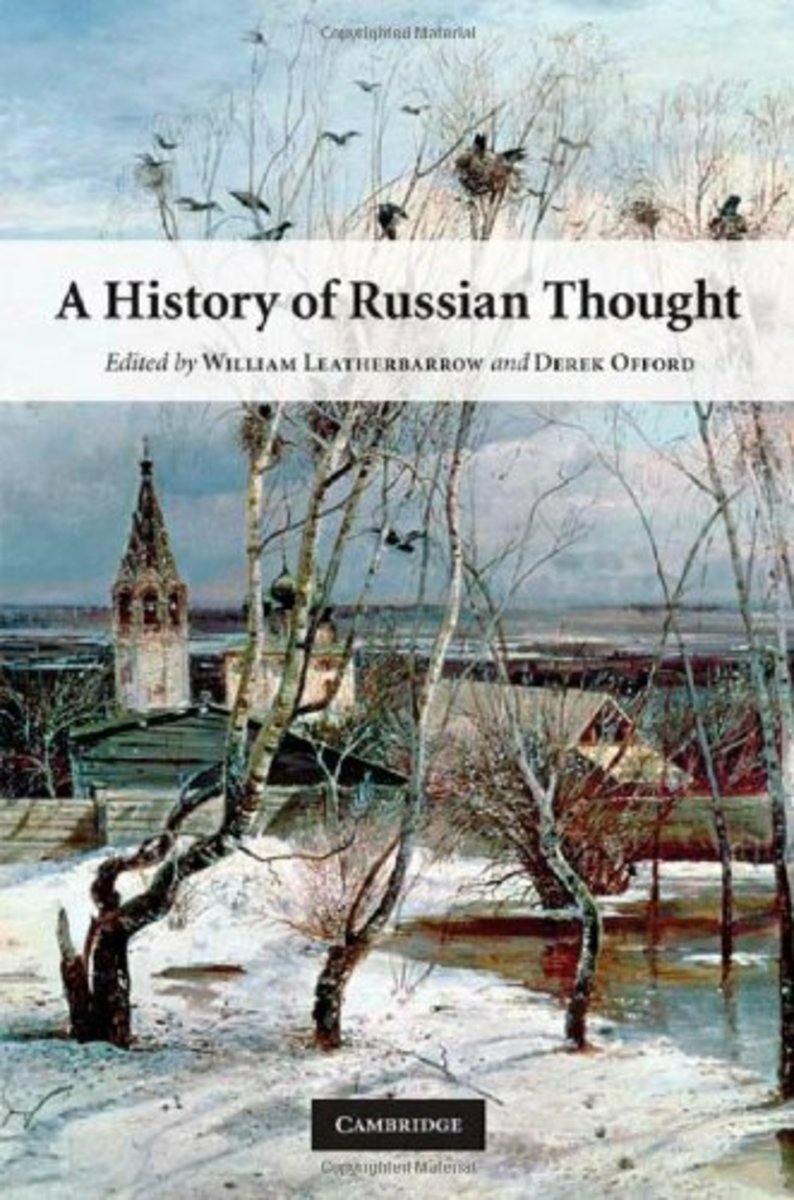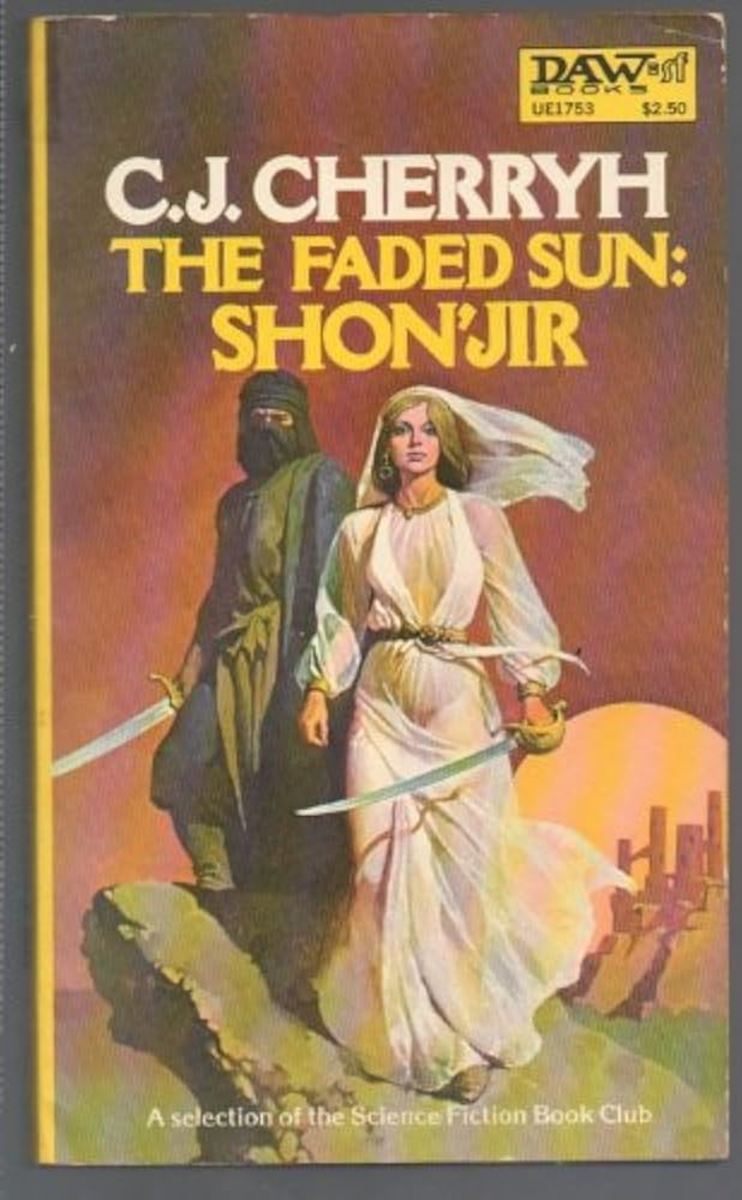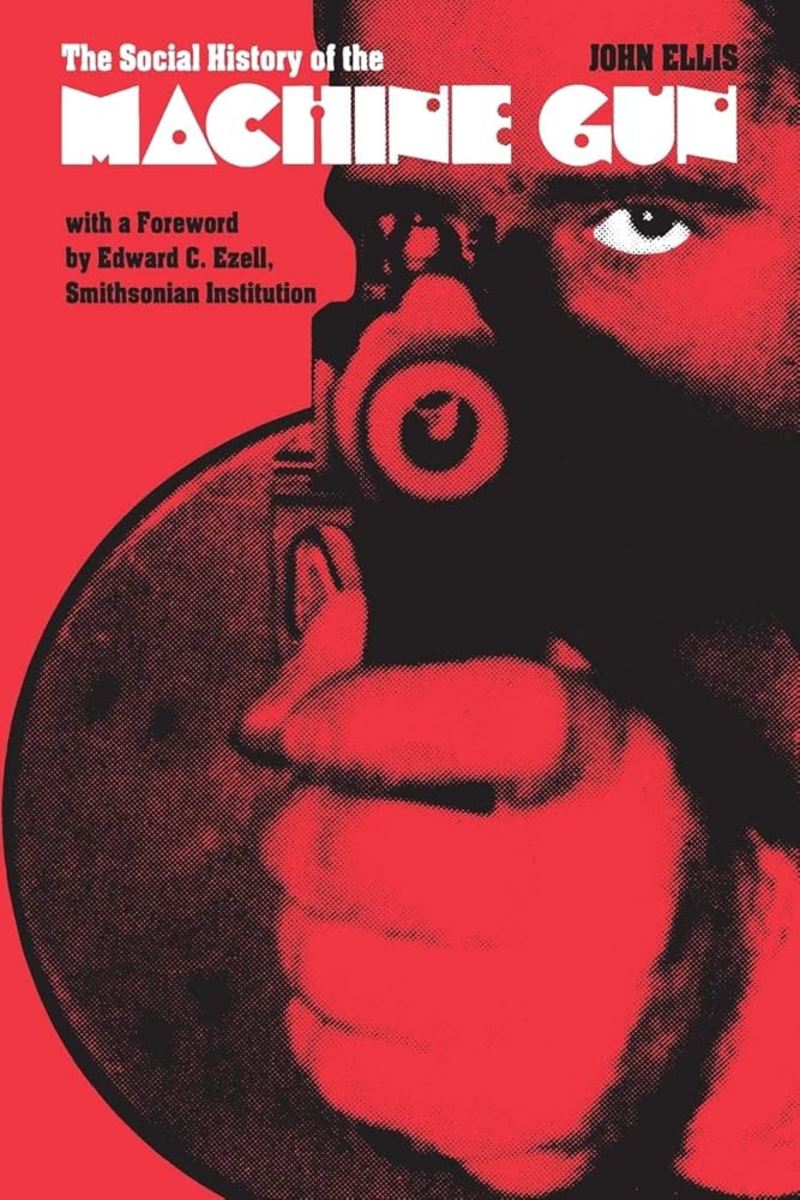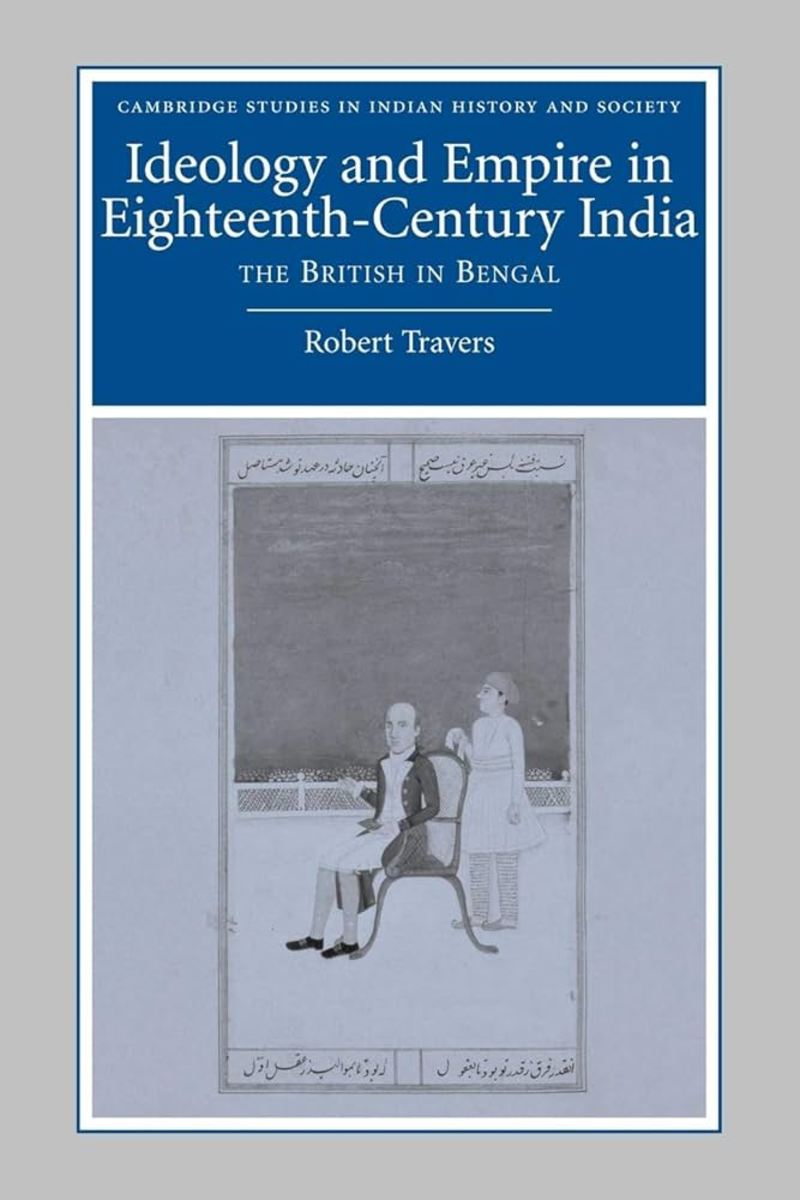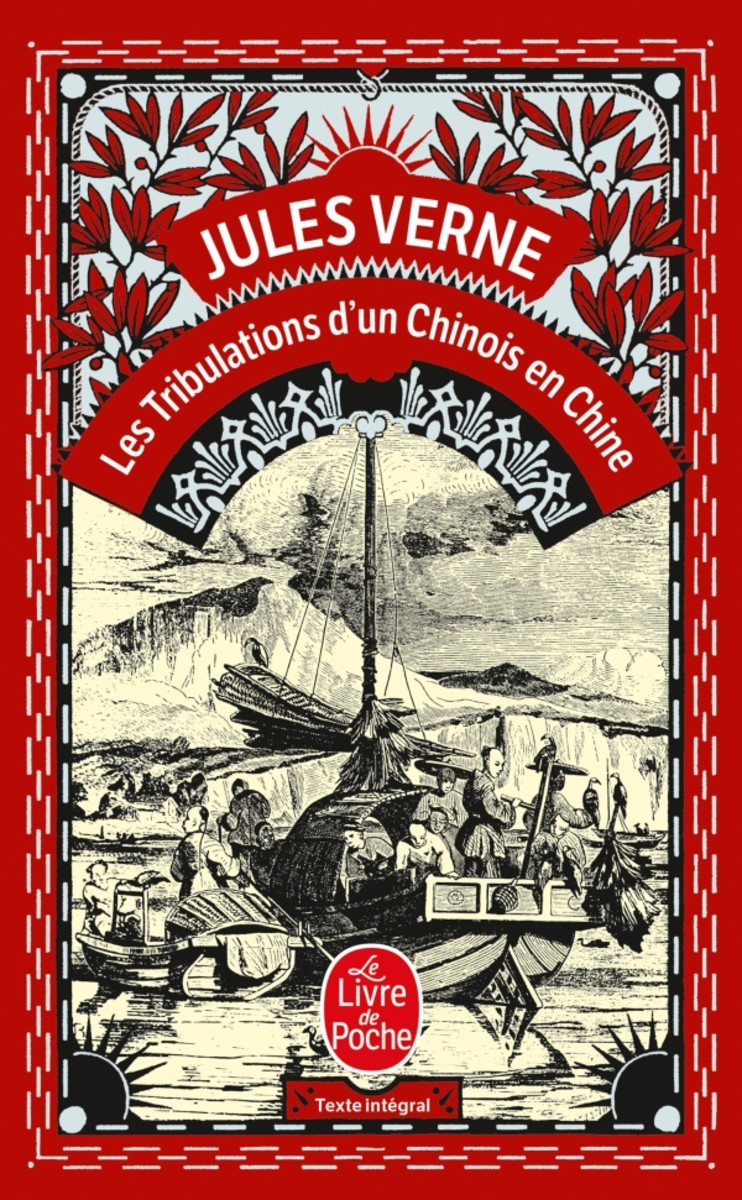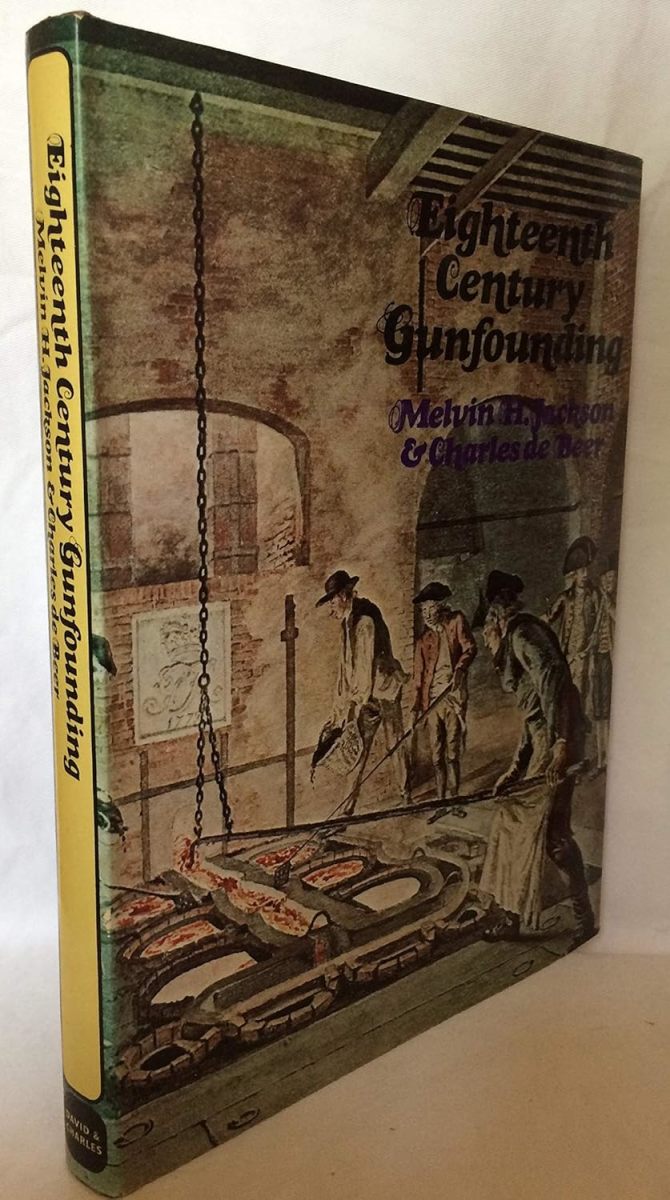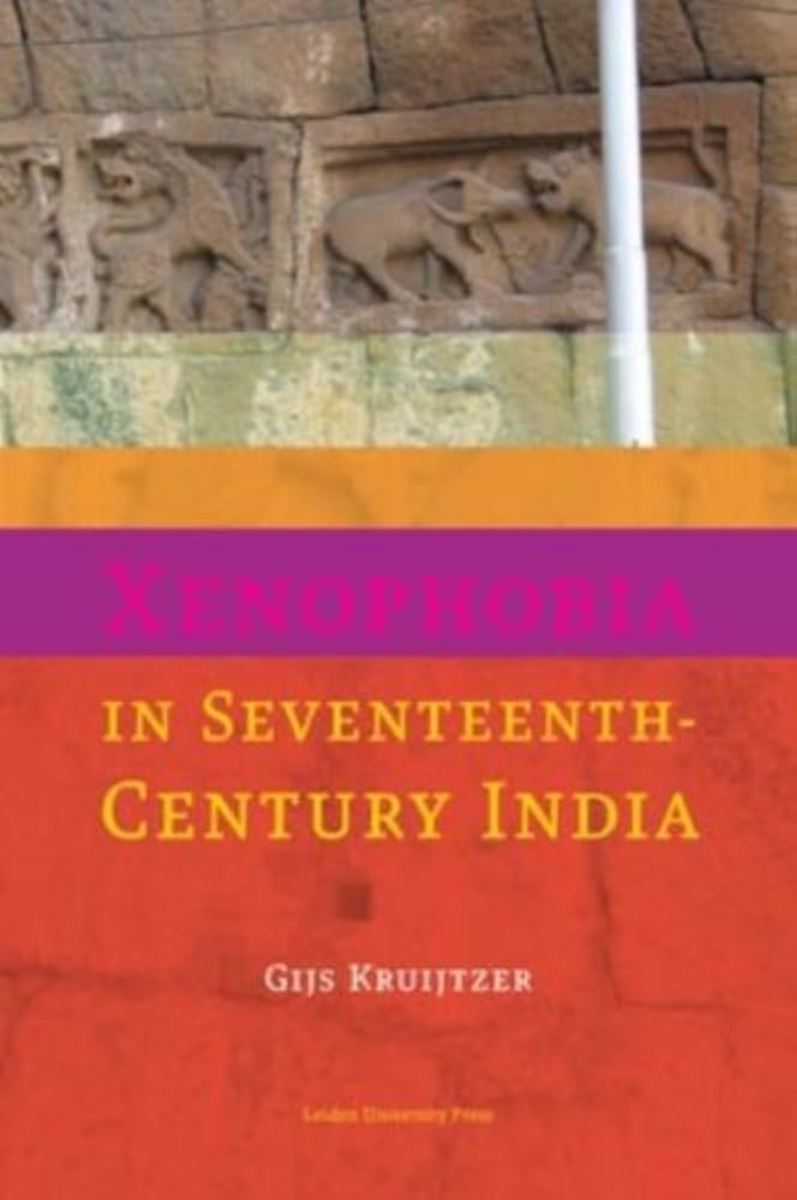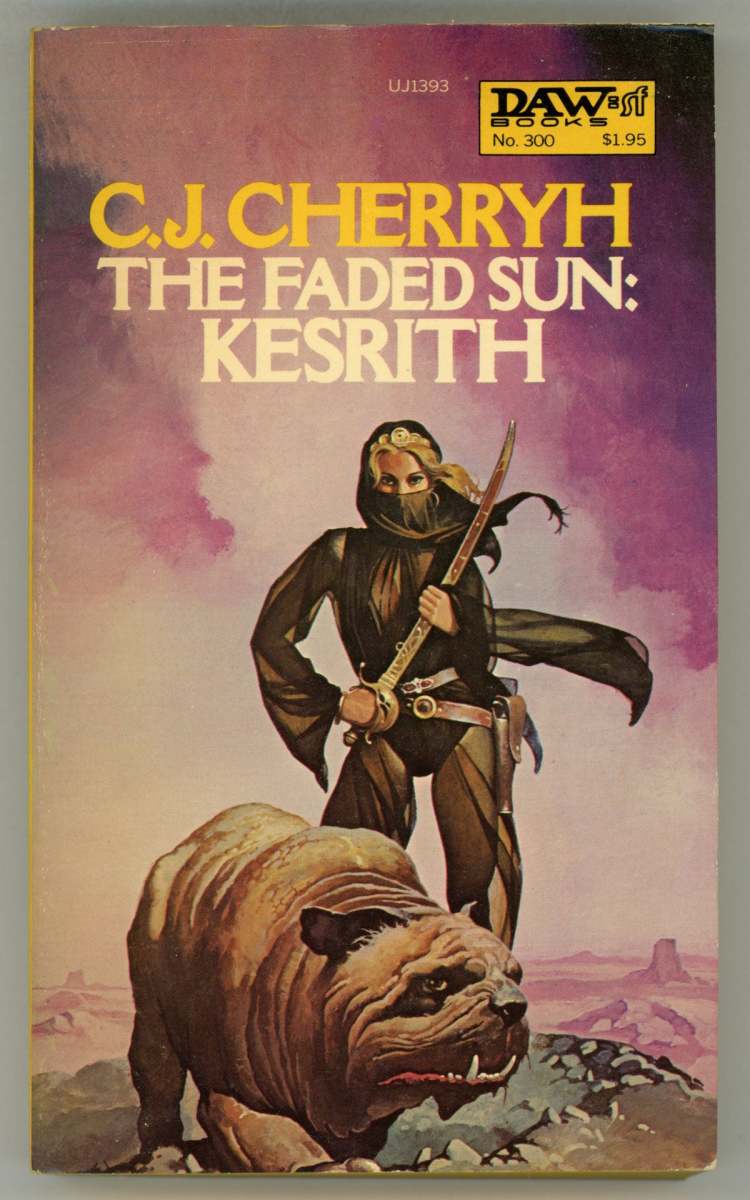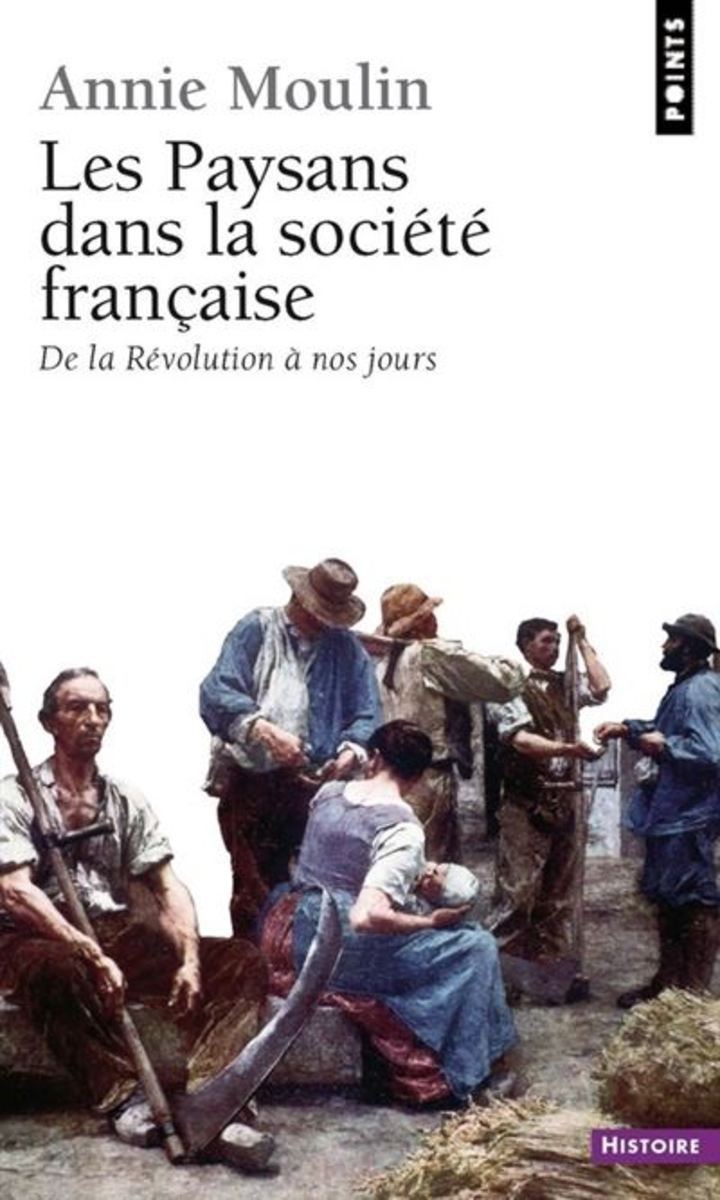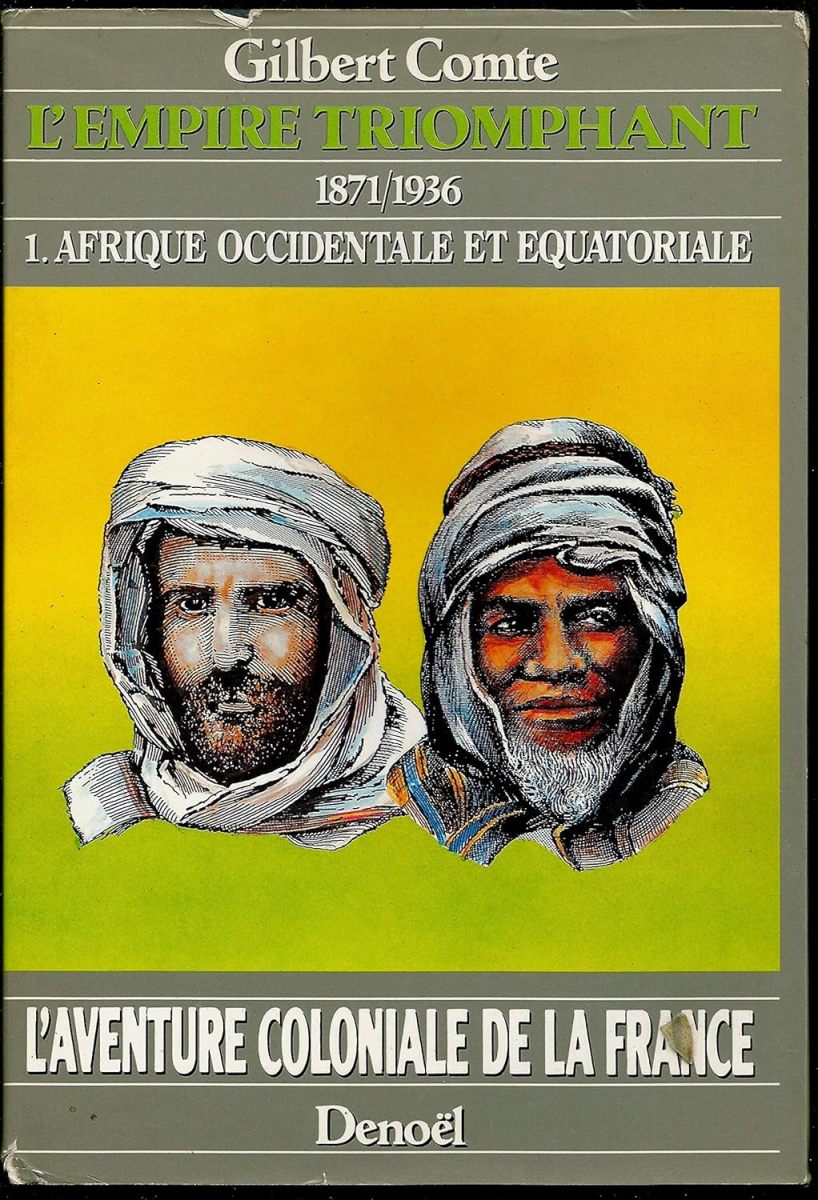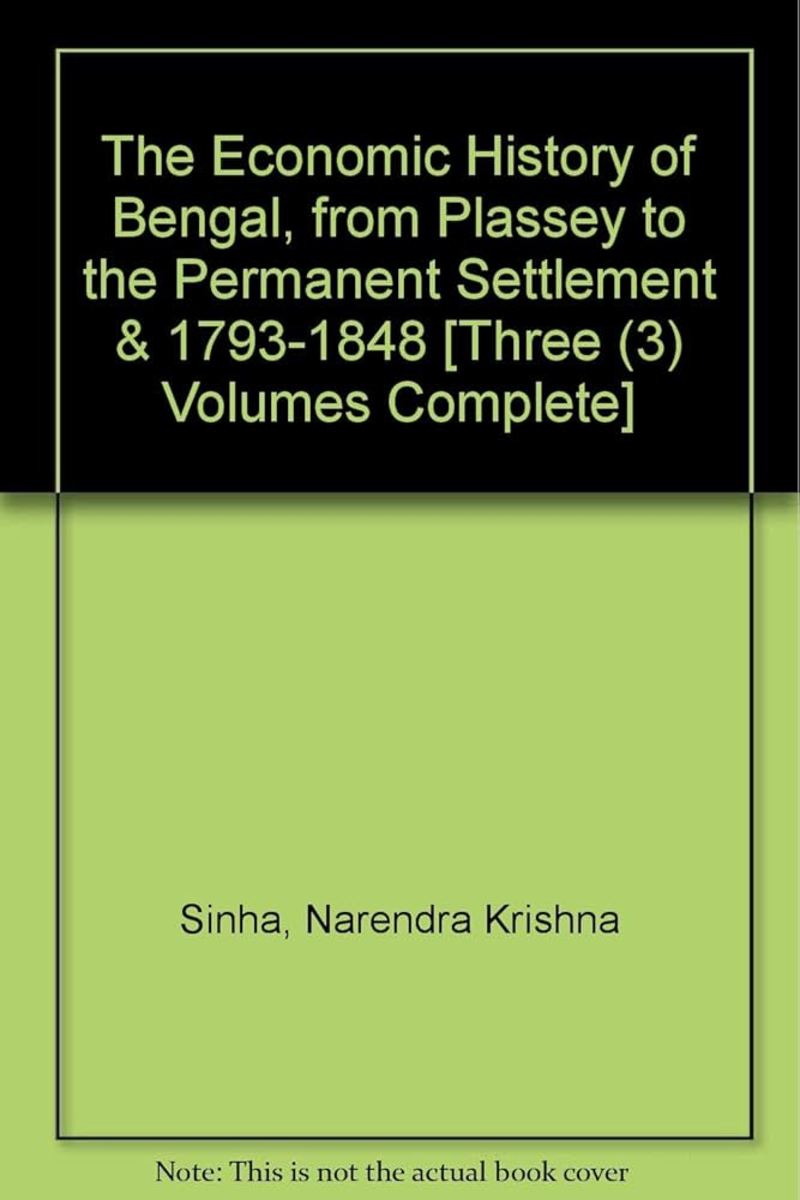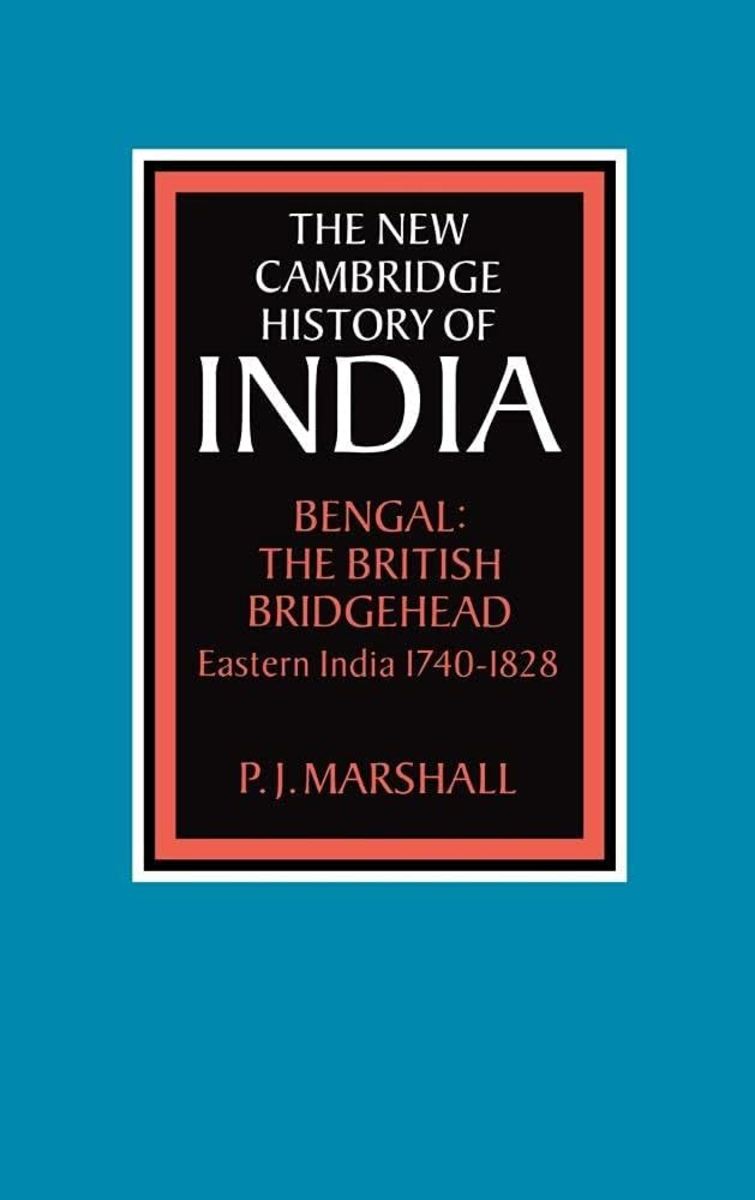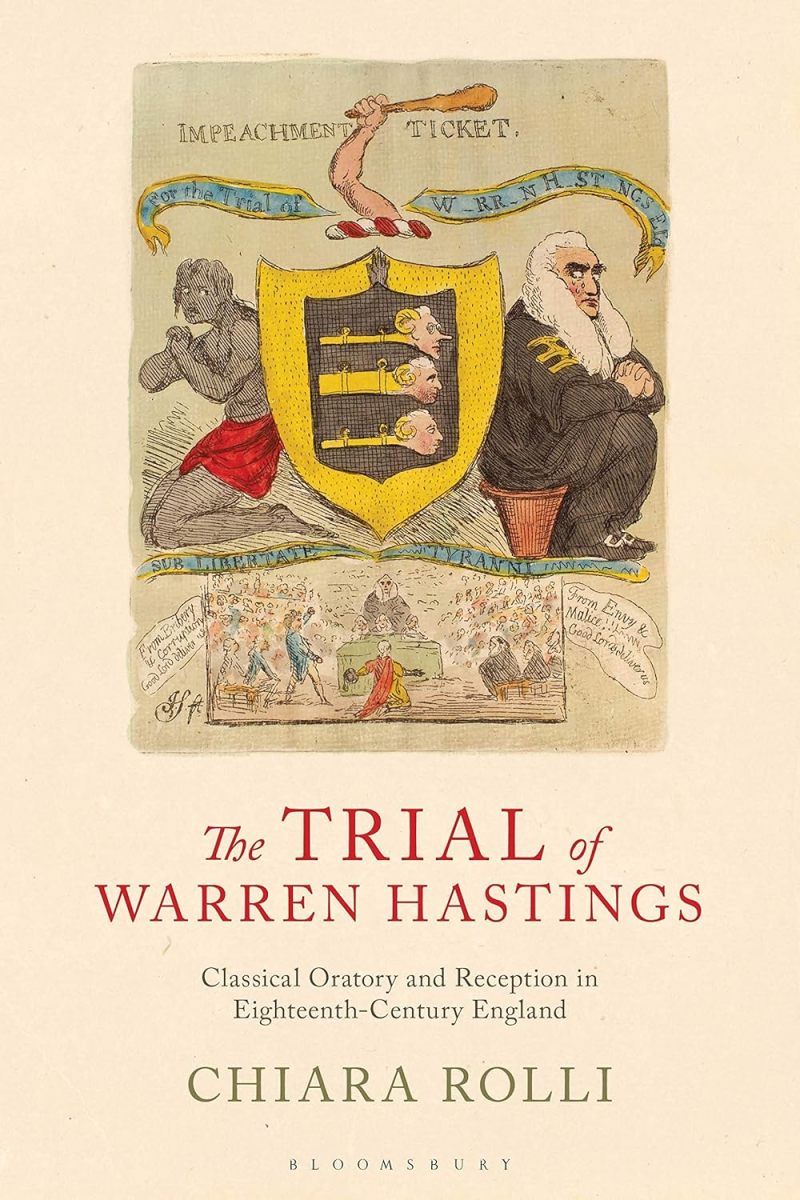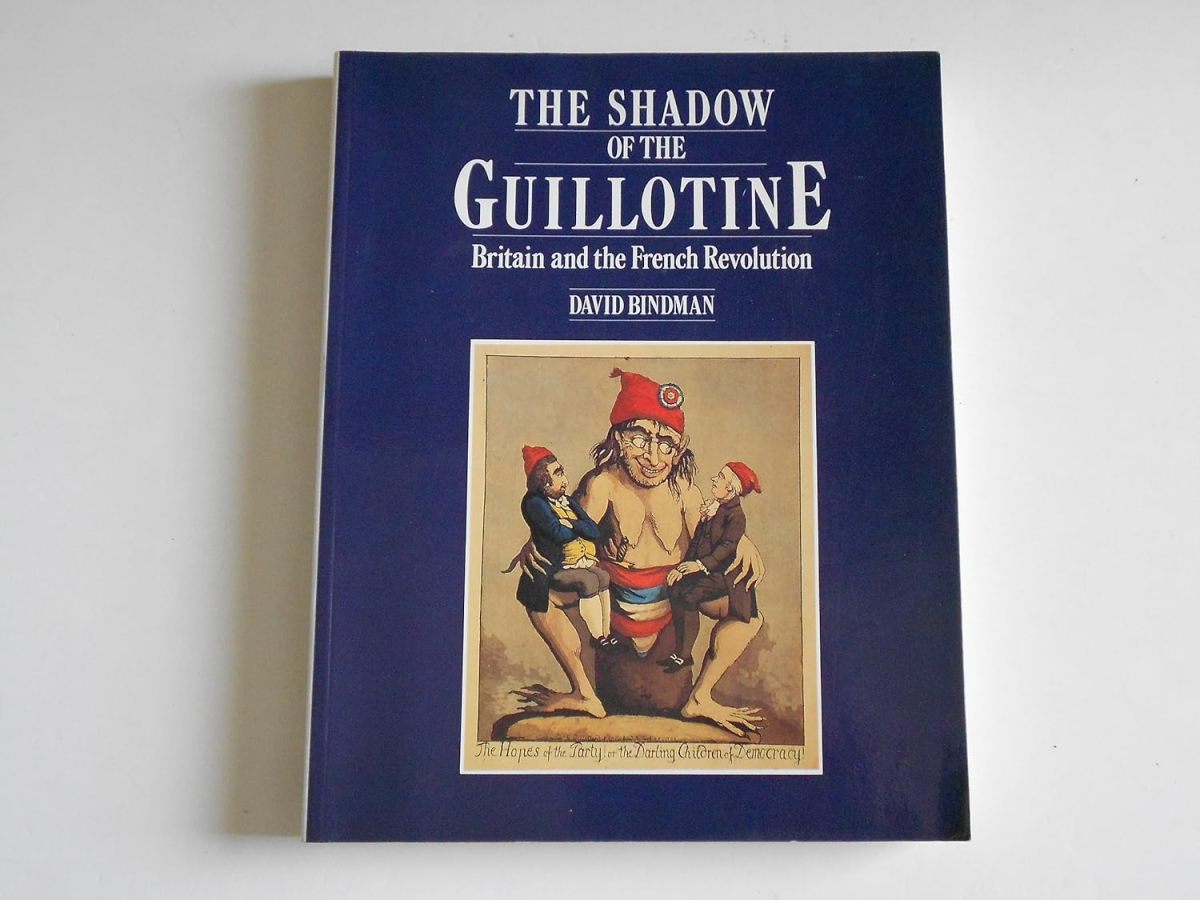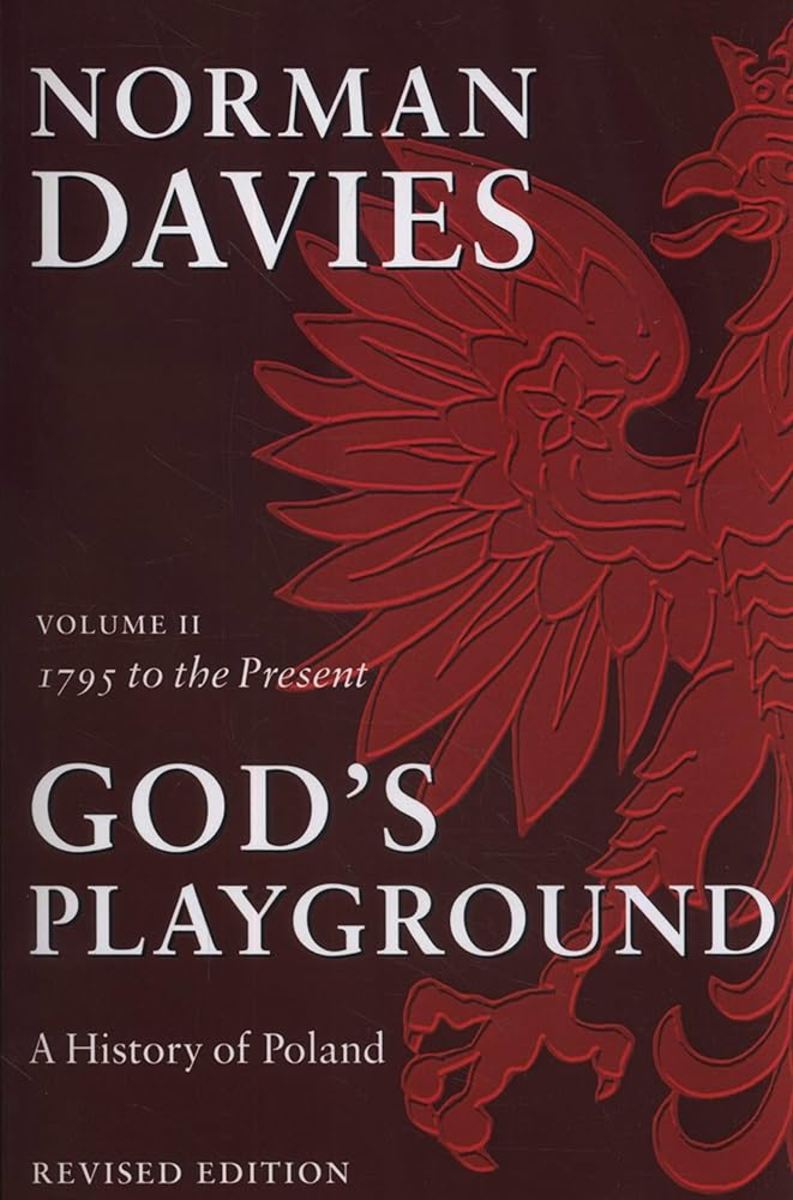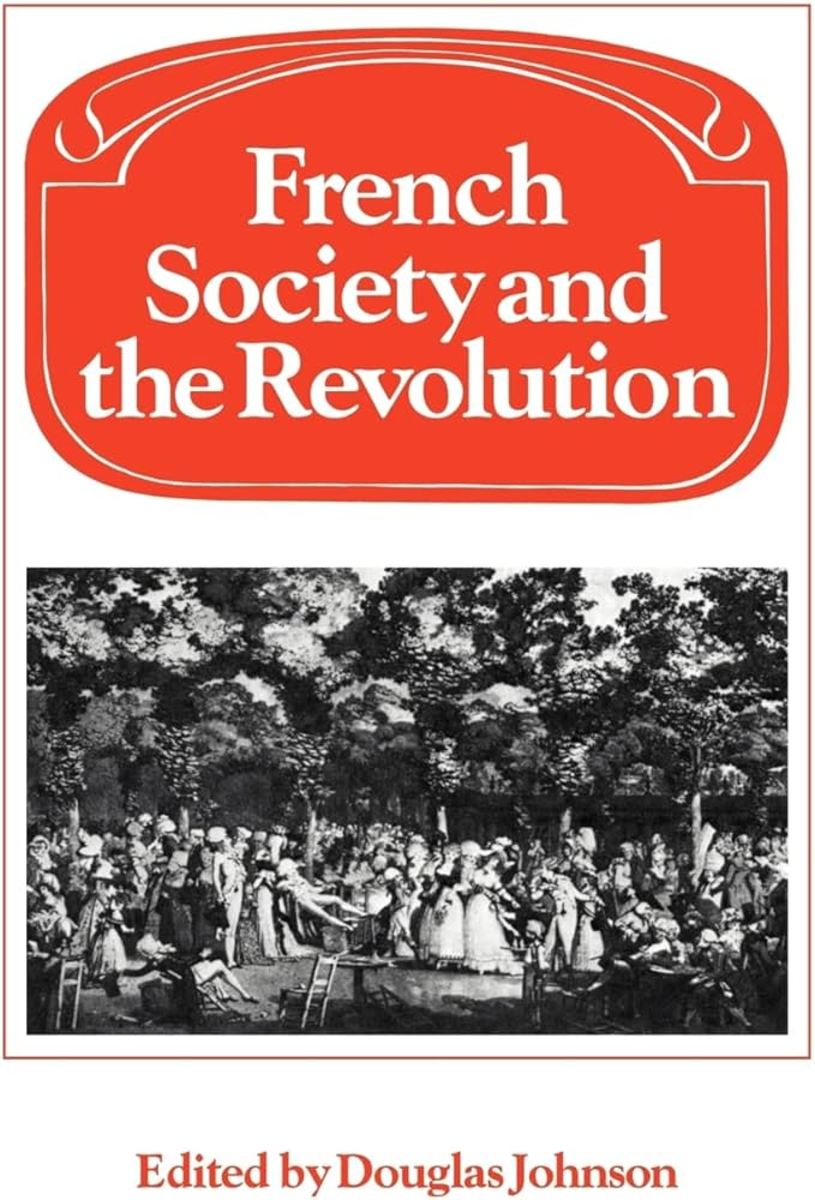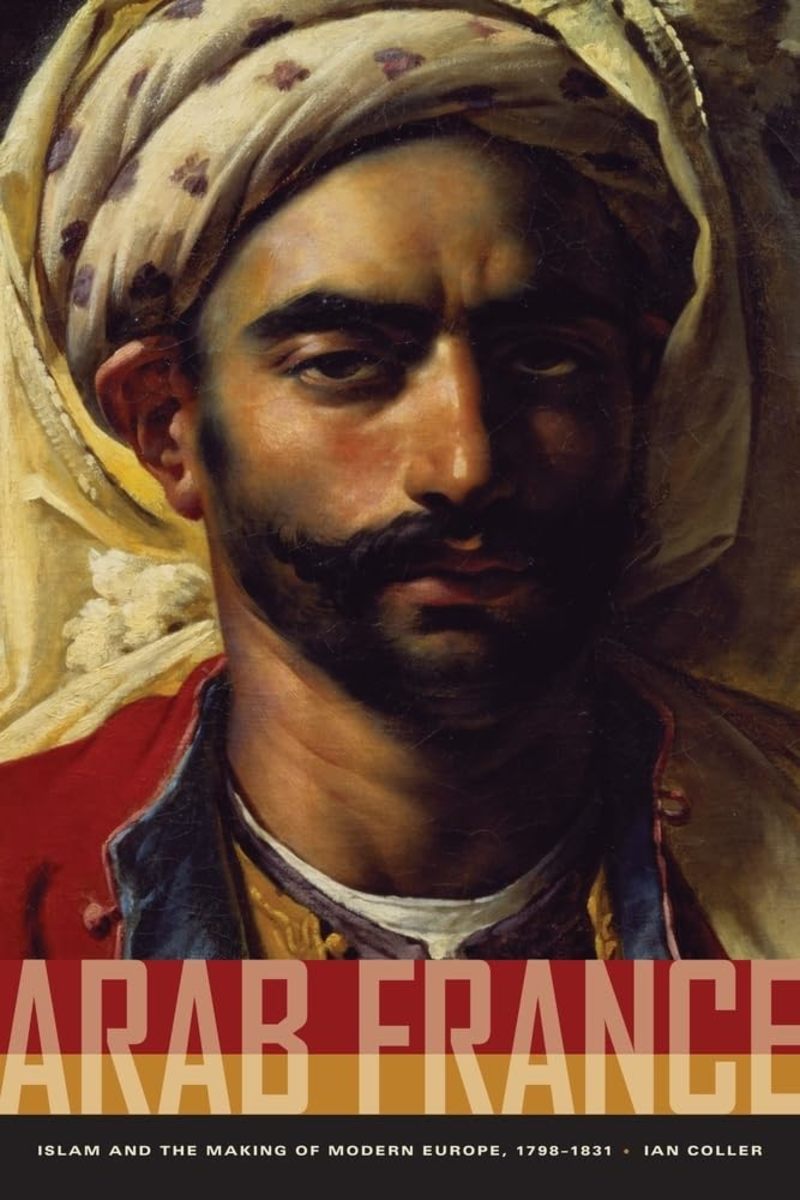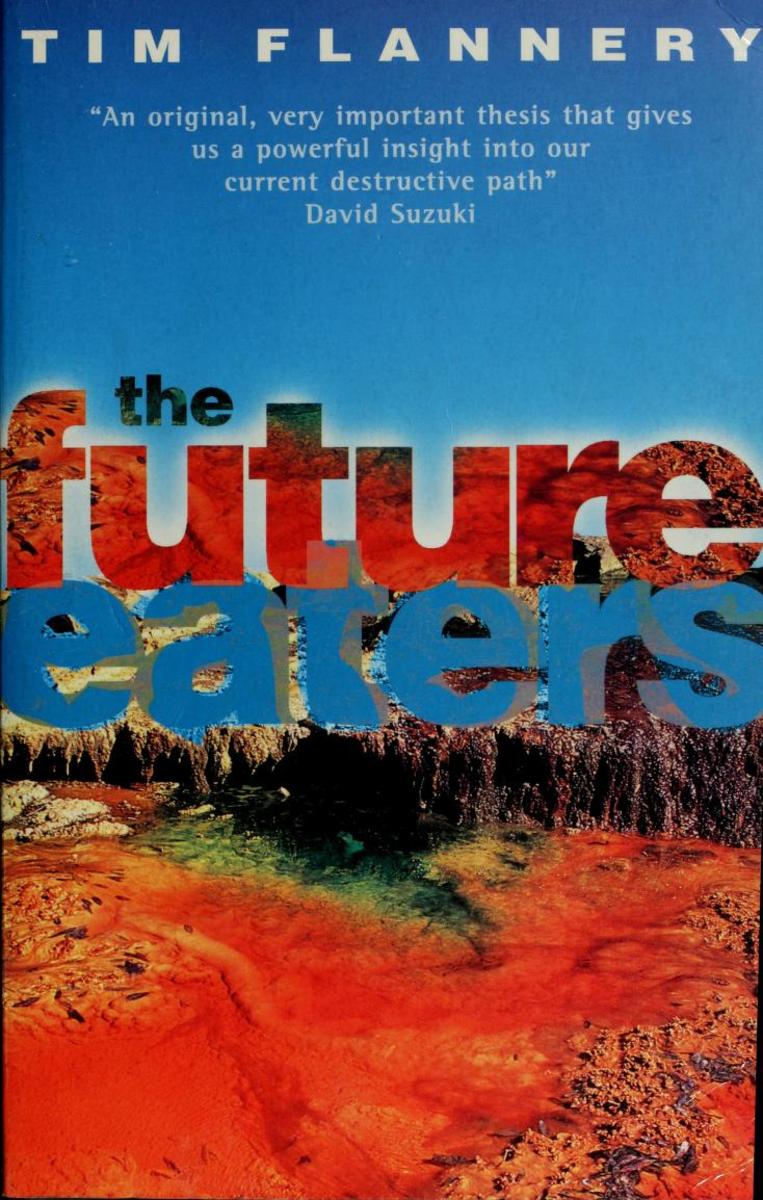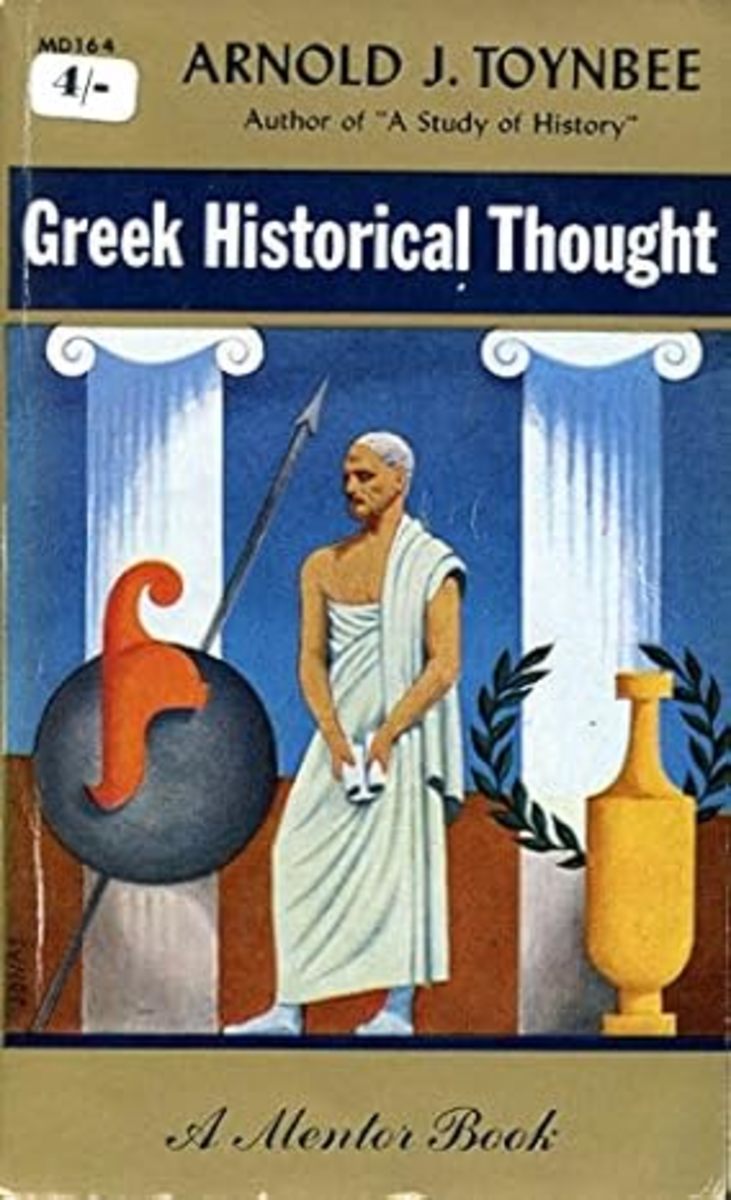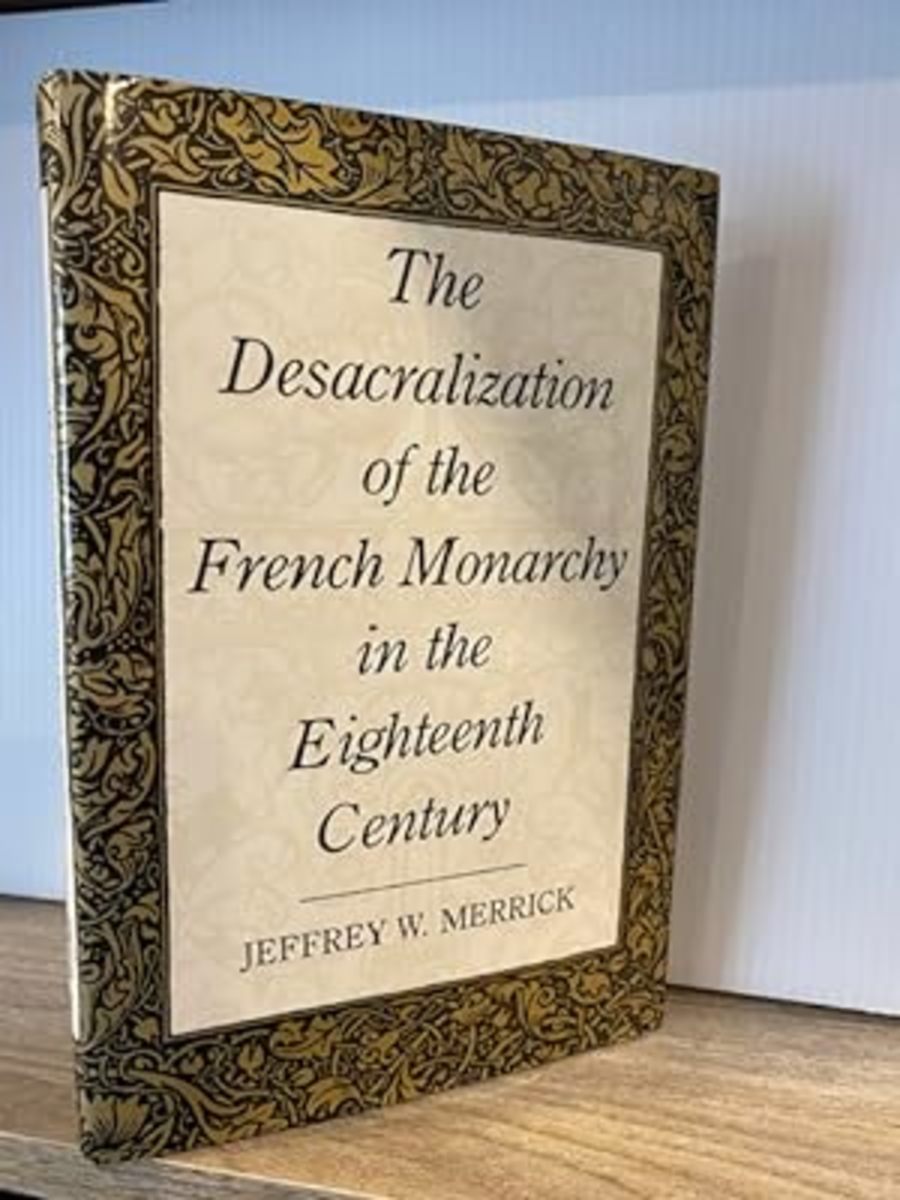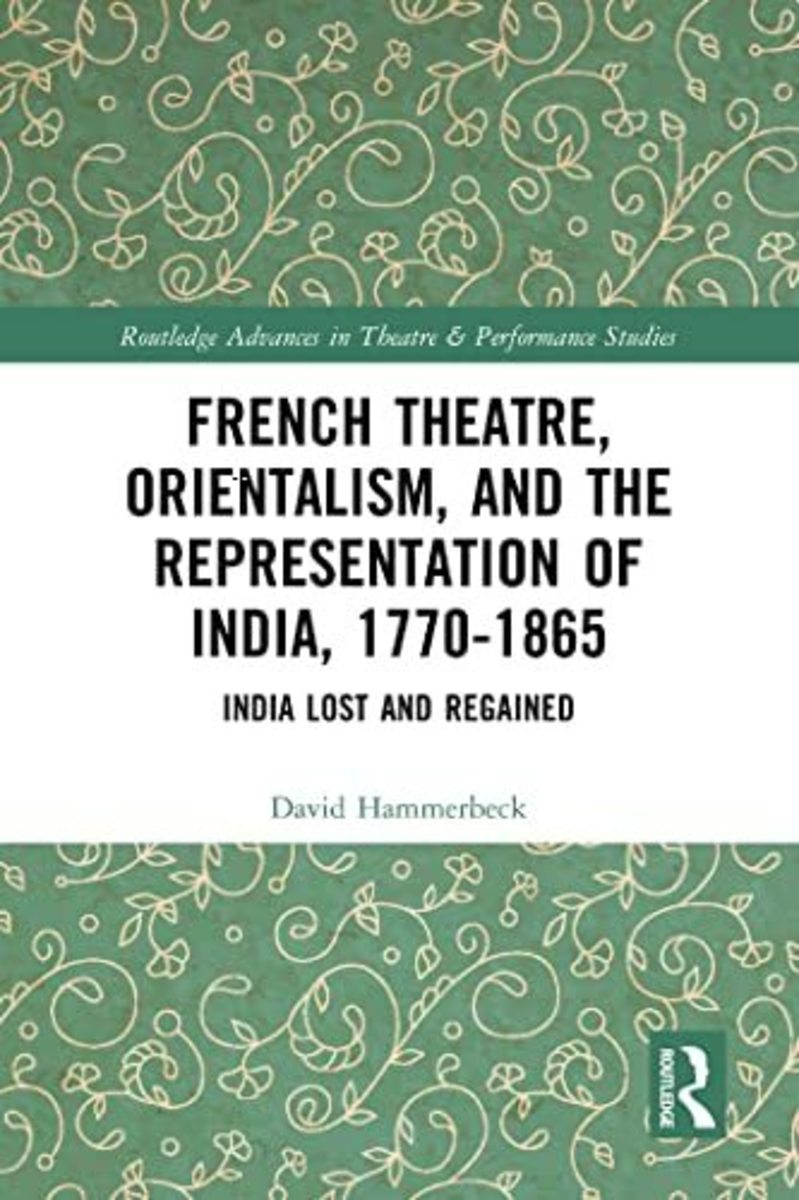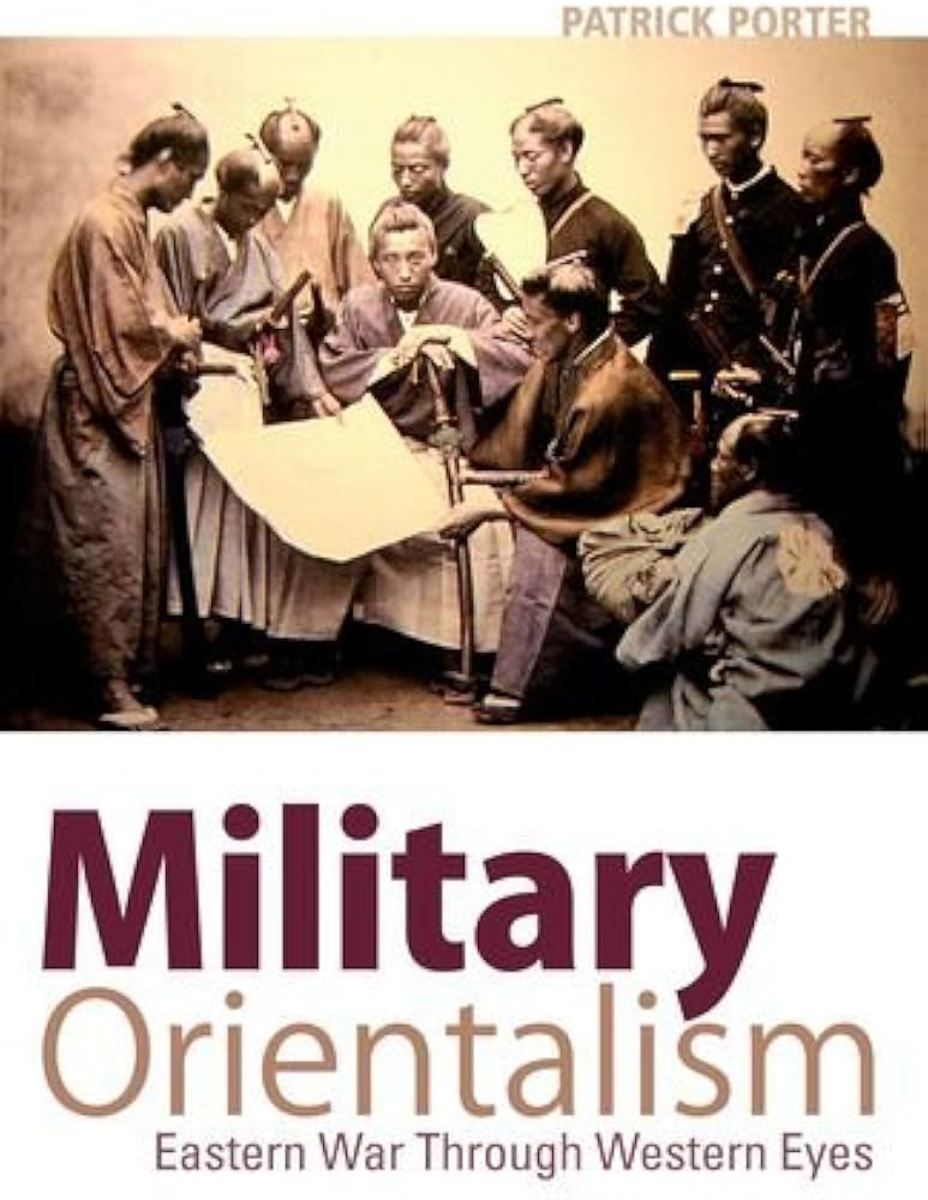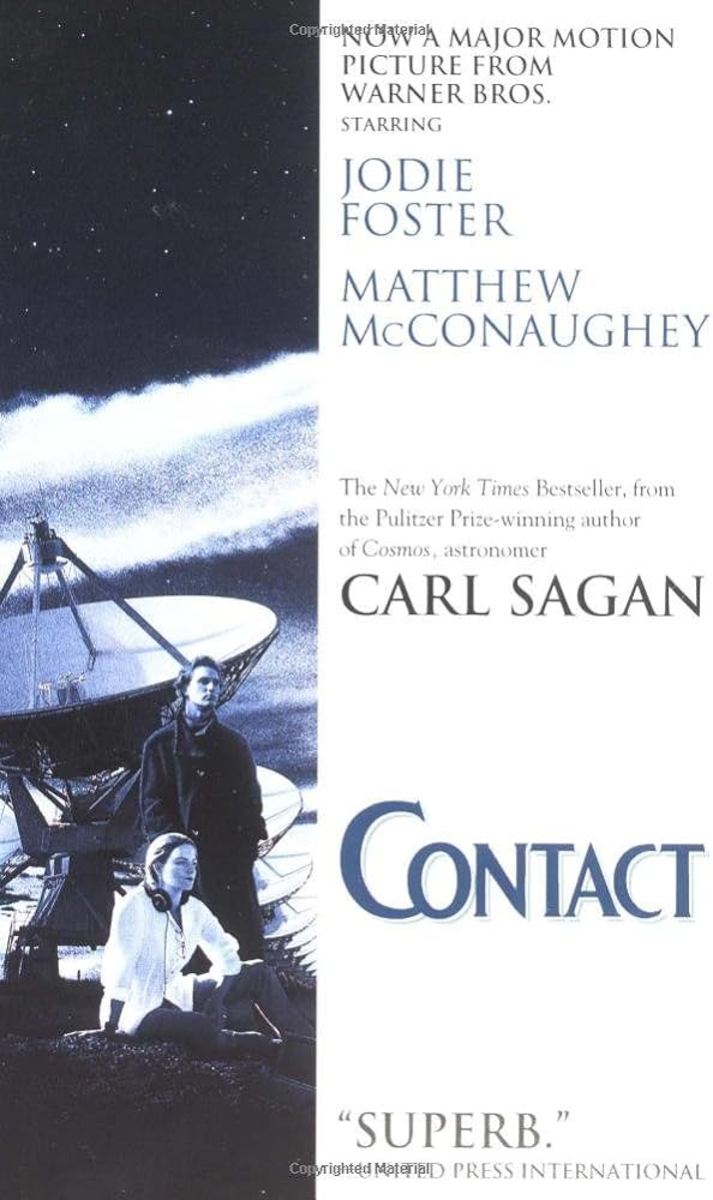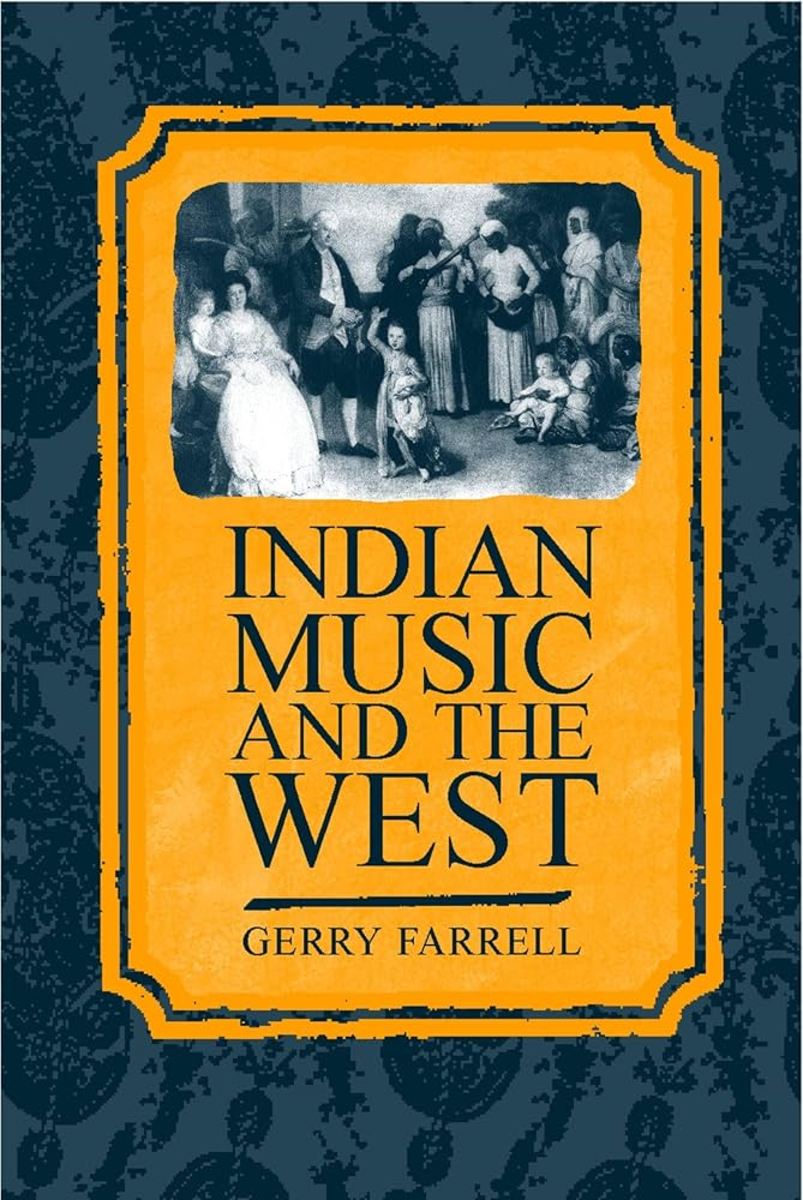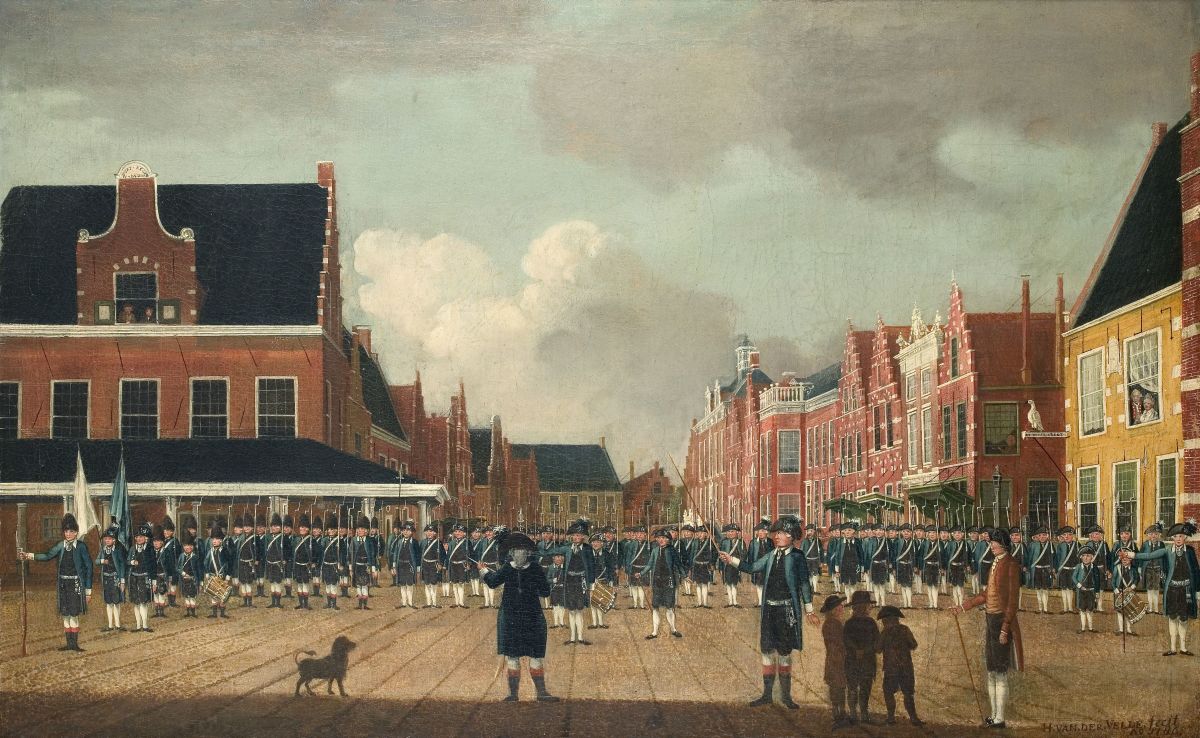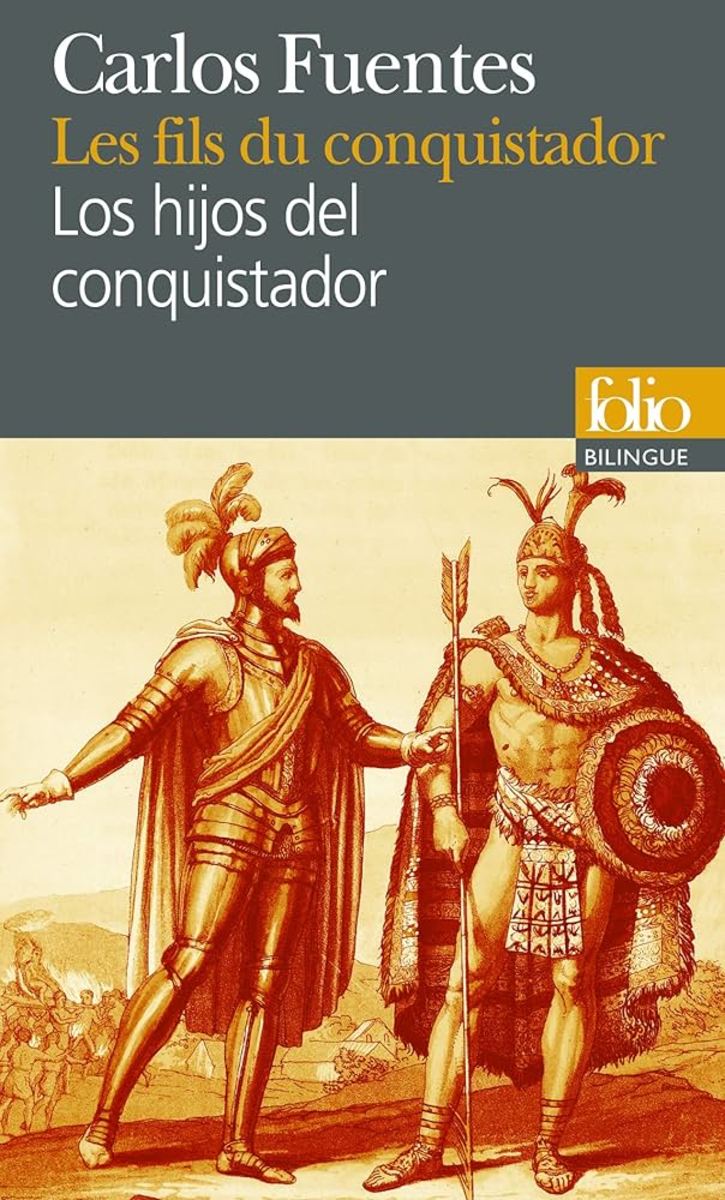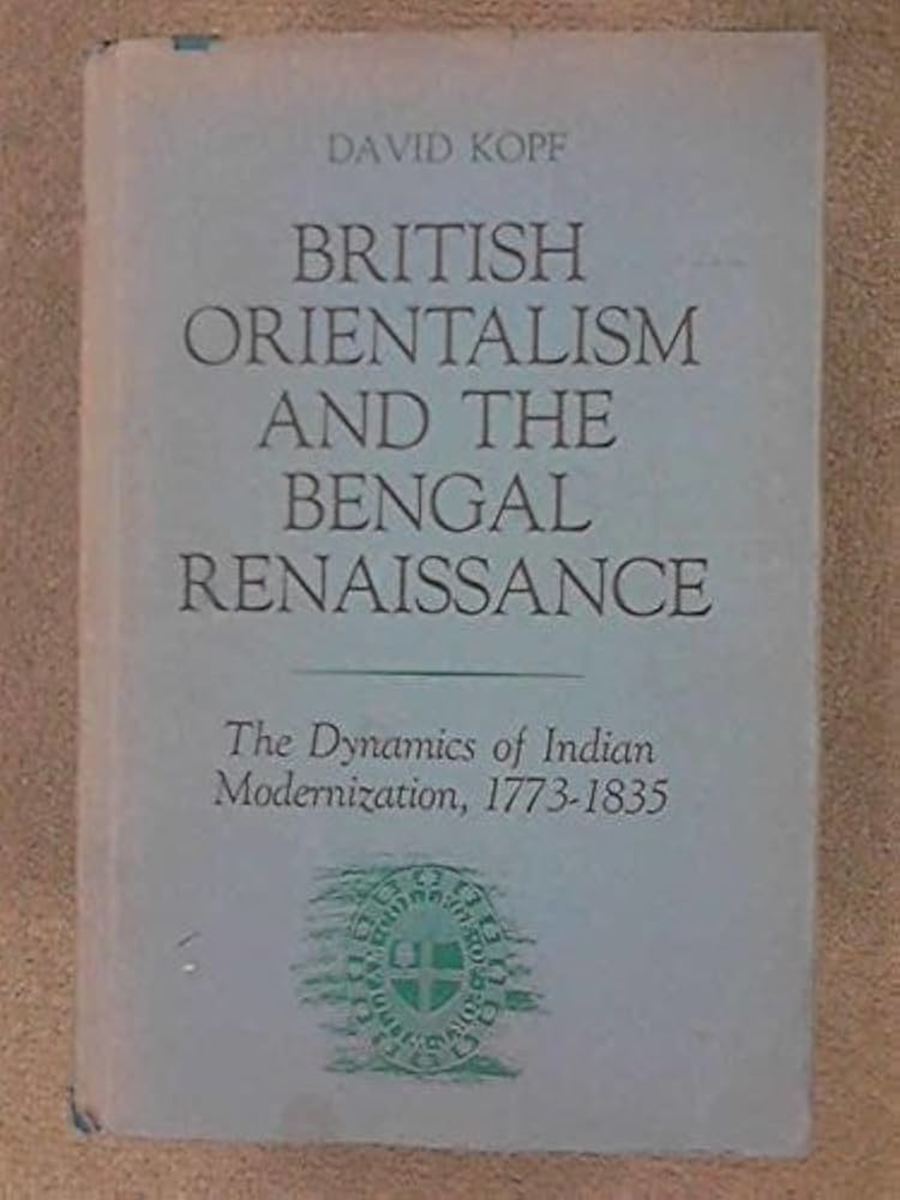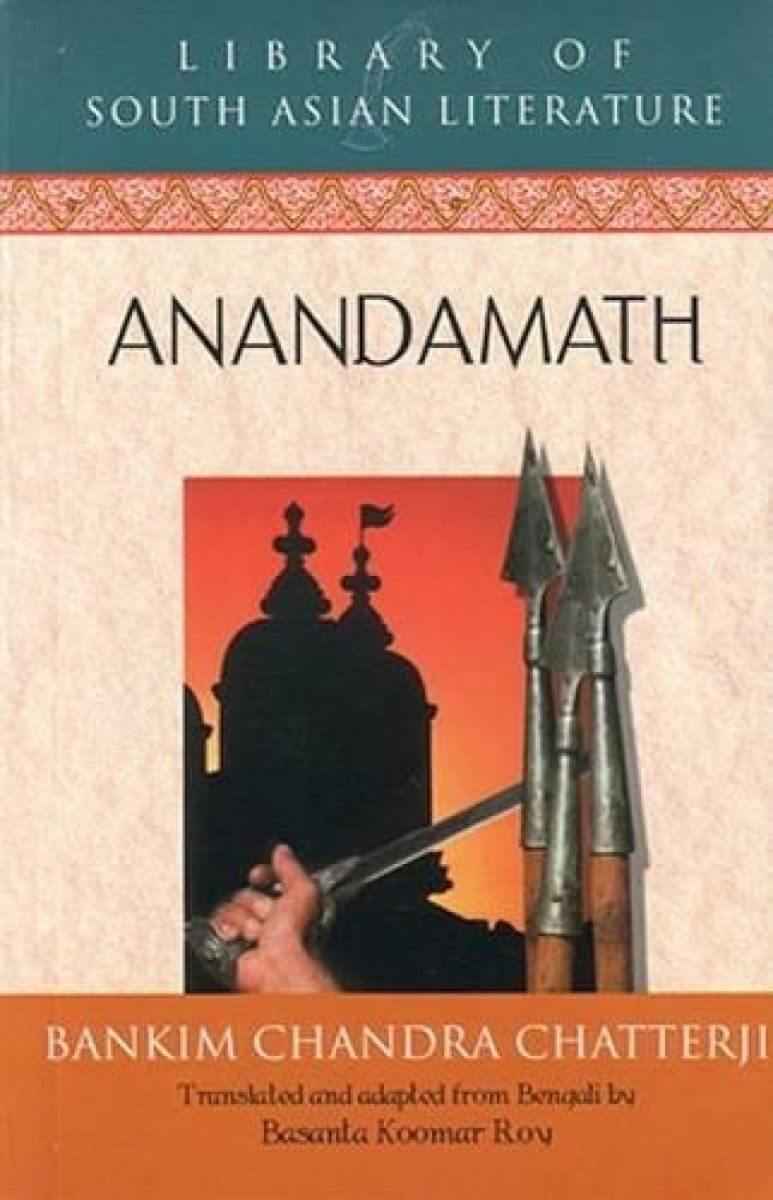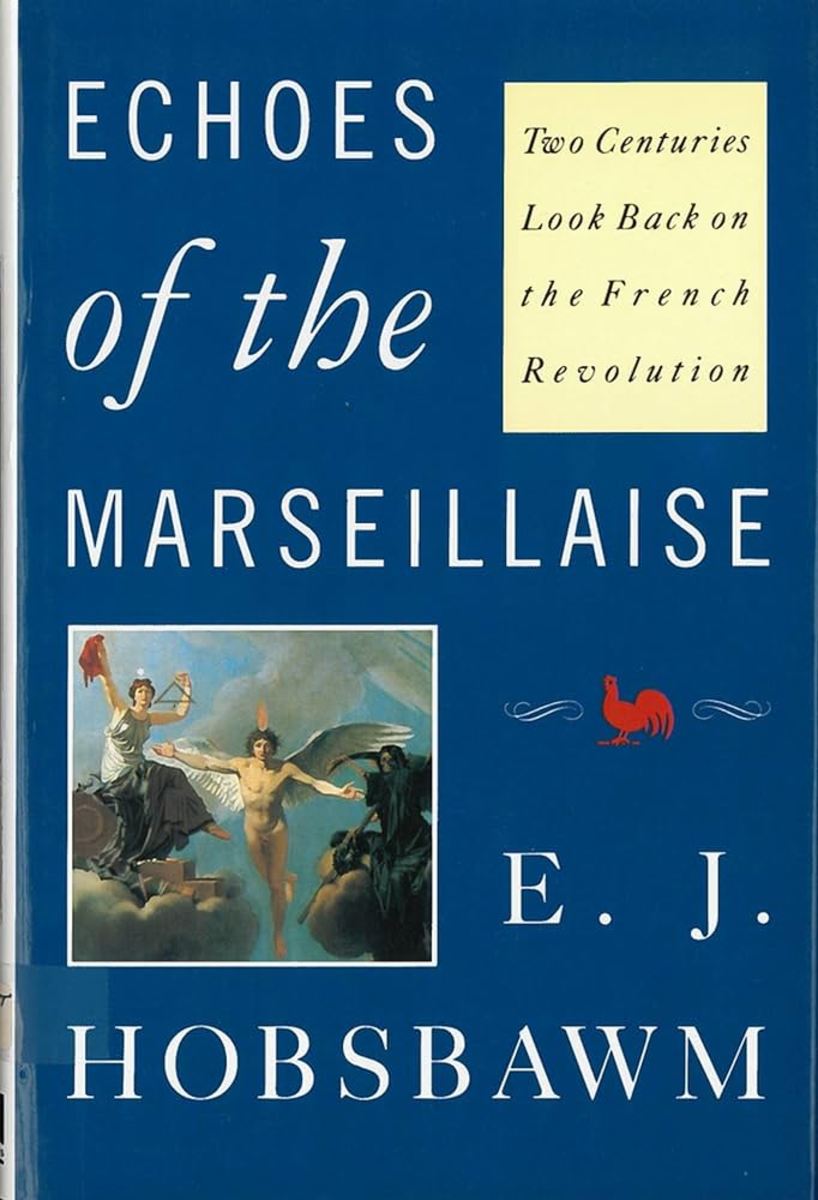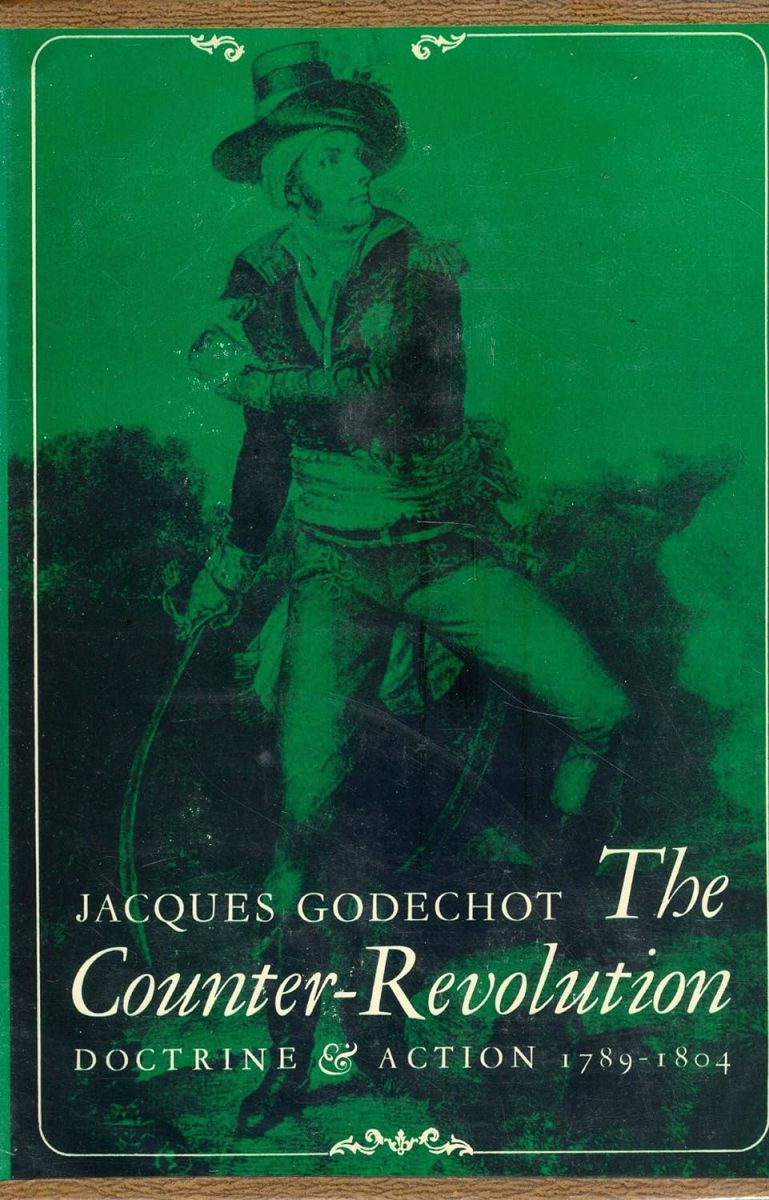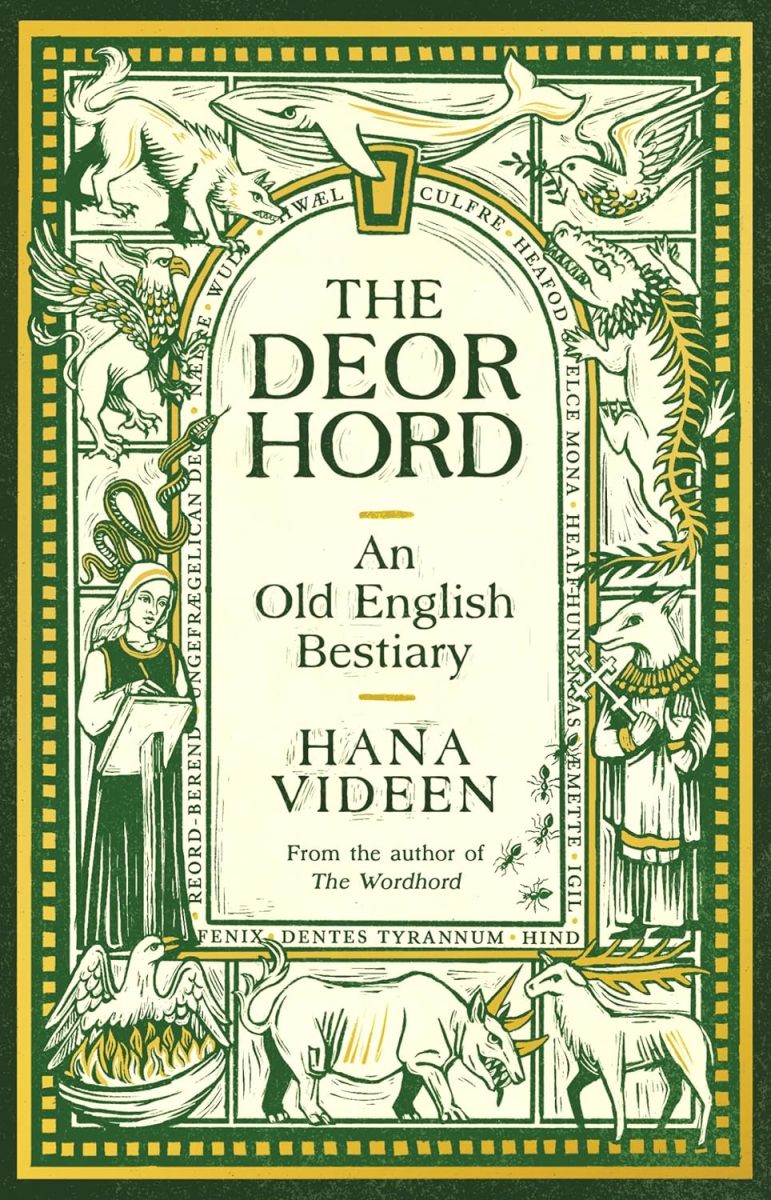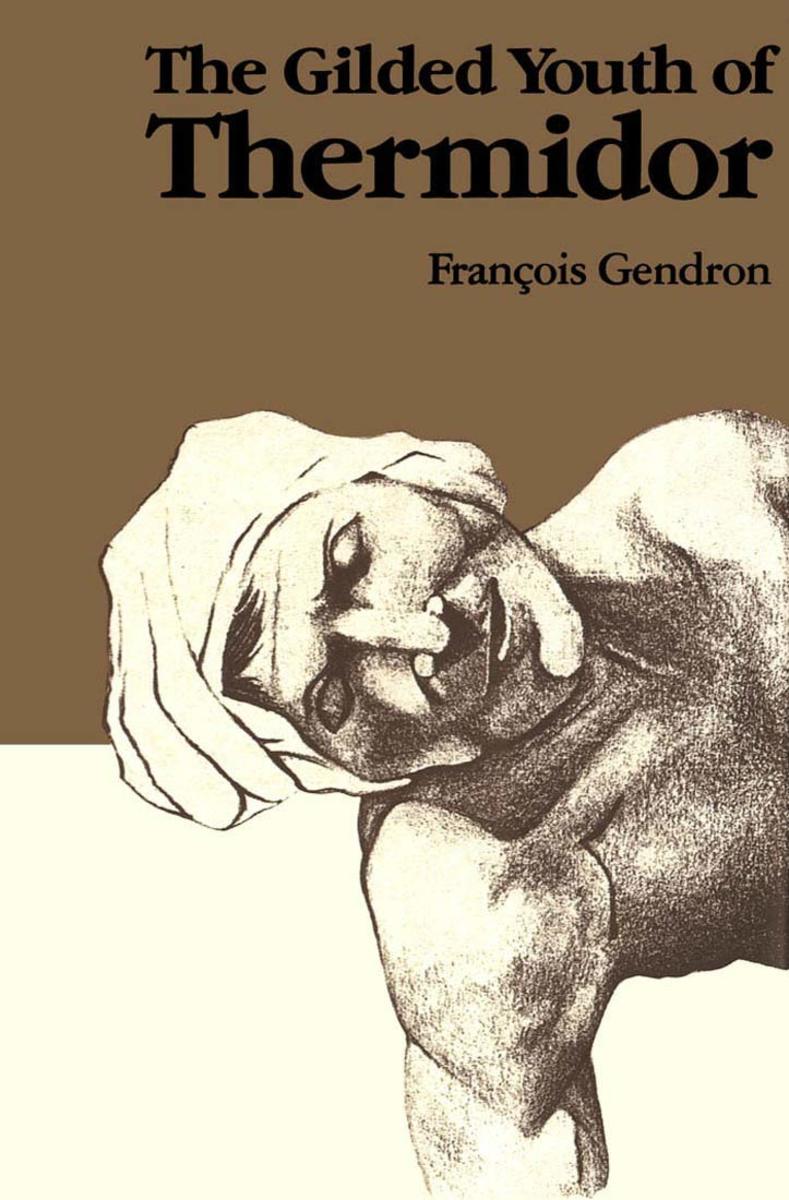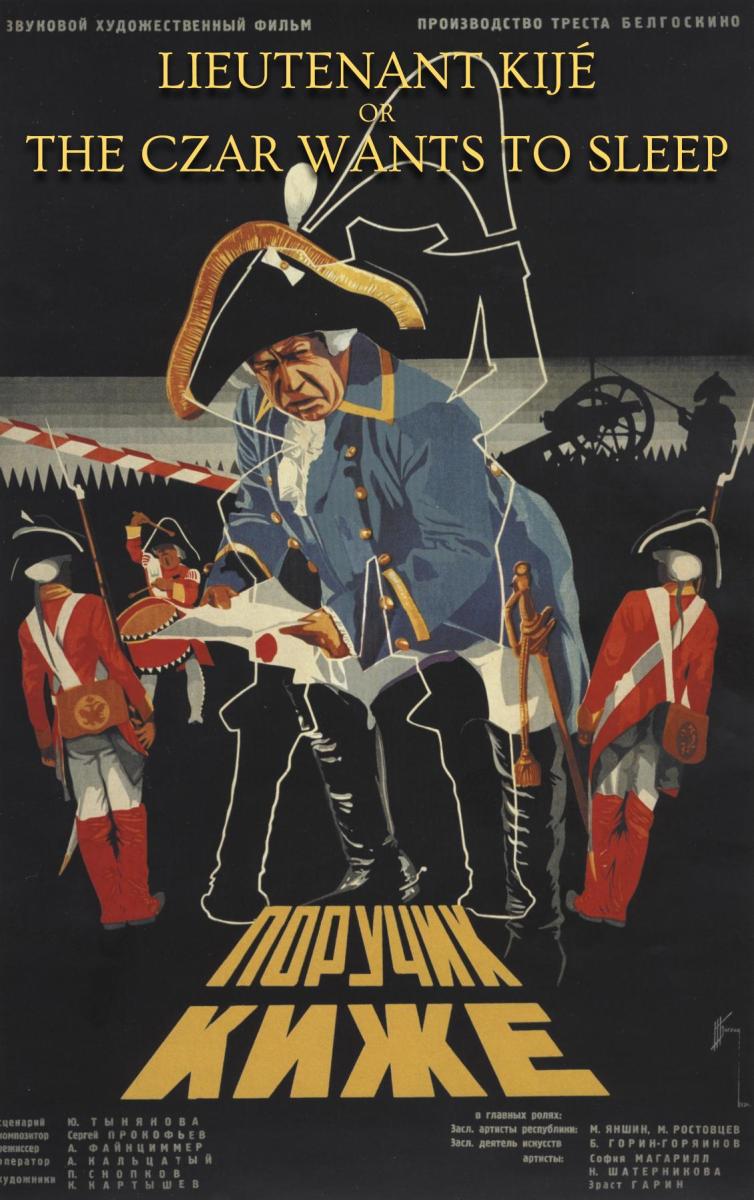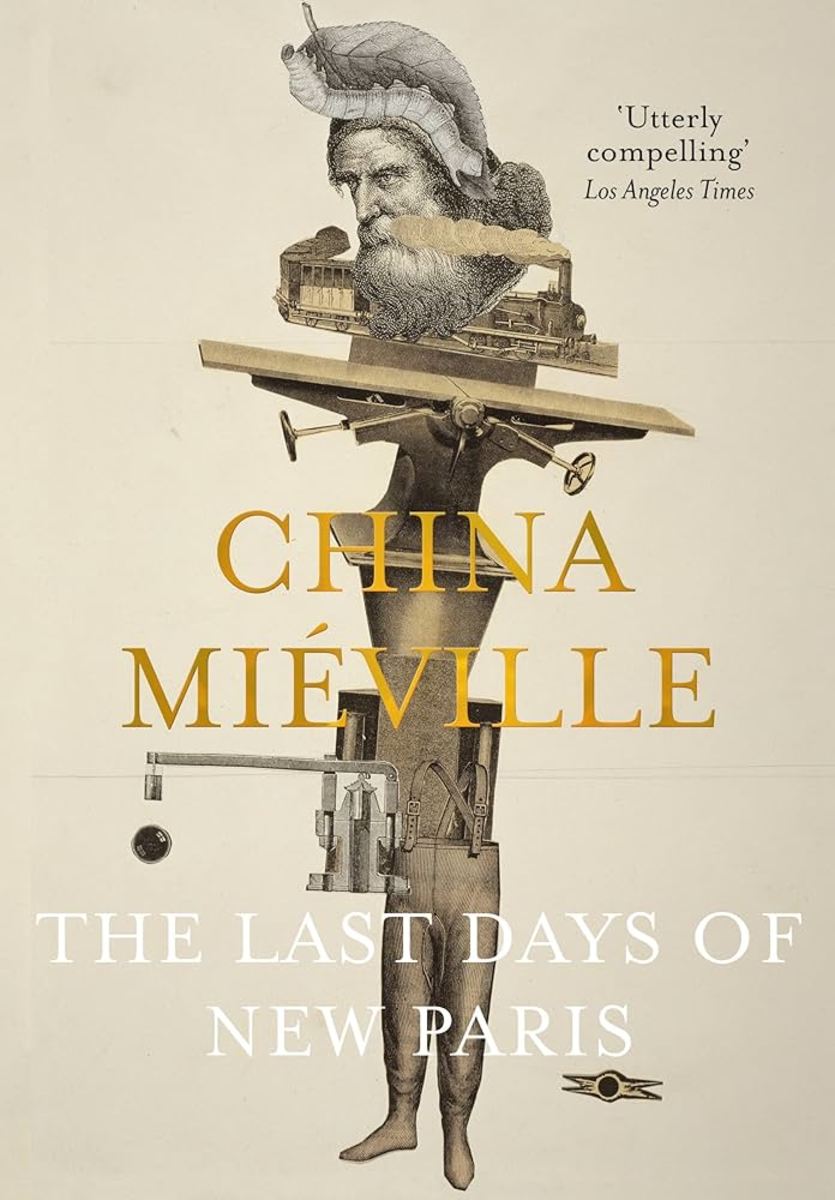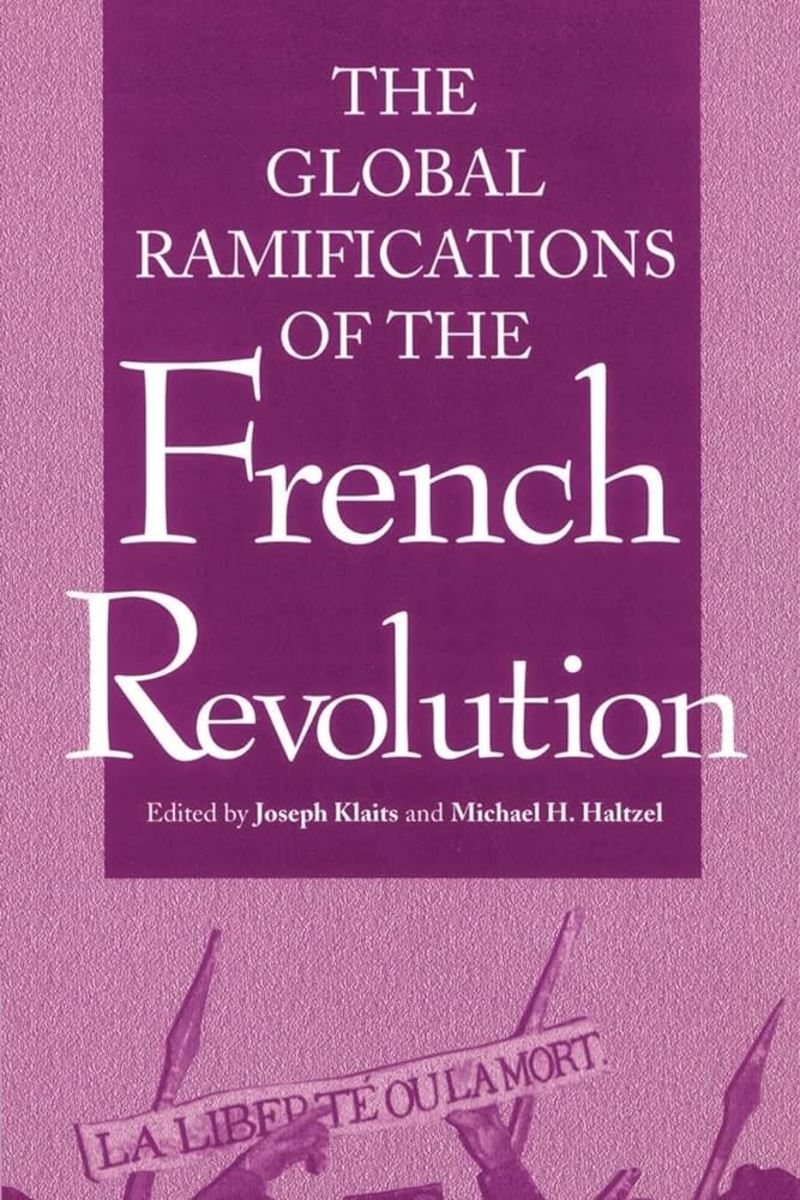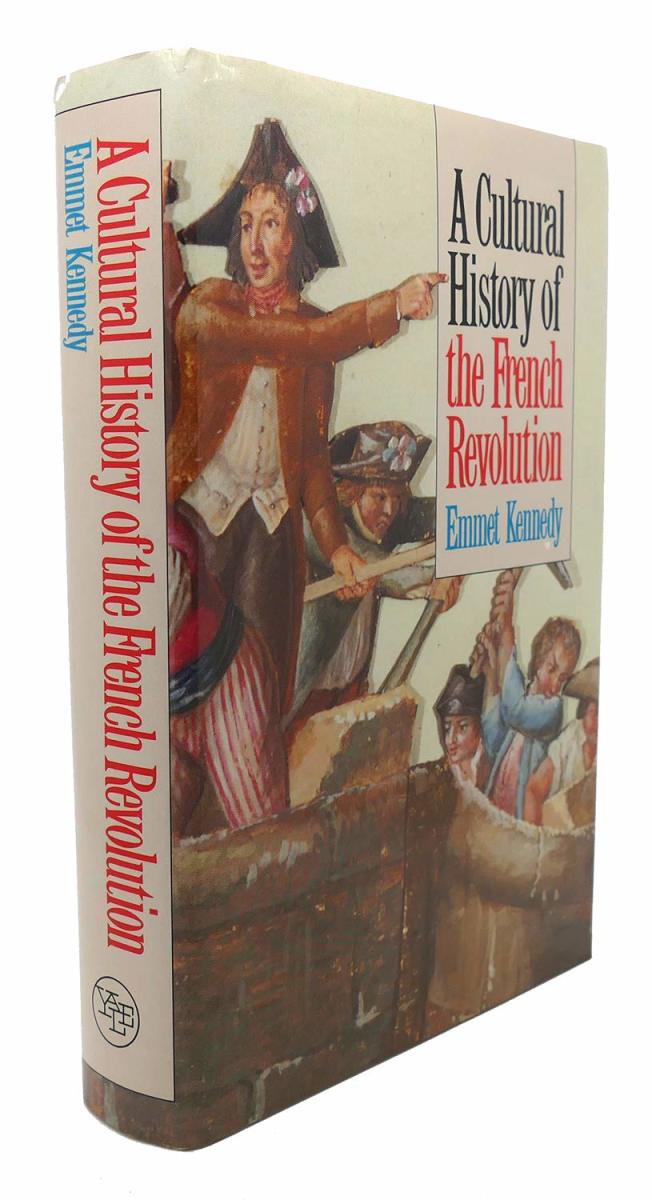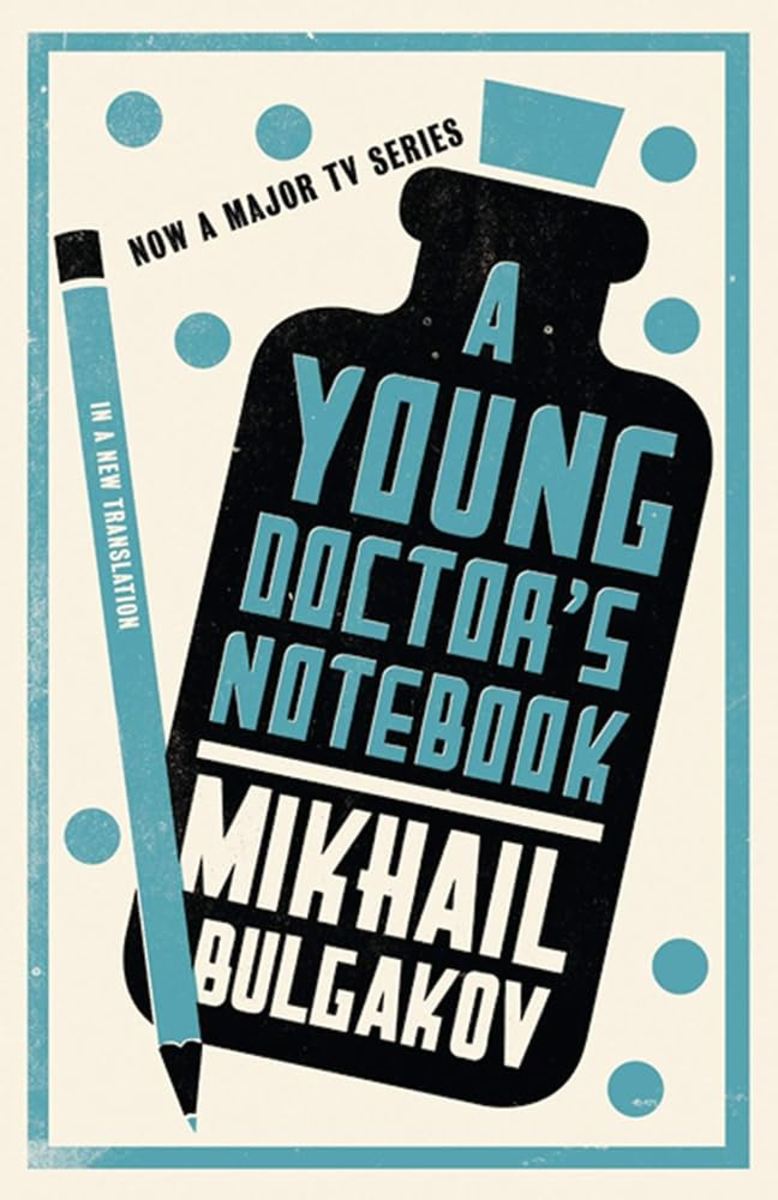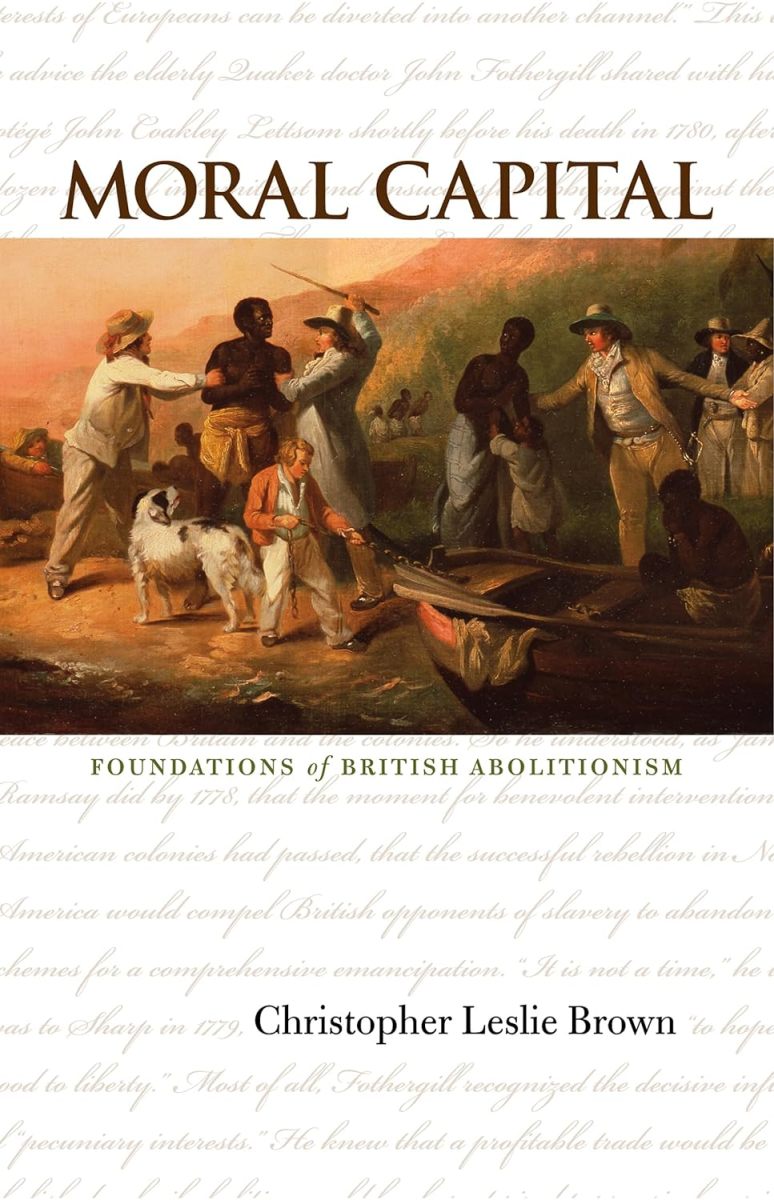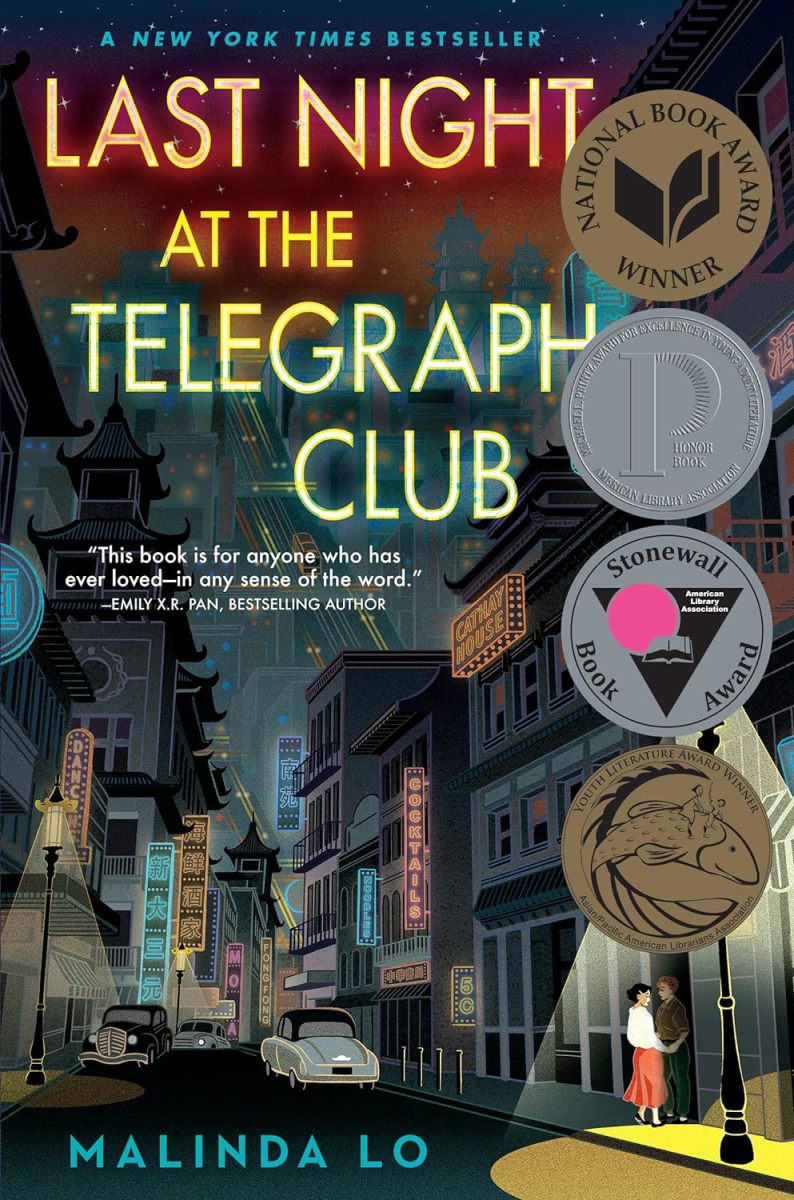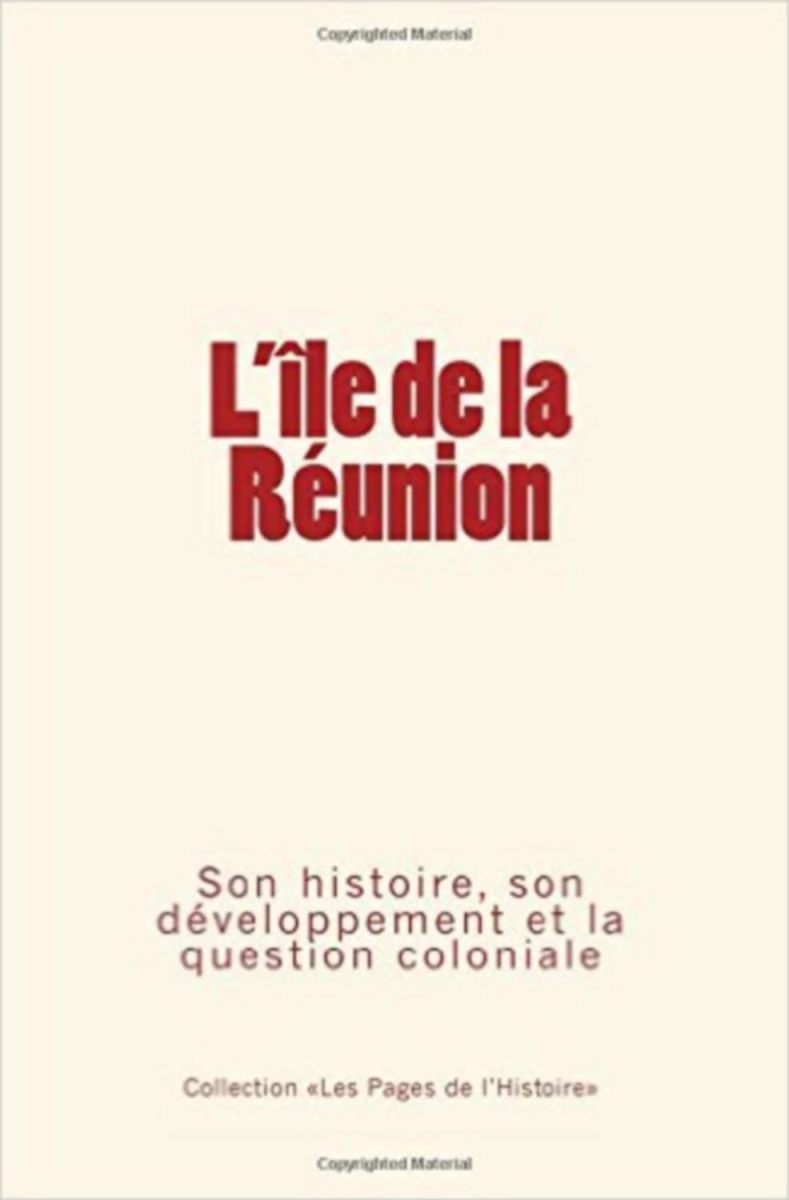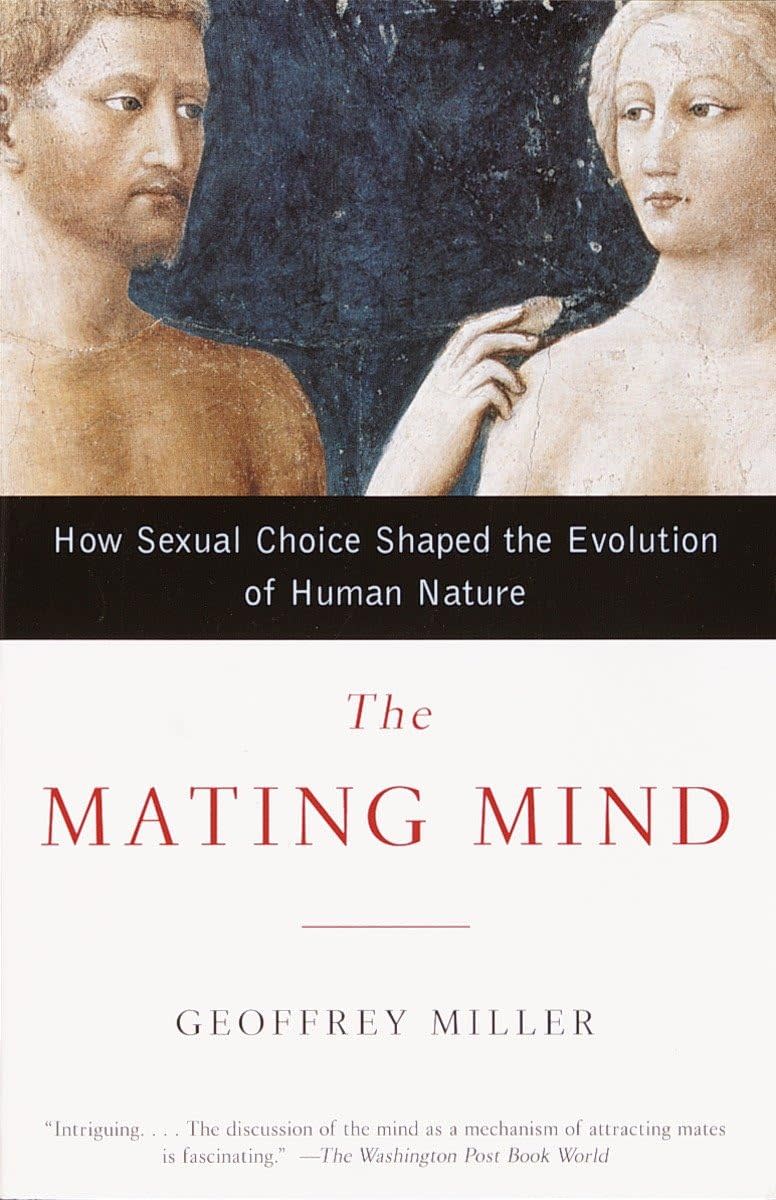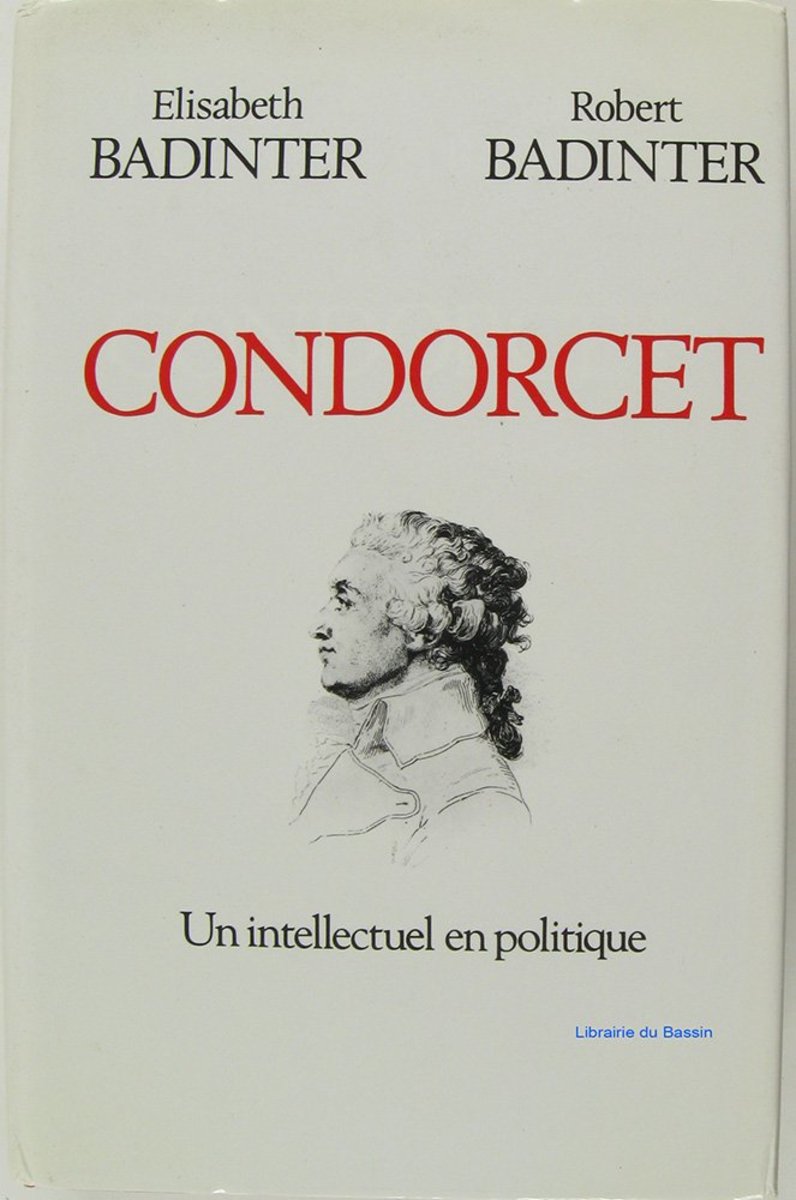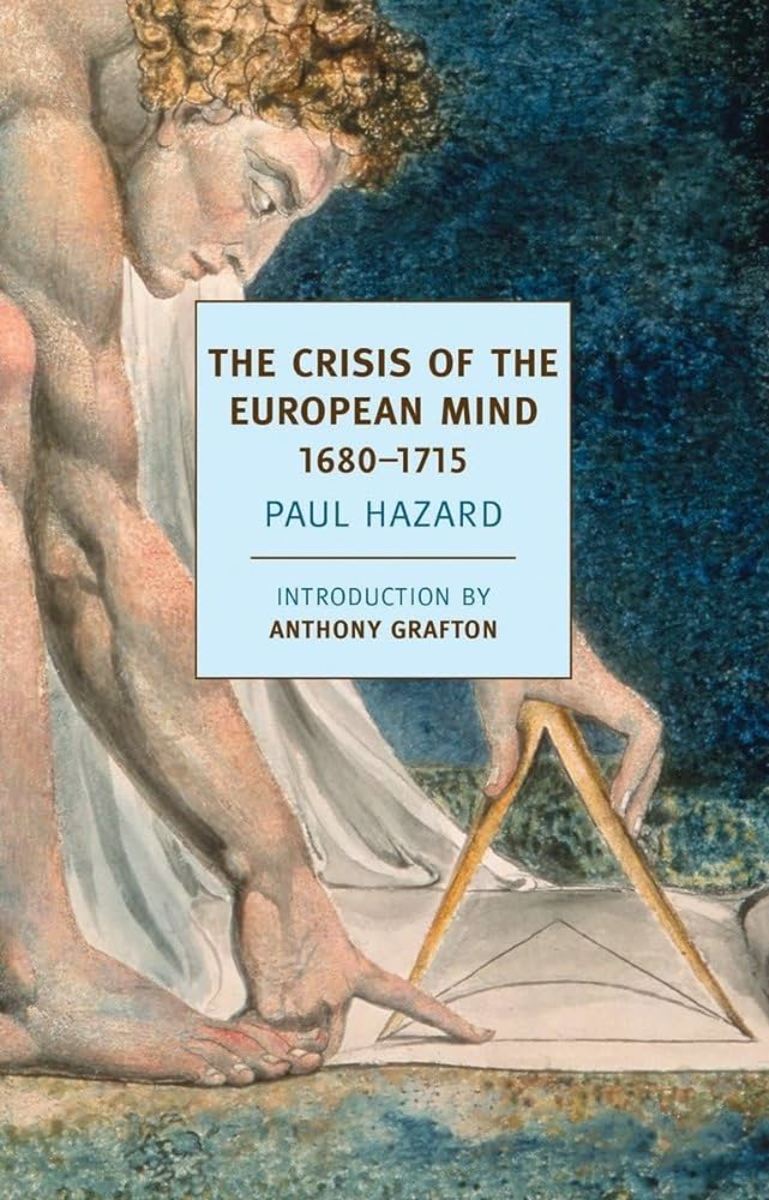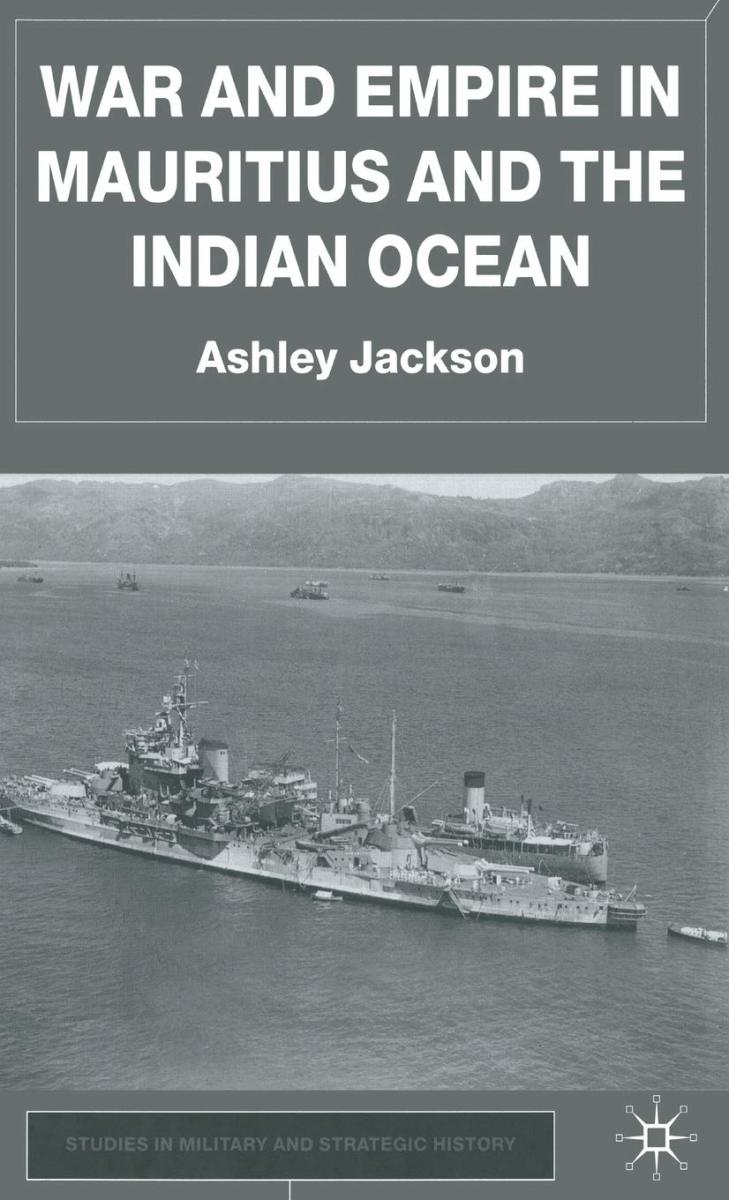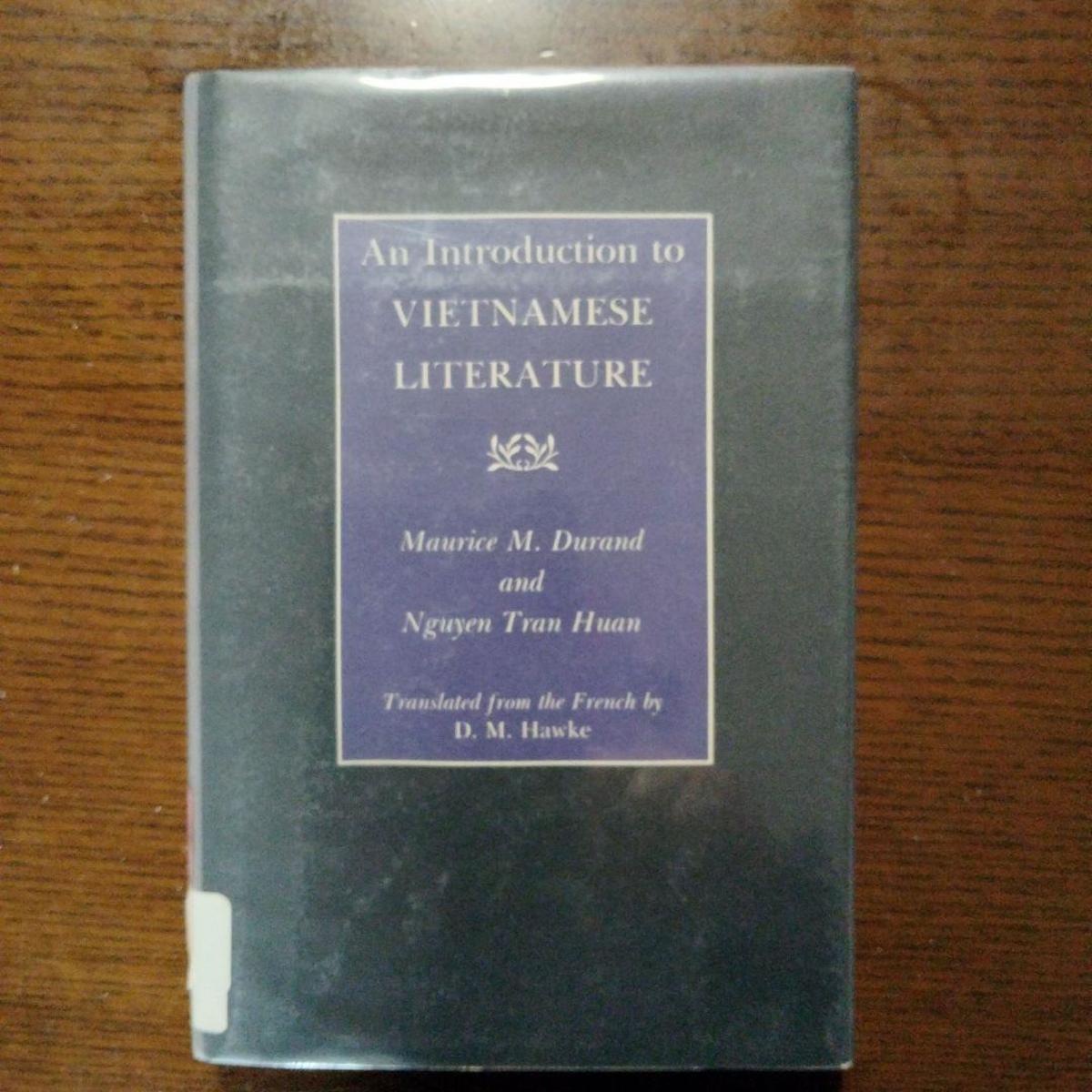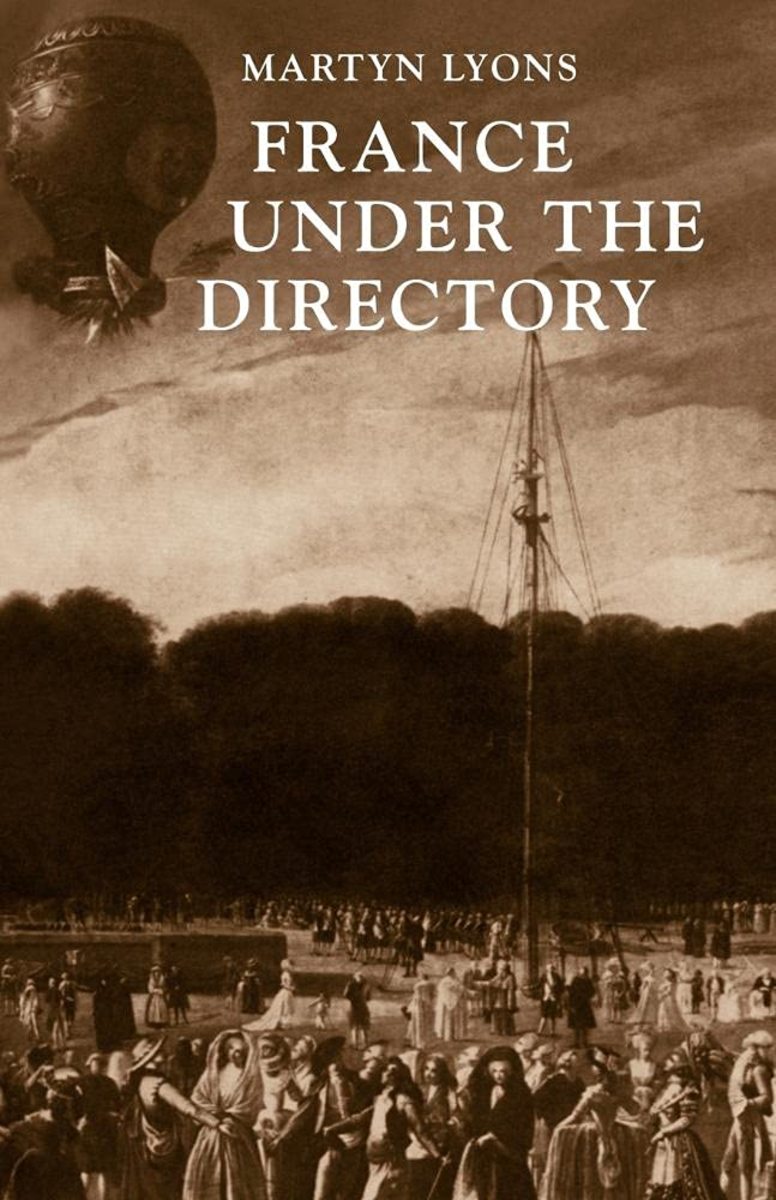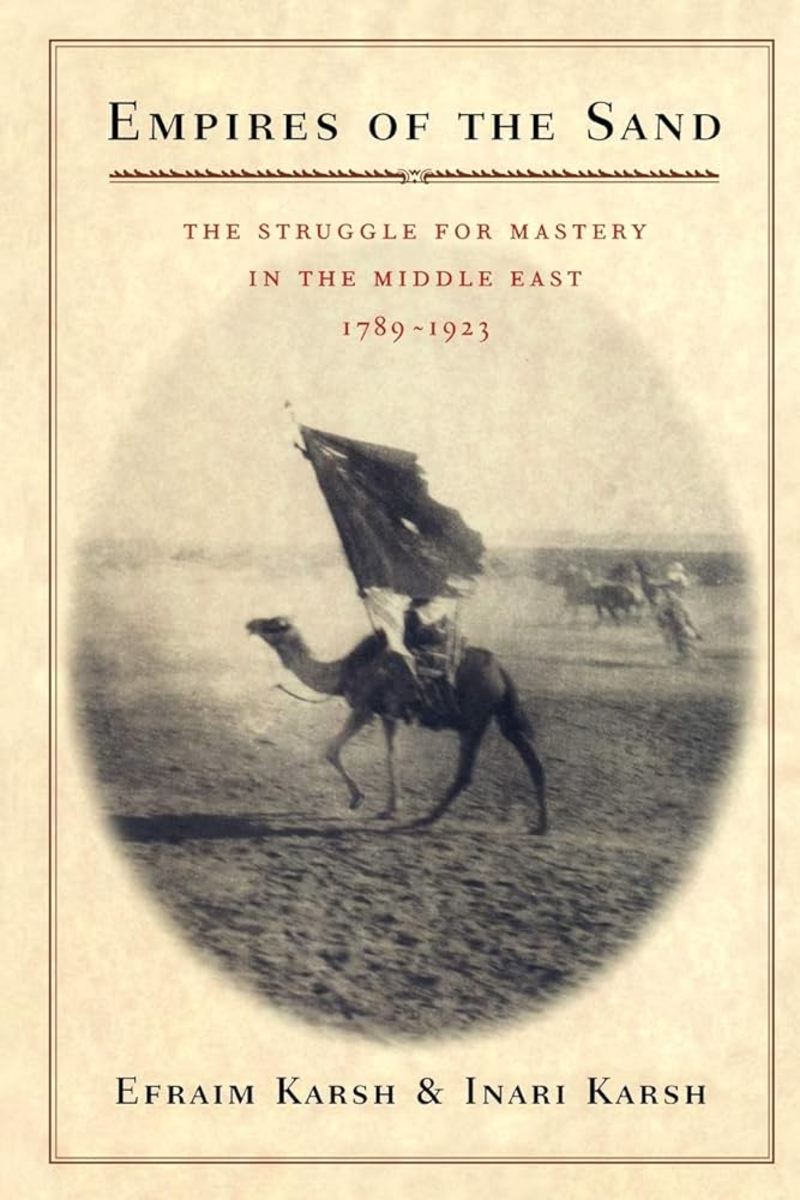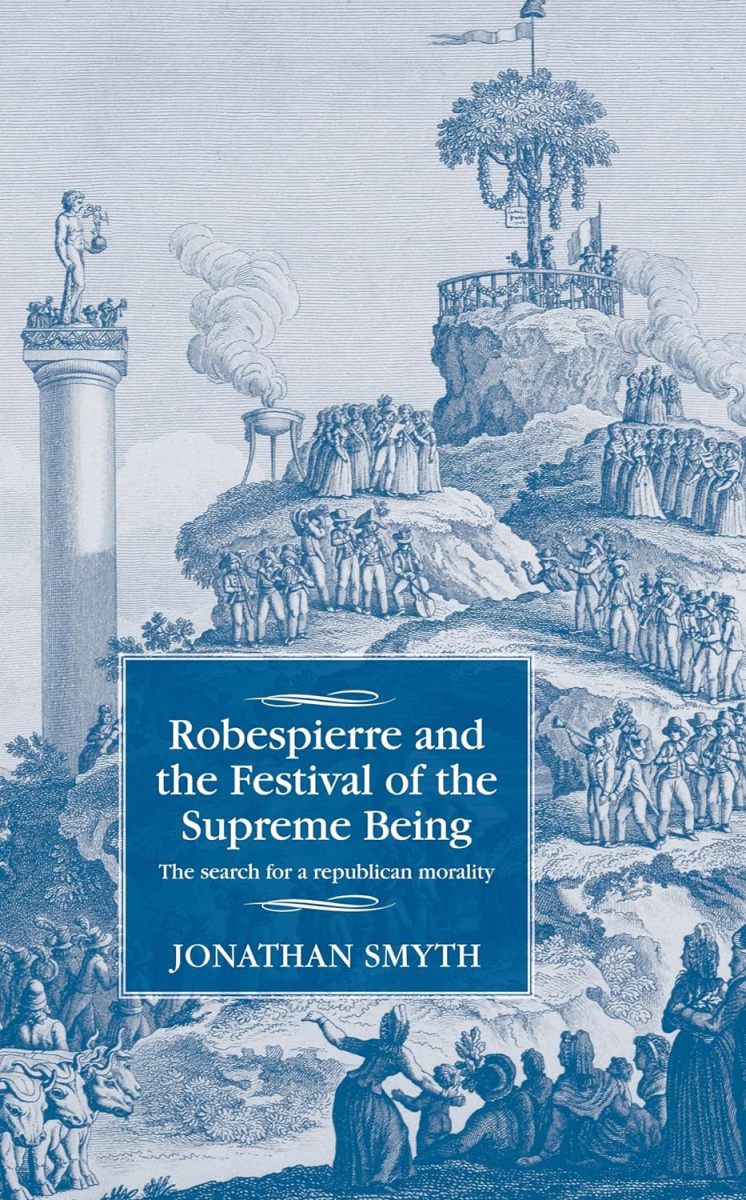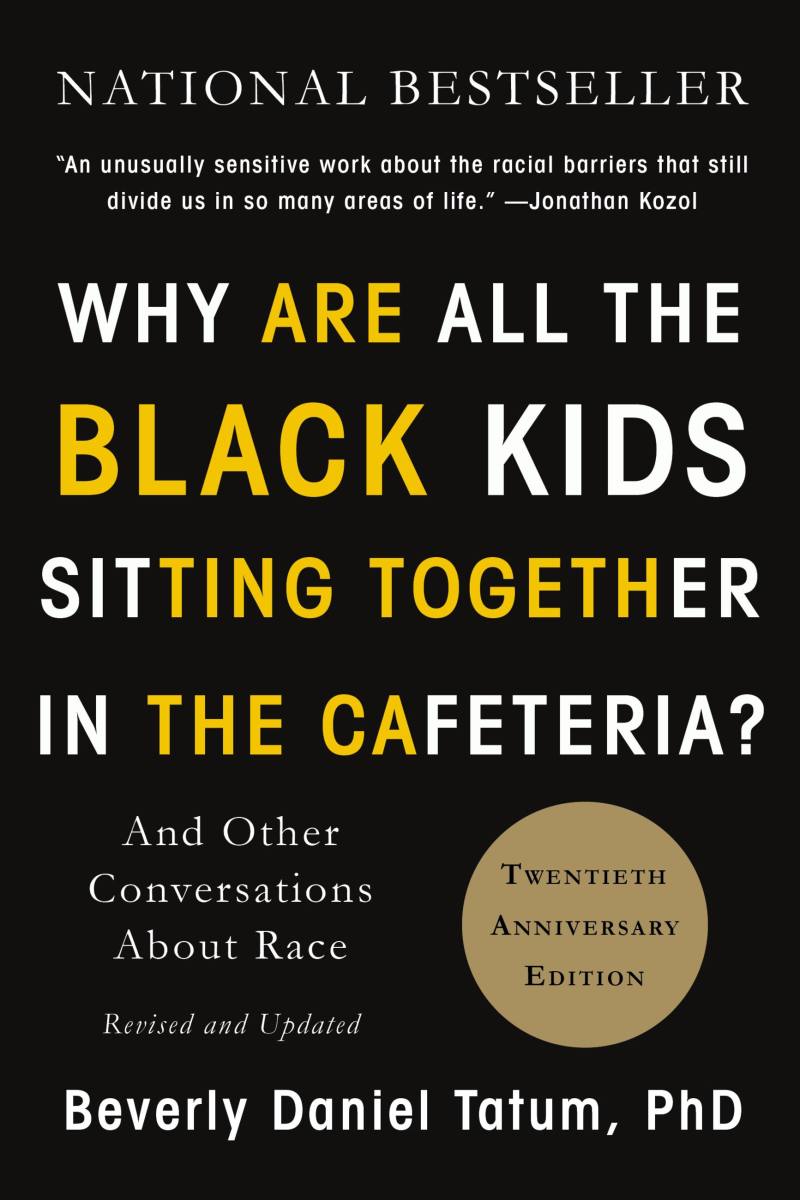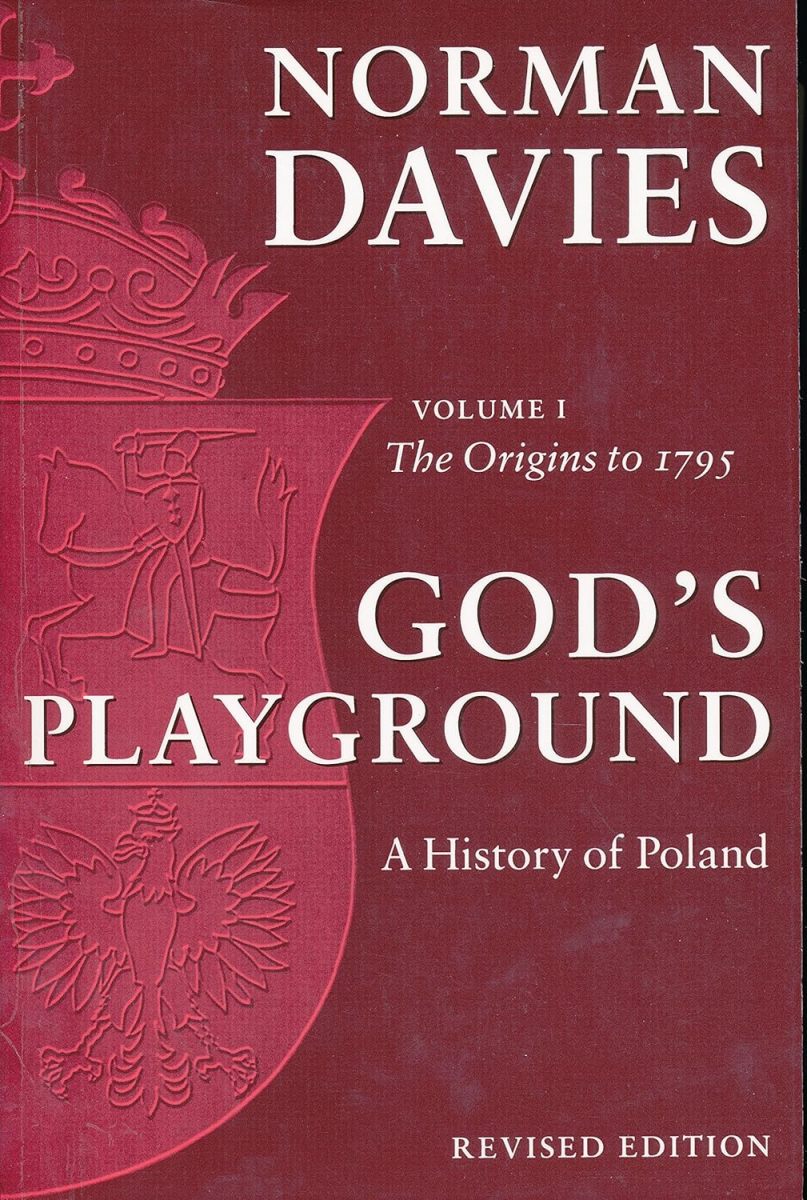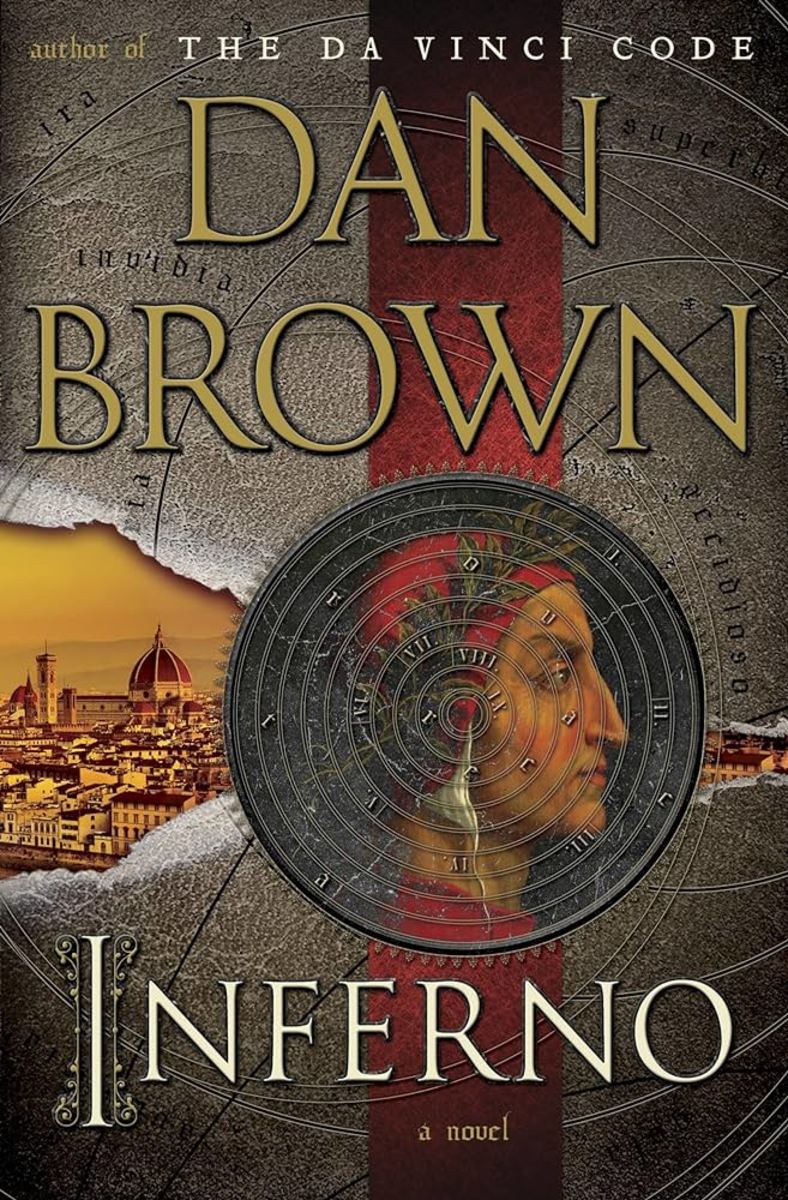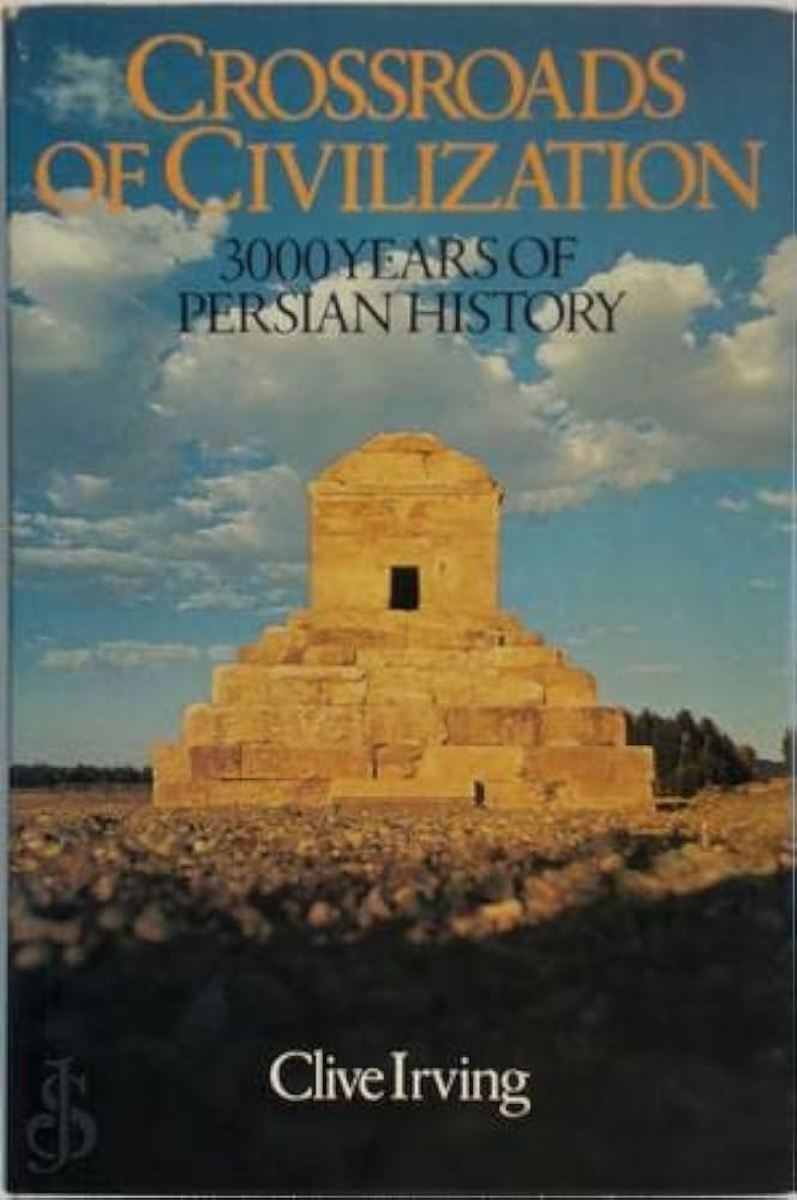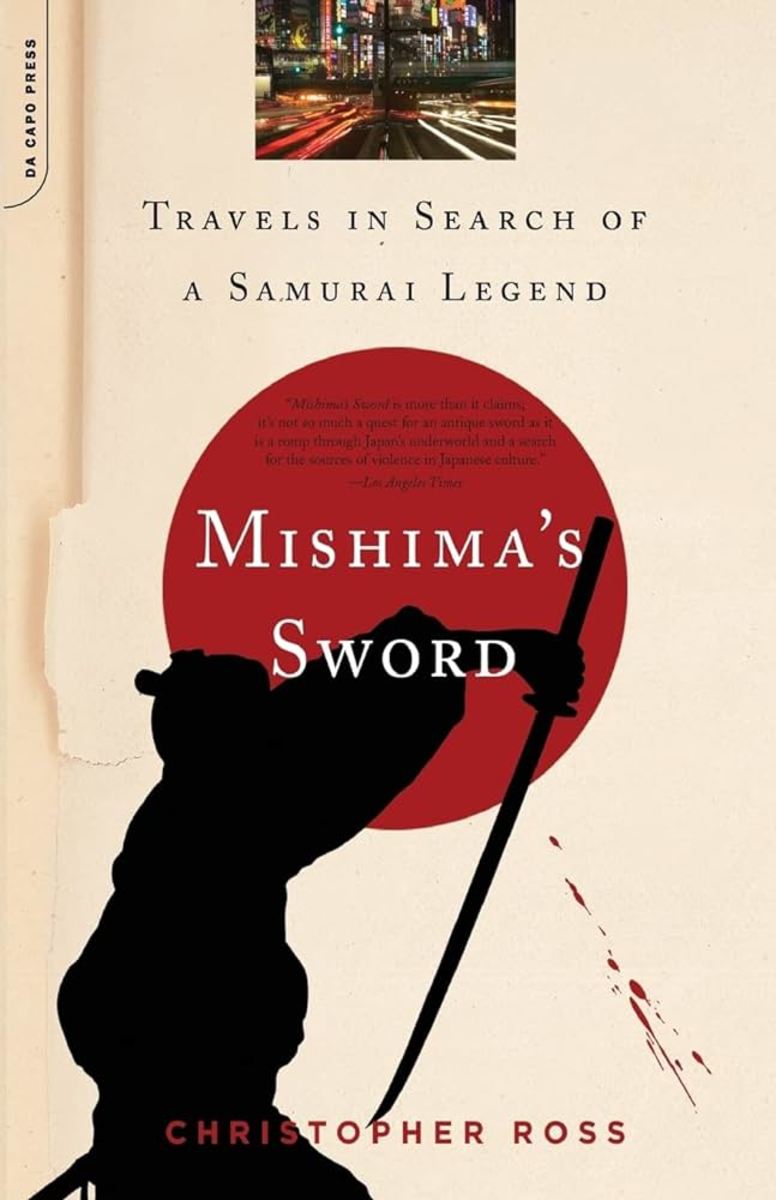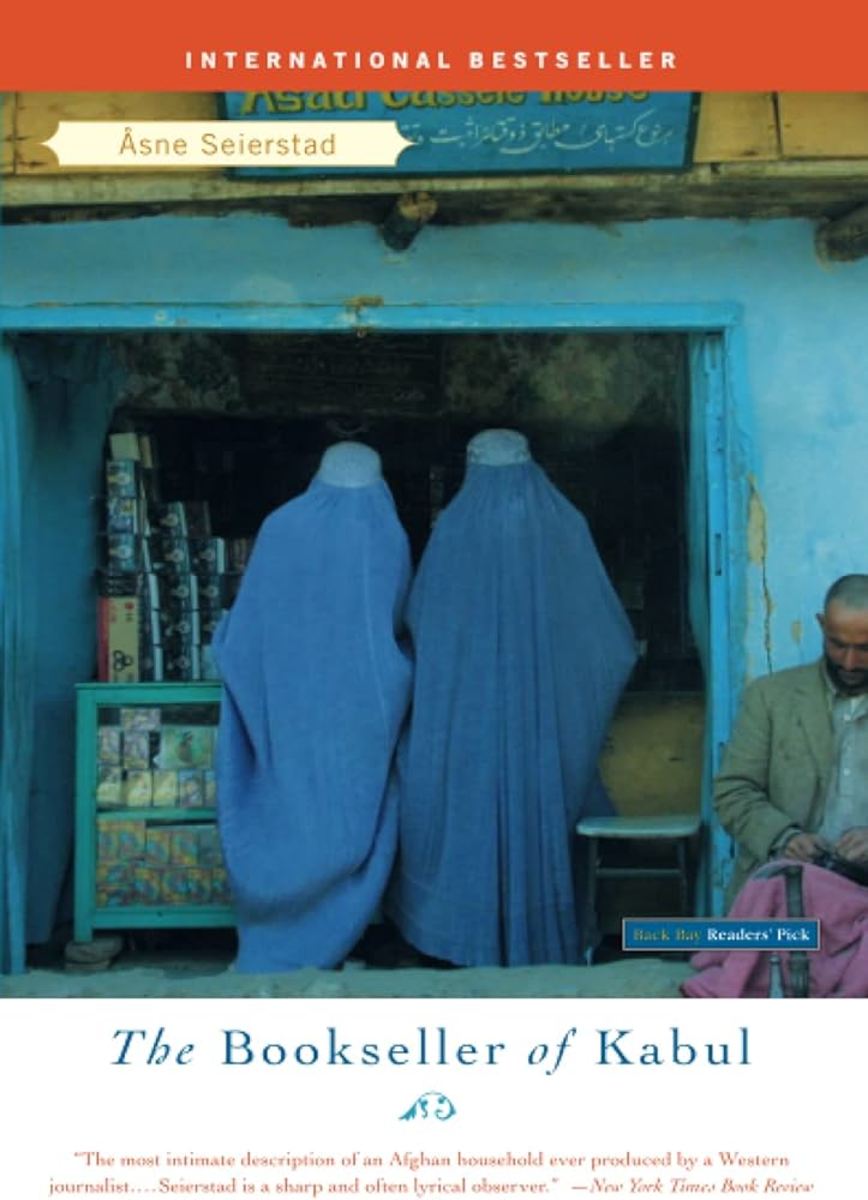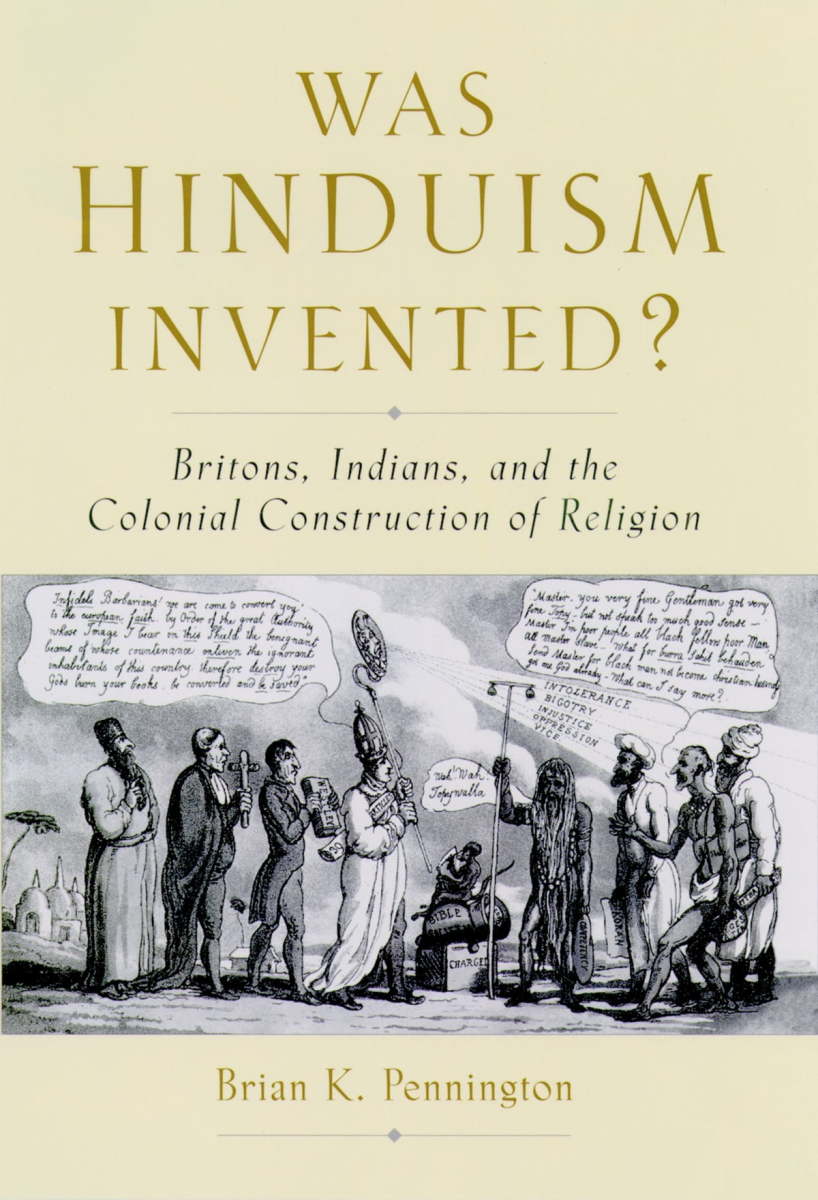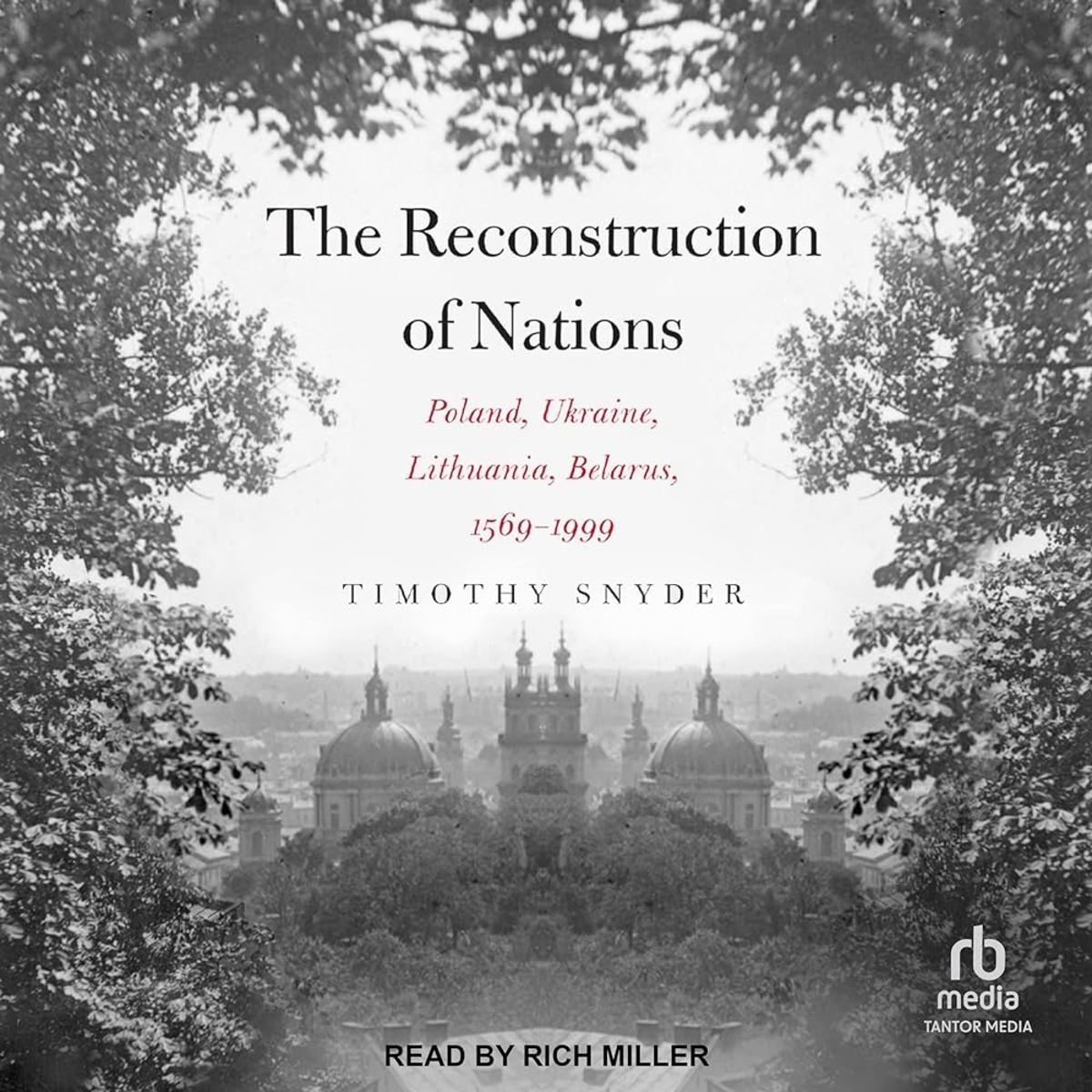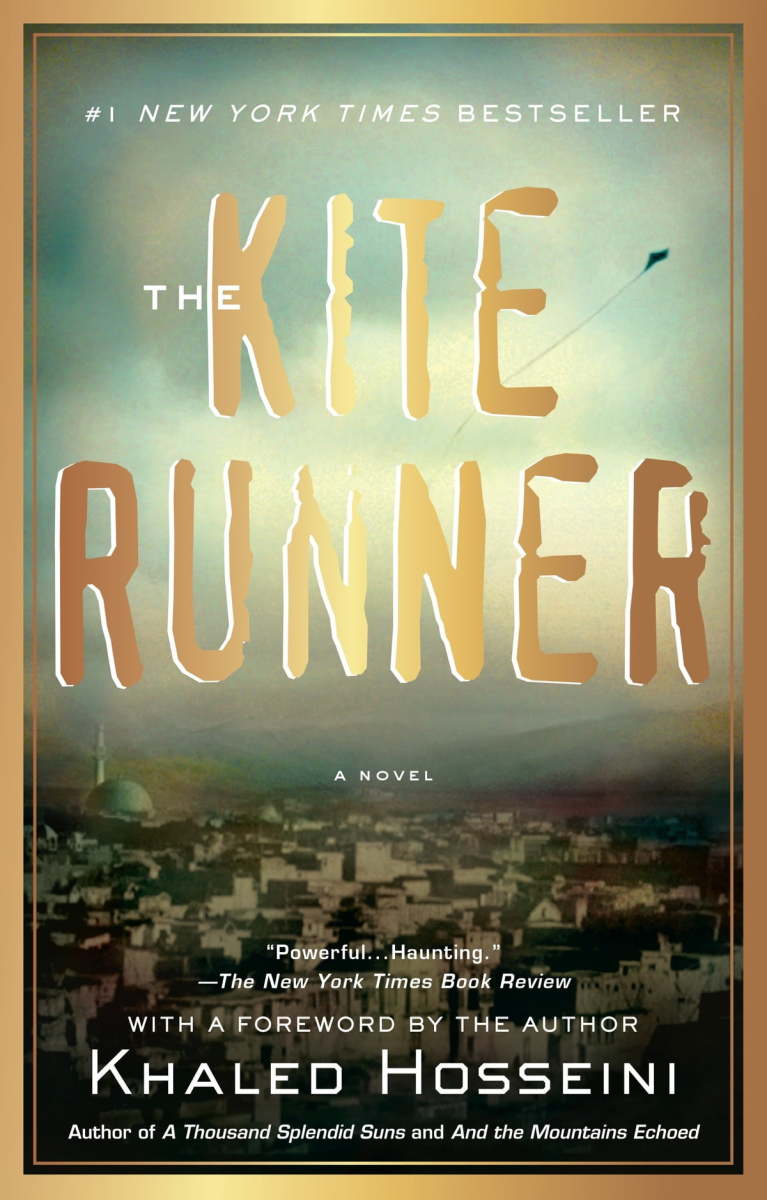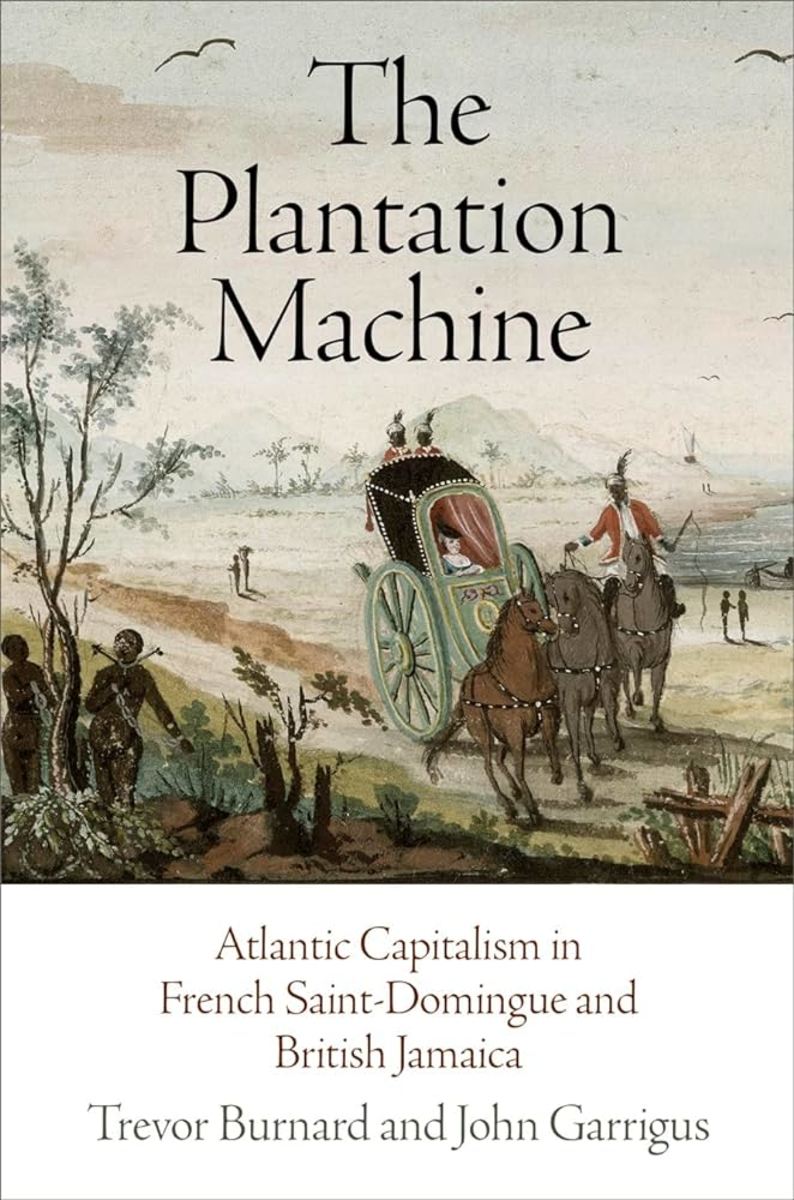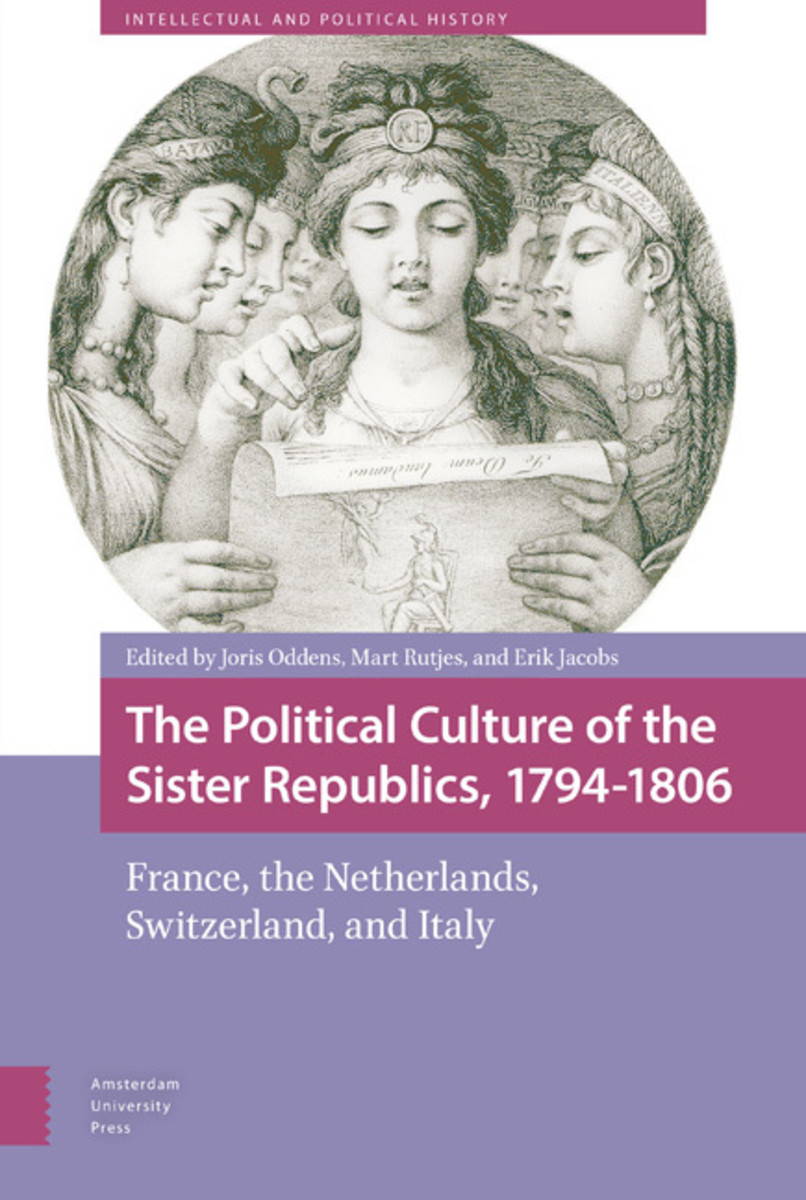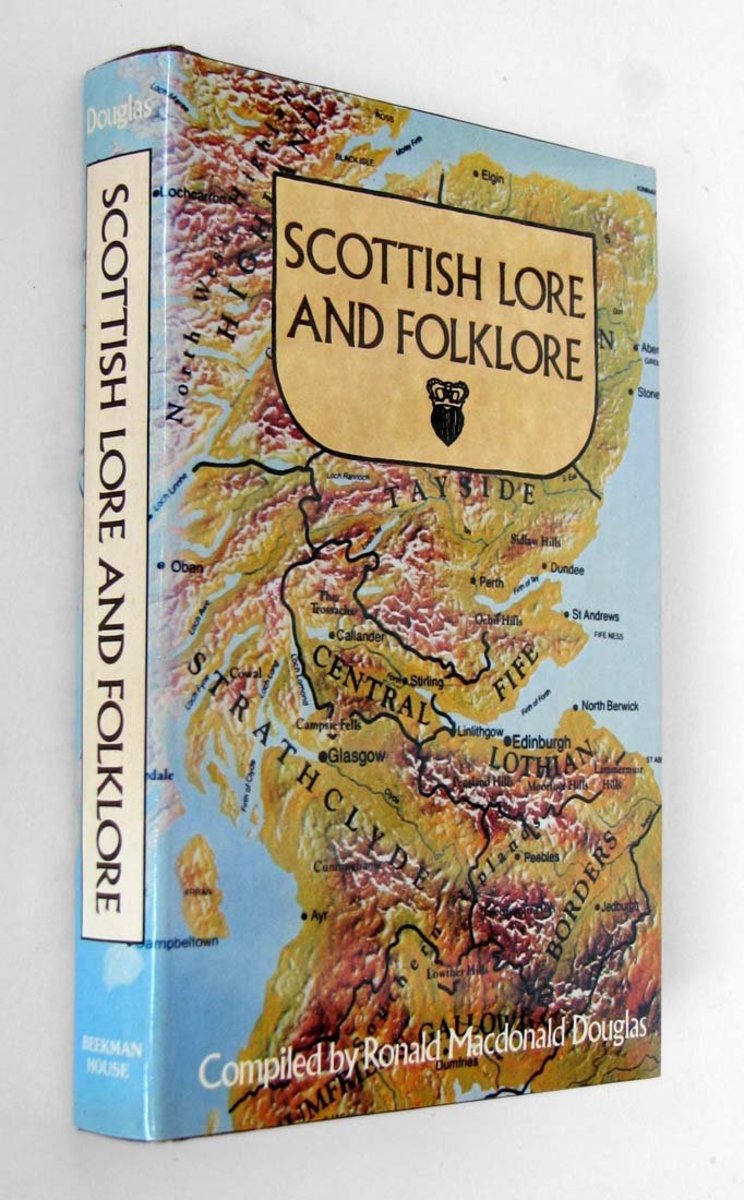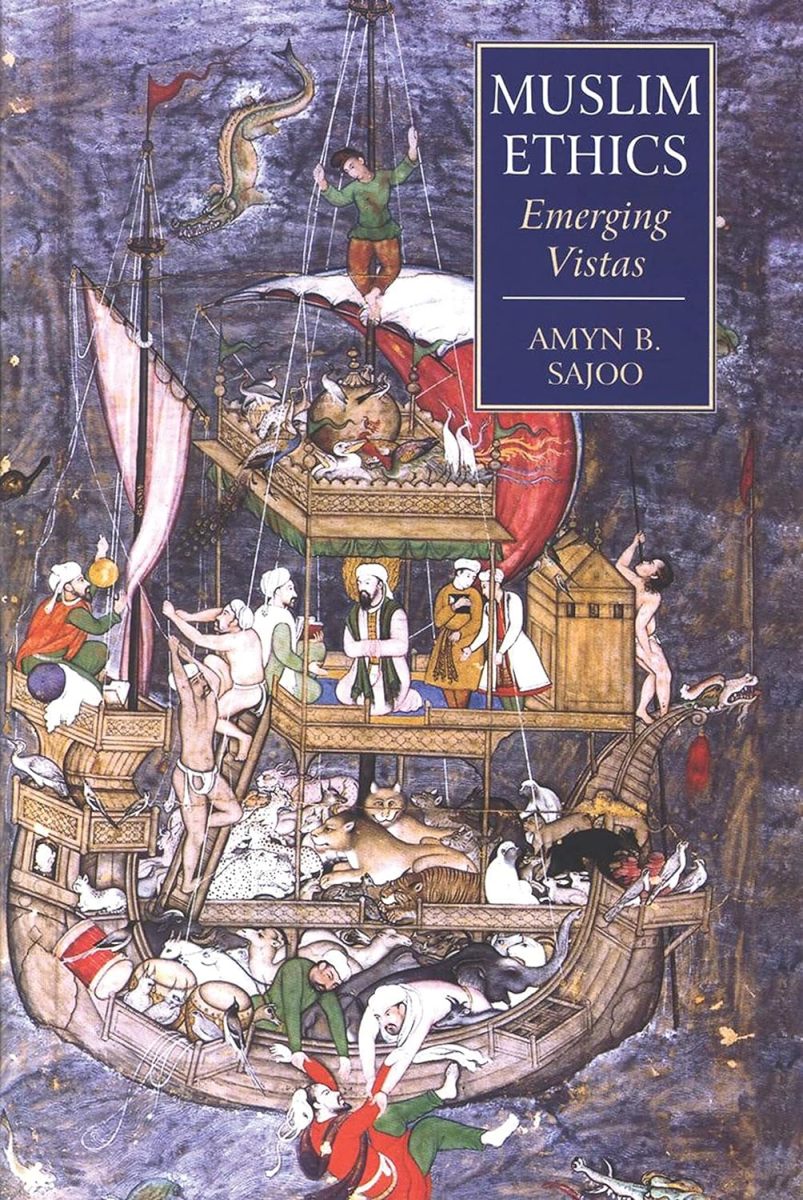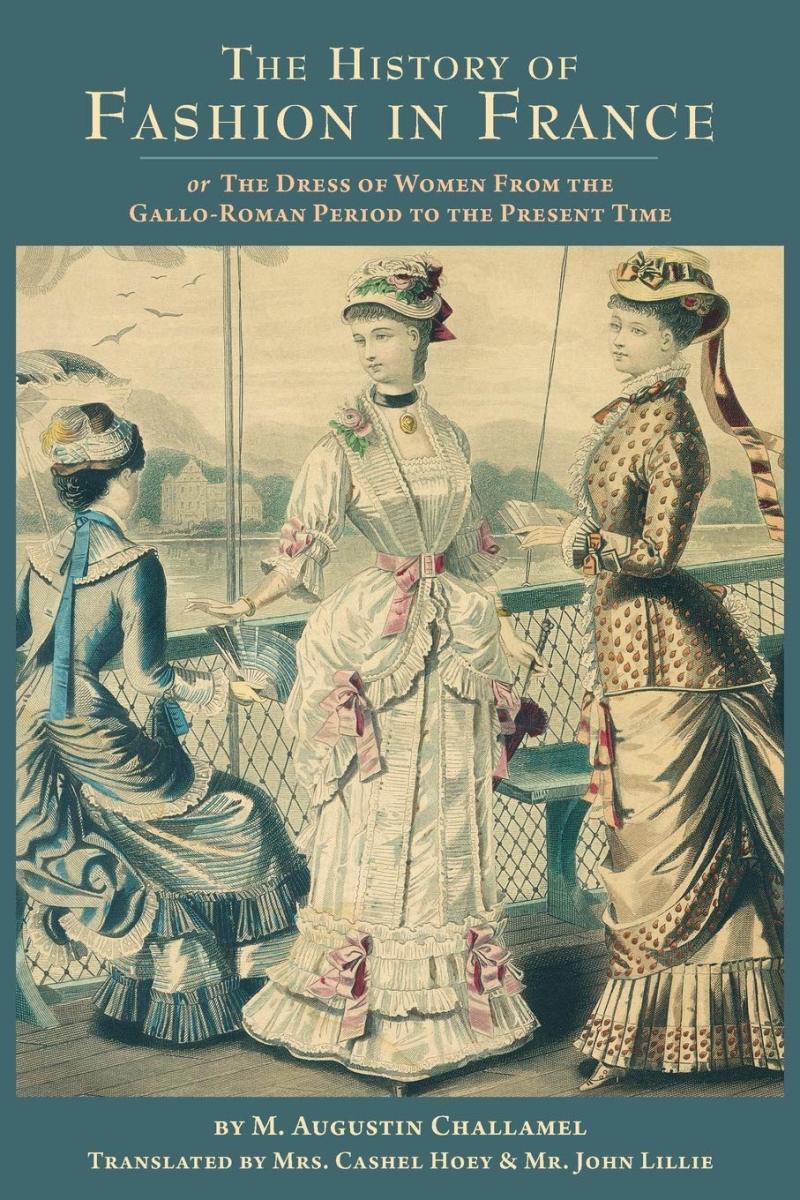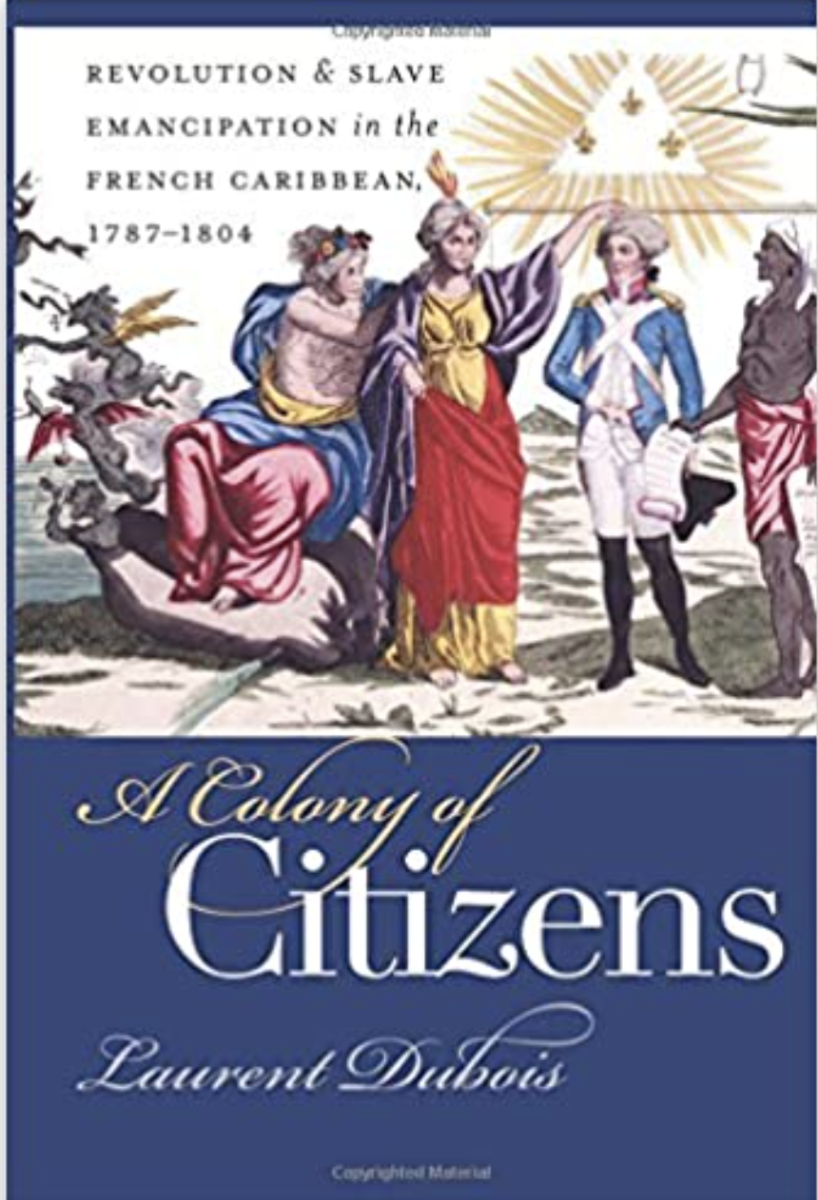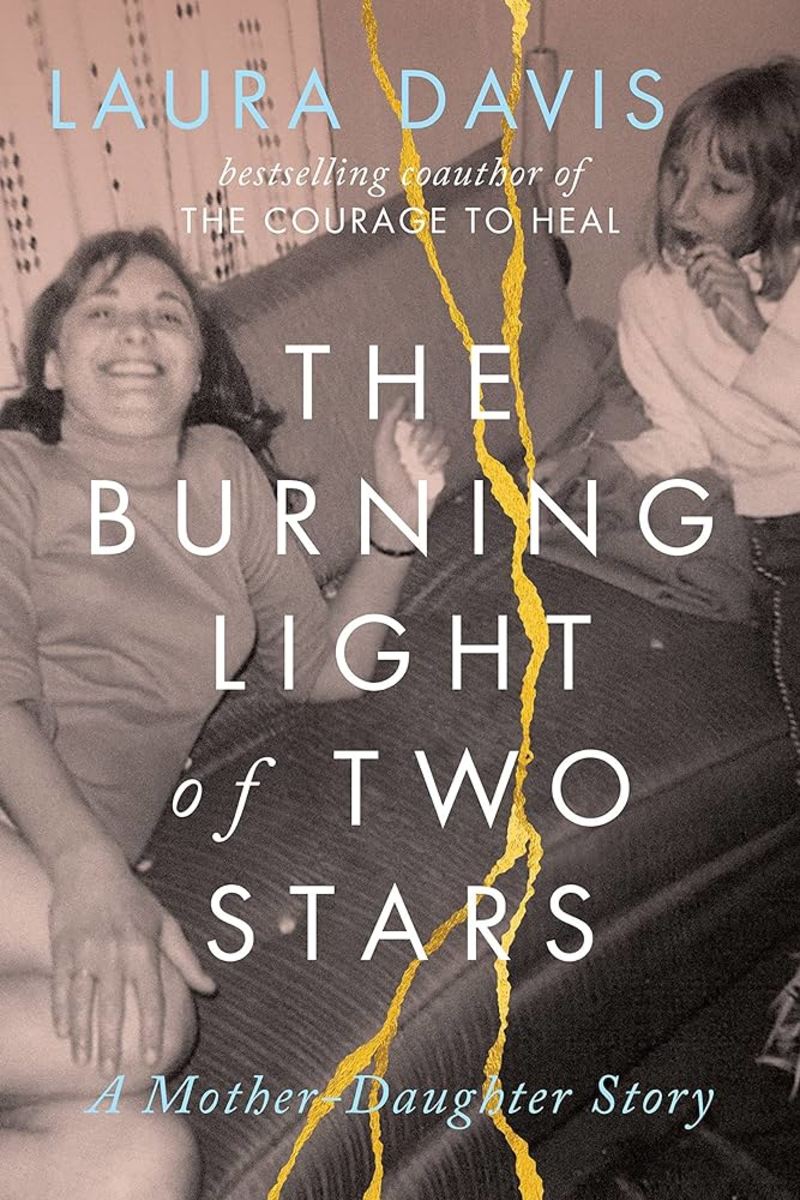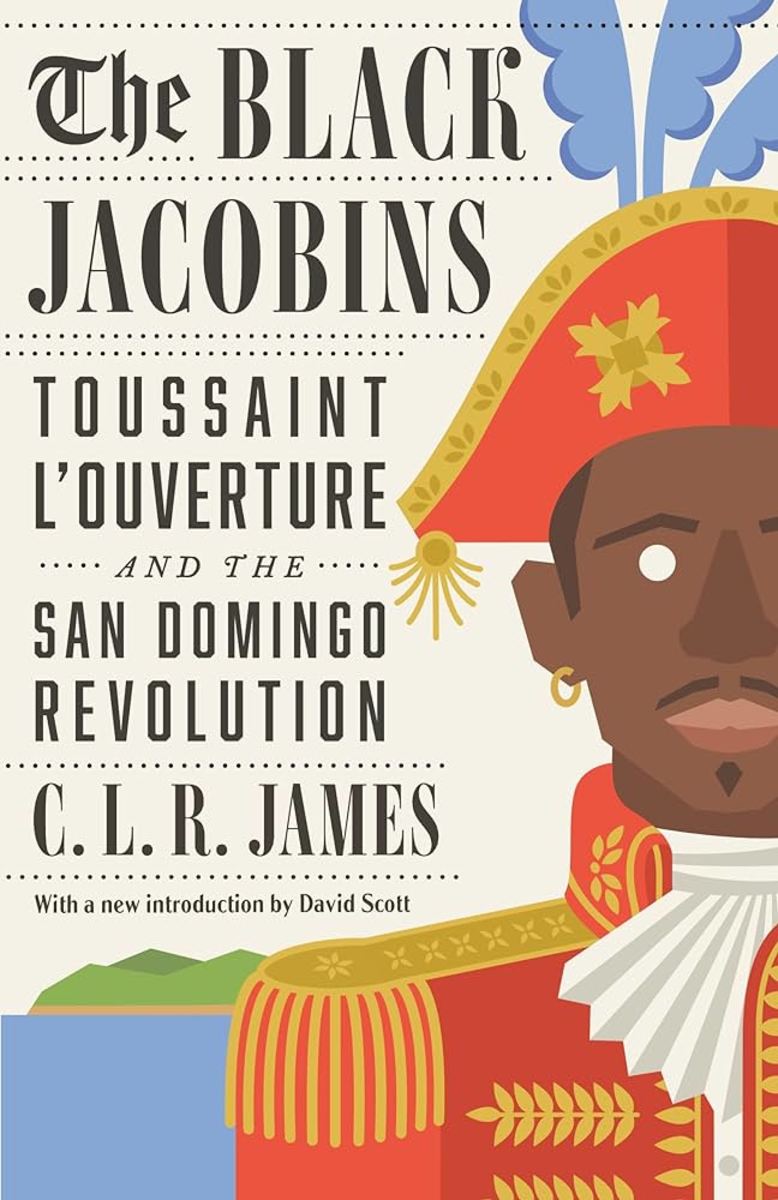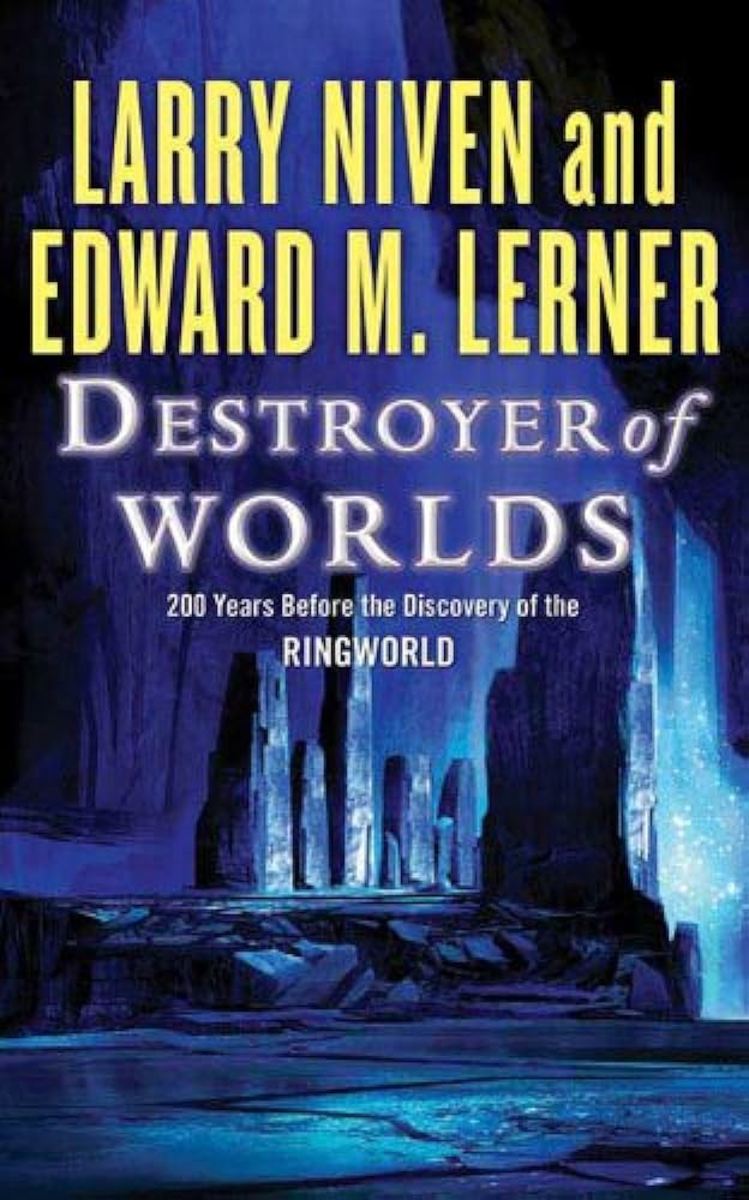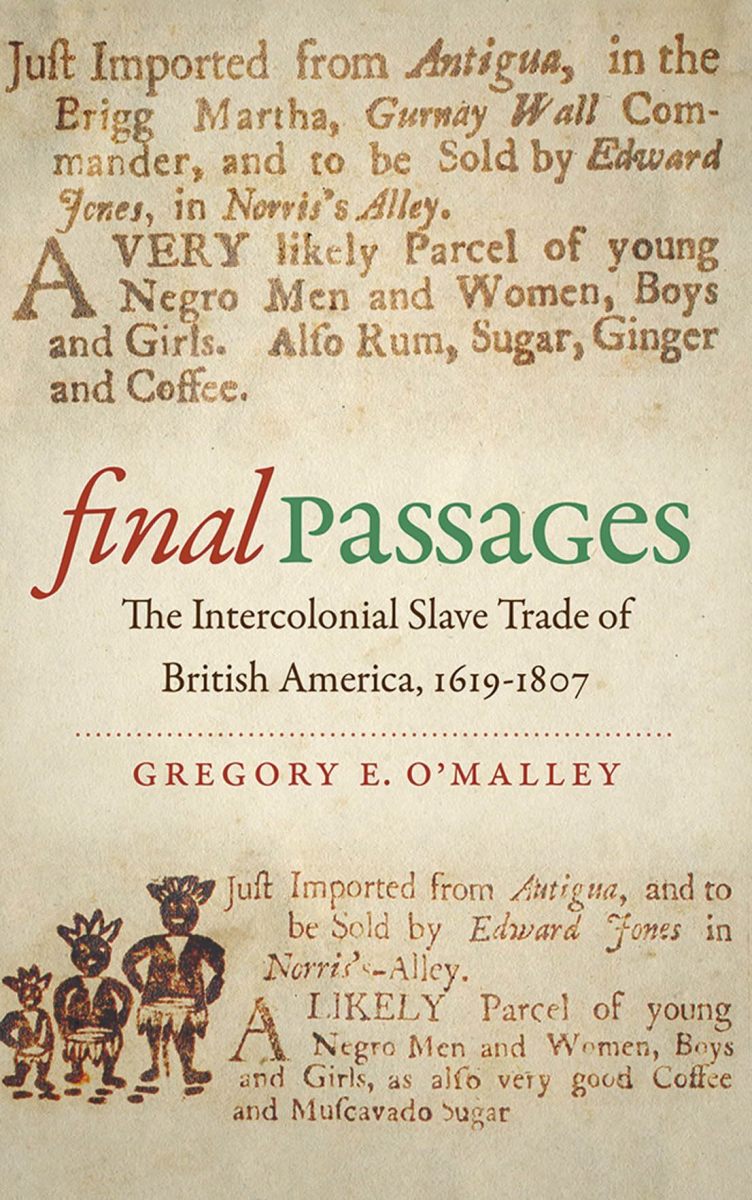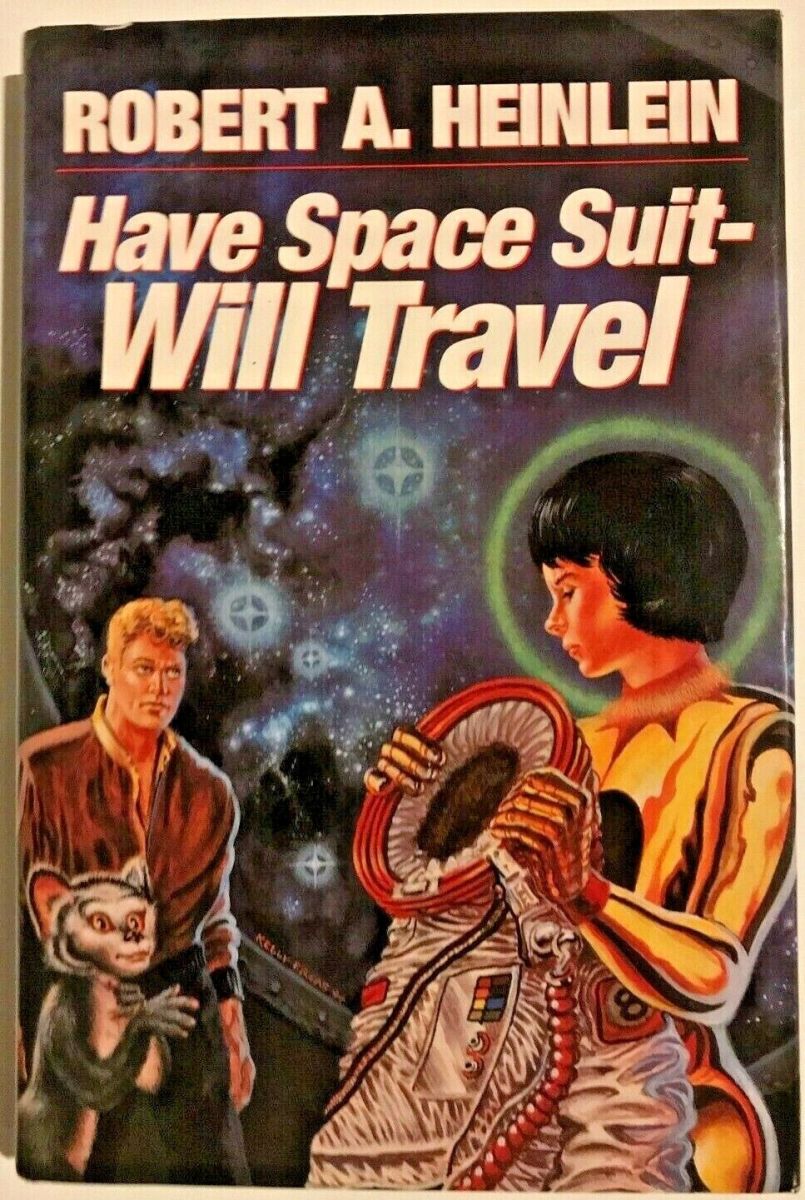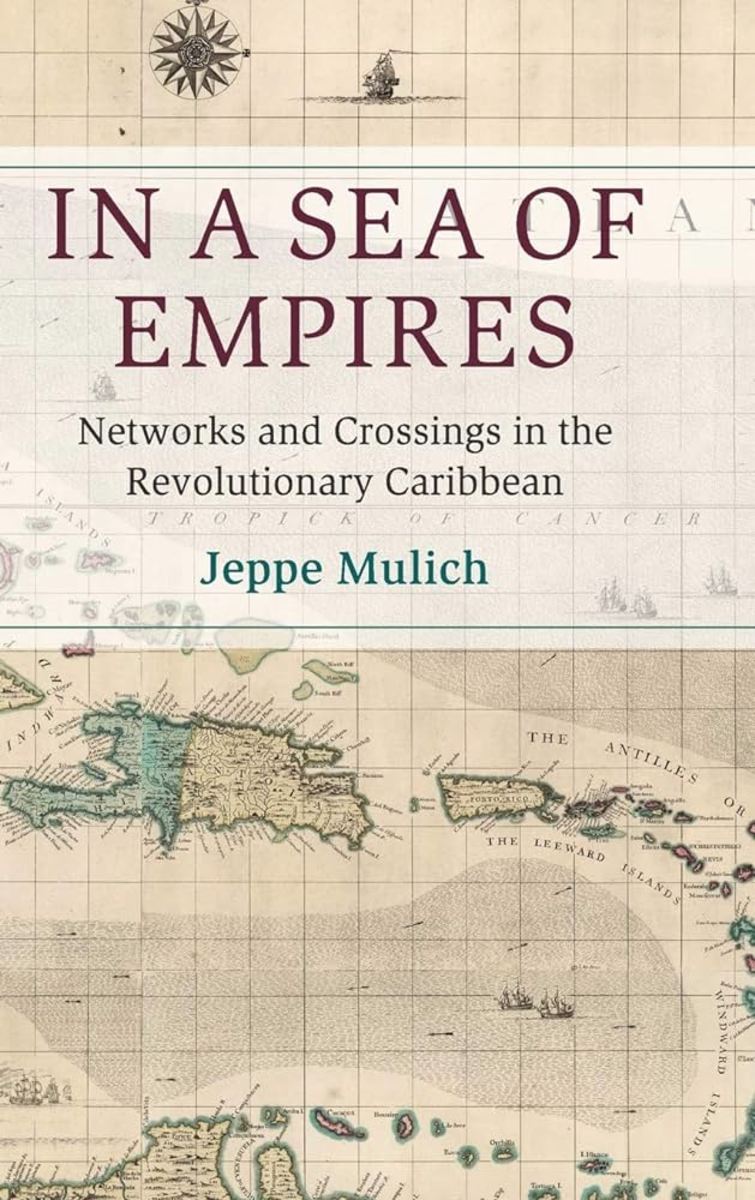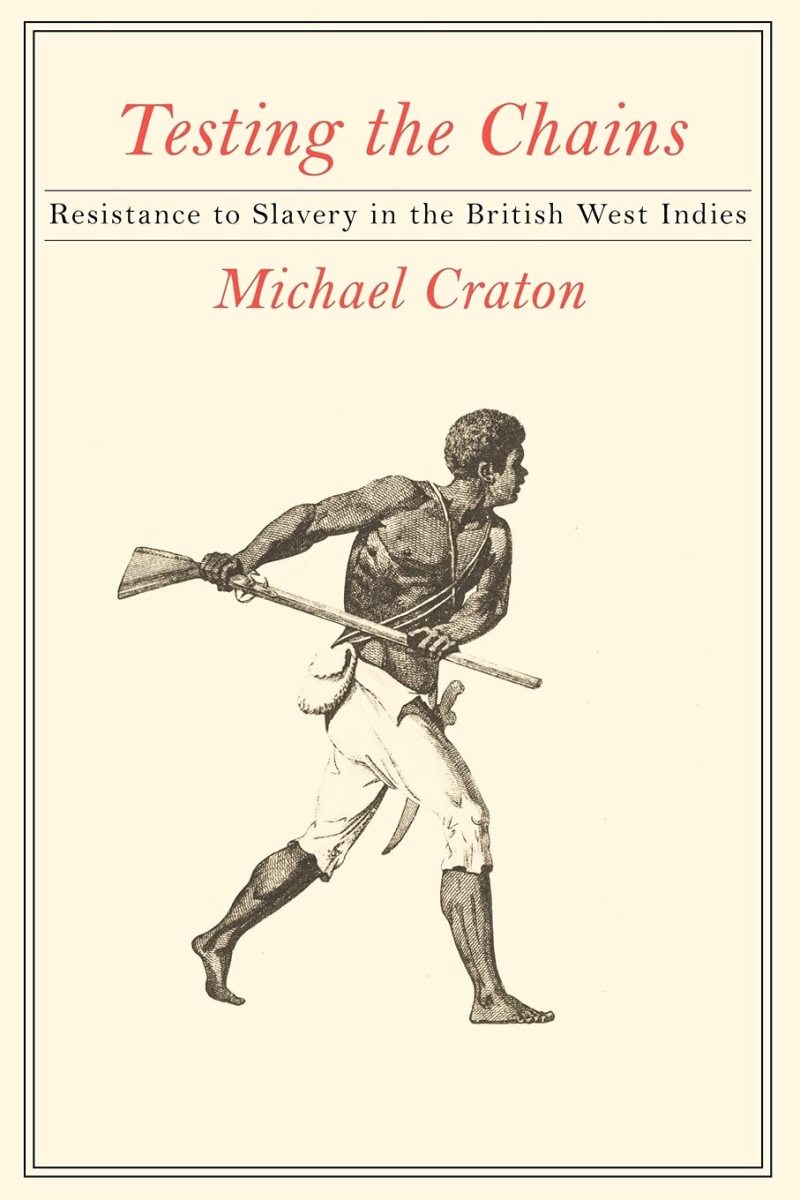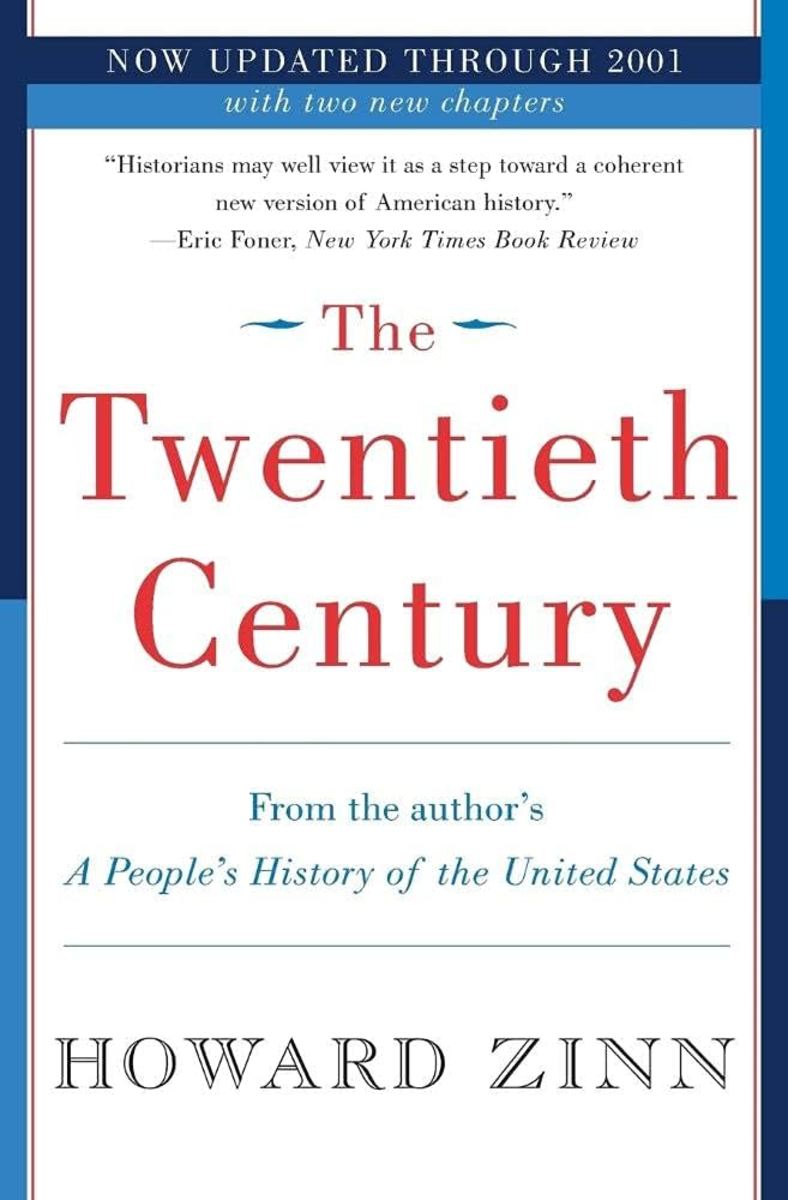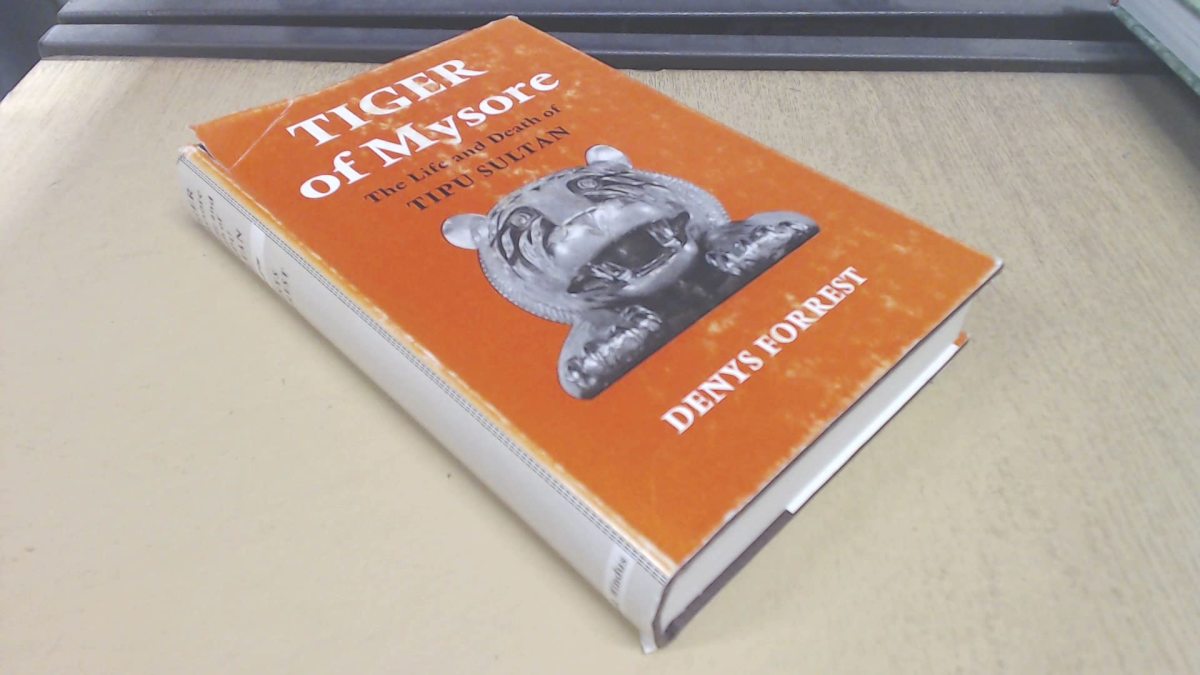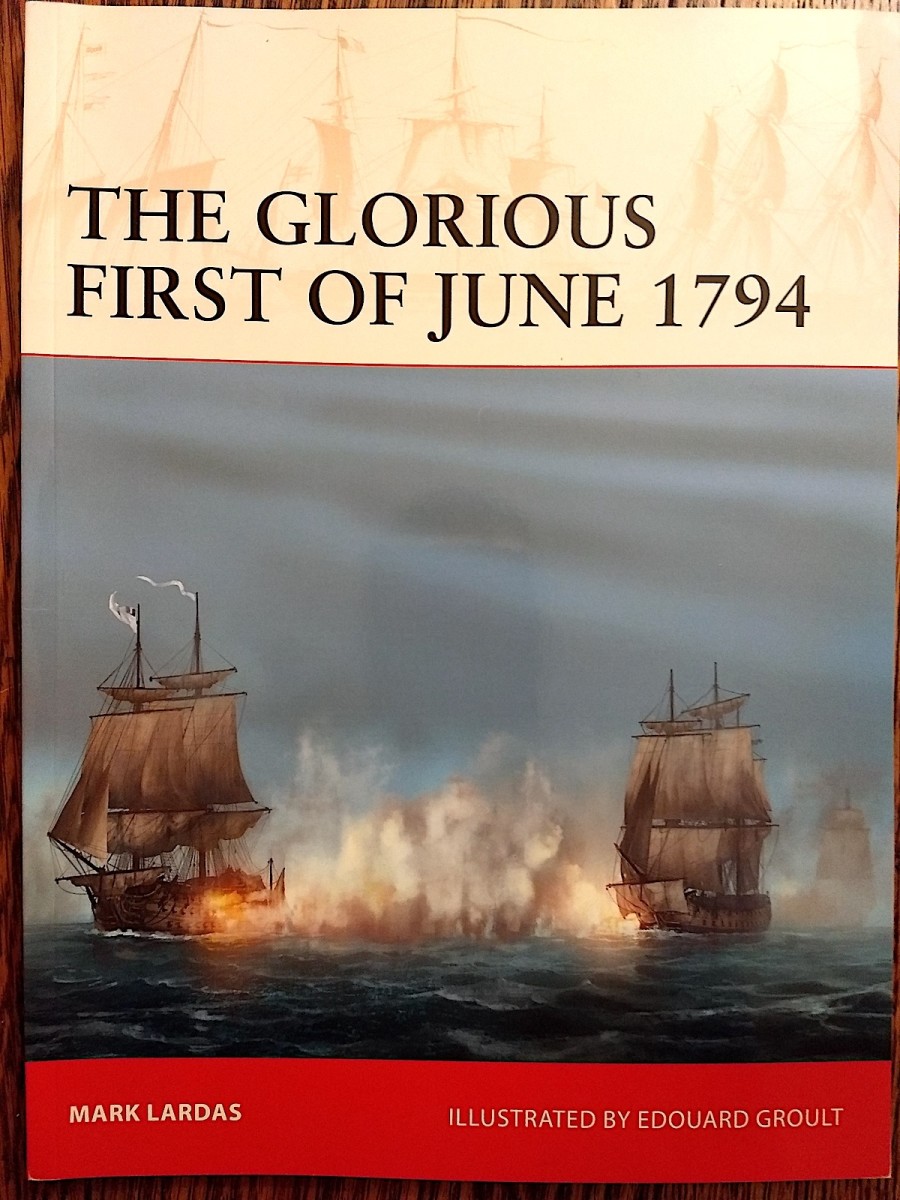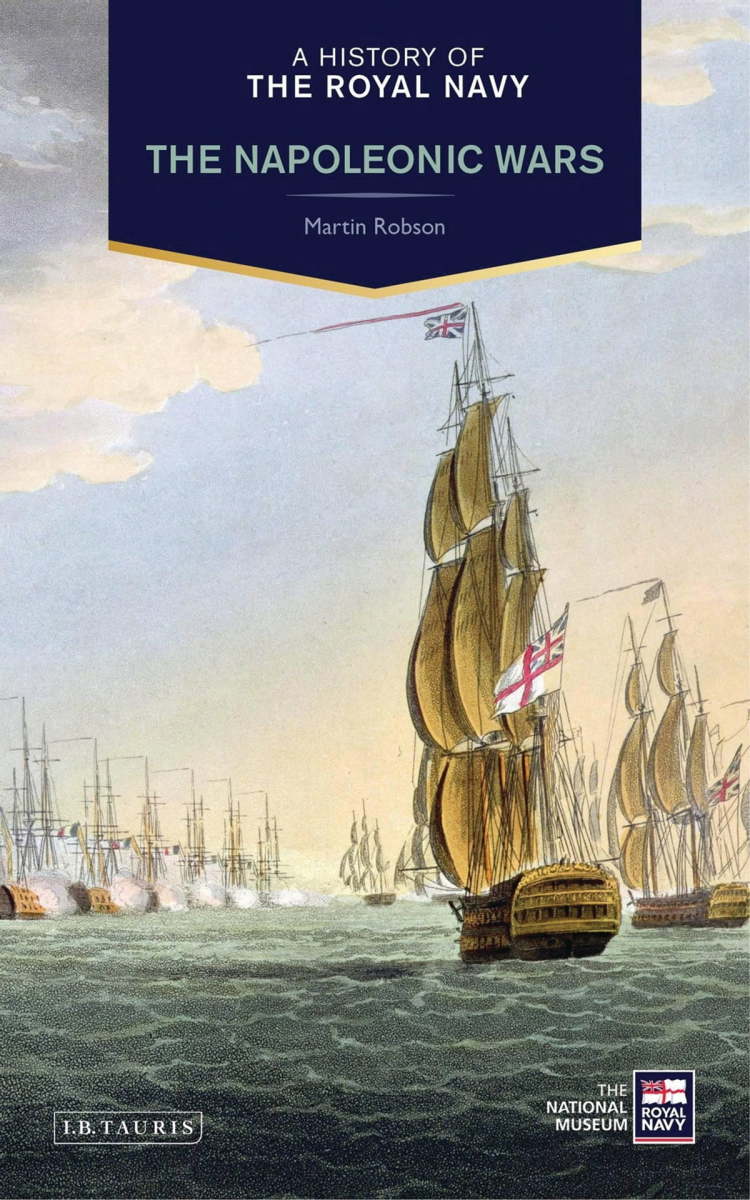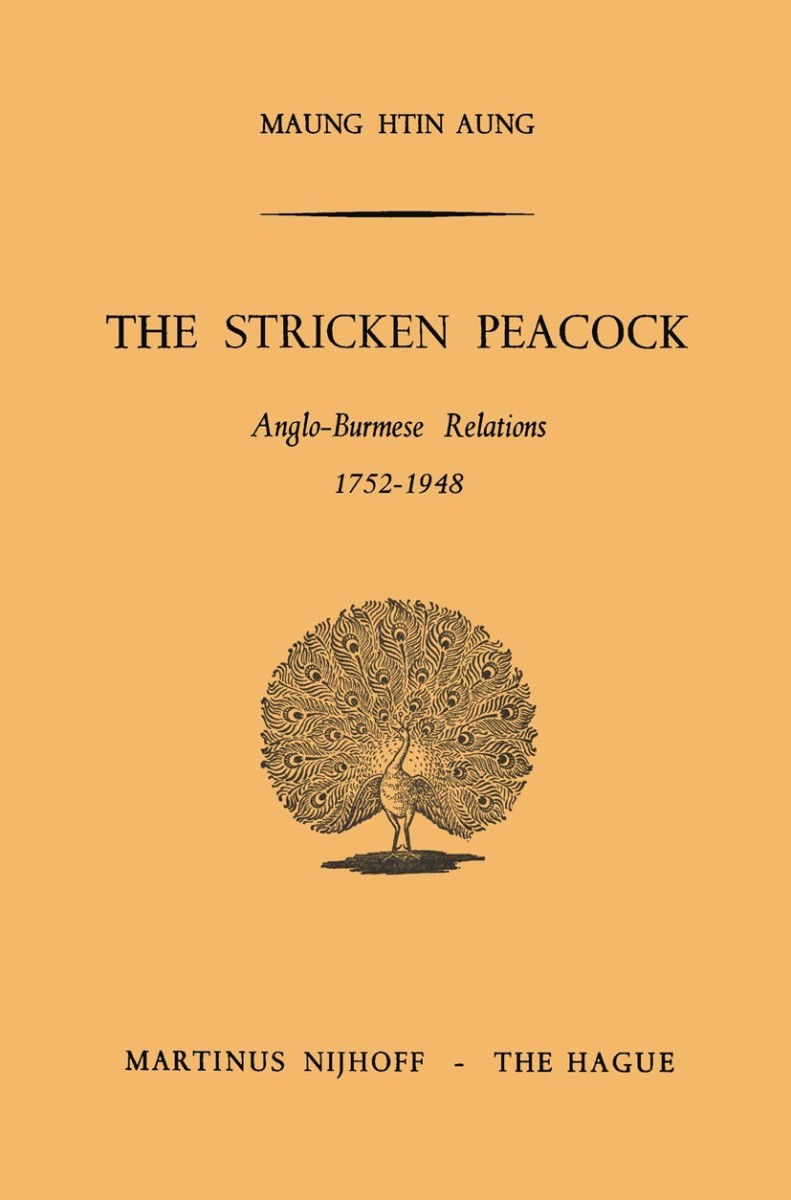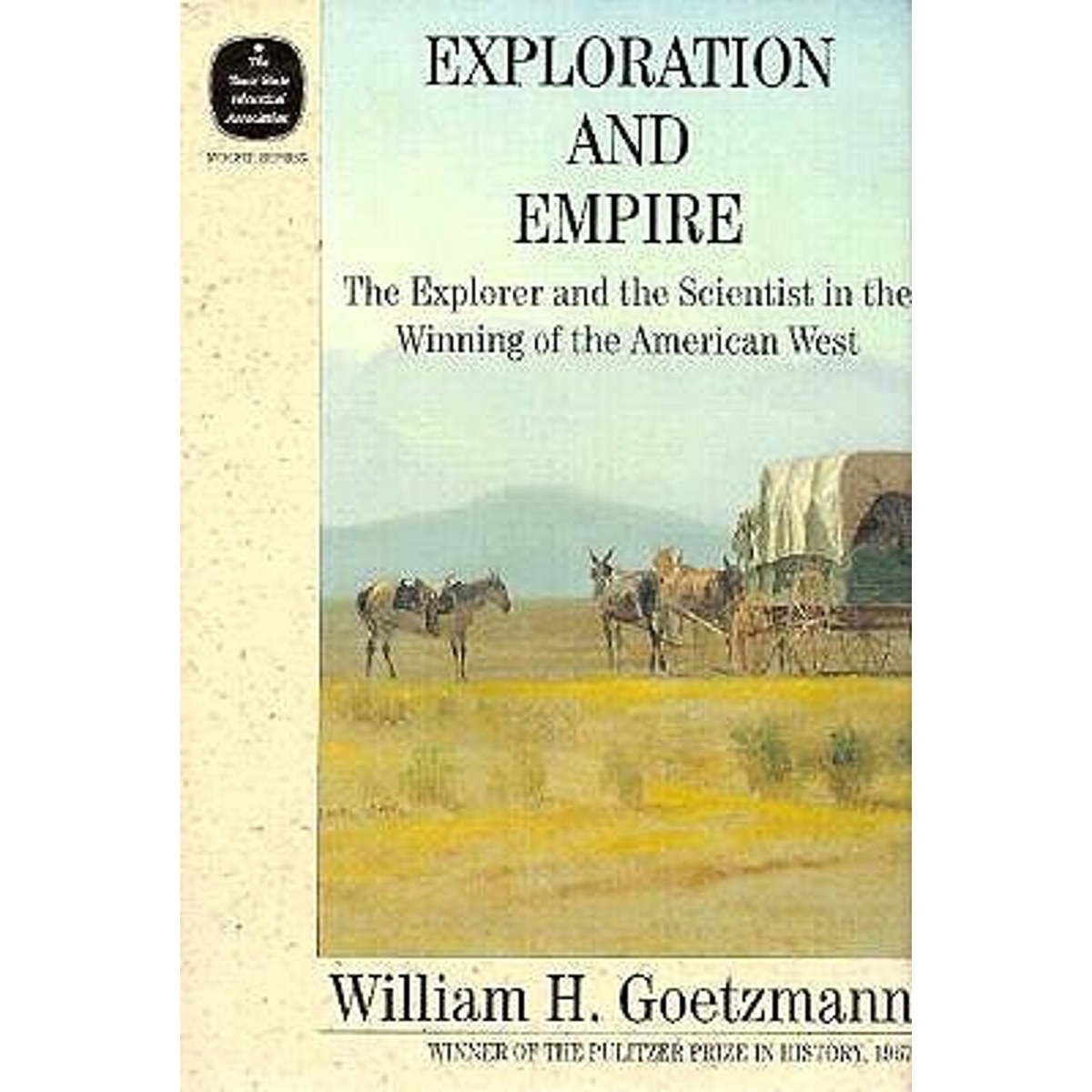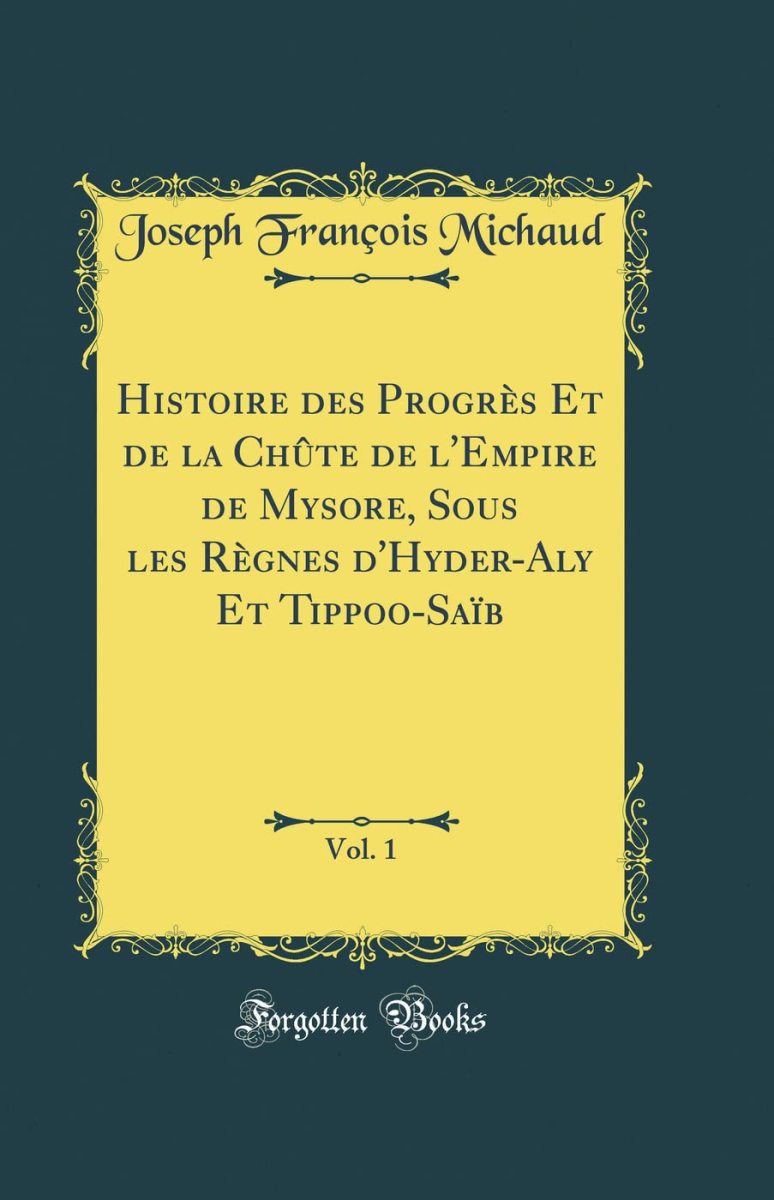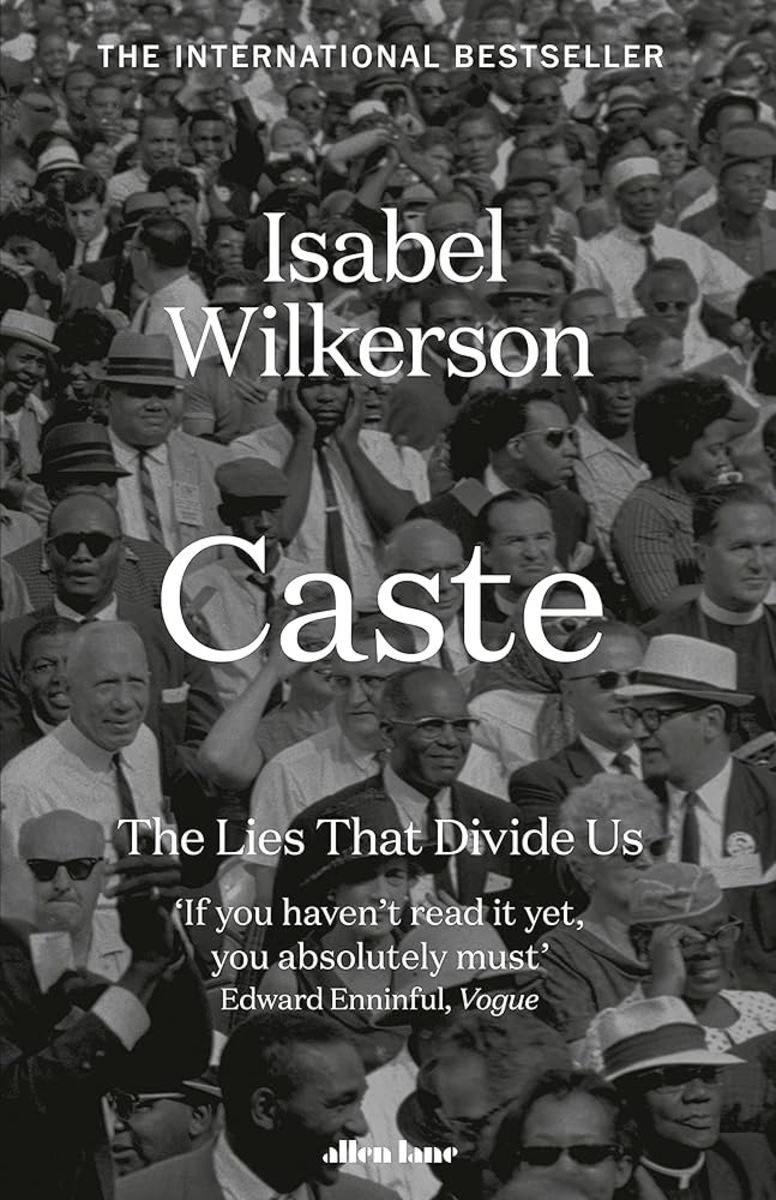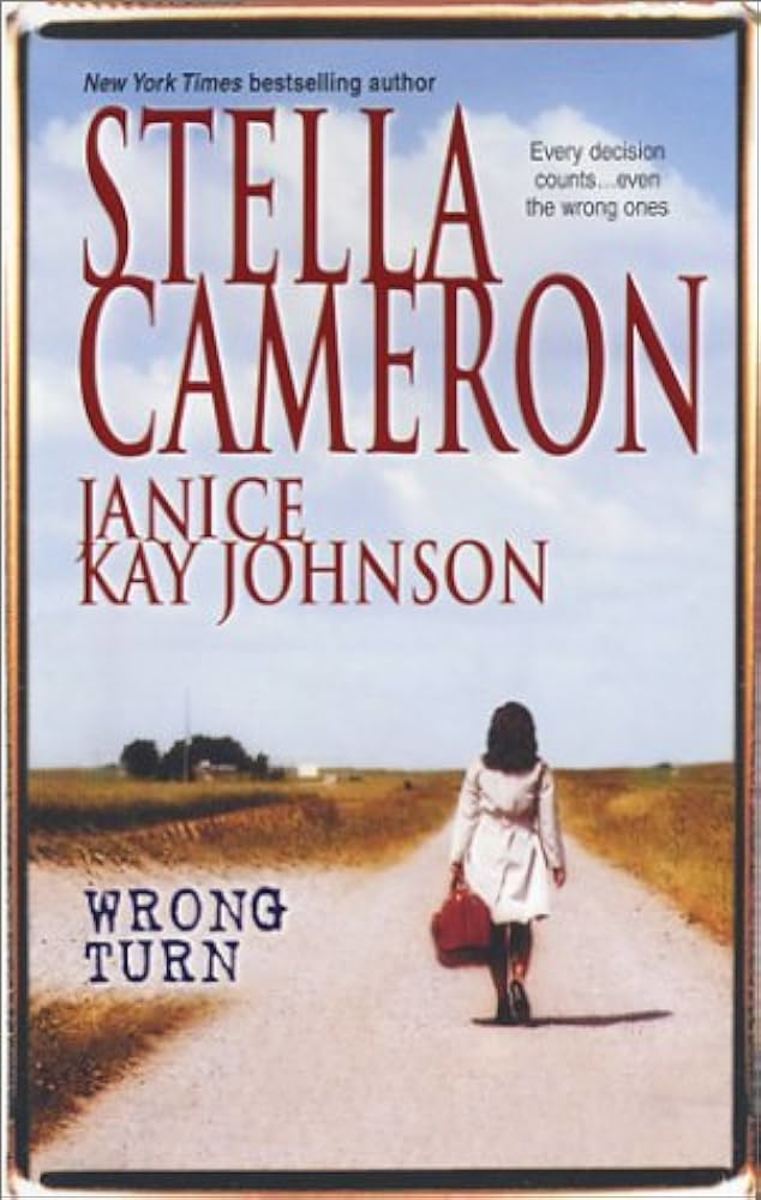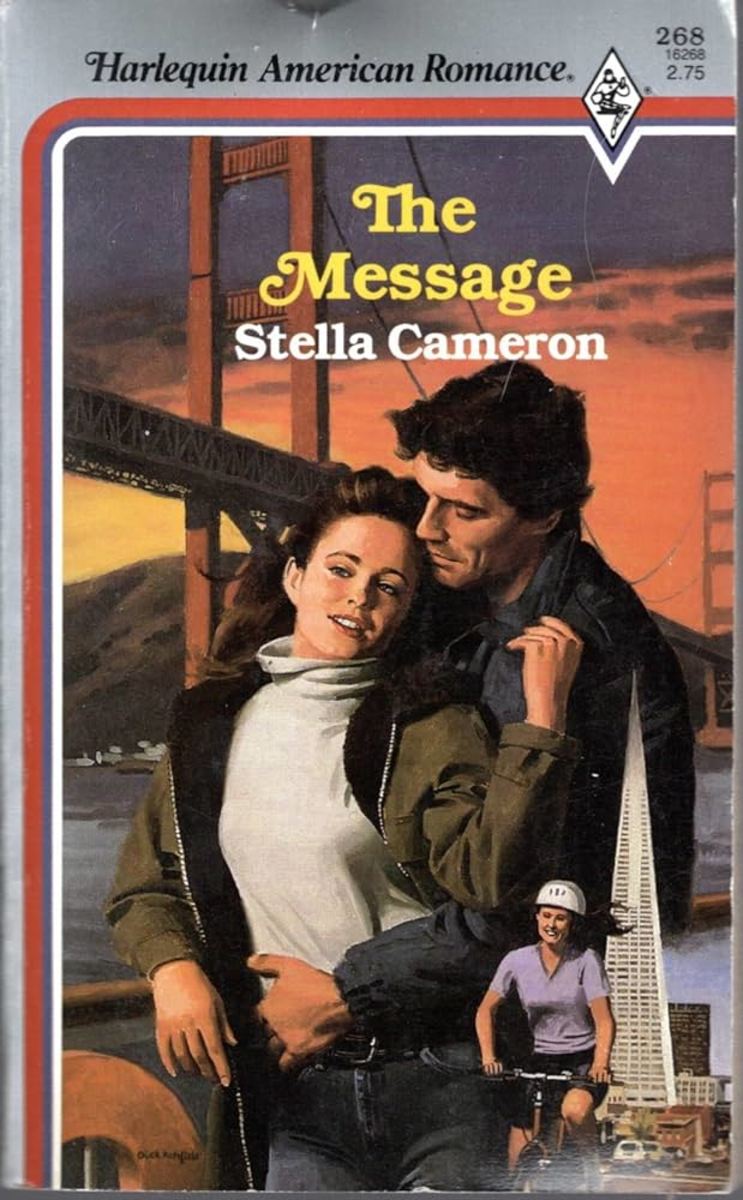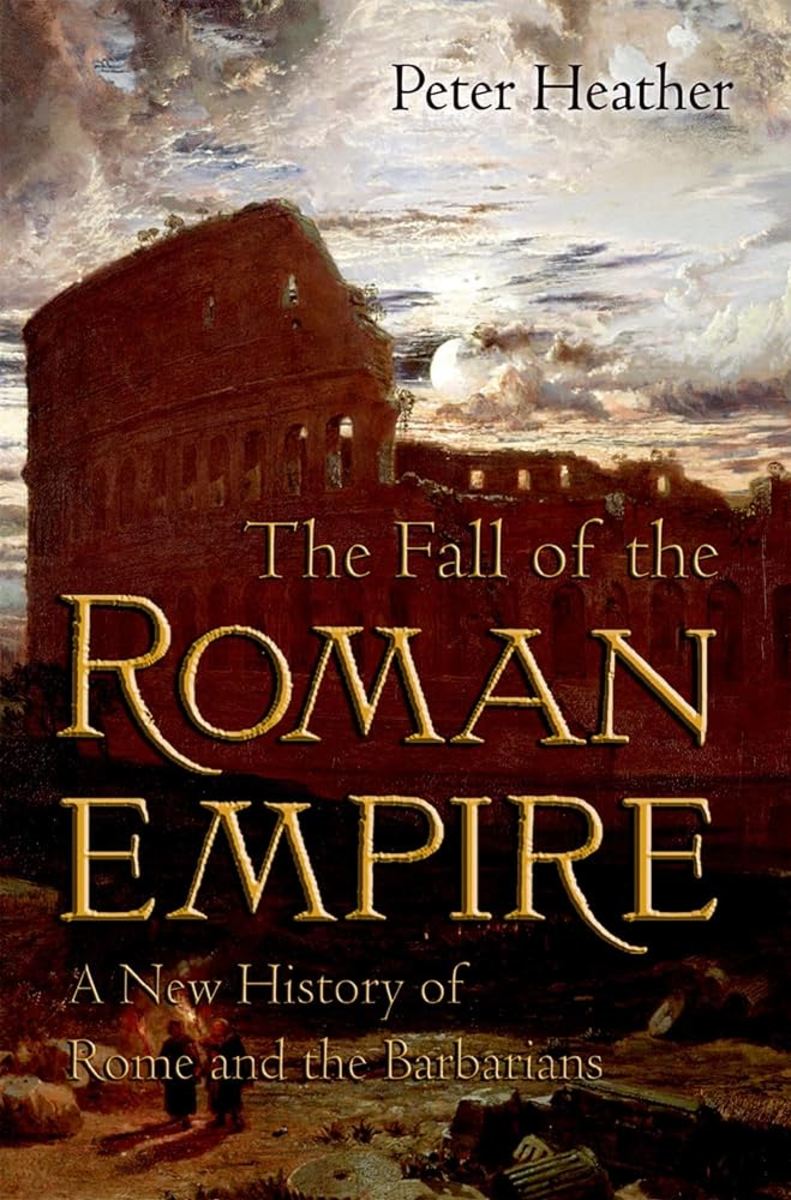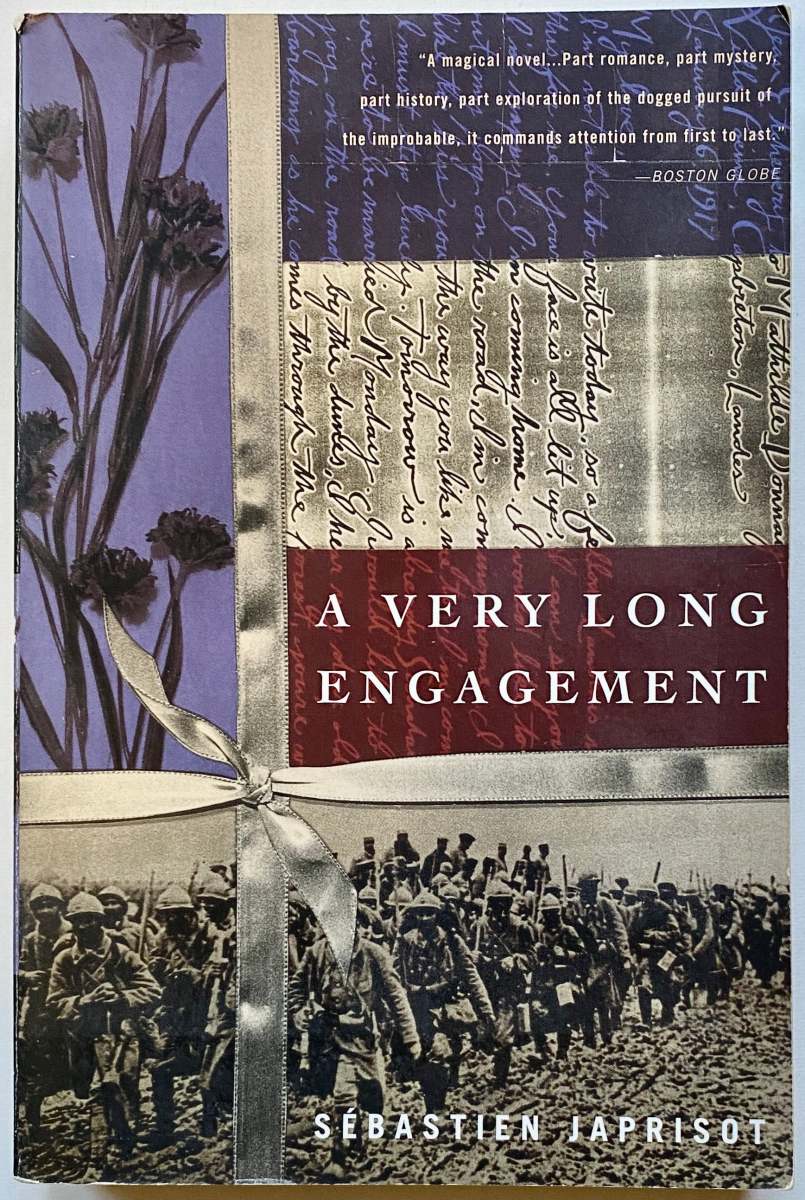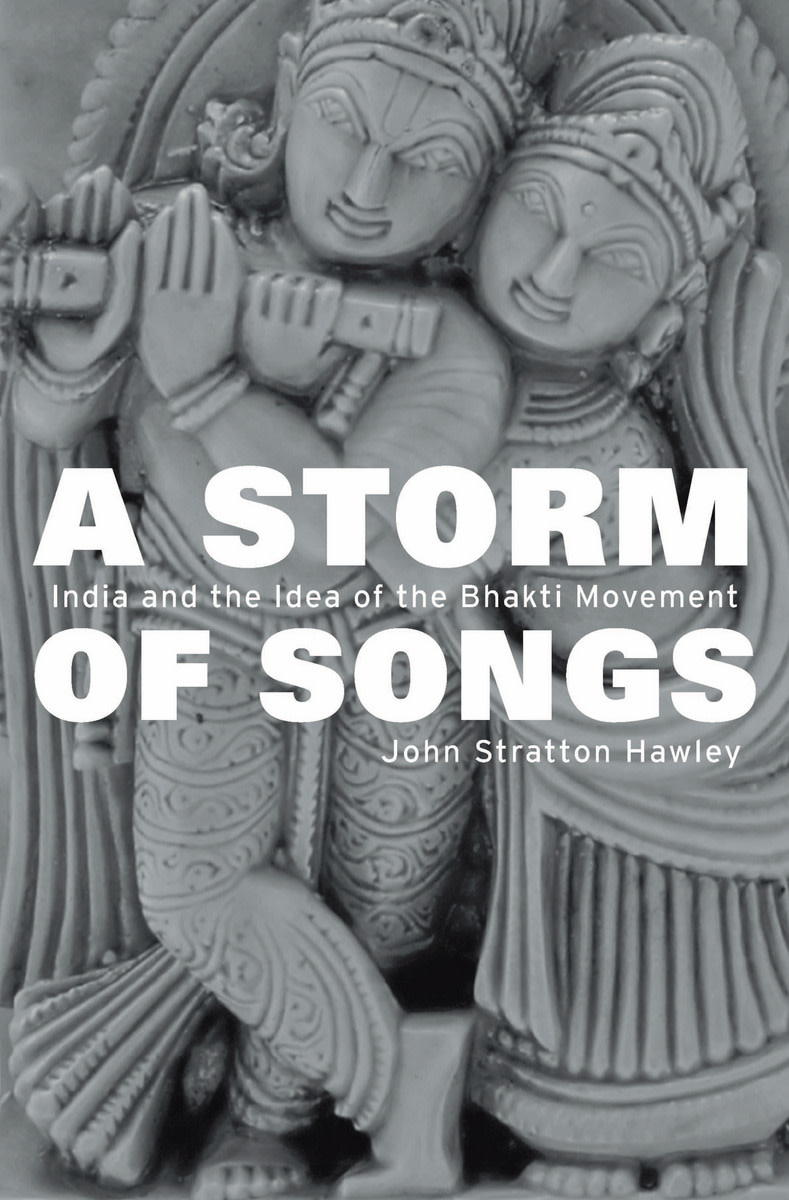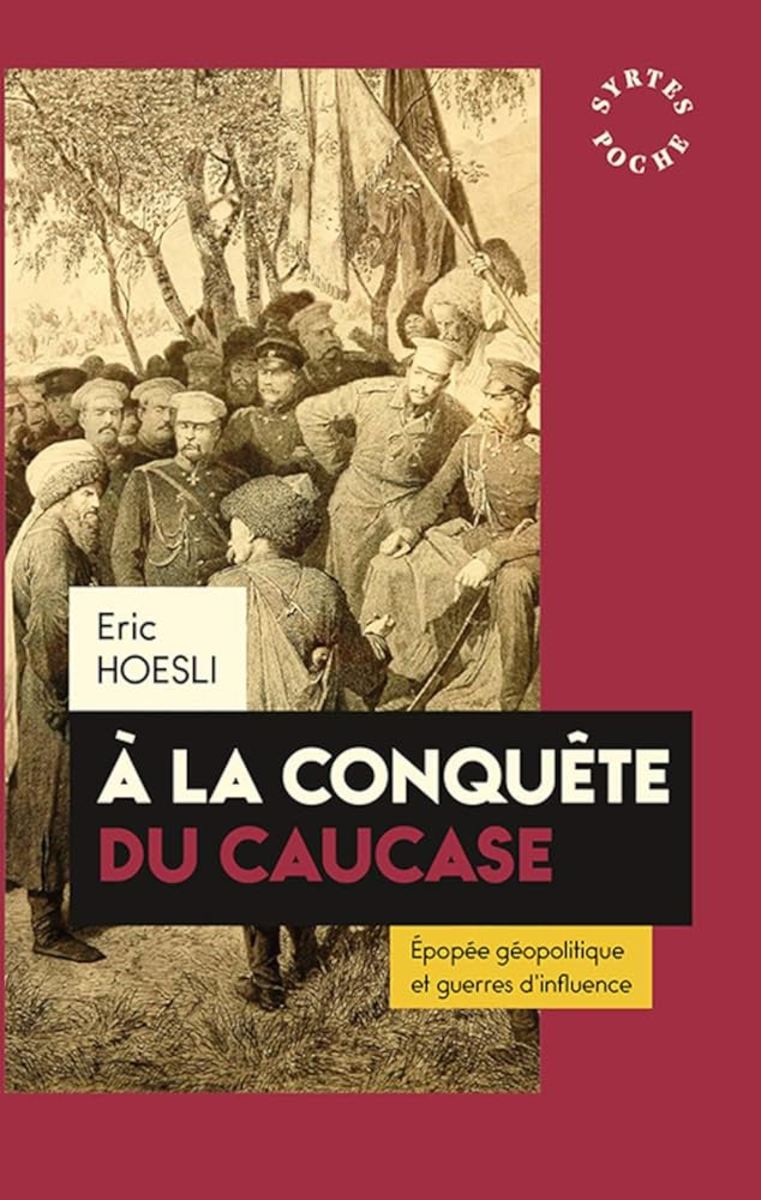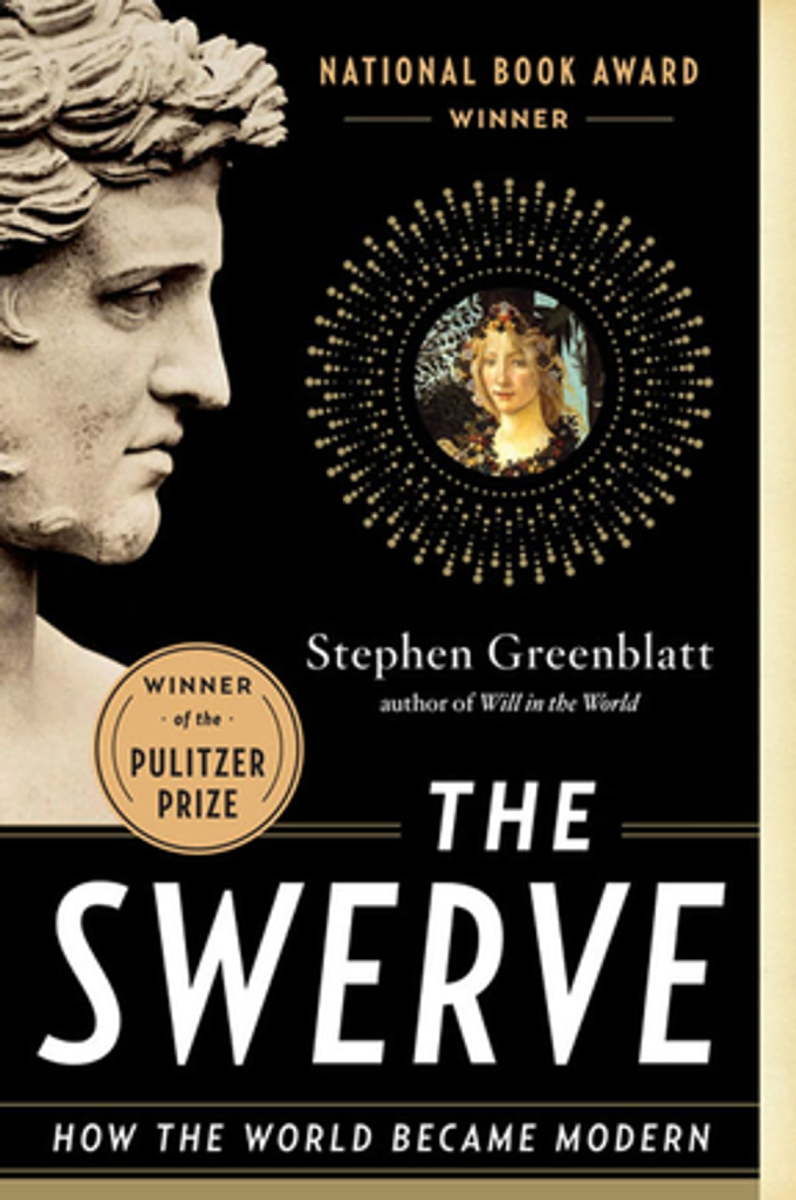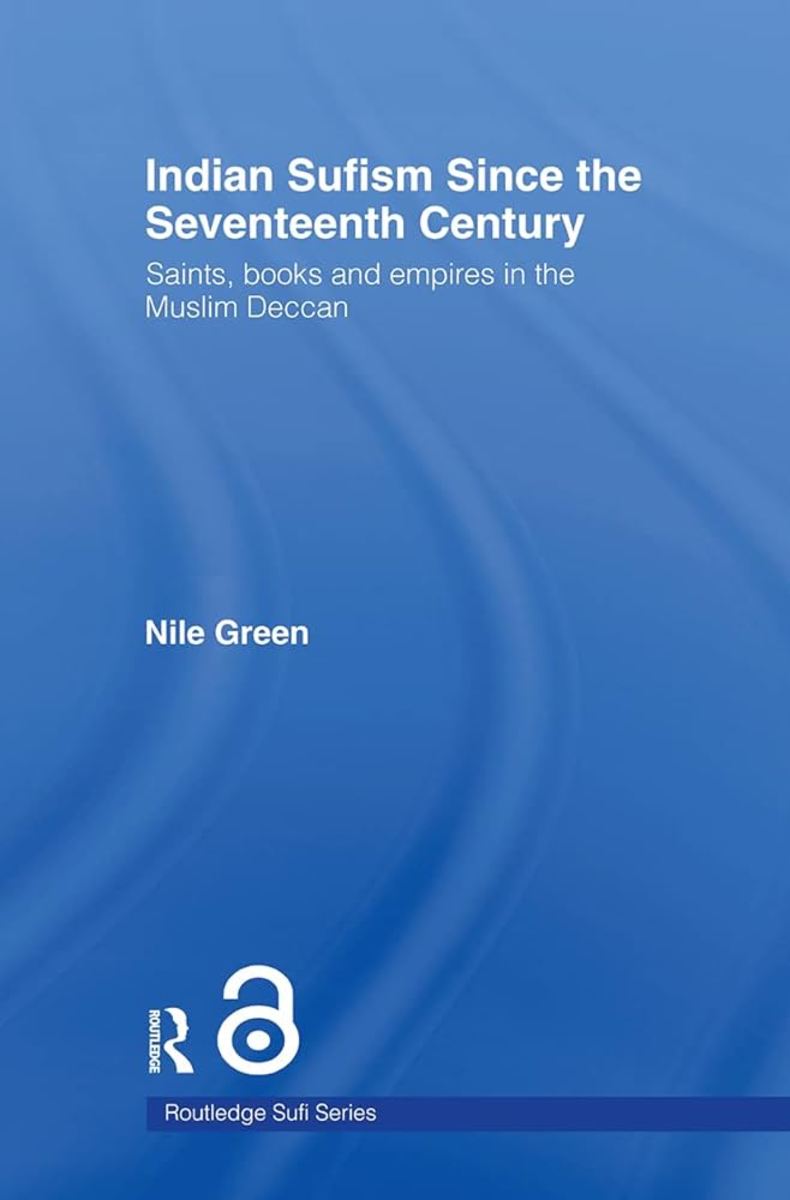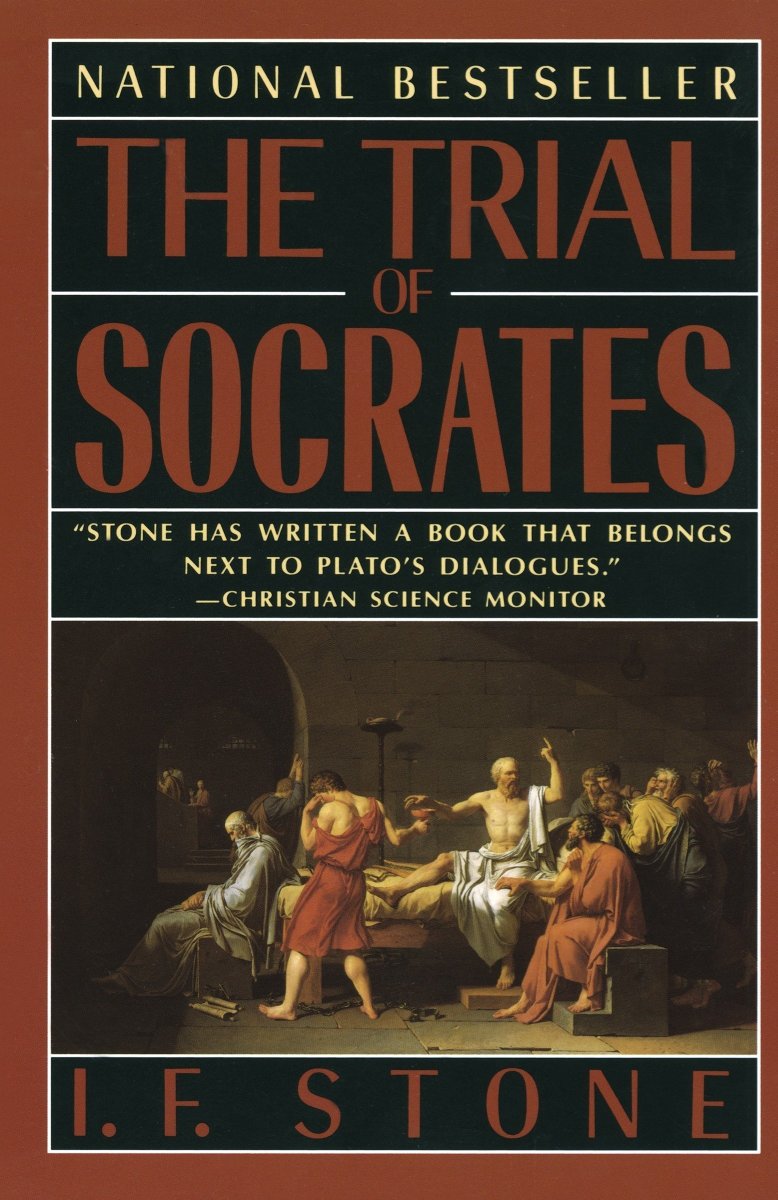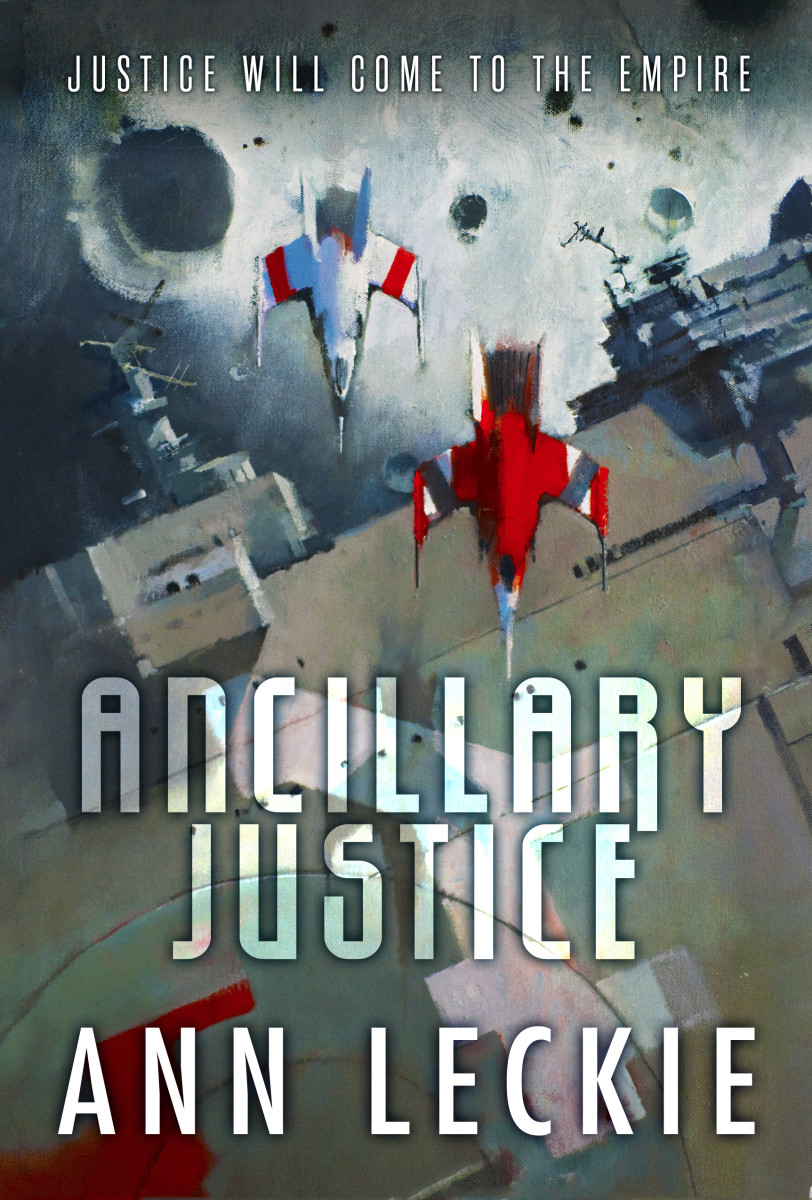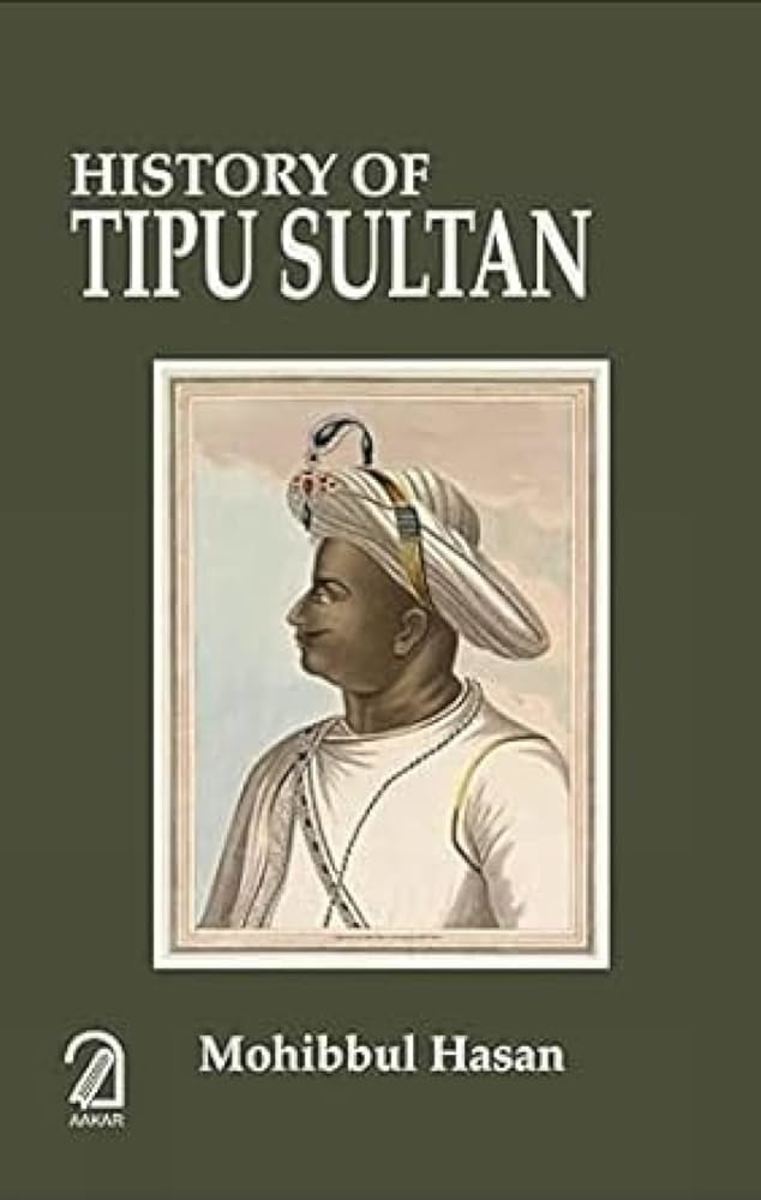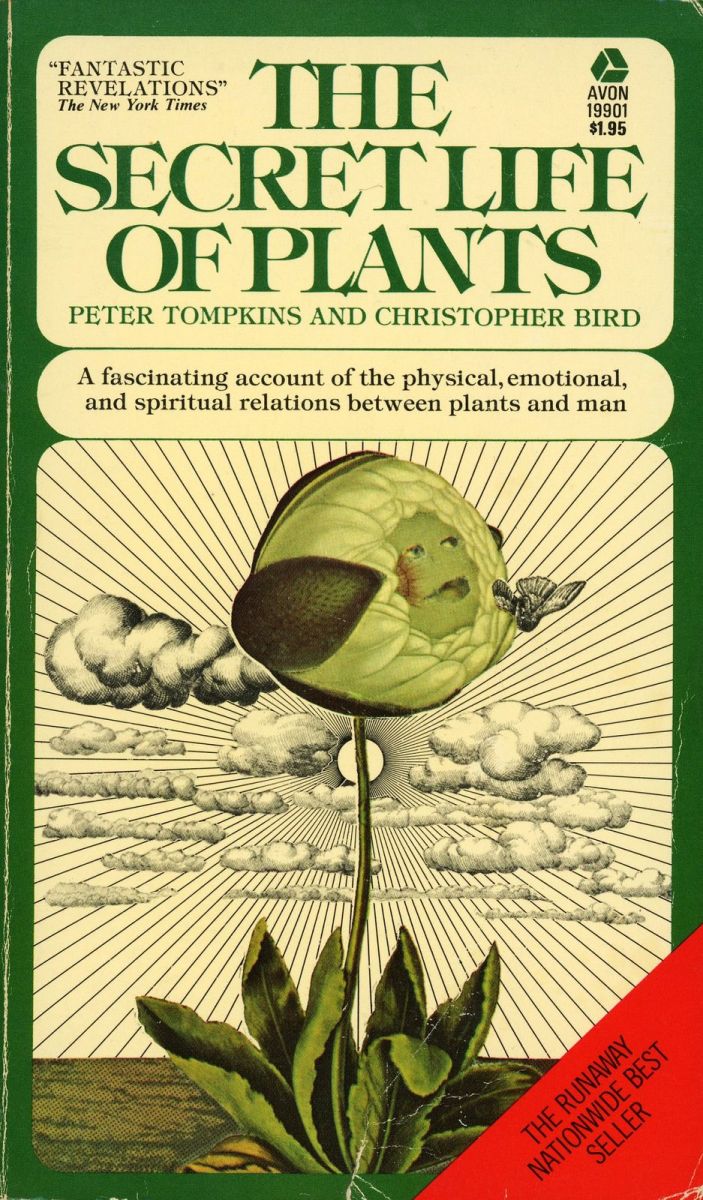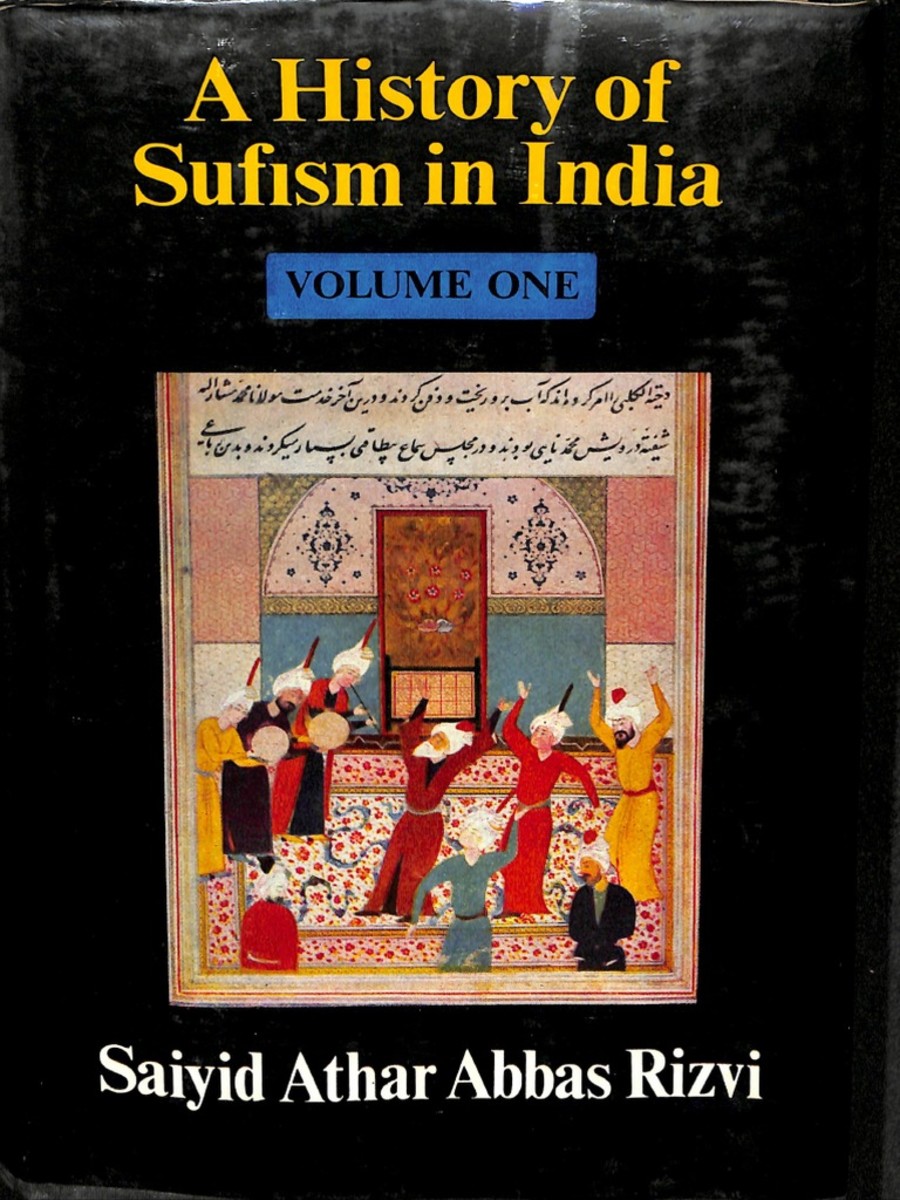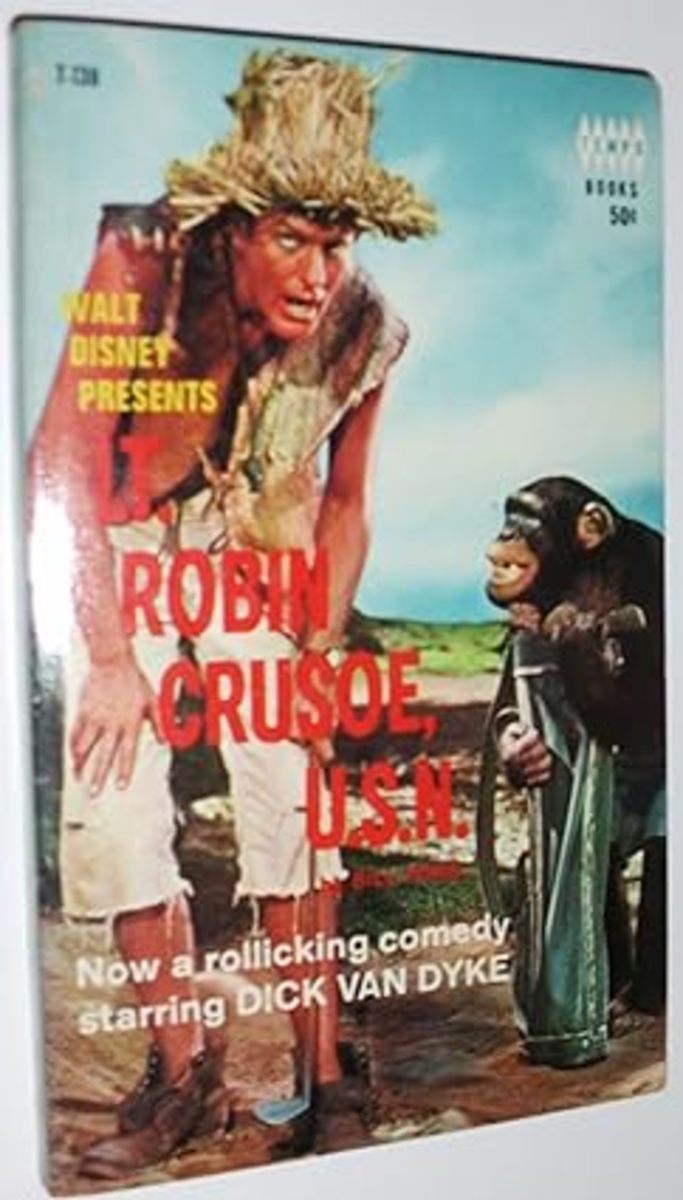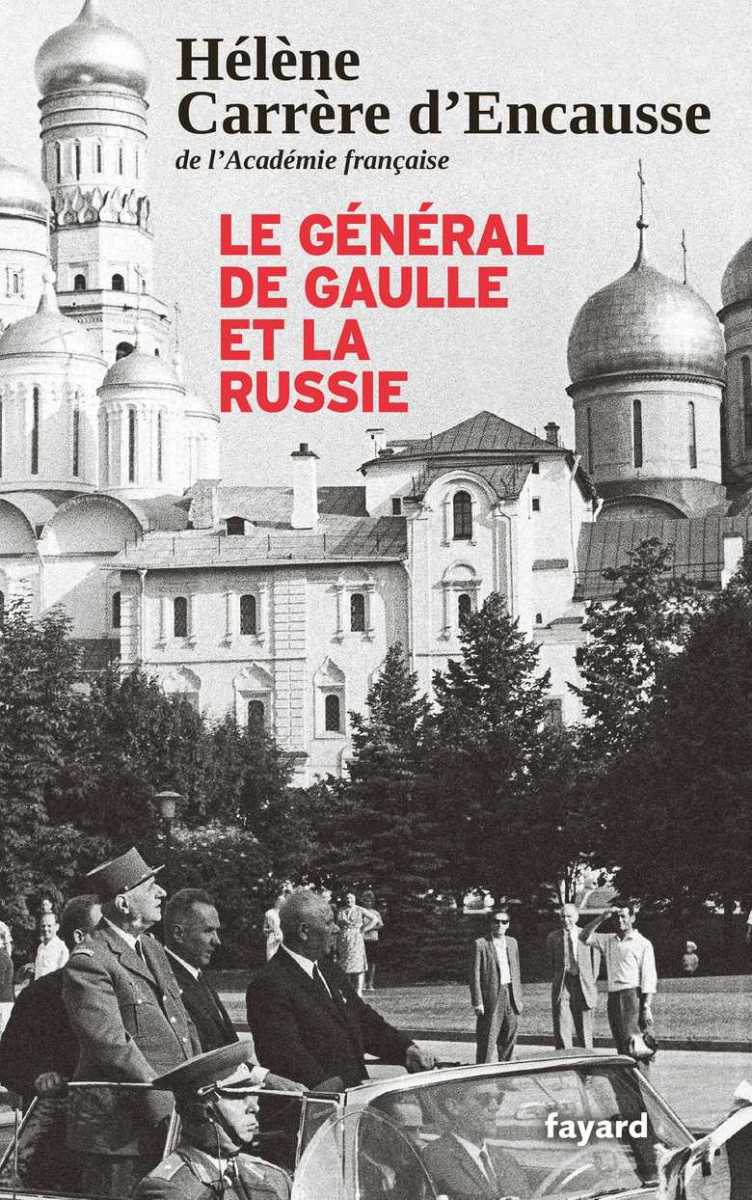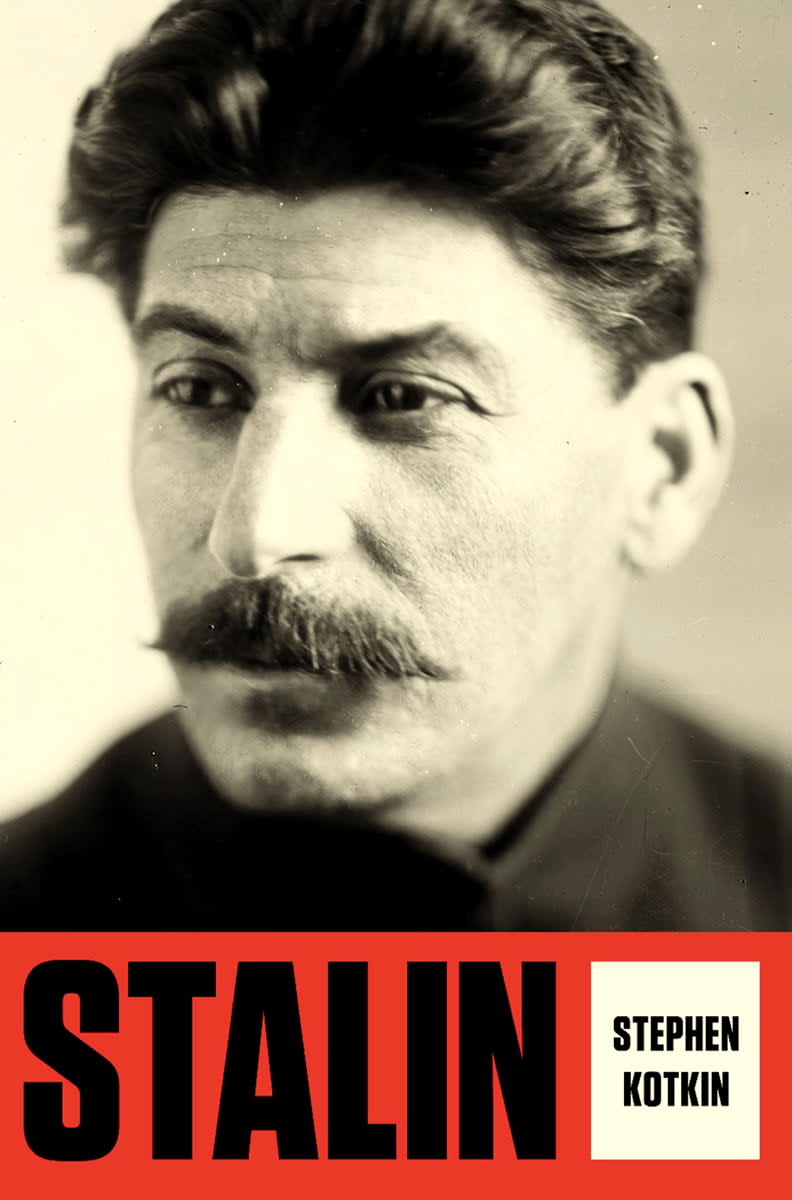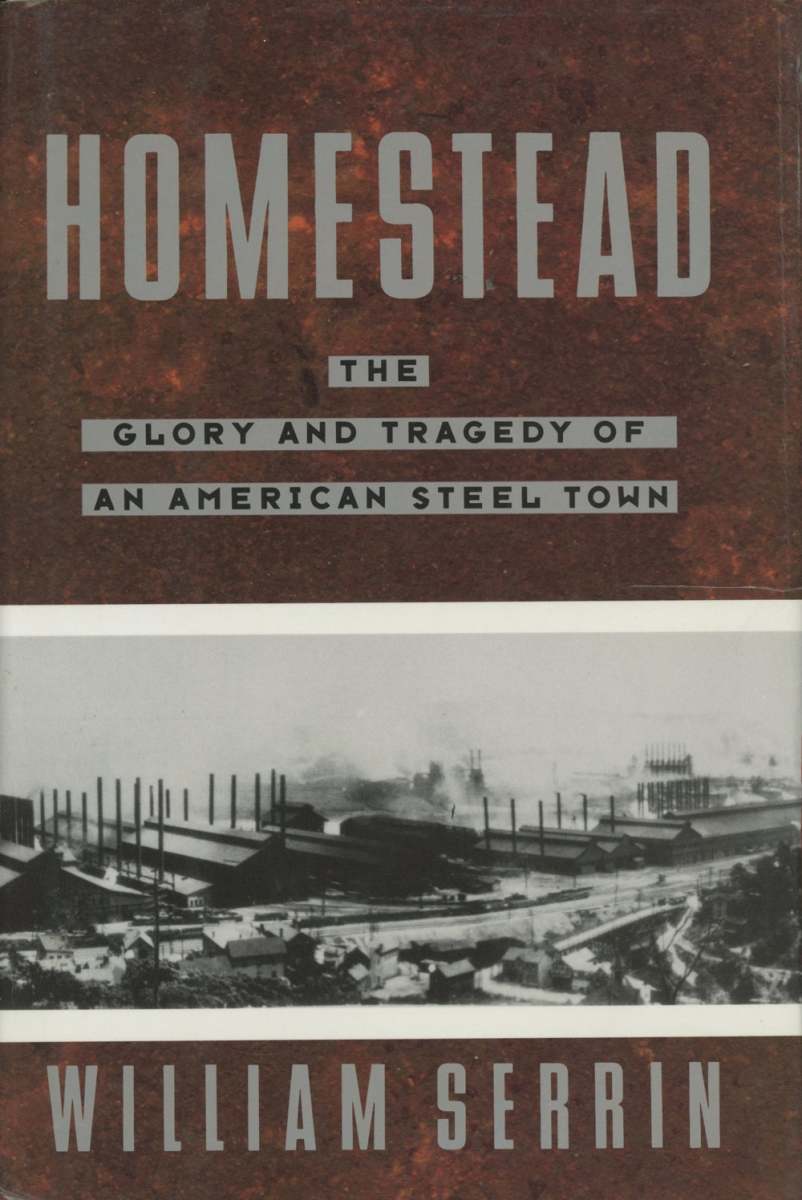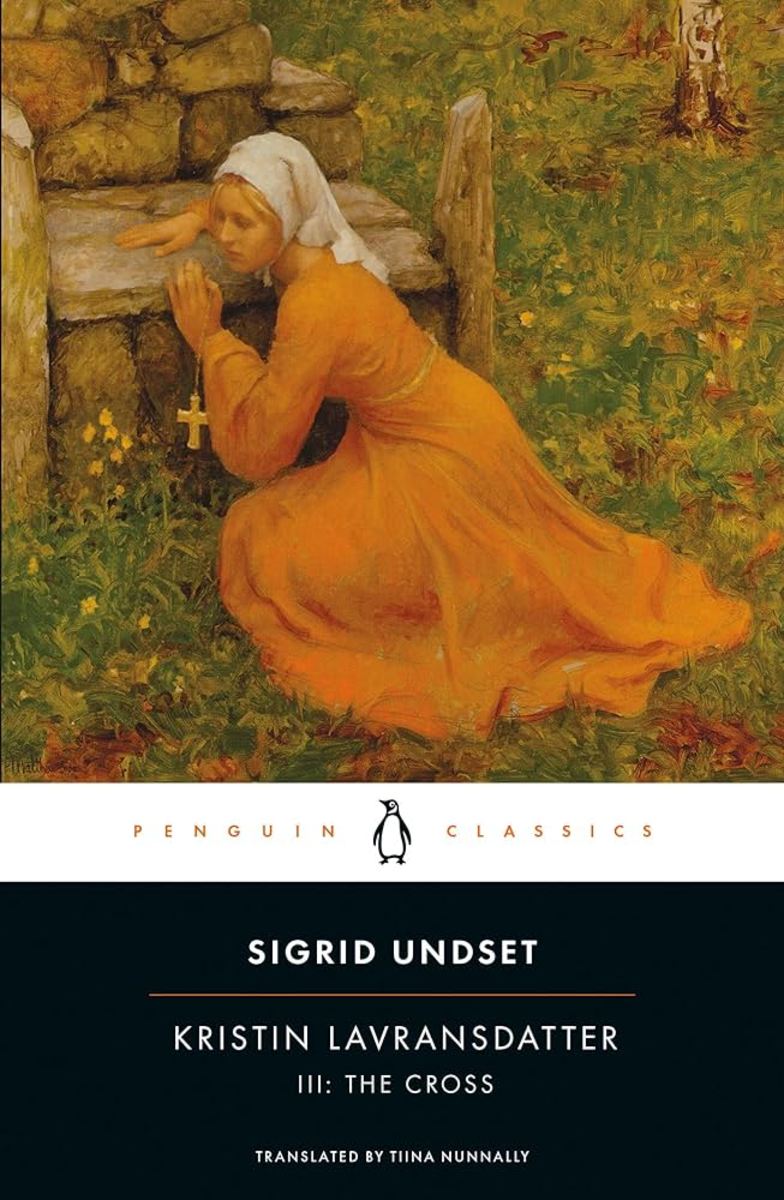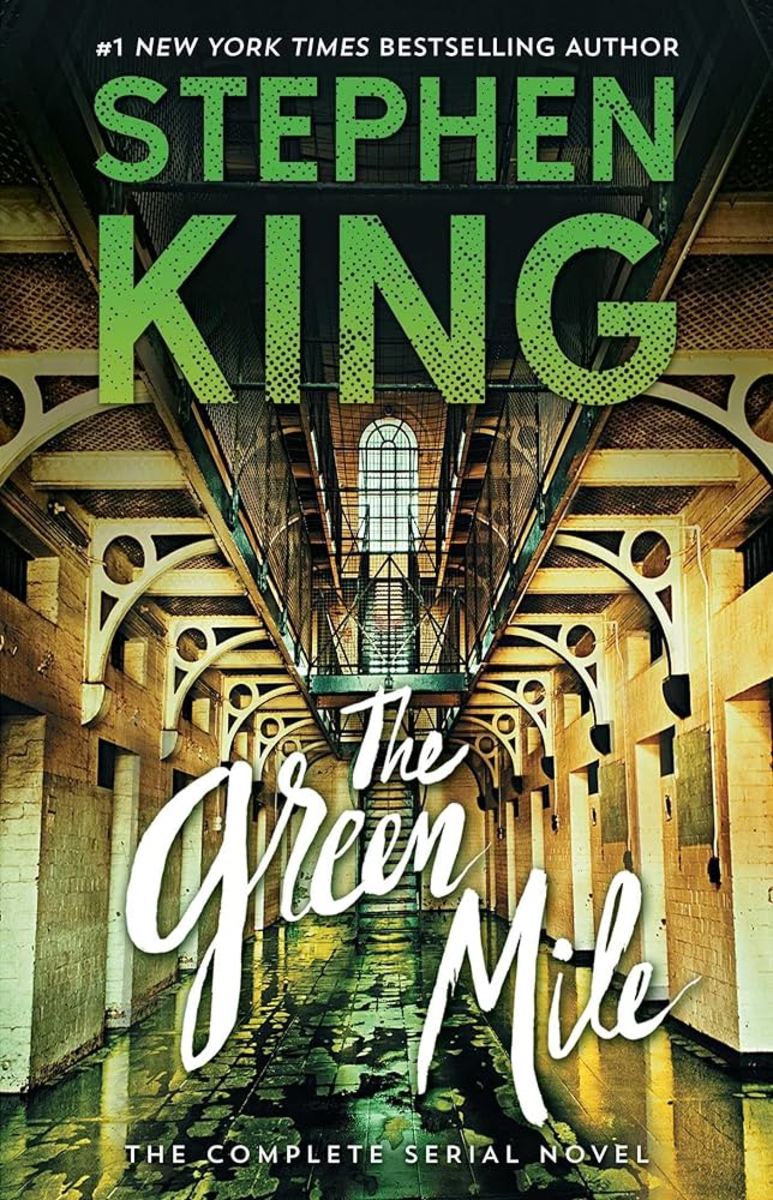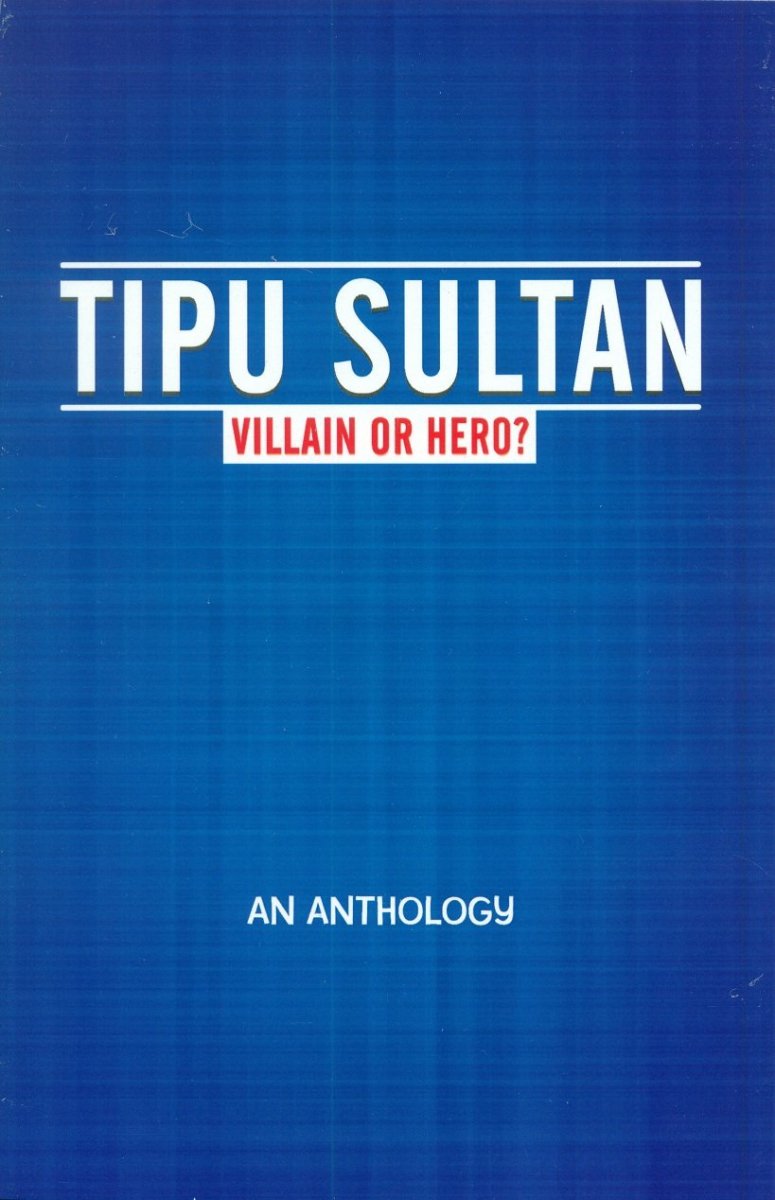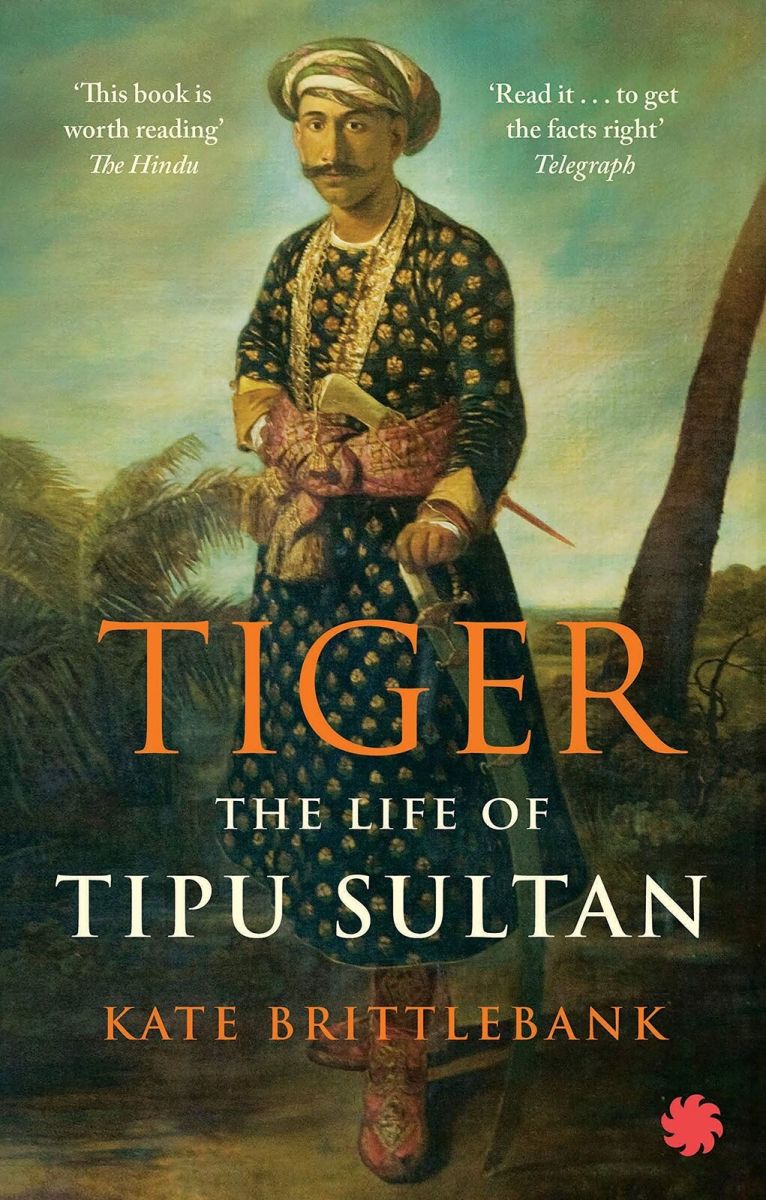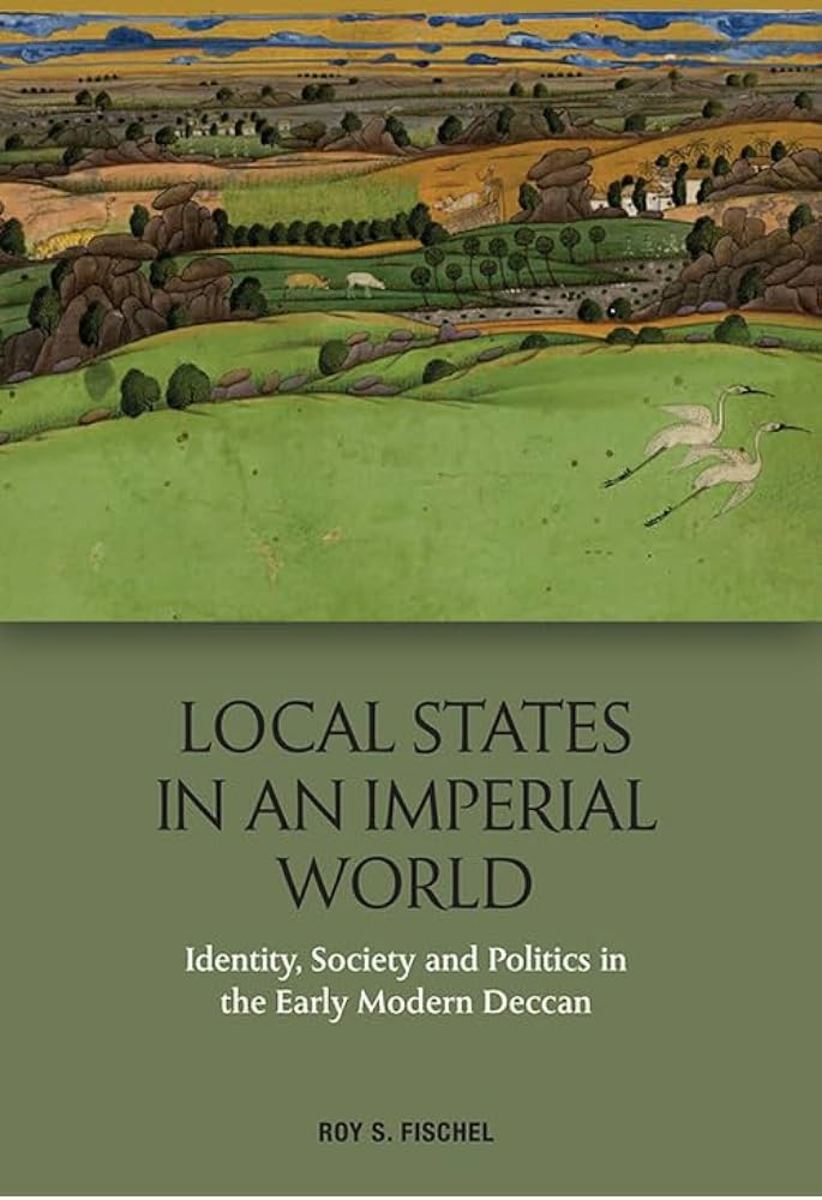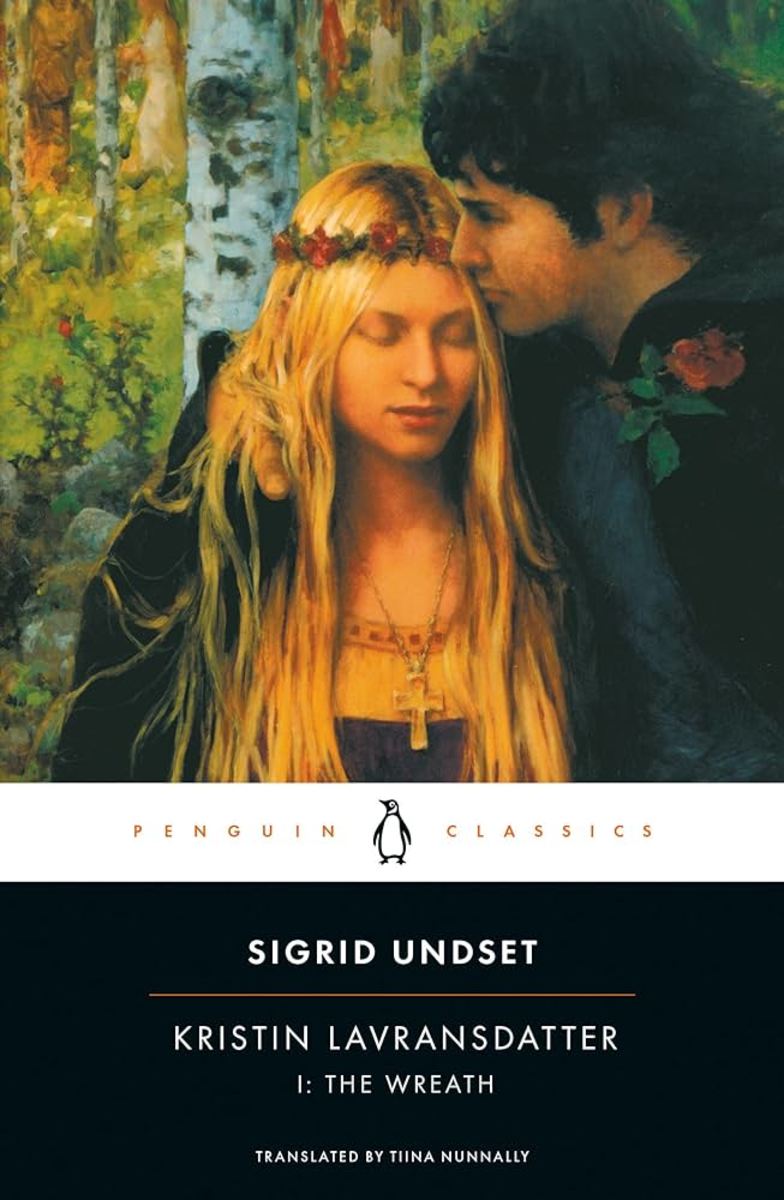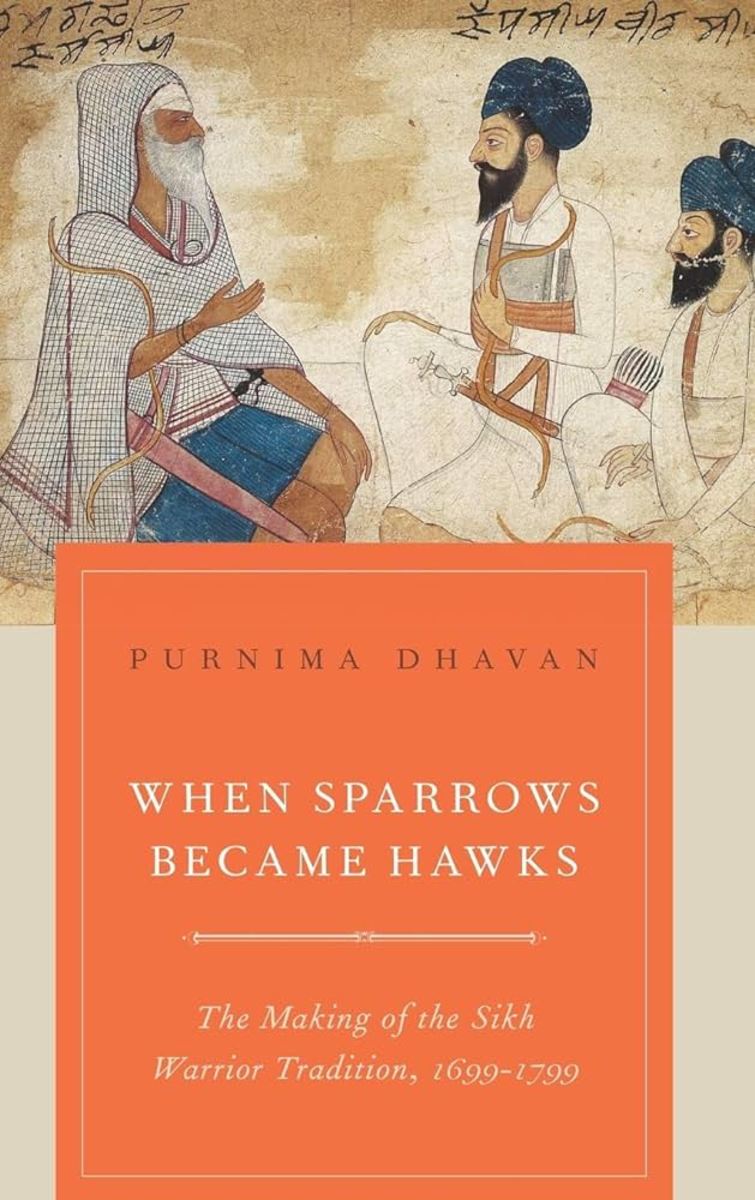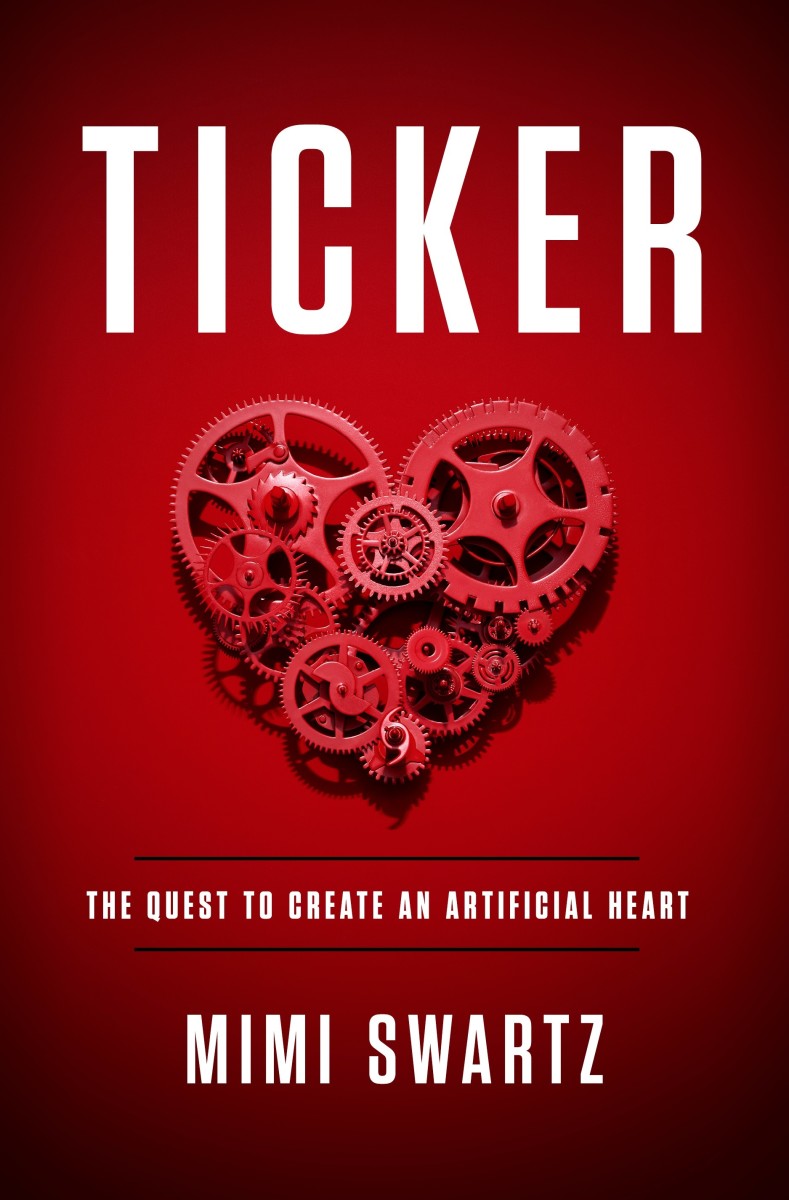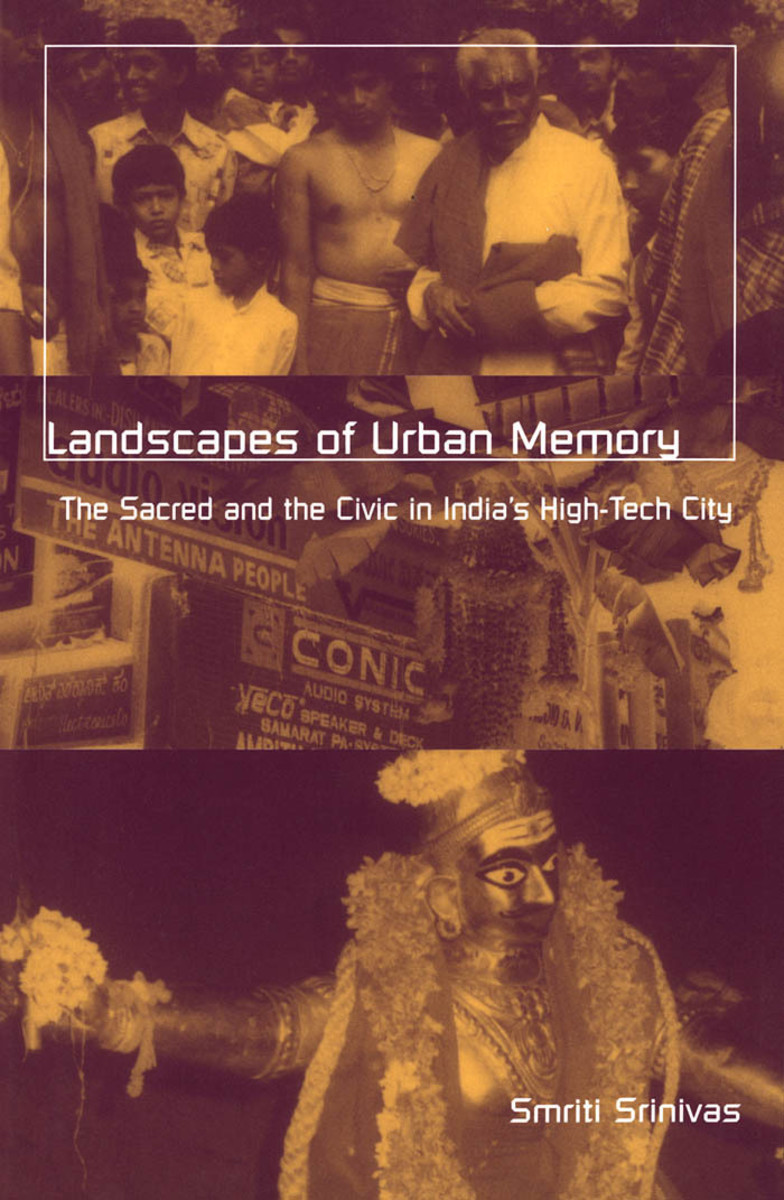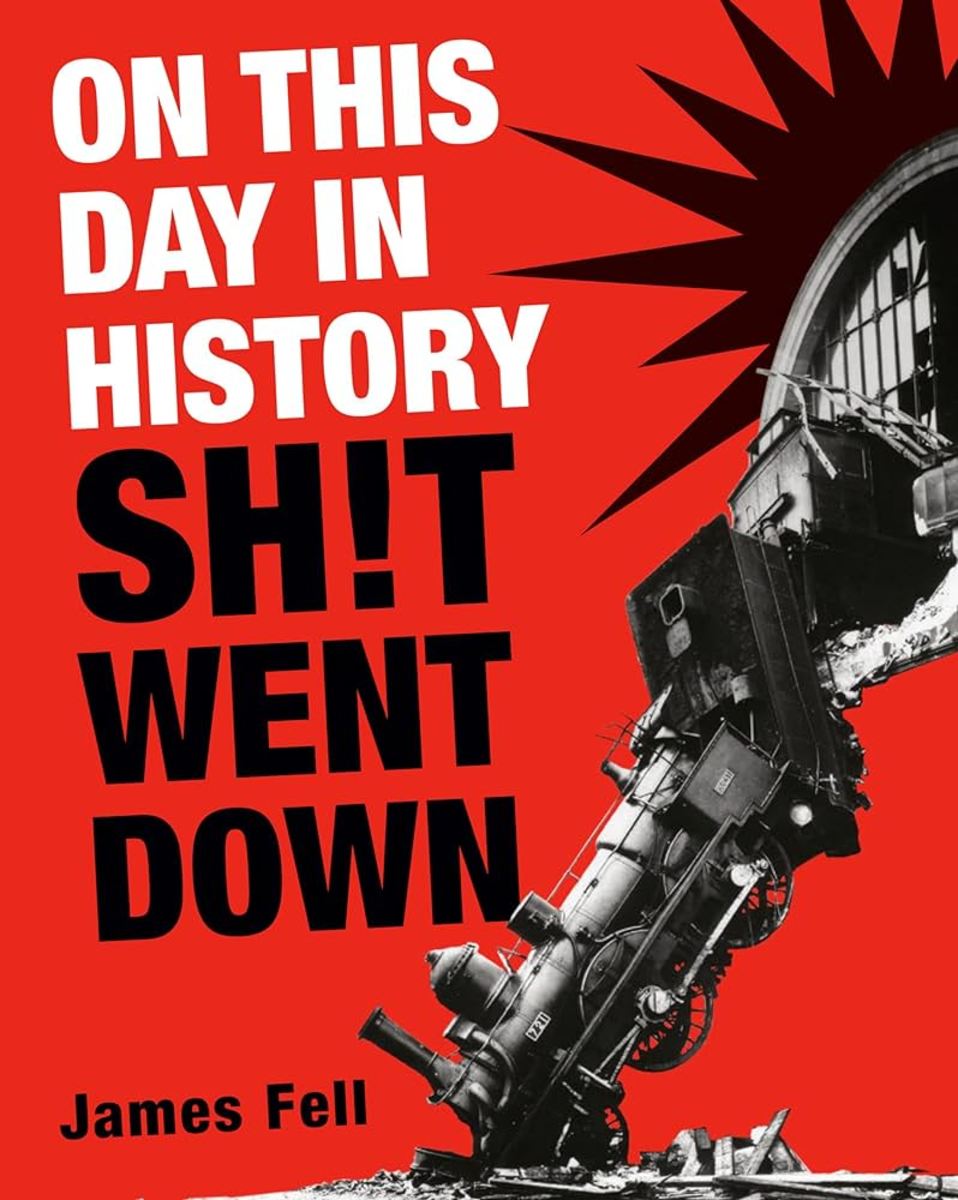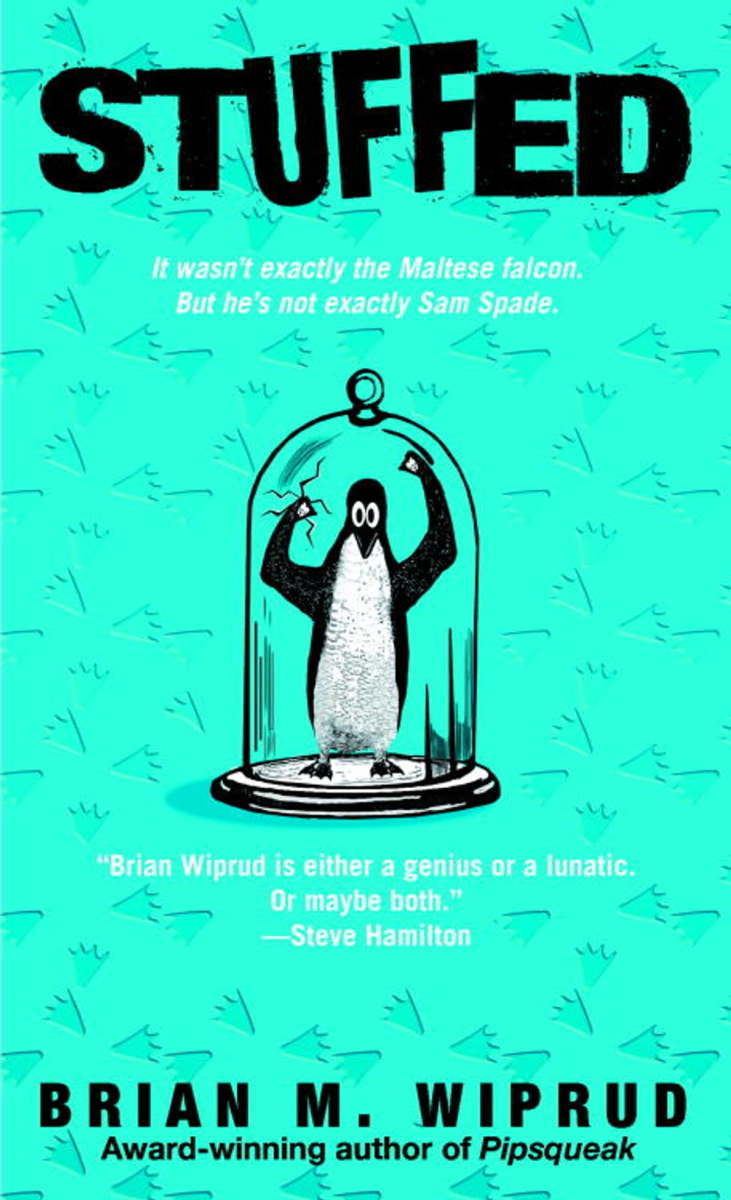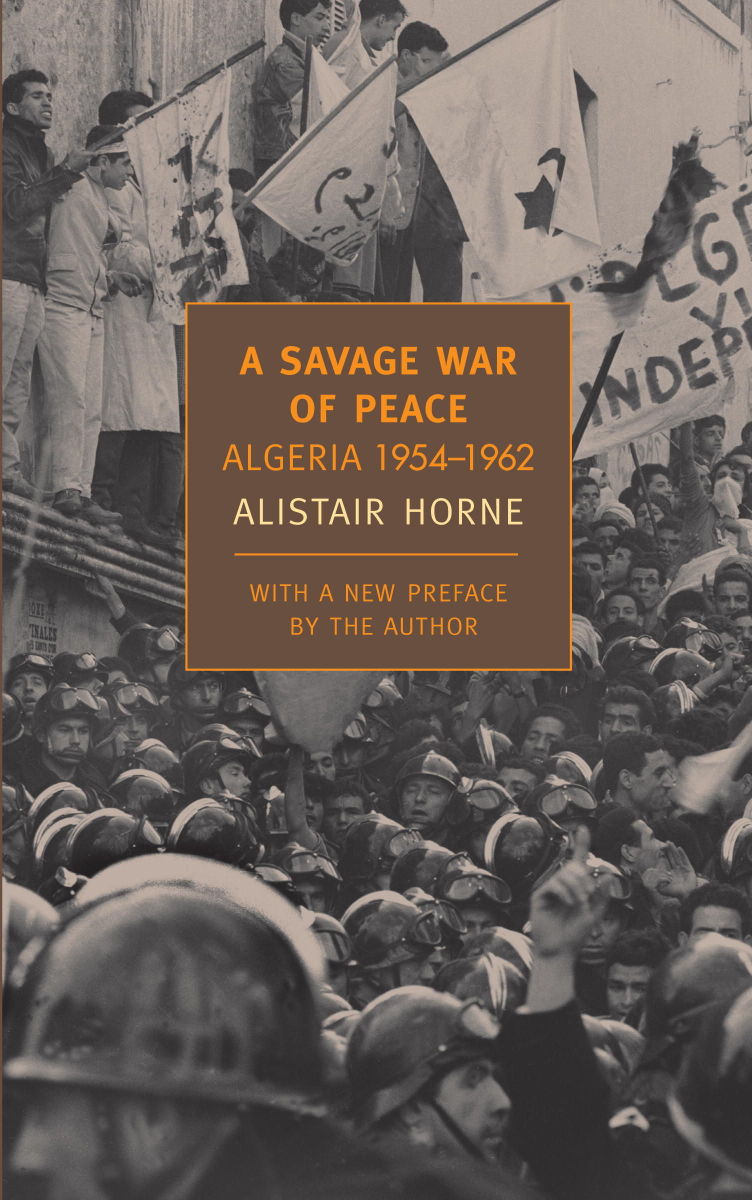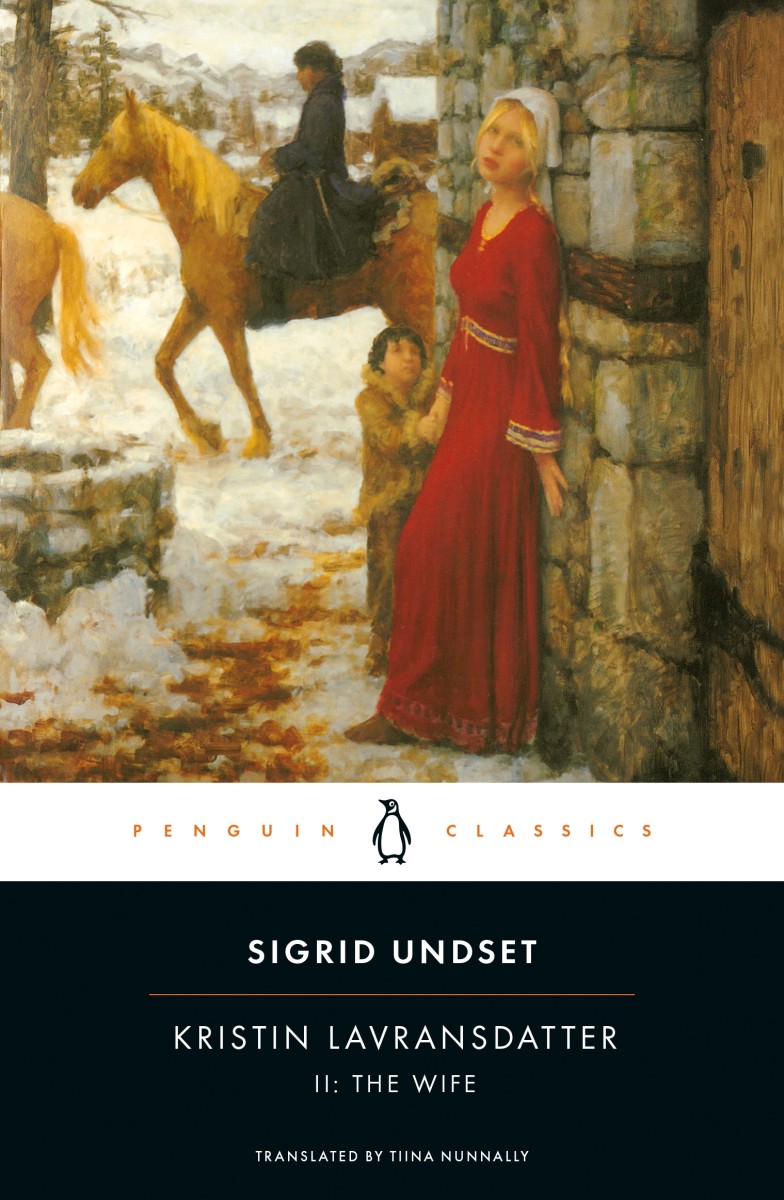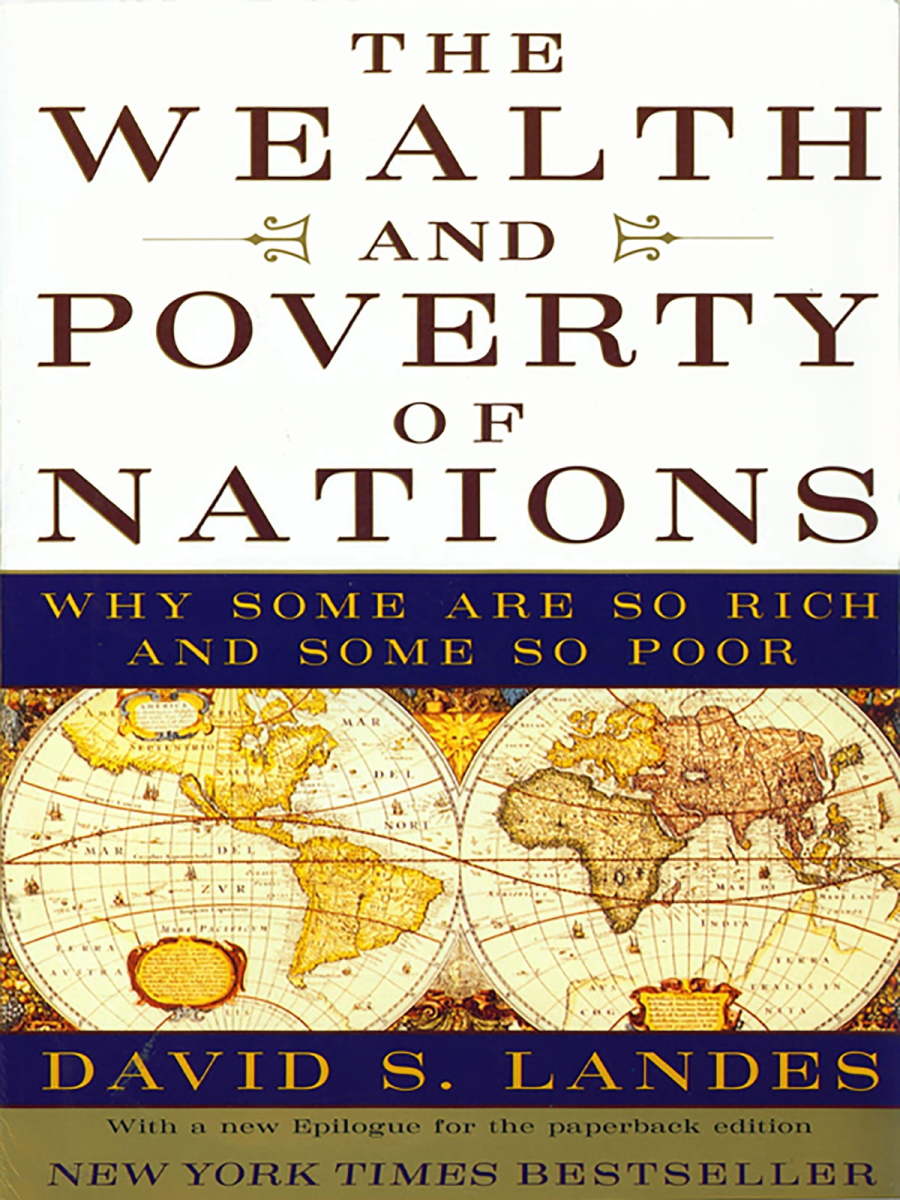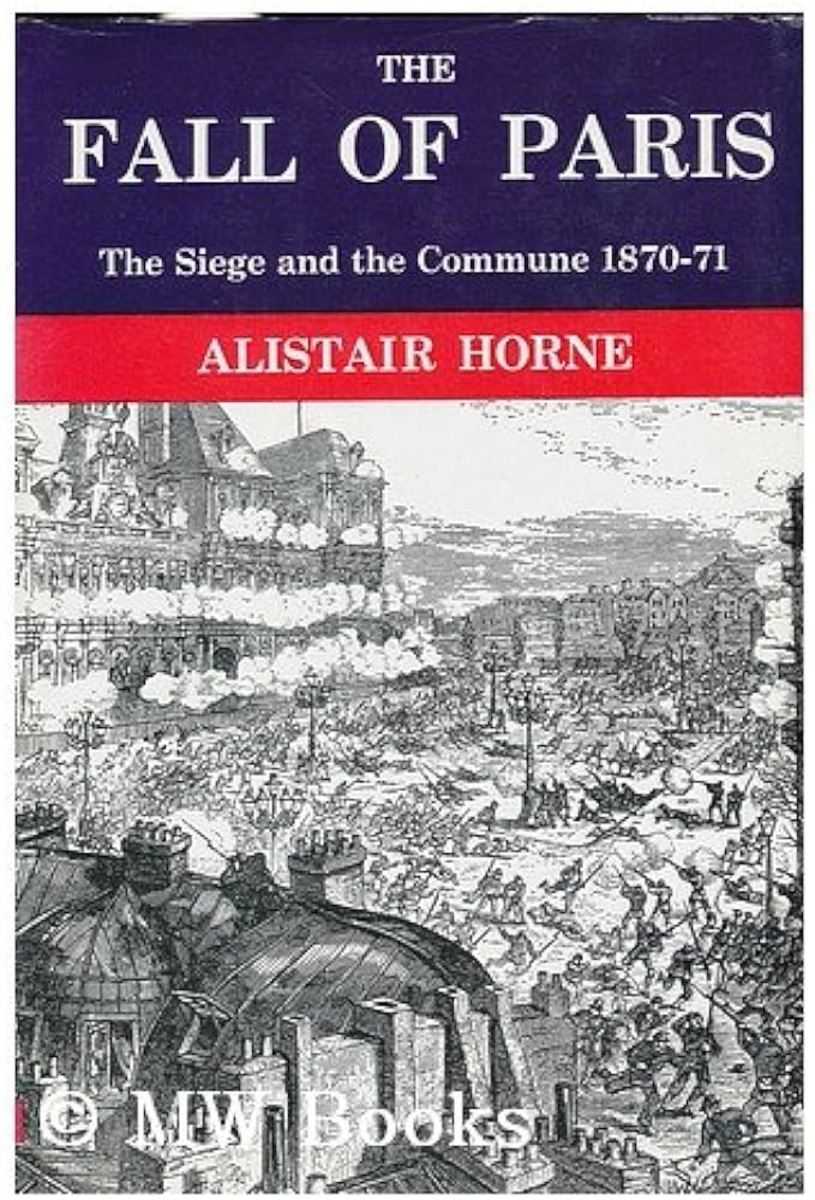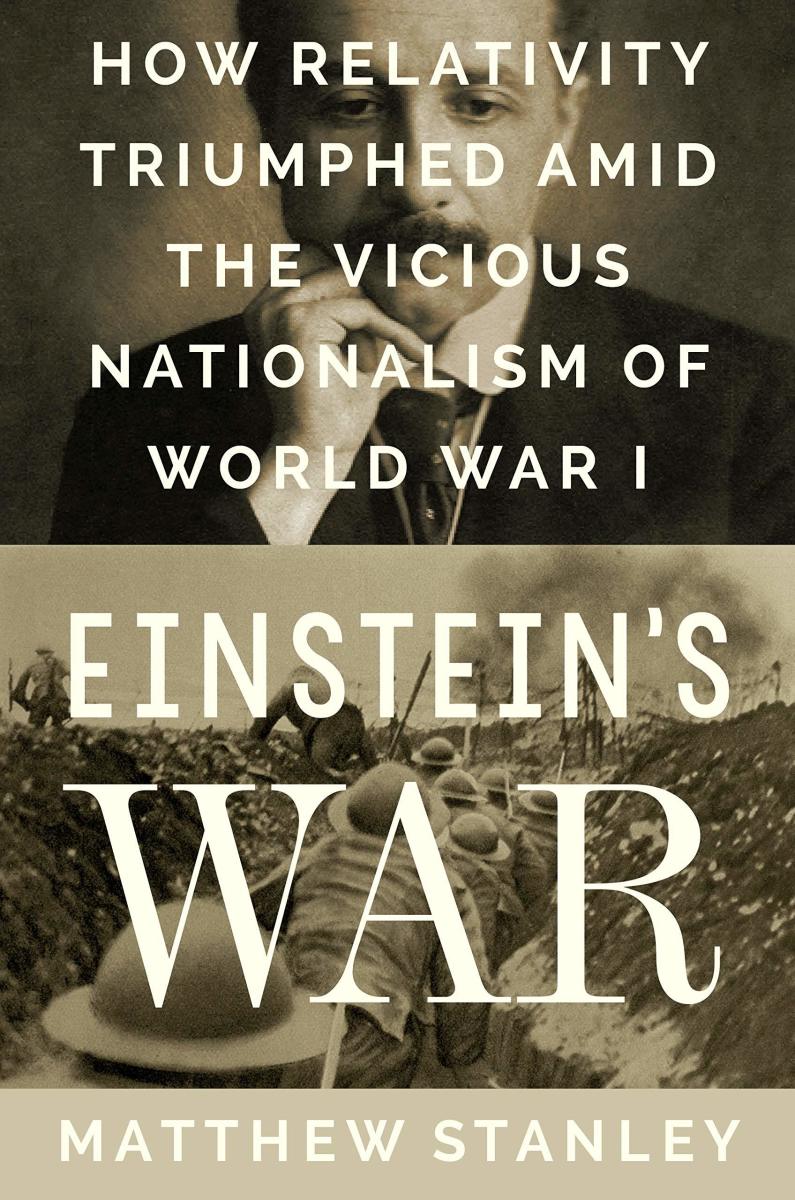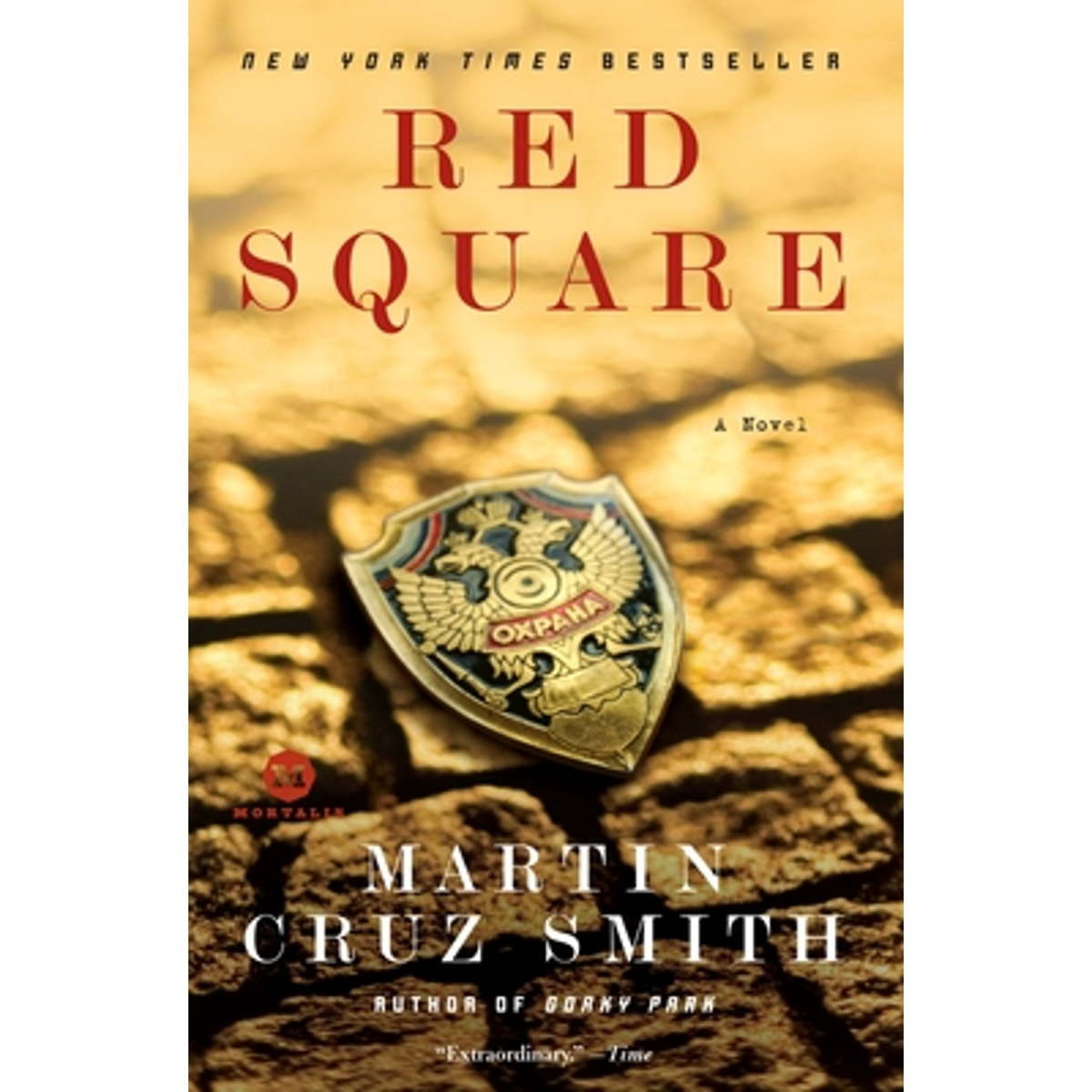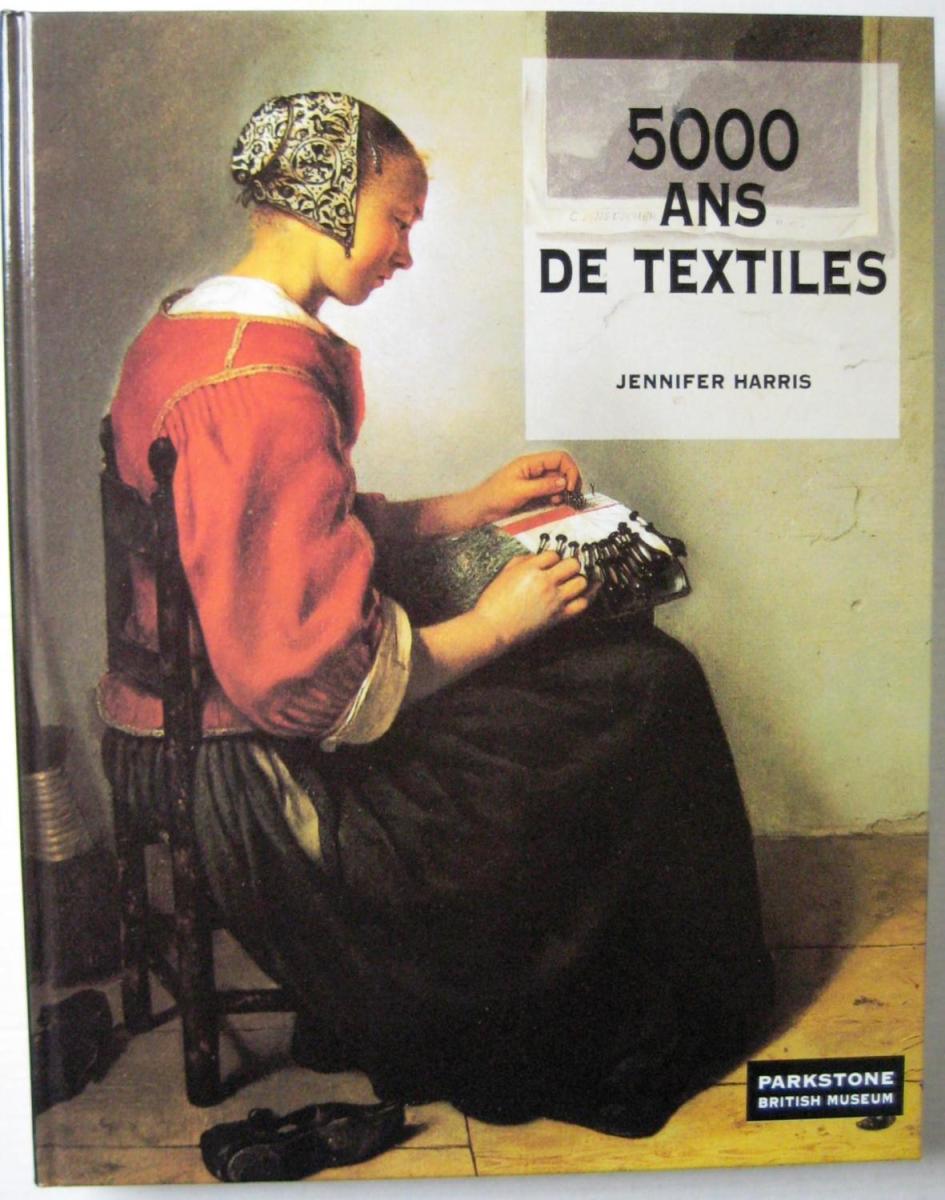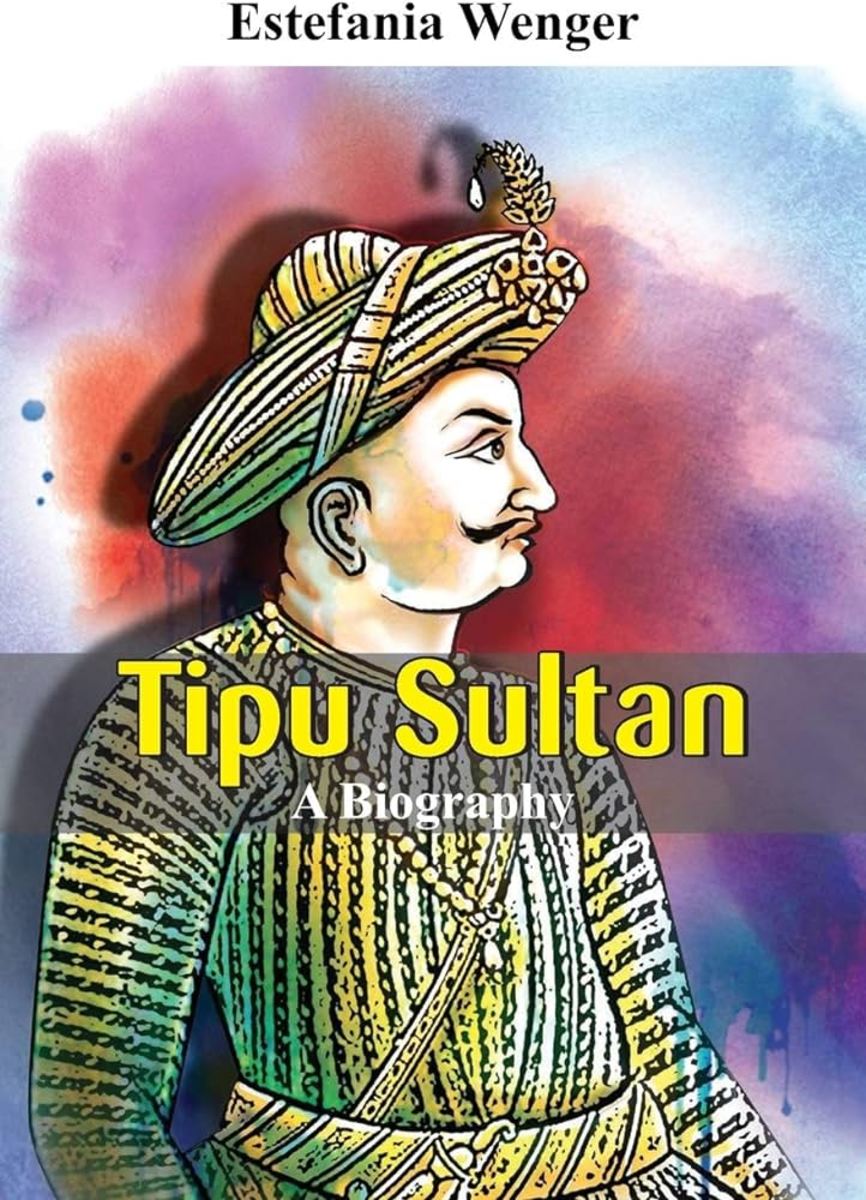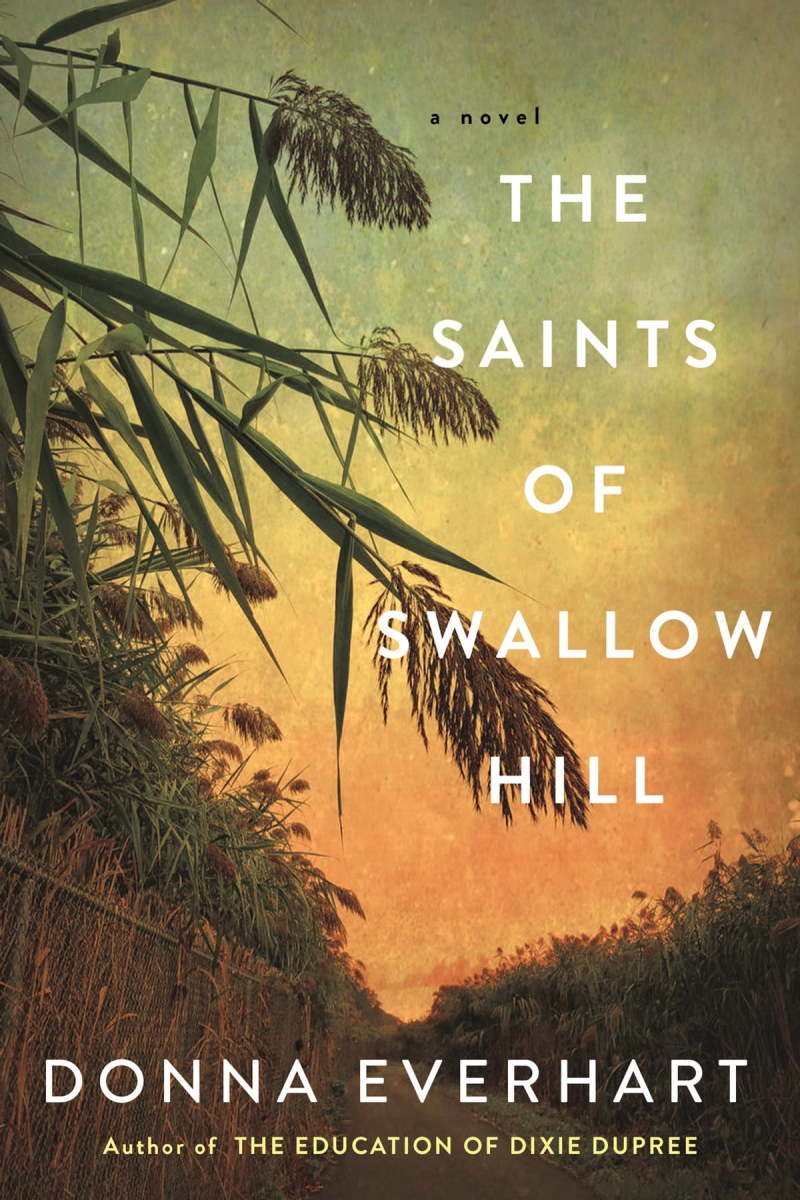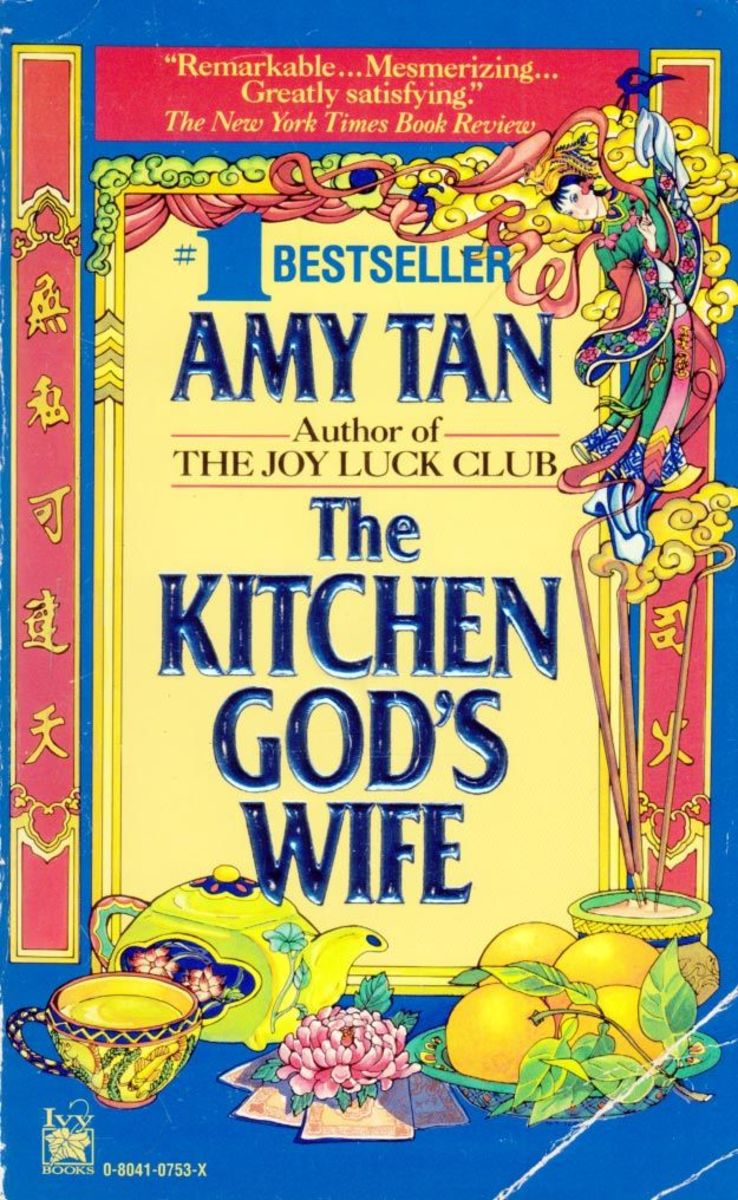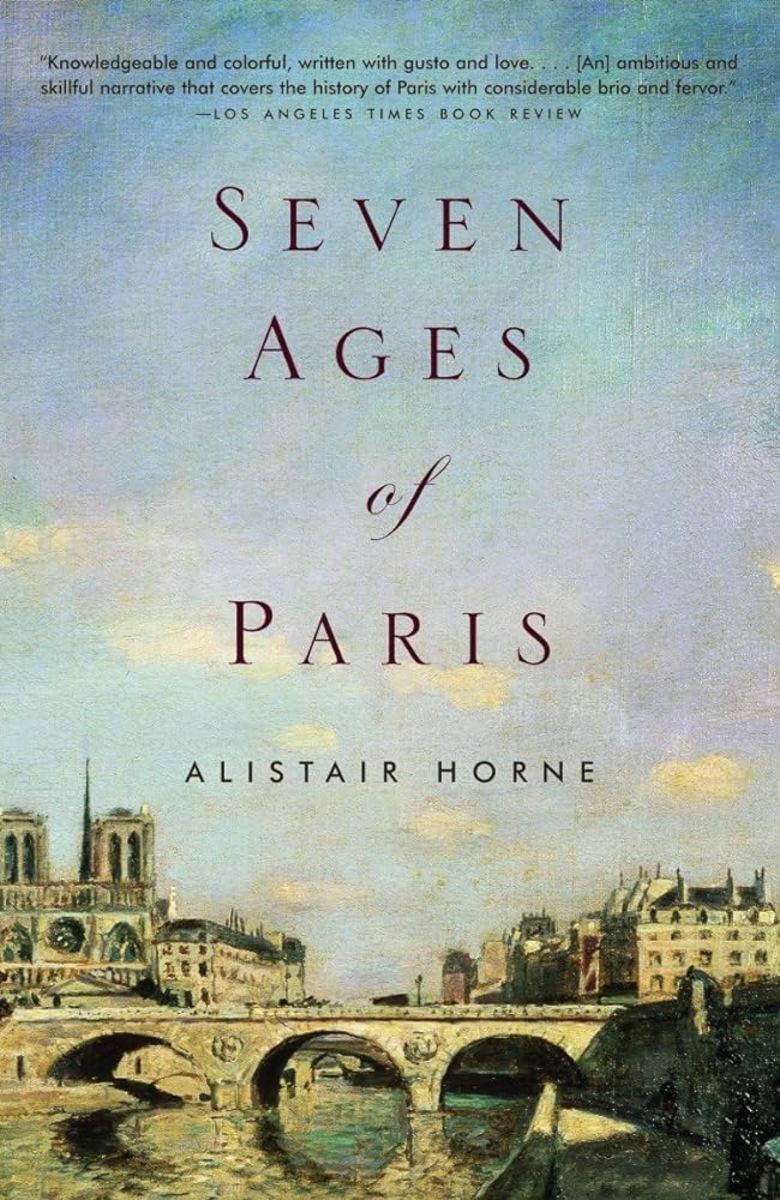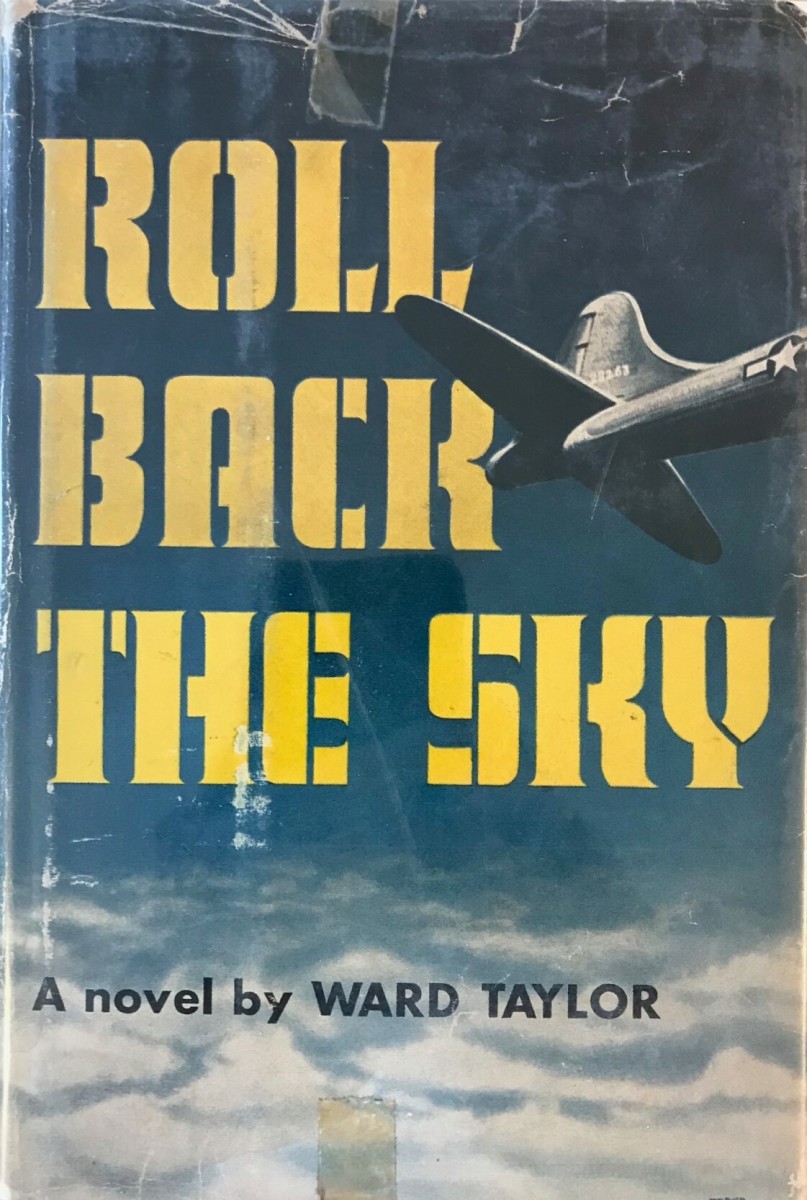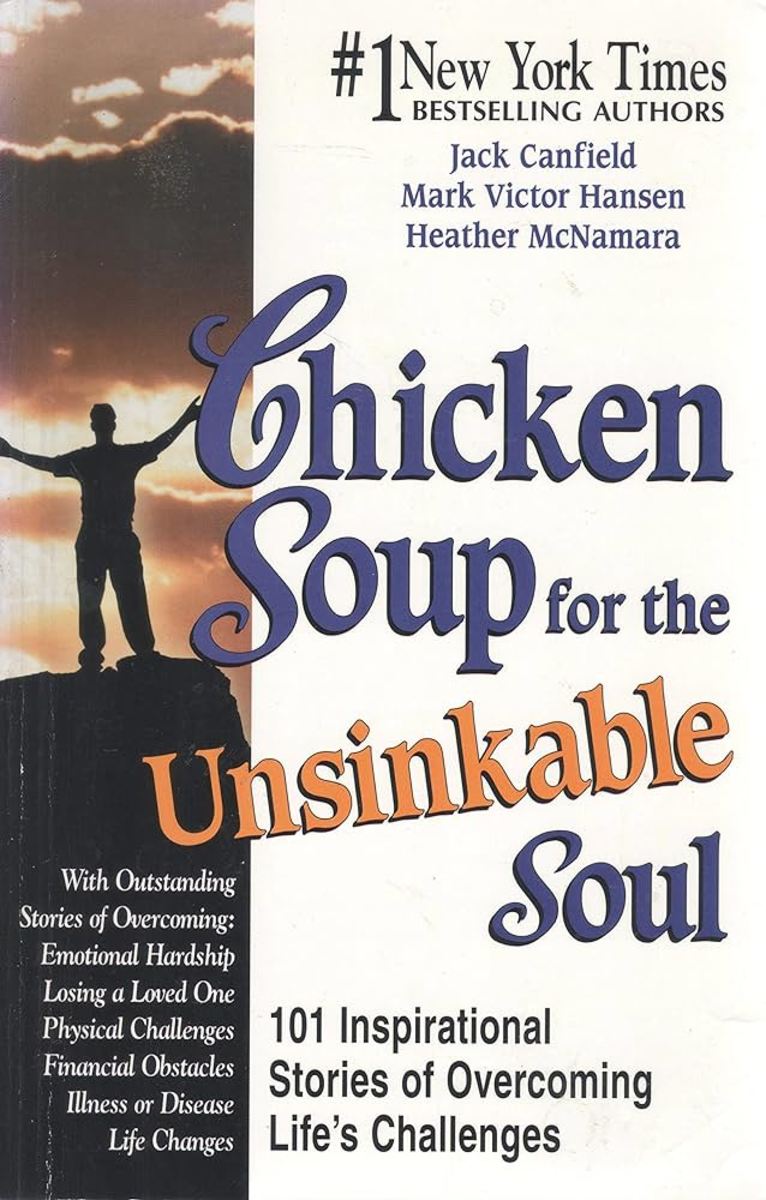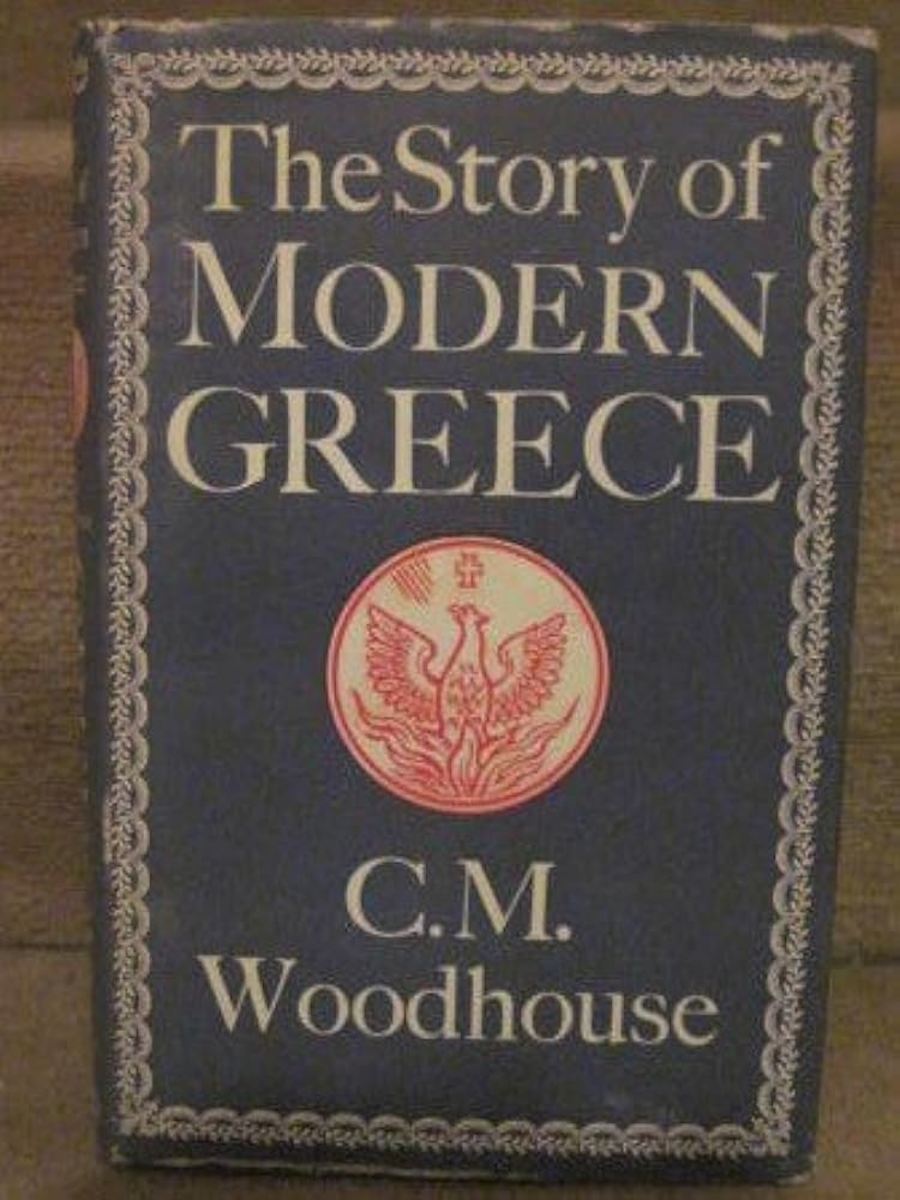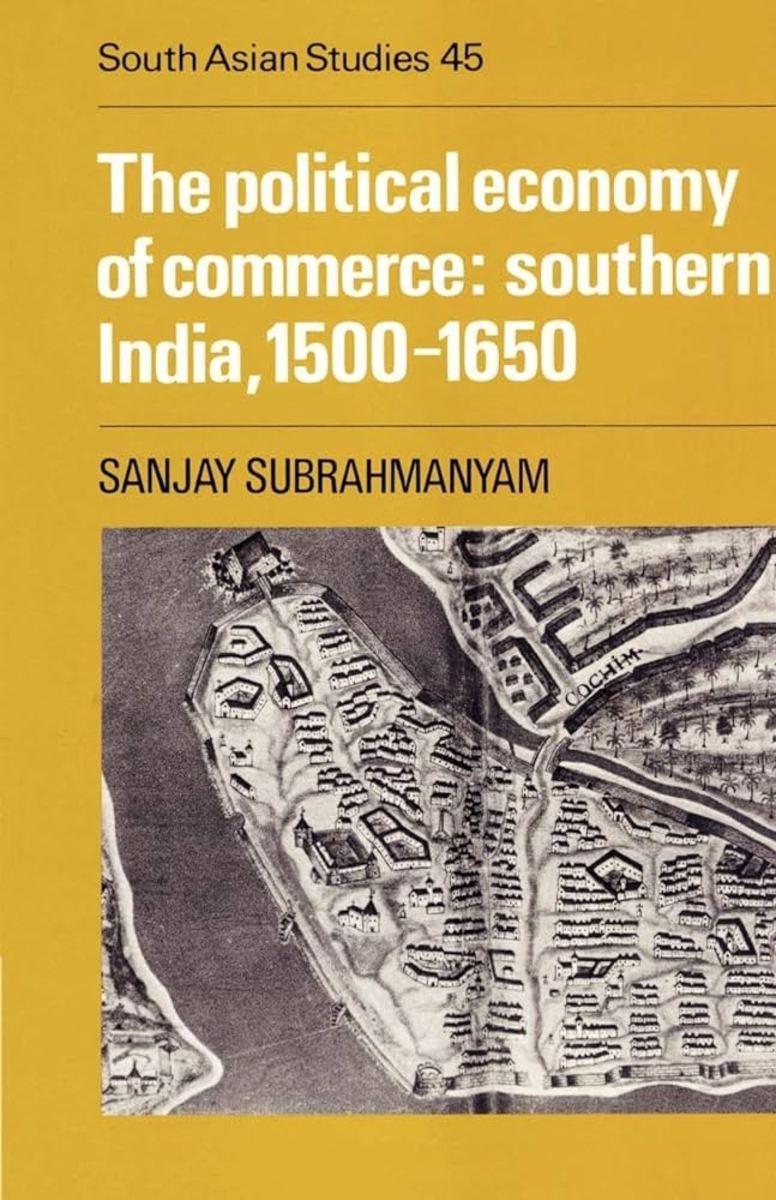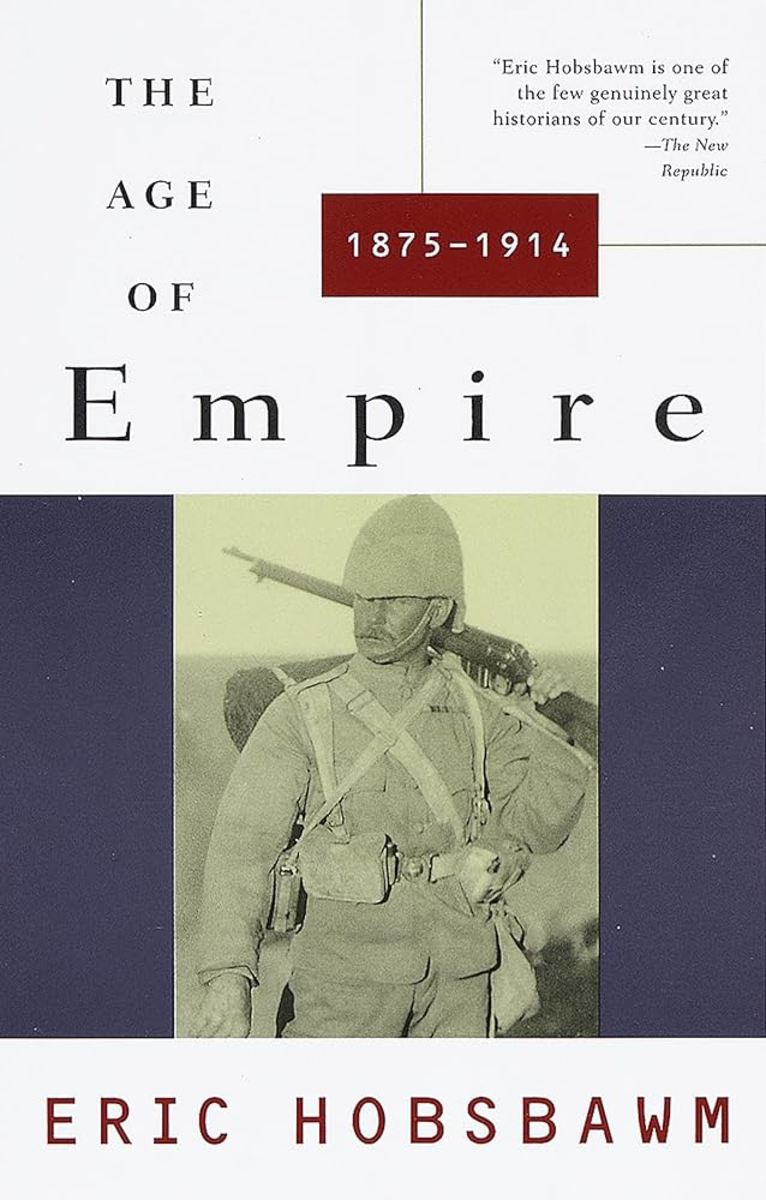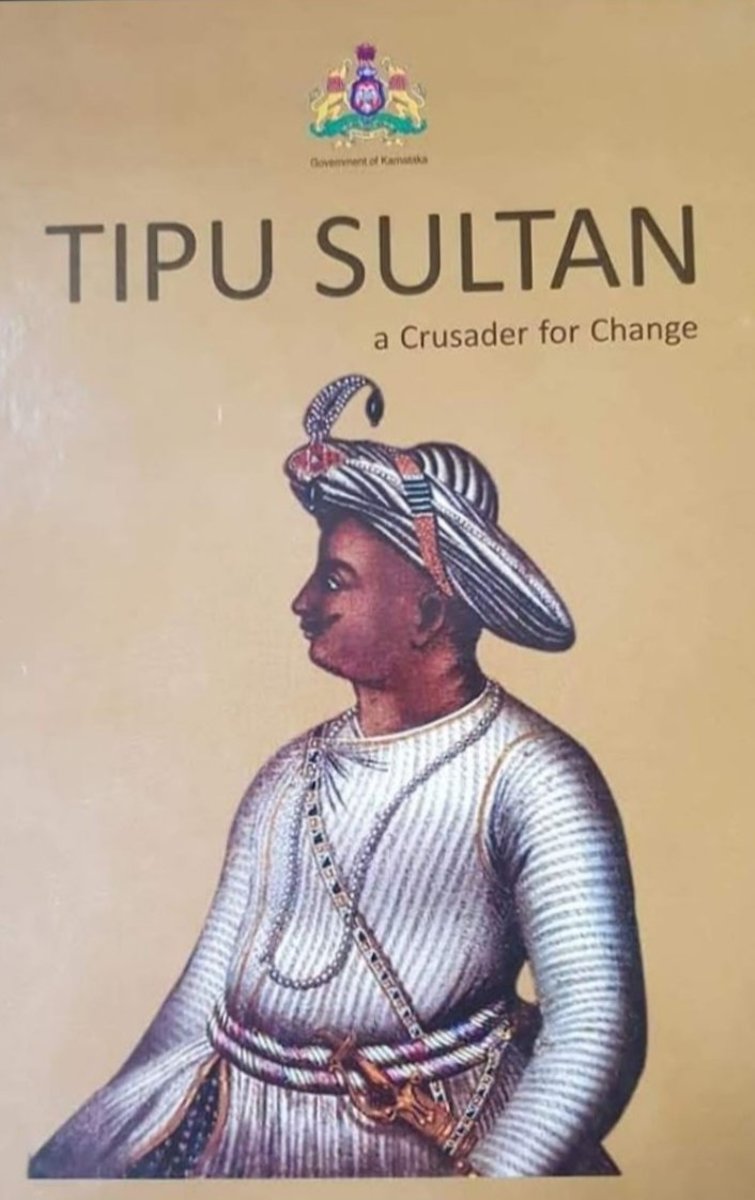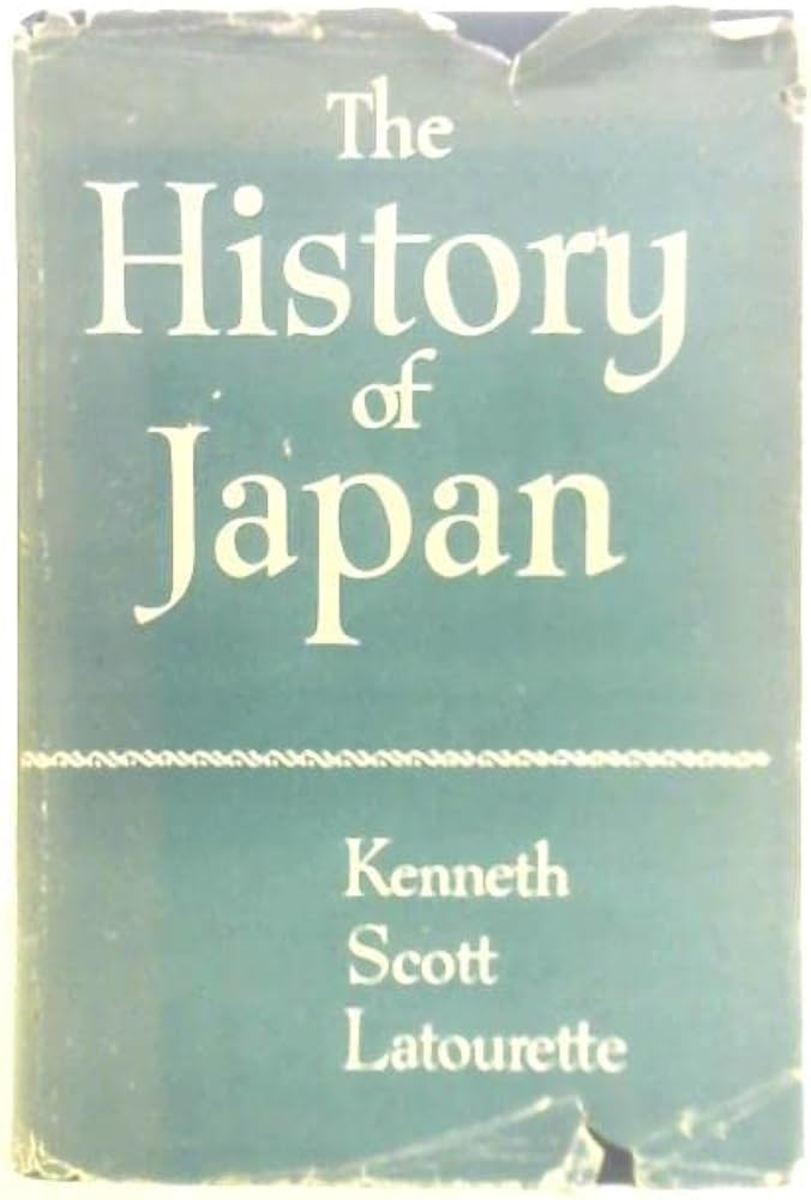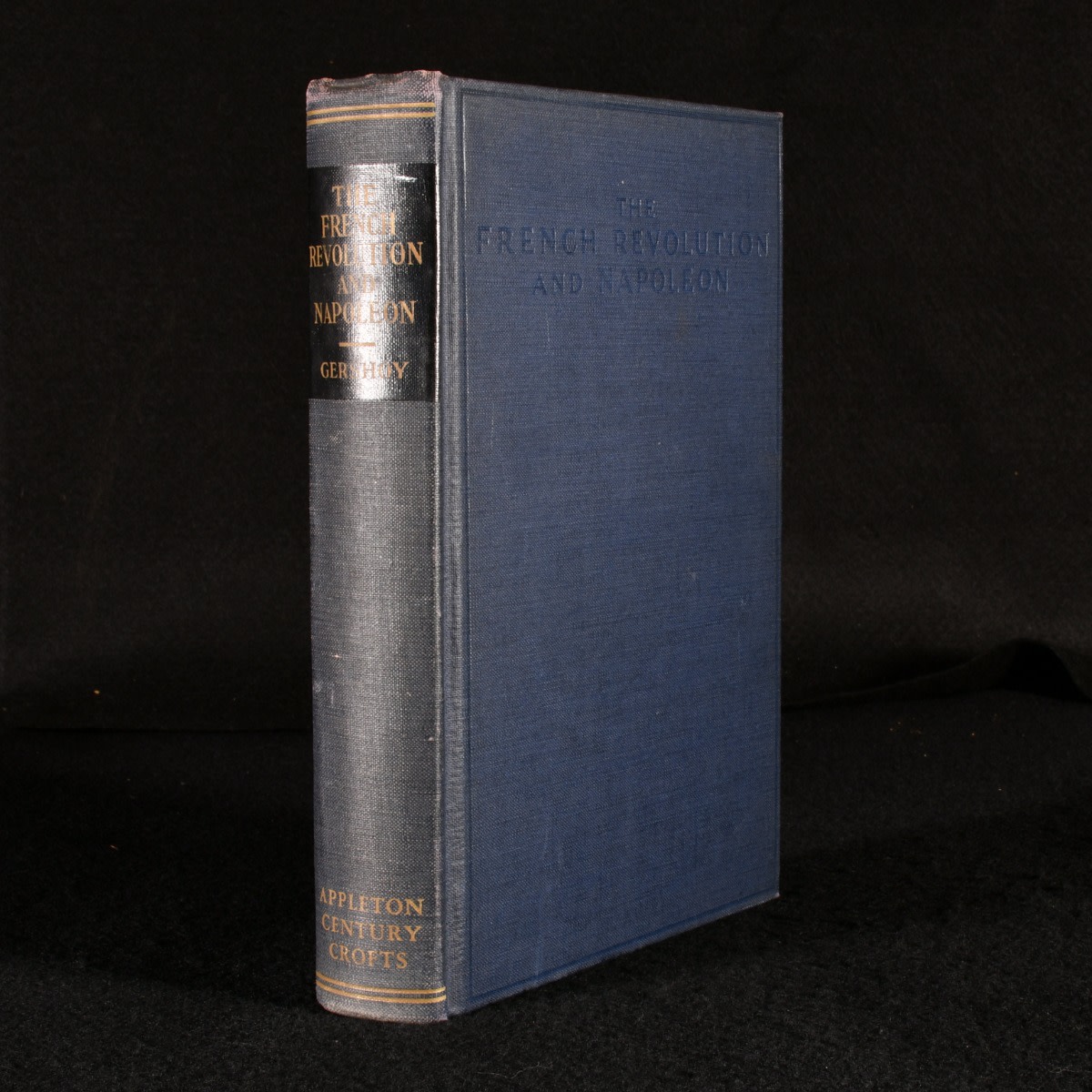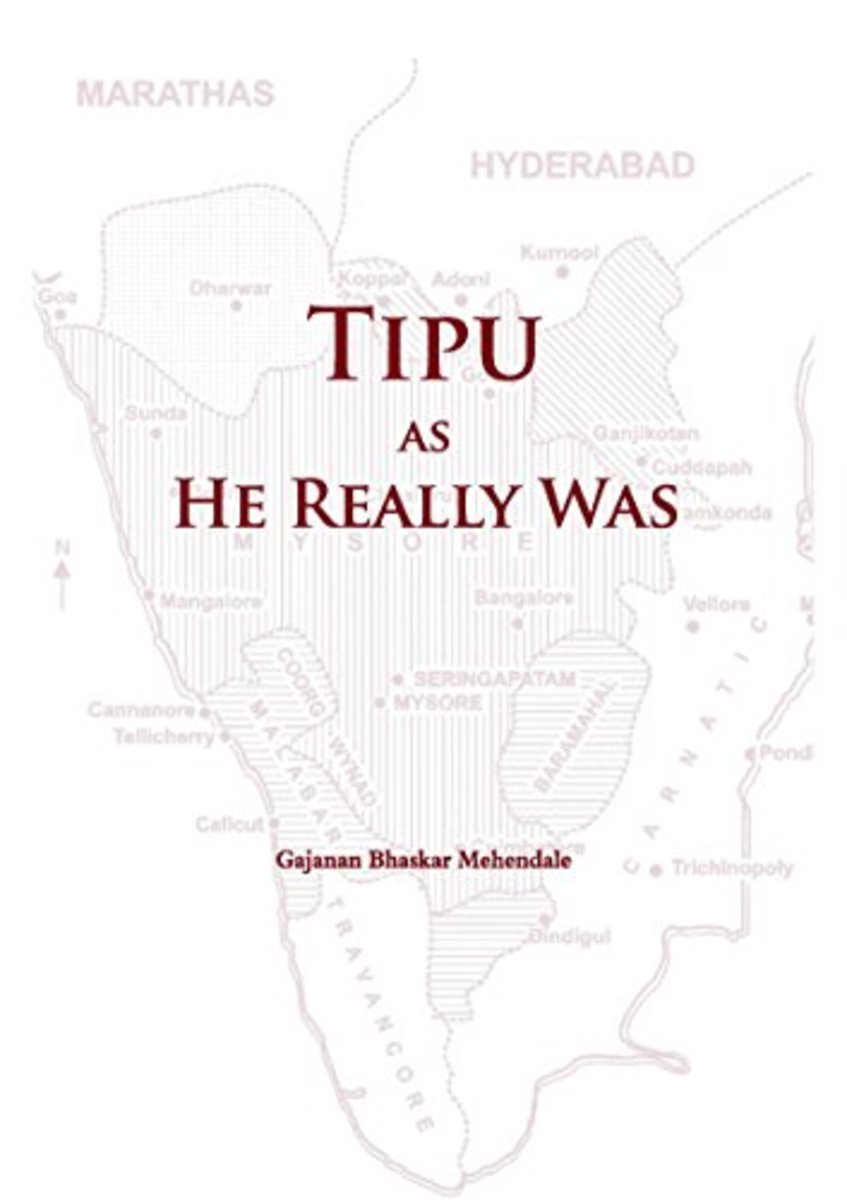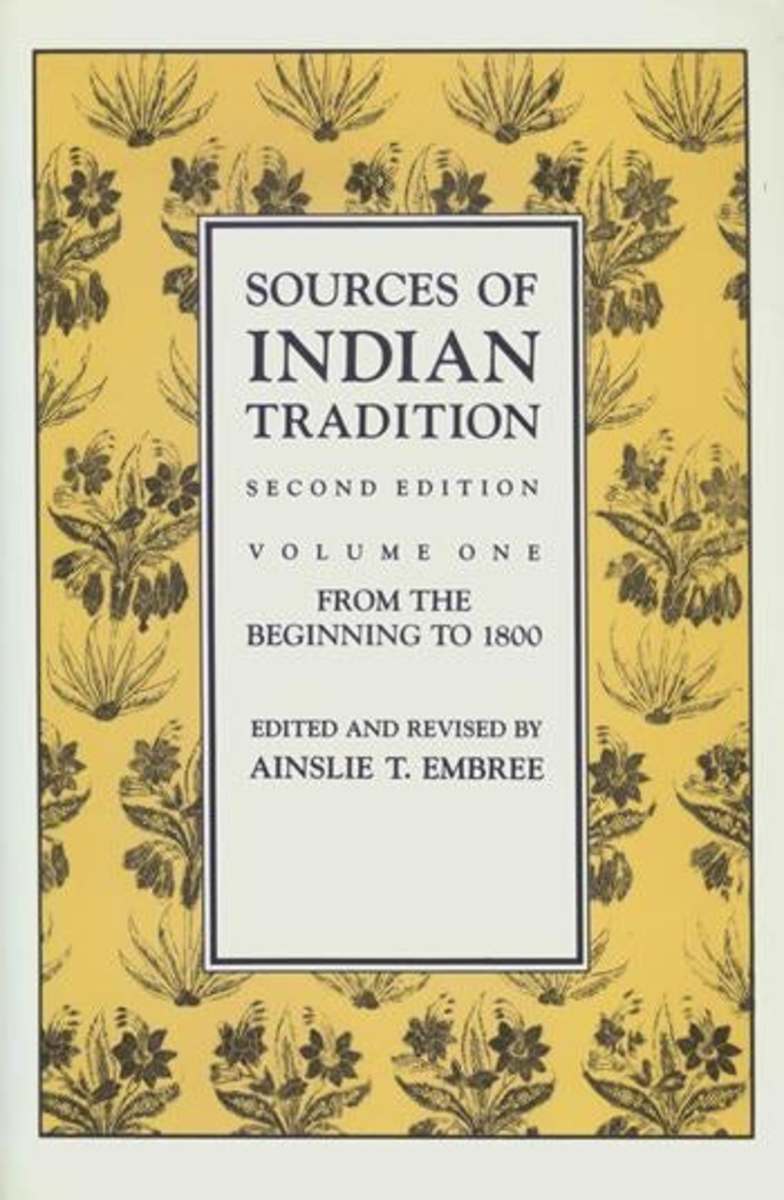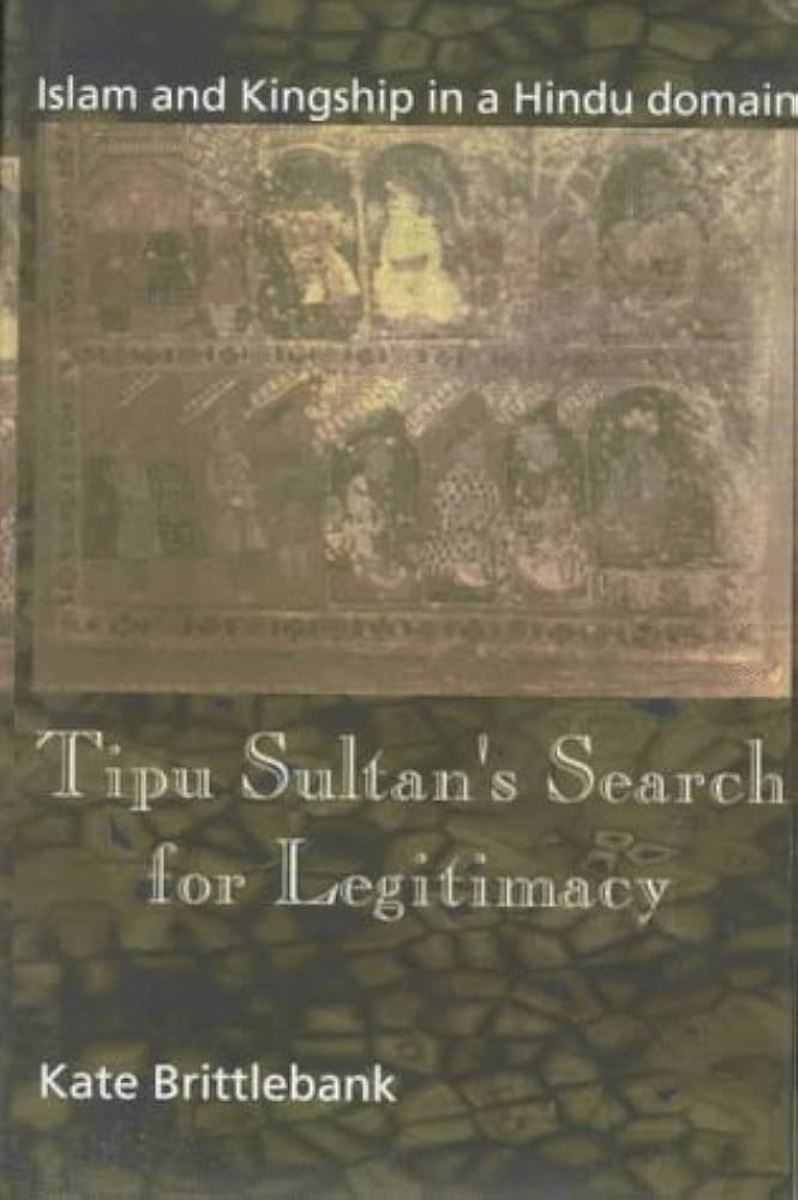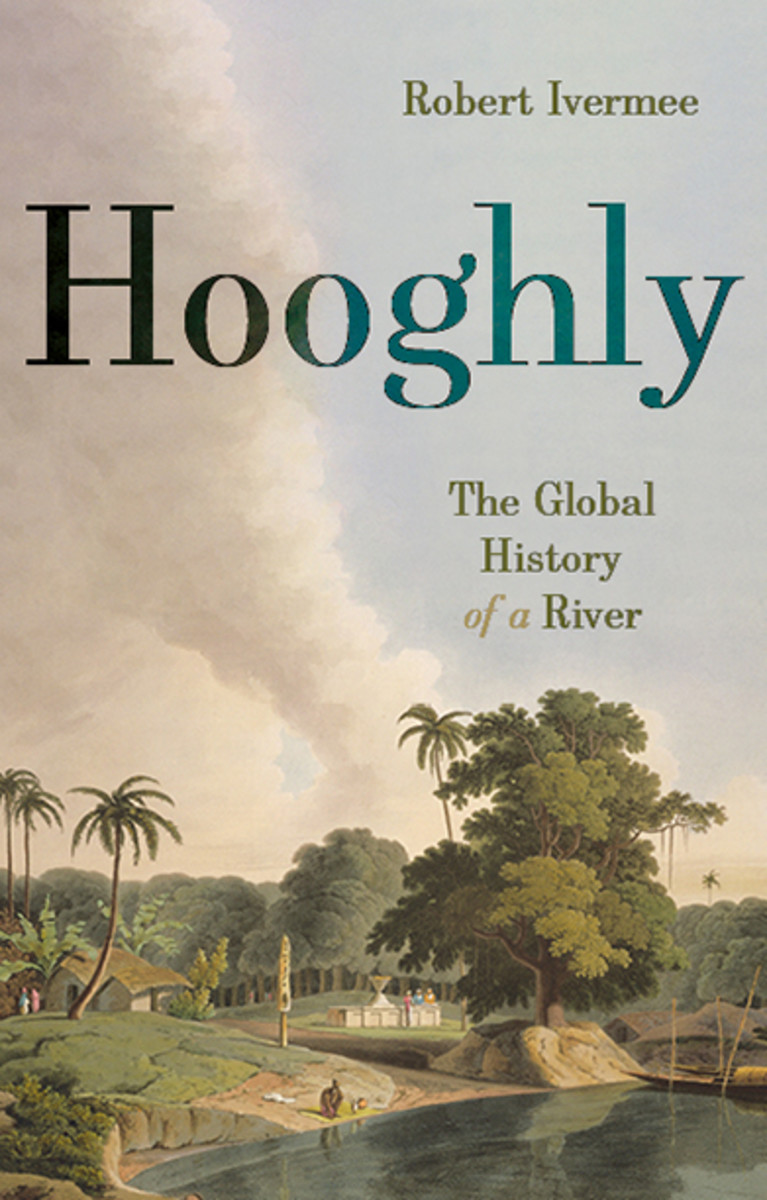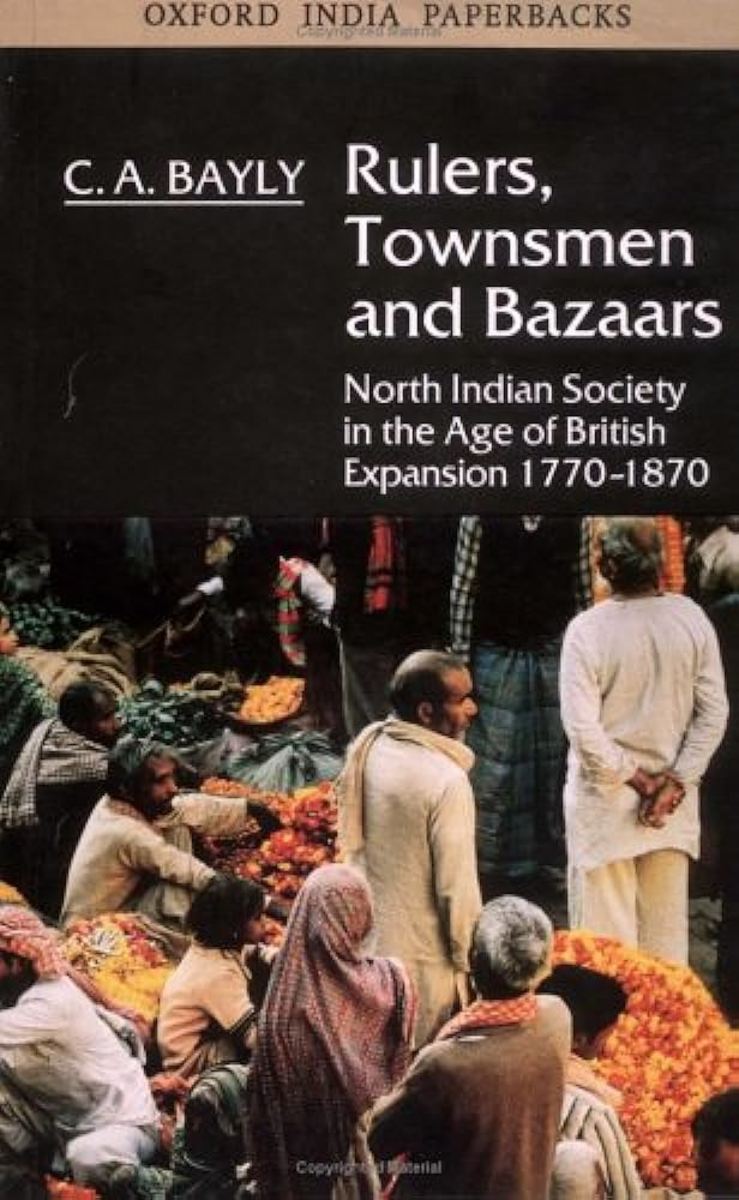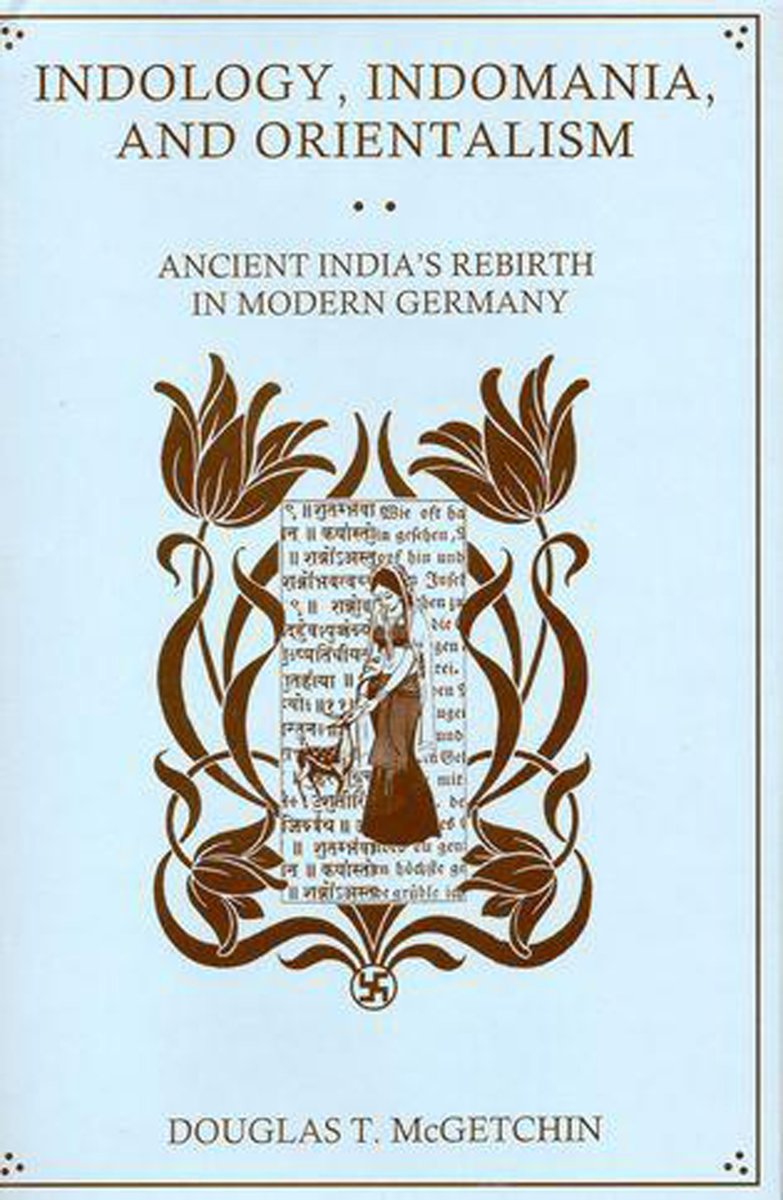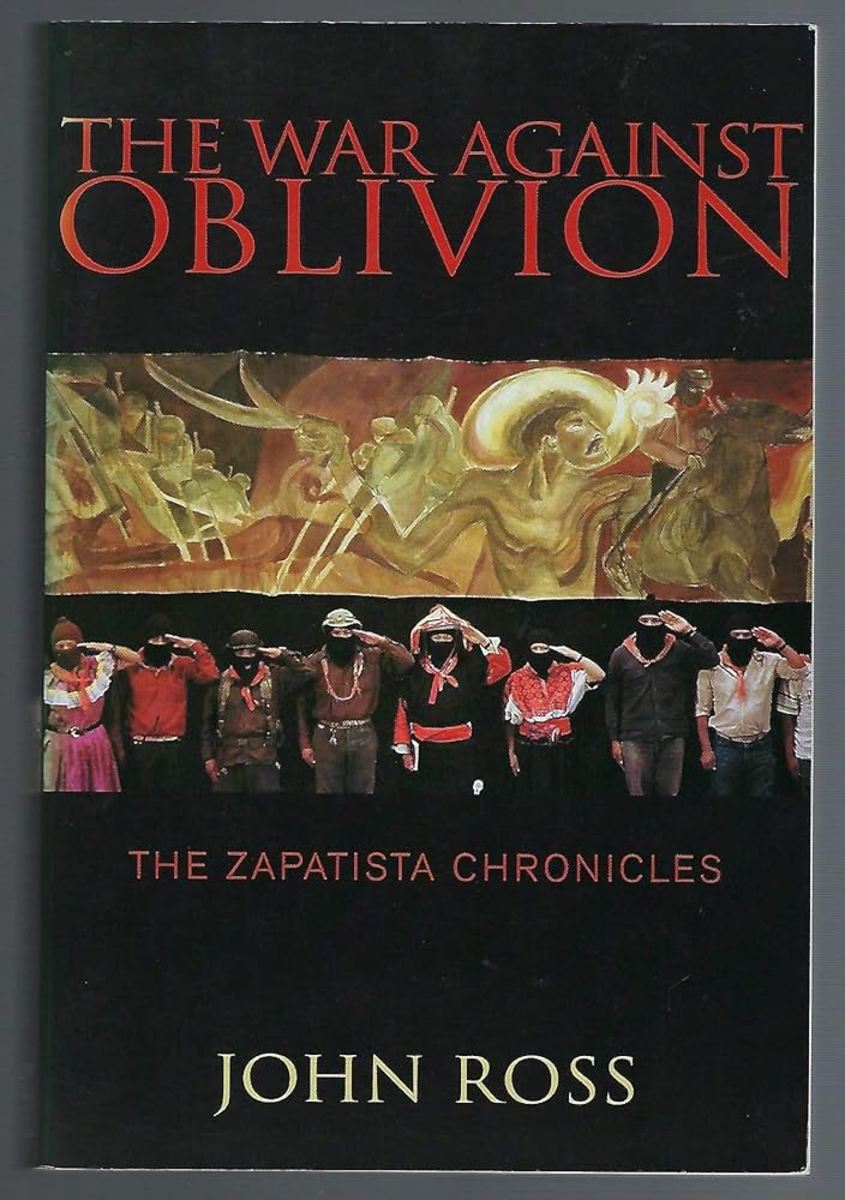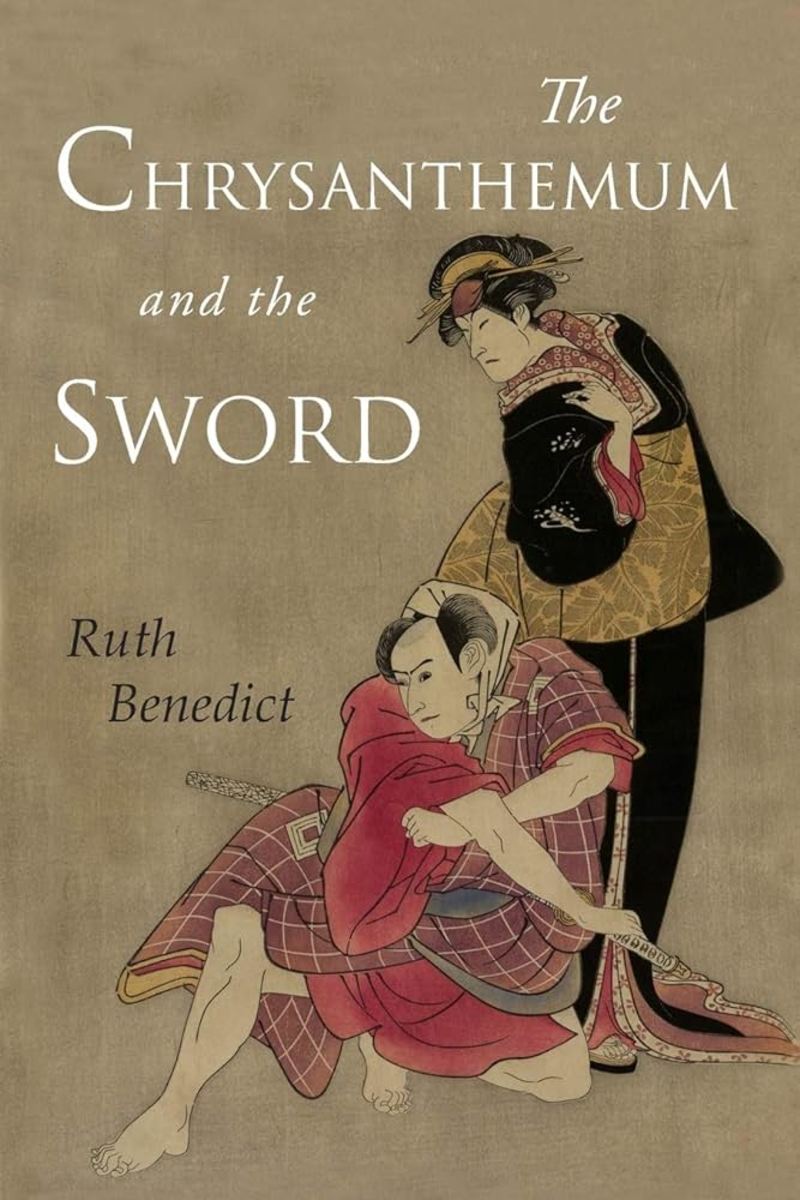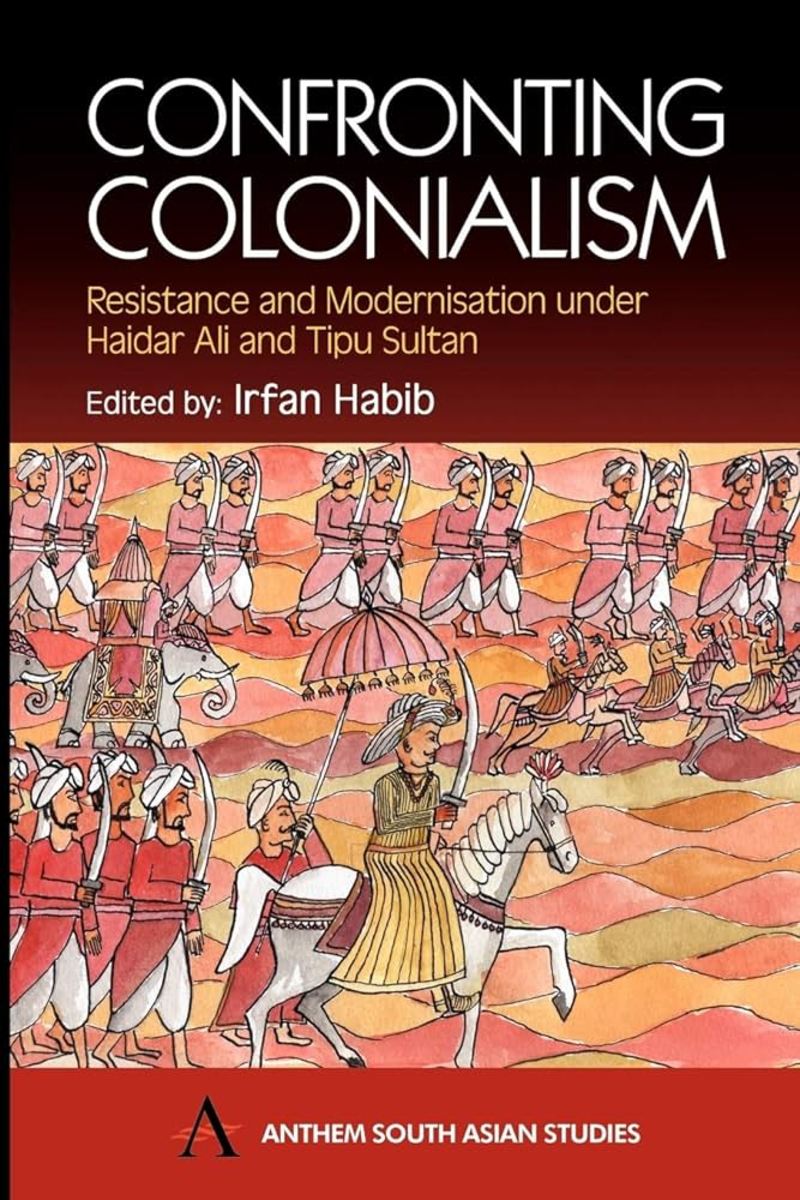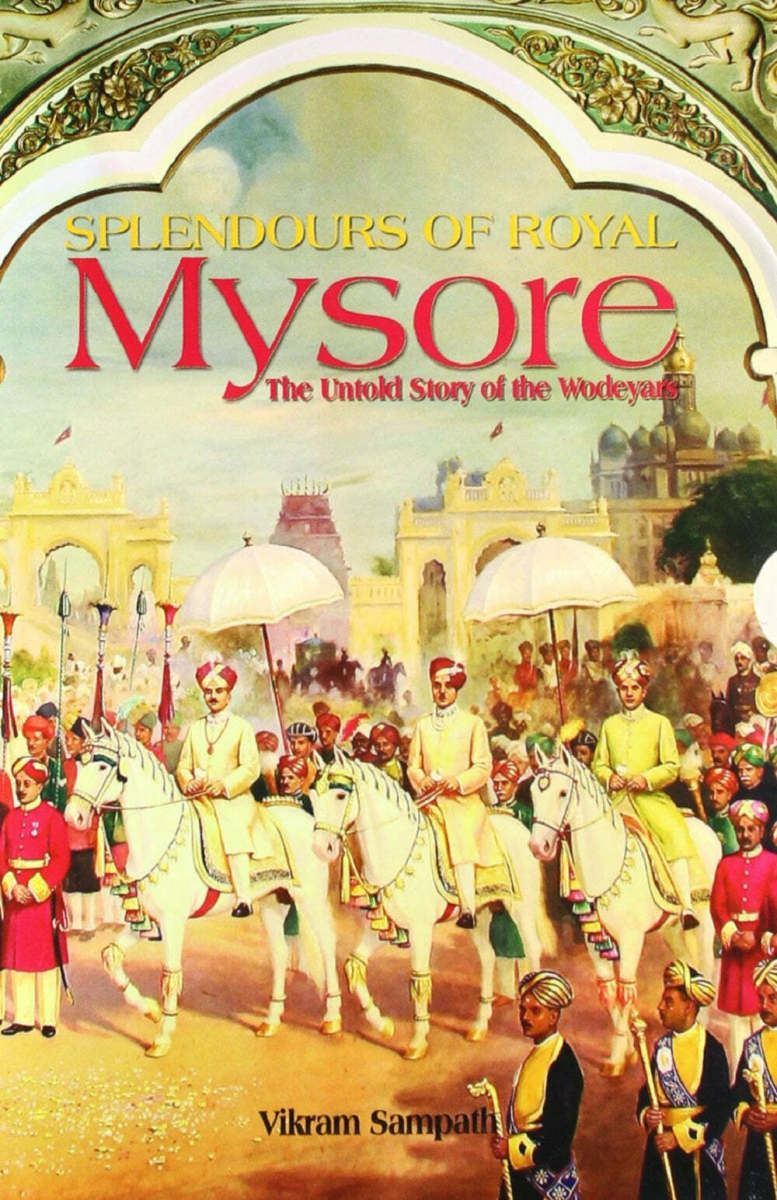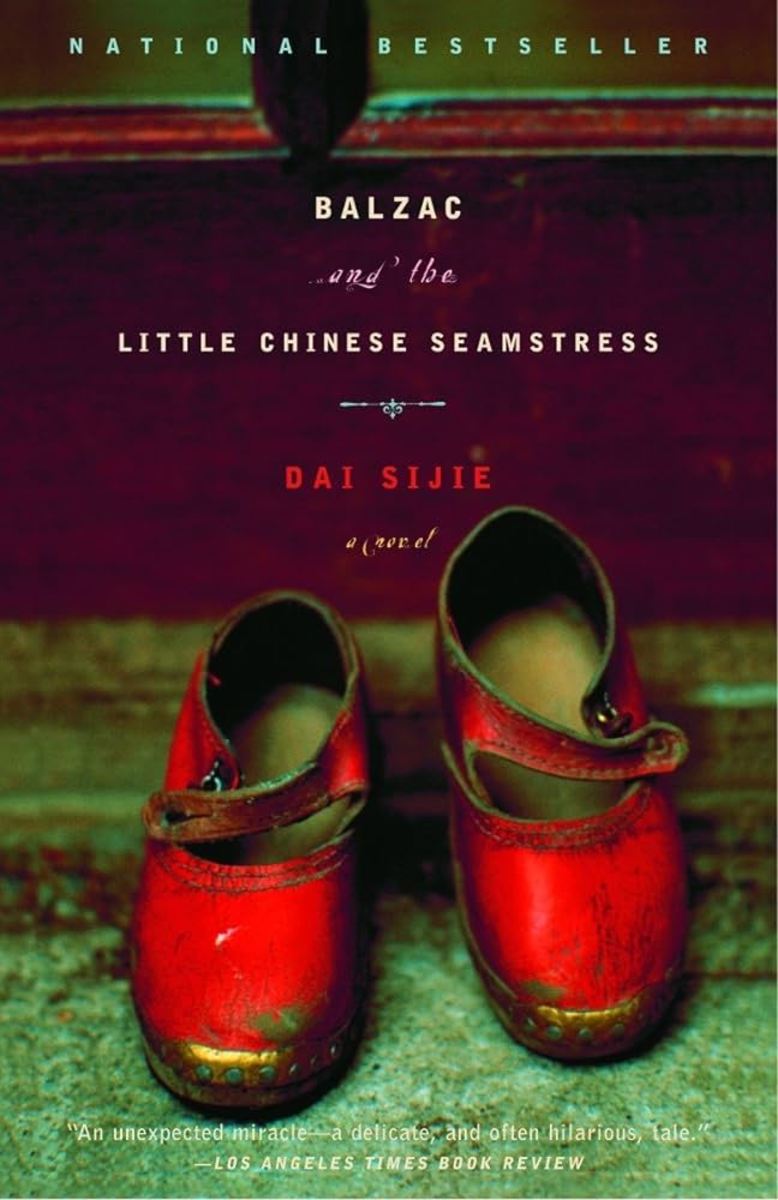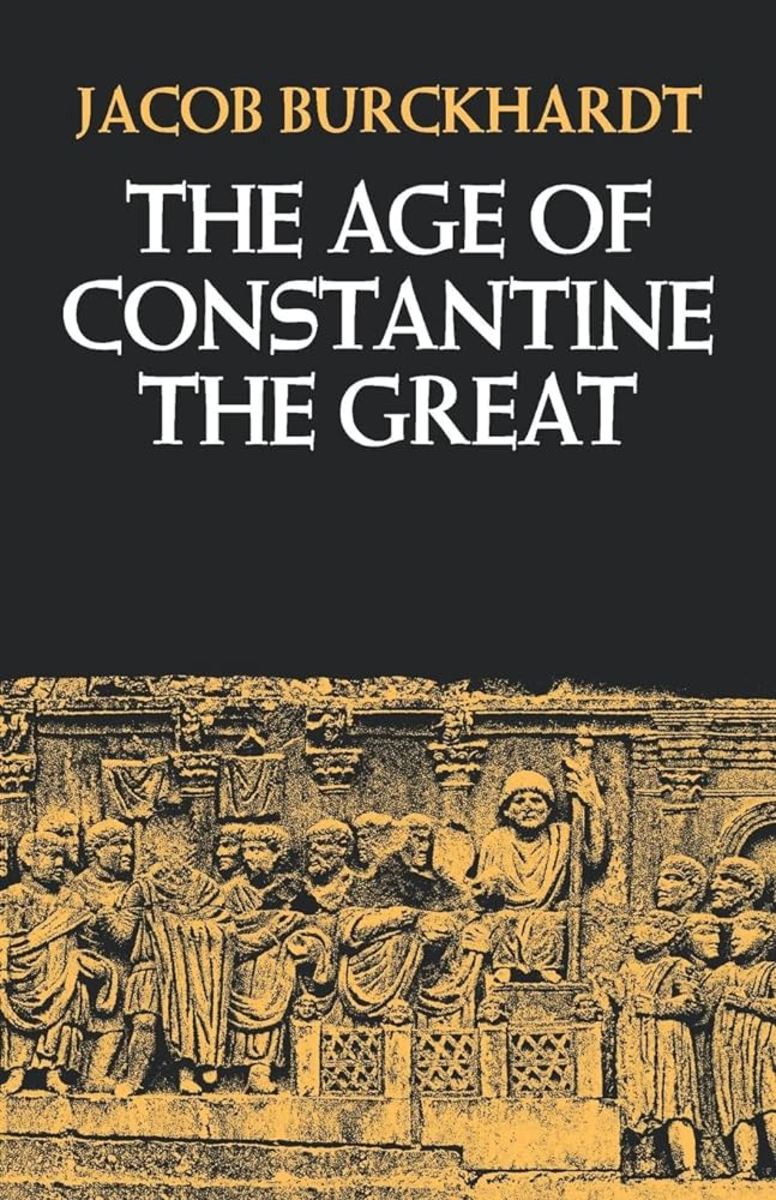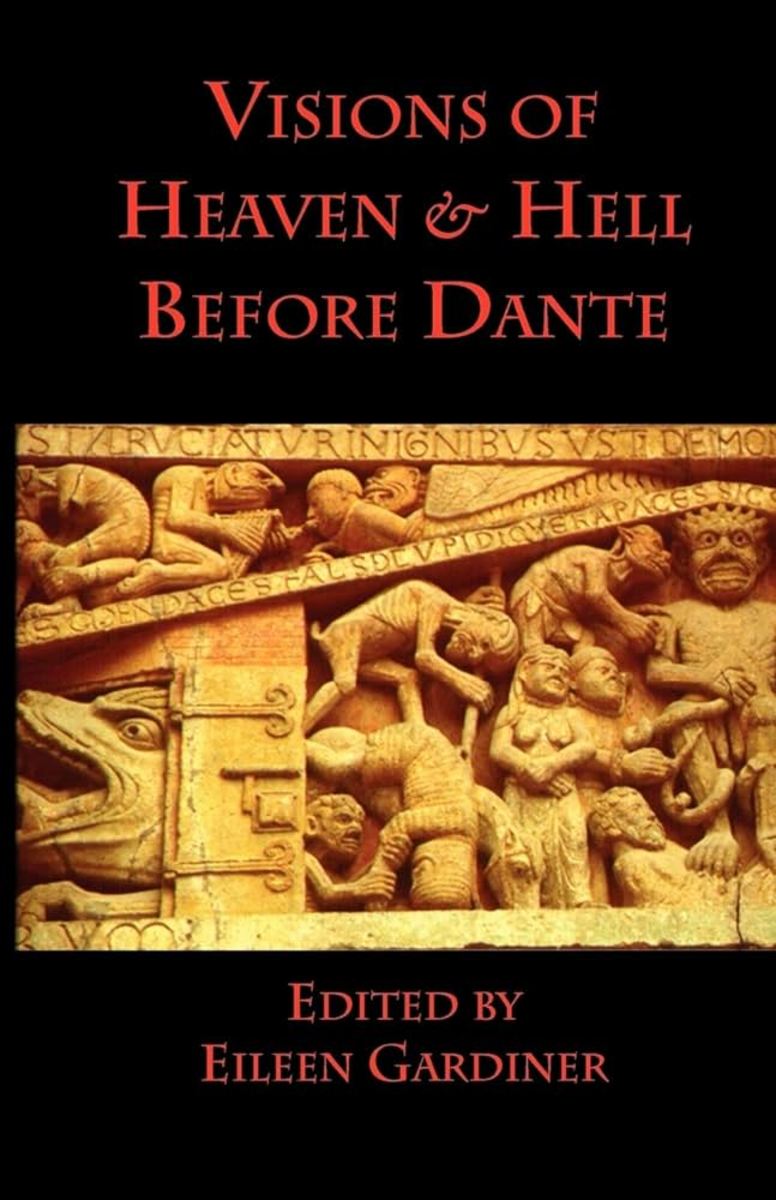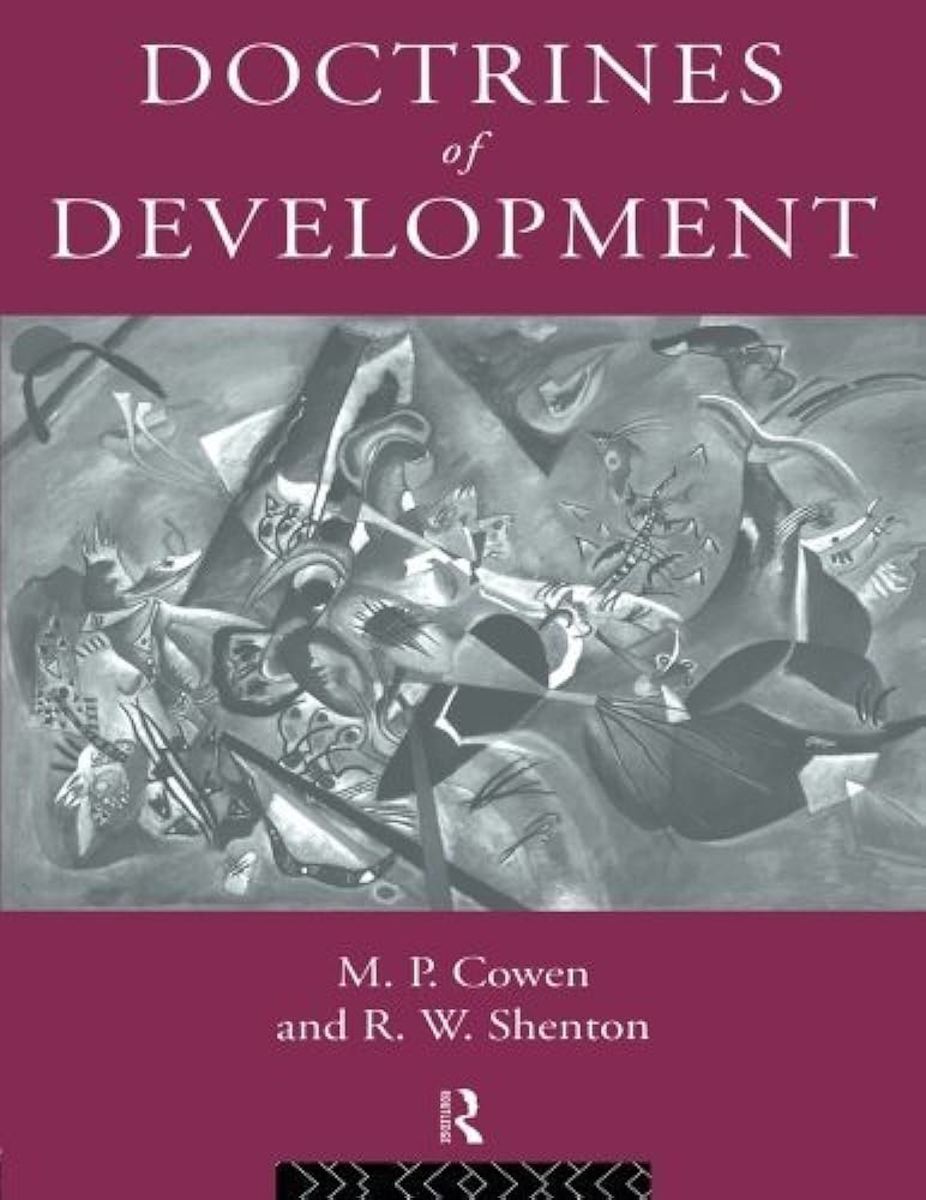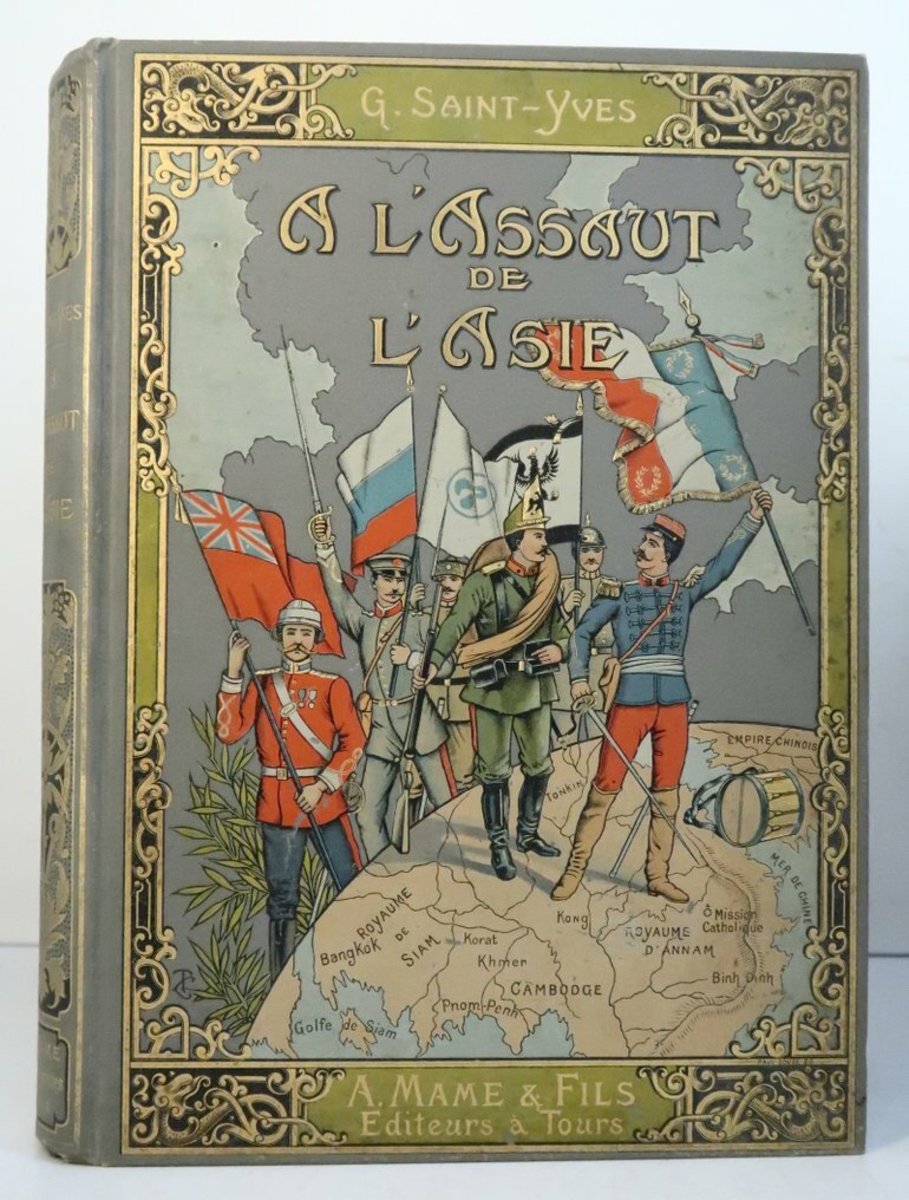 83
83- 0
The Maritime Frontier of Burma Review
The Maritime Frontier of Burma is heavily focused on Arakan, and struggles to give a comprehensive look at the rest of Burma's relationship with the sea: still, it's a useful look at the degree of connection between Mrauk-U and the rest of the Indian Ocean world.
- 0
Né sous la signe de Pégase Review
Né sous la signe de Pégase (born under the sign of Pegasus) gives a decent autobiographical look at the exterior of Trân Dang Nghi but could have done better in examining the interior of his life and personal relationships.
- 0
A Maritime Vietnam: From Earliest Times to The Nineteenth Century Review
A Maritime Vietnam takes a brilliant new look at Vietnamese history and does a great job at integrating the sea into the development of Vietnamese civilization in different stages throughout the last several thousand years.
- 0
The Making of Modern Burma Review
A great look at the structural evolution of Burma in the 19th century that would lead to Burma's unique nature under British rule and lay the ground for Burma's stagnated development since independence, The Making of Modern Burma is a great component of understanding Burmese history.
- 0
Economic Development of Burma in Colonial Times Review
Certainly a dry book, Economic Development of Burma in Colonial Times does give a mass of statistics which is useful for analytical understanding of the country under British colonialism, particularly in trade and agriculture.
- 0
Cultural and Civilizational Links between India and Southeast Asia Review
There is some of the natural scattering that any multi-author book is at risk from, but generally Cultural and Civilizational Links between India and Southeast Asia is engaging, well written, and brings up some intriguing developments.
- 0
The Nguyen and Champa during 17th and 18th Century: A Study of Nguyen Foreign Relations
Nguyen and Champa fails to give the precise detail which such a specific subject deserves, and feels like a book that ran into a lack of information so simply pushed ahead by padding itself out.
- 0
The River of Lost Footsteps: A Personal History of Burma Review
The River of Lost Footsteps is a great national history of Burma, examining why its history has relevance for the present, and doing so through the lens of the author's own personal story.
- 0
The Wind Up Bird Chronicle Review
The Wind-Up Bird Chronicle has a lot to say about the feeling of ennui and senselessness of Japan in the 1980s and 1990s, in a book that focuses heavily on atmosphere, magic, feelings, and sentiments, if not so much careful plot writing.
- 0
The New Penguin Atlas of Ancient History Review
The New Penguin Atlas of Ancient History is energetic, enjoyable, and wide-ranging, and if it doesn't have the sheer depth of other books, it does give a good handle on the era. A great book for beginners and the more expert alike.
- 0
Everything Was Forever Until it Was no More: The Last Soviet Generation
A great account of how ideology worked in the final decades of the Soviet Union and how regular Soviet people interacted with in varying ways with their society.
- 0
A Brief Chronology of Vietnamese History Review
A rather bland and uninterested summary of Vietnamese dynasties, there isn't much flesh and blood to a Chronology of Vietnamese History, nor much original.
- 0
Le Kabbaliste de Prague Review
An elegantly written book, powerful and engaging, Le Kabbaliste de Prague is a fascinating Jewish novel that combines together fantasy and historical fiction.
- 0
Vietnam Culture Close Up Review
Vietnam Culture Close Up isn't as grandiose or large as other books, but it's easy to read and gives a good direct look at Vietnamese culture in a concise format that more well-known books lack.
- 0
Viet Nam: Tradition and Change Review
Vietnam: Tradition and Change is a good shorter selection of Hưu Ngọc that provides a readable and approachable look at Vietnamese culture and society in a time of rapid development.
- 0
The 30 Year War 1945-1975 Review
Although sometimes dry and prone to more than a bit of selective bias, The 30 Year War does a great job at showing the Vietnamese showcase of the consecutive wars against the French and Americans, through strategy and emphasis.
- 0
Riz Noir Review
Riz Noir's descriptions of Côn Đảo and particularly growing up in Vietnam in the 1950s and 60s are fascinating, but the book's disjointed structure and snapshot-style approach makes it a book that only the avant garde really will appreciate.
- 0
Norwegian Wood Book Review
Norwegian Wood has a fascinating combination of the light and refreshingly real characters with deep and biting tragedy and sadness that makes it into a wonderfully enjoyable book to read.
- 0
The Story of Philosophy Review
A wonderfully readable, energetic, and dynamic book, The Story of Philosophy has its limitations certainly but makes for a great account of some of the key philosophers of the western canon.
- 0
The Humboldt Current: Nineteenth-Century Exploration and the Roots of American Environmentalism Review
The Humboldt Current could do a lot more to link together the scientists and explorers it talks about to Humboldt's legacy and broader themes: it often feels more like a collection of individual portraits rather than a broader book, albeit one that does provide a good look at changing values.
- 0
War Site Discoveries of Vietnam Review
There's nothing much wrong with War Site Discoveries of Vietnam, there just isn't much at all in a very short book that doesn't have much detail nor bulk. Perhaps if it had come out earlier it would have been a better addition.
- 0
1Q84 - Volume 1 Review
1Q84 is another book from the famed Japanese writer Murakami, but although it has its appeal, it lacks the magic and wonder that many of his other books have.
- 0
Wandering through Vietnamese Culture Review
A massive tome of some 1,200 pages, Wandering through Vietnamese Culture might not have a centrally planned structure, but it provides some great snapshots of Vietnam through a warm and humanistic outlook that brings the delicacy and love of its people to the forefront.
- 0
Discovering the Identity of Vietnamese Culture Review
An extremely detailed and complex book, Discovering the Identity of Vietnamese Culture is a great scholarly book, from a Vietnamese perspective, about Vietnamese society and its traditions and ideas.
- 0
Journey Through the Cultures of Vietnam Review
Journey through the Cultures of Vietnam offers a wide-ranging and detailed history of Vietnamese society and culture. It's an invaluable book to better understand many aspects of the country.
- 0
Vietnamese Art Review
Although not a very in-depth book, Vietnamese Art is a good introduction to the subject and has some excellent illustrations, as well as interesting cultural notes.
- 0
Le Livre d'un Homme Seul Review
Although sometimes confusing to read and difficult, there is nevertheless a certain sensuousness and beauty to the tortured existence of The Book of A Solitary Man and the travails of the Cultural Revolution.
- 0
The New Penguin Atlas of Medieval History Review
Although with some inaccuracies due to its age, the Penguin Atlas of Medieval History is highly readable, with a great collection of maps, and does a good job at showing the ebb and flow of Medieval history.
- 0
The Tay Son Uprising: Society and Rebellion in Eighteenth-Century Vietnam Review
A book that's highly suspicious of meta-narratives, The Tay Son Uprising might not be the sexiest of books but it does have a huge fount of information on 18th century Vietnam and how the Tay Son operated.
- 0
A History of the East African Coast Review
A very short introduction to the subject, A History of the East African Coast gives some decent material although it could really do with some more complicated analysis and social history.
- 0
John Company at Work: A Study of European Expansionism in India in the late 18th Century Review
John Company at Work relates the economic structure of European companies in India in the late 18th century, doing particularly good work at issues of shipping and repatriation of funds.
- 0
The Penguin History of Modern Vietnam Review
Excellently looking at different perspectives on Vietnamese history and presenting a varied collection of sources, viewpoints, and moments of change, The Penguin History of Modern Vietnam is an excellent national history book.
- 0
Unfabling the East: The Enlightenment’s Encounter with Asia Review
Unfabling the East is a massive work, with some excellent primary sources, surprisingly readable, and does a great job at portraying the historiography of Enlightenment studies on Asia.
- 0
L'Hiver du Mécontentement Review
L'Hiver du Mécontentement isn't much of a novel, more a feeling of an era, which it captures very well in showing the world at a crossroads in 1979 and the long winter of the end of an era.
- 0
Spices, Slaves, and Ivory in Zanzibar Review
Although fairly specialized and without any great flair for writing, Spices, Slaves, and Ivory in Zanzibar does a great job at portraying the development of Zanzibar in the economic context of the 19th century.
- 0
La Campagne d'Egypte Review
Napoleon's dictating of his Egyptian campaign offers an interesting near-primary source, one that shows how he attempted to portray the conflict, provides a good account of military fighting, and gives an admittedly French-biased view of the political developments.
- 0
The Lands of Partitioned Poland Review
Covering the political developments in Polish territories with extravagant detail, The Lands of Partitioned Poland might not be a great general history book but it does provide excellent political studies of the region's evolution as well as some historiographic context.
- 0
Renaissance France at War Review
Excellent on the cultural, economic, and organizational aspects of Renaissance France's military, Renaissance France at War
- 0
Mandarin Review
Mandarin has its flaws but it's an exciting historical drama set during the Taiping period and gives a sense of the drama of the time period, with a decent cast of characters.
- 0
Royals and Rebels: The Rise and Fall of the Sikh Empire Review
Royals and Rebels does a great job at intelligently and comprehensibly explaining the dynamics of internal politics of the Sikh Empire and particularly the dynamic role of women within the empire.
- 0
Midnight at Malabar House Review
Midnight at Malabar House does come up with a decent detective plot but it has insufferable characters, no feel for its setting, and comes off as pretentious and annoying.
- 0
North India Between Empires: Awadh, the Mughals, and the British 1720-1801 Review
Although not always the most engaging book to read and sometimes bogged down in unrelated detail, North India Between Empires gives a lot of information and shows the political competition between the British and Awadh.
- 0
Philosophies of India Review
Philosophies of India is great at being able to relay the intricate details of Indian philosophy and the connection between it and religion. From ethical prescriptions to cosmology, with a healthy dose of history, it's a great work.
- 0
Global Muslims in the Age of Steam and Print Review
Although it could have dealt more with theological aspects, Global Muslims shows some of the increasing connections between Muslims across the world in a time of increasing global connections, and how new identities and cultures were formed.
- 0
Strangers in Their Own Land Review
A deeply empathetic book that does great work in seeing people from the opposite political camp as fellow humans, Strangers in Their Own Land is a great sociological study of rural, polluted, Louisiana
- 0
Lascars and Indian Ocean Seafaring Review
Lascars and Indian Ocean Seafaring gives a great picture of life for lascars on European ships trading in Asia, how they were recruited, their organization, and why they rebelled. A useful accompaniment to literature on the subject.
- 0
Positivist Republic: Auguste Comte and the Reconstruction of American Liberalism Review
Positivist Republic is a regular intellectual biography of Positivism in America, and although I felt it could have explored the actual effects more, it does do a good job at showing what Positivism is and how it changed over time in the US.
- 0
Culture and Customs of Vietnam Review
Culture and Customs of Vietnam is a great collection of Vietnamese history, language, holidays, artwork, religion, and other subjects, easy to read and a great introduction to the country.
- 0
Tattwabodhini Sabha and the Bengal Renaissance Review
Tattwabodhini Sabha and the Bengal Renaissance has a huge amount of primary sources and details on Bengali thinkers and writers, but unfortunately is sometimes difficult to separate out the author from the writing, and it loses track of common themes in its focus on particular writers.
- 0
Empire and Ecology in the Bengal Delta: The Making of Calcutta Review
Empire and Ecology has an unfortunate tendency to wander and to not relate to its central theme, and it doesn't provide nearly as much information on the ecology of the delta as one might hope. Still, it does show changing legal patterns of usage on the Hooghly.
- 0
The Business of Empire: The East India Company and Britain Review
The Business of Empire uses careful statistical and structural analysis to examine the way in which the EIC's operations and profile changed in Britain, and its relationship to broader society.
- 0
Renaissance in Bengal: Search for Identity Review
Renaissance in Bengal is a collection of studies of different individuals involved in intellectual developments in late 19th century Bengal: it gives a lot of information but sometimes can be hard to follow and would require more background info and analysis.
- 0
Haka Review
Haka is a fun thriller, perhaps somewhat overdone, which has dramatic events, plot twists, and delves somewhat into Maori culture: a dynamic if sometimes overwrought book.
- 0
The Vietnam War: An Intimate History Review
Superbly illustrated and with a vast collection of stories of both individuals and also the broader story of the world, The Vietnam War: An Intimate History is a great work to delve into the conflict.
- 0
A History of Russian Thought Review
A superb and wide-ranging account of Russian intellectual beliefs in the 19th and 20th centuries, from economics to history and literature, well-written and engaging.
- 0
The Faded Sun : Shon’Jir Review
The Faded Sun is a highly detailed and slow book, one that has an incredible amount of detail devoted to the subject of examining alien psychology and culture.
- 0
The Social History of the Machine Gun Review
A fascinating study of how a new invention such as the machine gun was filtered through cultural and societal factors, the Social History of the Machine Gun brings a welcome cultural study to a piece of technology.
- 0
Ideology of Empire in 18th Century India: British Bengal Review
Ideology and Empire examines the different justifications and arguments behind empire in British India, giving a fascinating examination of the particular nature of imperial belief in the formative decades of Bengal.
- 0
Les Tribulations d’un Chinois en Chine Review
Jules Vernes more than lives up to his reputations with such a hilarious and charming book as The Tribulations of a Chinaman in China
- 0
Eighteenth Century Gunfounding: The Verbruggens at the Royal Brass Foundry Review
18th Century Gunfounding has some beautiful illustrations but lacks for a broader picture of the industrial process, being focused purely on technical elements.
- 0
Xenophobia in 17th Century India Review
Xenophobia in 17th Century India might be somewhat difficult to understand at times but it does provide for a good look at changing views on ethnicity and a number of cases of identity being on display politically, such as with conflict over Brahmins or the Bombay Mutiny.
- 0
The Faded Sun: Kesrith Review
The Faded Sun does an excellent job at examining the different intelligences of alien life, and although a difficult read to get into, methodically and carefully builds some highly developed characters with a great deal of thought put into them.
- 0
Henry VII Review
Henry VII is a pretty generic look at Henry VII's reign: it's not terribly personal but it does a good job at providing detail on his policies and giving a sound look at the nature of his reign.
- 0
Les Paysans Dans La Société Française. De La Révolution À Nos Jours Review
A very good book that examines the infrastructure of peasant agriculture, their cultural life, and how their political and social integration into broader French life proceeded over time.
- 0
L'Empire Triomphant, 1871/1936, Afrique occidentale et équatoriale Review
Gilbert Comte 's contribution to the Empire Triomphant series provides for an excellent history of French Black Africa, which looks at the mentalities and the nature of French rule and how French exploration and colonization happened.
- 0
The Economic History of Bengal Review
The Economic History of Bengal has a wide range of scattered information, but doesn't do a good job in connecting this to a cohesive message.
- 0
Cambridge History of India: The Bengal Bridgehead Easten India, 1740- 1828 Review
The Bengal Bridgehead is a great look at the degree of change and continuity in Bengal and its socio-political structures on the eve of British colonialism.
- 0
The Trial of Warren Hastings: Classical Oratory and Reception in 18th Century England Review
Although The Trial of Warren Hastings does certainly show
- 0
The Shadow of the Guillotine: Britain and the French Revolution Review
Filled with lots of good drawings, illustrations, and engravings, The Shadow of the Guillotine does a good job at analyzing the shifting depictions of the Revolution in Britain and how it interacted with domestic British politics.
- 0
God’s Playground: A History of Poland, 1795 to the Present Review
The second volume of God's Playground: A History of Poland brilliantly captures the trends of Polish history and the transformations of Polish life, in a readable and passionate account.
- 0
French Society and the Revolution Review
A wide-ranging number of different perspectives on the French Revolution that in particular is useful for looking at the social identity of the nobility and transformations in corporate groups.
- 0
Arab France: Islam and the Making of Modern Europe 1798-1830 Review
Arab France examines the experience of the Arab émigrés and refugees who fled to France from Egypt after Napoleon's failed campaign, dealing with a poorly covered subject but at times overly advancing its arguments and not backing them up.
- 0
The Future Eaters Review
The Future Eaters is a brilliant description of the very different nature of Australia's environment and how it has been altered by humans, and how in turn humans have altered it, one that's a fascinating journey into human adaptation into different societies and very different social structures.
- 0
Greek Historical Thought Review
Although there are a lot of interesting individual fragments in Greek Historical Thought and it genuinely is well-translated, it lacks for much cohesive logic and some of the principles it advances are bizarre and nonsensical.
- 0
The Desacralization of the French Monarchy in the 18th Century
Although The Desacralization of the French Monarchy does show the continued relevance of religious arguments even in the Enlightenment, it feels limited and failing to grasp the subject in greater detail.
- 0
French Theater, Orientalism, and Representations of India, 1770-1865
An expansive subject meets an expansive book, and although French Theater, Orientalism, and Representations of India could have covered different subjects better, it does do a good job at giving a general understanding of what subjects appeared on the French stage and how India was interpreted.
- 0
Military Orientalism Review
Military Orientalism helps to present a different perspective on Eastern militaries from Lebanon to Japan, examining them in concrete detail to see how they actually aimed to carry out their objectives and how this was seen by Westerners.
- 0
Contact Review
Contact is an ideas-focused book, but it manages to throw in enough characters and a vision of a human future to make it into a warm and inspiring science fiction novel.
- 0
Indian Music and the West Review
Indian Music and the West tracks Indian music's reception in the Western world from "Hindustani airs" through 19th century musical study, the exoticism of the 60s, and today's popular music, providing a valuable resource to understand the relationship.
- 0
Importing the European Army Review
Although sometimes drawing overly large conclusions and painting with a broad brush, Importing the European Army does an excellent job at linking state modernization and army development in the non-European nations of the world.
- 0
The Diplomatic Retreat of France and Public Opinion on the Eve of the French Revolution, 1783-1789 Review
A good examination of the era immediately preceding the French Revolution, that incorporates both structural and tactical stories of the decline of France's influence and how this helped lead to the Revolution.
- 0
Shanghai on the Metro: Spies, Intrigue, and the French Between the Wars Review
A great examination of the culture of espionage, travel, and adventure in Interwar France, helping to show how it functioned in the French mindset and some aspects of its reality.
- 0
Los Hijos del Conquistador Review
A wonderfully atmospheric and well-written book that manages to convey Mexican history through the story of two brothers, while still giving them real humanity and feeling.
- 0
British Orientalism and the Bengal Renaissance Review
A good workmanlike book that covers the development of British educational and cultural policy in Bengal during the period of British consolidation, British Orientalism and the Bengal Renaissance is not spectacular but does help to give more nuanced understanding of this transition.
- 0
Anandamath Review
Anandamath has a lot of promise, but poor writing, mediocre characters, and an unsatisfying, strange story, make it a terrible bore. Perhaps it is better in the native Bengali.
- 0
Echoes of the Marseillaise Review
A short polemical book arguing in favor of the French Revolution's positive effects, that it was a necessary bourgeois revolution, and covering the historiography of the Revolution, Hobsbawm's work makes for a strong defense of the Revolution.
- 0
The Counter Revolution: Doctrine and Action, 1789-1804 Review
A detailed examination of the intellectual architecture behind the counter-revolutionary response to the French Revolution as well as how it worked on the ground in France: a useful book to better understand the complexity of the French Revolution and its resistance.
- 0
The Deorhord: An Old English Bestiary Review
A fun and engaging introduction in the magical world of Old English, showing both the etymology of words and how animals and humanity was viewed in the early English Middle Ages.
- 0
The Gilded Youth of Thermidor Review
Very detailed in its study of the actions of the right-wing counterrevolutionary youth of the Jeunesse Dorée, The Gilded Youth of Thermidor could have done more to explore the actors behind them and demographics.
- 0
Lieutenant Kijé Review
A brilliant satire of the Imperial Russian bureaucracy, hilarious, absurd, and a great portrait on the psychology of Emperor Paul: Lieutenant Kijé is a great novella.
- 0
The Last Days of New Paris Review
There's no doubt that China Miéville comes up with brilliant scenarios and ideas, but his blank and one-dimensional characters prevent it from really gripping the reader.
- 0
The Global Ramifications of the French Revolution Review
A multi-author compilation, The Global Ramifications of the French Revolution gives a varied look at how the French Revolution was received in multiple contexts, although sometimes it is not clear about how much was the French Revolution vis-a-vis general modernization.
- 0
A Cultural History of the French Revolution Review
An all-encompassing account of the French Revolution in the cultural sphere, A Cultural History of the French Revolution does an excellent job at analyzing its developments and showing transformations or effects in different sectors ranging from architecture, to literature, to religion.
- 0
A Young Doctor's Notebook Review
A Young Doctor's Notebook is a brilliant, passionate, hilarious, dramatic account of Mikhail Bulgakov's medical service in as mall Russian village, one that's both gripping in its prose and superb in its portrait of life.
- 0
Moral Capital: The Origins of British Abolitionism Review
Moral Capital delves into one of the most heavily researched topics in history: the slave trade and abolition of slavery, arguing that abolitionism achieved dominance in a specific context fueled by imperial regeneration after the American War of Independence
- 0
Last Night at the Telegraph Club Review
Last Night at the Telegraph Club is one of those scholastic books that try to hit as many different good subjects as it can but doesn't give any real depth to any of them.
- 0
L’île de la Réunion: Son histoire, son développement et la question coloniale Review
A short book from the 1860s, L’île de la Réunion is an interesting pamphlet that argues the view of the planters and colonial elites of Réunion, and although not very advanced, it does give a good perspective of their interests and mentalities.
- 0
The Mating Mind Review
Although The Mating Mind has a lot of good points to make, the lack of hard data and quantitative evidence, and a certain naivety when it comes to the human condition, make it a book with many holes.
- 0
Condorcet: Un intellectuel en politique Review
A good look at political positions and thoughts of Condorcet, Condorcet : Un intellectuel en politique doesn't do as much to look at his scientific achievements and focuses heavily on his personal life rather than intellectual biography.
- 0
The Crisis of the European Mind, 1680-1715 Review
The Crisis of the European Mind covers an impressive amount of sources, books, and letters of the beginning of the European Enlightenment and shows the transformation of principles that completely overturned established European philosophy and thought.
- 0
War and Empire in Mauritius and the Indian Ocean Review
War and Empire might not be terribly original, but it's a decent look at Mauritius in the Second World War that looks into some broader aspects of the war in terms of social relationships to the war effort and how military contributions were organized.
- 0
Introduction to Vietnamese Literature Review
Introduction to Vietnamese Literature gives a very readable and engaging look at Vietnamese writing and culture over the past several thousand years, helping to understand both aspects of Vietnamese culture and transformations in its writing.
- 0
France under the Directory Review
A brief but good overview of the Directory and which presents a more positive account of what is otherwise the most forgettable and least dramatic of the French revolutionary governments.
- 0
Empires of the Sand: The Struggle for Mastery in the Middle East, 1789-1922 Review
Empire of the Sands suffers from a bit of schizophrenia and a nagging feel of it being biased against the Arab side of the story, but does present very valuable information on the diplomatic front of the Arab Revolt.
- 0
Robespierre and the Cult of the Supreme Being: The Quest for a Republican Morality Review
A well argued book that shows that the Cult of the Supreme Being had genuine popular appeal in the French Revolution and that examines its organizational and structural features in society.
- 0
Why are All the Black Kids Sitting Together in the Cafeteria? Review
Although by now submerged by a huge host of books written since then, Why are All the Black Kids Sitting Together must have been quite the cutting edge book in the 1990s: it is still surprisingly humanistic and is intriguing to see how racial studies have developed since.
- 0
God’s Playground: A History of Poland from Origins to 1795 Review
God's Playground is a tremendous homage to the Polish Lithuanian Commonwealth and an excellent history of the development of Polish history and its themes and importance.
- 0
Inferno Review
If you want a fast paced thriller with questionable dialogue, perhaps a few plot holes, a couple classical allusions, and a somewhat predictable story, then Inferno's a great book to pass the time on an airplane. Not great literature, but a fun enough read.
- 0
Crossroads of Civilization: 3,000 of Persian History Review
Crossroads of Civilization has some interesting notes about architecture in Persia and does a good job of giving a basic introduction, but lacks heavily for content about regular Persian life and Persian culture.
- 0
Mishima’s Sword Review
Mishima's sword helps to look at a fascinating writer and Japanese culture, but fails to capture his power and spirit and often delves into unrelated material without the necessary connection.
- 0
The Bookseller of Kabul Review
Much ink has been spilled about women in Afghanistan, and The Bookseller of Kabul is both a moving account in this genre and a human tale of an Afghan family with their flaws and virtues.
- 0
Was Hinduism Invented? Britons, Indians, and the Colonial Construction of Religion Review
Was Hinduism Invented looks at the way that the British colonization of India, particularly Bengal, led to debates and new formulations of Hinduism at the beginning of the 19th century, in a well-rounded and carefully balanced book.
- 0
The Reconstruction of Nations, Poland, Lithuania, Belarus, Ukraine, 1569-1999 Review
The Reconstruction of Nations superbly examines how the elitist, noble, multi-national idea of the Polish-Lithuanian Commonwealth transformed into the populist nationalisms of the successor states, and the process of national formation in central/eastern Europe.
- 0
A Review of The Kite Runner
The Kite Runner might use brute force at times to get its point across, but it's a deeply powerful and moving book that explores both the universal human experience and Afghanistan's culture and history.
- 0
The Plantation Machine: Atlantic Capitalism in French Saint-Domingue and British Jamaica Review
An excellent piece of comparative history, the Plantation Machine looks at the similarities and differences between Saint-Domingue and Jamaica in the 18th century and sheds valuable light on their social and economic development.
- 0
The Political Culture of the Sister Republics: 1794-1806 Review
A great look at the development of institutions in the French sister republics and their historiography and representation.
- 0
Scottish Lore and Folklore Review
A fun and passionate book, a bit light on full scholarly details, but with a good collection of Scottish poetry and some legends and myths.
- 0
Muslim Ethics: Emerging Vistas Review
Although dealing with a fascinating topic, Muslim Ethics essentially seems to have been an attempt to cash in on the furor about Islam following the 9/11 attacks, and is a painfully inadequate, incomplete, and one-sided work which does nothing to actually engage with Islamic ethical concepts.
- 0
A History of Fashion in France Review
The History of Fashion in France: or, The Dress of Women From the Gallo-Roman Period to the Present Time is an 1882 book that while clearly dated, still offers some pretty pictures and a feel for the thoughts of the era when it was written.
- 0
A Colony of Citizens: Revolution and Slave Emancipation in the French Caribbean, 1787-1804 Review
A brilliant exploration of the first French abolition of slavery, the policy of controlled citizenship instituted in Guadeloupe, governance and policy, and the discourse of slavery and freedom promulgated by French reformers, A Colony of Citizens is a superb holistic book on a crucial period.
- 0
The Burning Light of Two Stars Review
The Burning Light of Two Stars is a beautiful depiction of a relationship between mother and daughter, its challenges, and a human look at the imperfections of light.
- 0
The Black Jacobins: Toussaint L'Ouverture and the San Domingo Revolution Review
The passage of years has only made the detail and scope of The Black Jacobins of Saint-Domingue more important, and despite its Marxist ideology being somewhat démodé today, it remains very engaging and brilliantly written.
- 0
Destroyer of Worlds Review
Destroyer of Worlds is an incredibly original science fiction space opera, with highly original and convincing aliens that have truly unique intelligences. Definitely an engaging science fiction thriller!
- 0
Final Passages: The Intercolonial Slave Trade in British America Review
Final Passages does an excellent job of exploring an oft-forgotten, and what seems like it would be inconsequential part of, the Atlantic Slave Trade, and showing the actual effect and influence it had.
- 0
Have Spacesuit, Will Travel Review
Have Spacesuit, Will Travel, is both an enjoyable story and a fascinating exploration of the ideas of first contact from the great science fiction writer Heinlein.
- 0
In a Sea of Empires: Crossings, Revolts, and Networks in the Revolutionary Caribbean Review
Although it's a perfectly decent book, In A Sea of Empires also is rather conventional and unexciting, functioning more as a recap of current research on the Caribbean rather than being that decisively original. It's still useful and good to see contemporary historiographic understanding.
- 0
Testing the Chains: Resistance to Slavery in the British West Indies Review
An excellent coverage of slave society, dynamics, the plantation system, and the development of the ideologies of resistance among slaves, Testing the Chains is an invaluable source on slavery in the British Caribbean.
- 0
The Twentieth Century: A People's History Review
If you like A People's History of the United States, then The Twentieth Century by Howard Zinn will hit many of the same positives and as long as you remember its basic biases and framework it is a useful source for progressive and counter-culture movements.
- 0
Tiger of Mysore: The Life and Death of Tipu Sultan Review
Tiger Mysore: The Life and Death of Tipu Sultan is one of the best biographies on Tipu Sultan, doing an admirable job of showing him in a non-biased way and with better breadth of subjects covered than most other books.
- 0
The Glorious First of June 1794 Review
The Glorious First of June is a very good campaign history which puts the naval fight in 1794 between Britain and France into context and does a good job at showing the two navies and their relative structures and priorities.
- 0
A History of the Royal Navy: The Napoleonic Wars Review
A History of the Royal Navy: The Napoleonic Wars is a decent and well-rounded book on the Royal Navy, although rather conventional and could have further expanded supporting information about subjects beyond the batte-line which are only present in mediocre amounts.
- 0
The Stricken Peacock: Anglo-Burmese Relations, 1750-1948 Review
The Stricken Peacock is a useful introduction to Anglo-Burmese relations but as a whole is somewhat simplistic and rose-tinted for Burmese history.
- 0
Exploration and Empire: The Explorer and the Scientist in the Winning of the West Review
Exploration and Empire gives a huge record of the different explorers in the West, but doesn't really give much systemically interesting and is outdated in some of its research or focuses.
- 0
Histoire Des Progrès Et De La Chute De L'empire De Mysore Review - A French 1809 Book on the Fall of Mysore
History of the Progress and the Fall of the Empire of Mysore is an interesting French book on the Kingdom of Mysore, which gives a useful French look at how it was perceived and its decline, and shows the way opinions on it have changed over time.
- 0
Dress Your Family in Corduroy and Denim Review
If you want an ironic, vaguely absurdist, look at David Sedaris' family, then Dress Your Family in Corduroy and Denim is an engaging if not particularly deep book.
- 0
Caste: The Lies that Divide Us Review
Caste: The Lies that Divide us makes a fascinating comparison between the Indian caste system and the United States' racism system, as well as an excellent look at historical aspects of American racism, but I think it overgeneralizes and the comparison has some inherent flaws.
- 0
Missing Molly Review
Although combined in an omnibus book with The Message, Missing Molly is actually a dramatically better Harlequin Romance, with much more emotional depth and a real psychological investigation of the characters.
- 0
The Message Review
If you like Harlequin Romances, then The Message is a perfectly serviceable one, but it's simply not very deep, conflict mostly feels contrived, and it is utterly predictable.
- 0
The Fall of the Roman Empire: A New History of Rome and the Barbarians Review
Peter Heather's A New History of Rome and the Barbarians gives a great mix of scholarly research and approachable history that places the barbarians at the center of the reasons why the Roman Empire collapsed.
- 0
A Very Long Engagement Review
A Very Long Engagement is a unique book, a combination detective book and war novel, one that is a puzzle to discover, richly rewarding if you can but also often frustrating.
- 0
A Storm of Songs: The Idea of the Bhakti in India Review
A Storm of Songs is a complex and highly researched book examining the Bhakti movement, an Indian spiritual-devotion movement, but it often seems to raise more questions than it answers and is difficult to understand for the neophyte.
- 0
A La Conqûete Du Caucase : Epopée Géopolitique Et Guerres D’influence Review
A thoroughly brilliant book with a magnificent writing style, extensive documentation, excellent analysis, and which shows the drama, tragedy, and grandeur of the battles for influence and conquests in the Caucasus over the last two centuries
- 0
The Swerve: How the World Became Modern Review
The discovery of On the Nature of Things, The Swerve claims, revolutionized the world, but this fascinating argument is not backed up by the extensive intellectual biography and examination that one would expect.
- 0
Indian Sufism since the 17th century: Saints, books, and empires in the Muslim Deccan Review
Indian Sufism since the 17th century does an excellent job of covering the demonstrating the structural development of Sufism, its evolution in terms of changing institutions, and the role of Sufism in shrines in southern India.
- 0
The Trial of Socrates Review
Stone's The Trial of Socrates is a brilliant look at Plato's philosophy and the way in which his political views and conduct ultimately led him to be placed on trial by democratic Athens and put to death.
- 0
Ancillary Justice Review
Ancillary Justice has a lot of components to make a brilliant science fiction universe, but it doesn't exploit these and comes out a lot more flat than it could have been otherwise.
- 0
History of Tipu Sultan Review
There's not terribly much to say about History of Tipu Sultan: it is a very orthodox biography, but with a huge amount of detail that makes it stand above almost all other biographies about the Mysorean ruler.
- 0
The Secret Life of Plants Review
The Secret Life of Plants is an alternative science book from the 1970s that purports to discuss the range of fascinating scientific facts concerning plants, energy waves and radiation, and ESP. It is mostly pseudoscience, although interesting to see the state of 1970s counterculture science.
- 0
A History of Sufism in India: Early Sufism and its history in India to 1600 A.D Review
A History of Sufism in India has a huge number of individual sufis and their acts but rarely manages to weave a cohesive tale of their ideologies or to passionately engage with them.
- 0
L.T. Robinson Crusoe, USN Review
A short and mostly unremarkable book. L.T. Robinson Crusoe, USN, is an enjoyable enough if short read, and does reflect some interesting American 1950s cultural concepts stemming from the Robinson Crusoe theme.
- 0
Le Général de Gaulle et la Russie Review
If you want a book to look Charles de Gaulle's political relationship with the Soviet Union then there are few better than Le Général de Gaulle et la Russie, although it could have merited some more primary documents and a broader look at Franco-Russian relations during the period.
- 0
Stalin: Paradoxes of Power, 1878-1928 Review
An incredibly detailed and lengthy look at the beginning of Stalin's life and his rise to power, Stalin: Paradoxes of Power stresses the importance of world events, Marxism-Leninsm, and Soviet institutions in crafting Stalin's dictatorship.
- 0
Homestead: The Glory and Tragedy of an American Steel Town Review
Homestead has no lack of details, but precious few of them are about the town which it is supposedly dedicated to, and much of the book deals instead with the byzantine politics of American labor unions. When it does focus on Homestead itself it does have great moving power.
- 0
The Cross (Kristan Lavransdatter) Review
There is a haunting and tragedy to The Cross, which has a grandeur in its depressing end to the life of Lavransdatter, returning her power and aura of her youth even as the end approaches.
- 0
The Green Mile Review
The Green Mile is a wonderfully moving and heart-rending story that displays the full range of humanity - from wondrous love and compassion to our cruelty and bullying, with brilliant characters and people.
- 0
Tipu Sultan: Villain or Hero? Review
There are a huge host of different books about Tipu Sultan, but few get worse than Tipu Sultan: Villain or Hero, which is a rambling and disconnected collection of heavily one-sided critiques on him with a strange obsession with a TV series.
- 0
Tiger: The Life of Tipu Sultan Review
A good brief but engaging book about Tipu Sultan, which makes for an engaging debut about his life and his rule, as one of the better of the biographies on the man.
- 0
Local States in an Imperial World: Society, Politics, and Identity in the Early Modern Deccan Review
An excellent look at the structural dynamics of the Deccan and the way in which it constituted a unique state structure in the early modern world.
- 0
The Wreath Review
A classic and an important historical romance, the Wreath manages to capture some of the heartache and woe of a young woman's coming-of-age romance in 14th century Norway
- 0
When Sparrows Became Hawks: The Making of the Sikh Warrior Tradition, 1699-1799
When Sparrows Became Hawks shows that the Sikhs became warriors throughout the 18th century through events that affected the life of the average Sikh followers and that there were competing narratives of what it meant to be a good Sikh, with more flexible boundaries, but it doesn't go beyond this.
- 0
Ticker: The Quest to Create an Artificial Heart Review
Ticker gives a passionate feel for the search for the artificial heart and a brilliant characterization of those involved, although it could have had additional scientific details.
- 0
Landscapes of Urban Memory: The Sacred and the Civic in India’s High-Tech City Review
Landscapes of Urban Memory has a lot of interesting ideas and concepts but it fails to work them together into a cohesive project, leaving it fragmented and difficult to read.
- 0
On This Day in History: Sh!t Went Down Review
On This Day in History genuinely is fun to read with an engaging style, and has some unusual and exciting days in history ranging from beer vat collapses to vaccinations, but it feels like the diatribe of the terminally online twitter user.
- 0
Maverick Cats: Encounters with Feral Cats Review
Maverick Cats is an endearing collection of stories about feral cats that goes beyond them simply being cute, with brilliant characterizations of them, although its scientific accuracy sometimes can be doubtful.
- 0
Stuffed Review
Stuffed is a fun detective story book, a quick and enjoyable read, although without much depth and without the sense of humor that would elevate it beyond a humdrum comedy book.
- 0
The Big Juice Review
A collection of portraits and looks at big wave surfing, The Big Juice gives a gripping look at the emotions and the feelings of what surfing is like and some of the poignant stories of those involved.
- 0
A Savage War of Peace: Algeria, 1954-1962 Review
Alistair Horne's book on the Algerian War manages to provide an incredible amount of detail on a highly complicated and byzantine subject, and to convey the fierce and pulsating emotions of the brutal war and all of its passions.
- 0
The Wife (Kristin Lavransdatter) Review
There's a certain grim depression in The Wife, one which forms a backdrop to the evolution of its characters and life in 14th century Norway, in a more evolved and developed form of The Wreath.
- 0
The Wealth and Poverty of Nations Review
The Wealth and Poverty of Nations has a some excellent sections on geography and the development of science, but it also suffers from a degree of tautology and inherently unsubstantiated claims.
- 0
The Fall of Paris: The Siege and the Commune of 1870-1871
An incredible history of the terrible year of Paris, that manages with Horne's panache to go from the bottom to the top of Paris and to bring all of the drama and the horrors of the war and the crushing of the Commune to life.
- 0
Einstein’s War Review
Einstein's War is a book of popular scientific history but one which manages to do much more to present a more complicated and intellectually engaging story of how international science was divided and nationalized in the Great War.
- 0
Red Square Review
A great thriller story that manages to delve into something of the feel of the final dying year of the USSR, in a way that manages to not be a simple Hollywood-style pastiche, with a neat caste of characters and action, Red Square is a fun thriller to read.
- 0
5,000 Ans de Textiles Review
With some beautiful pictures of textiles and extensive discussion of what the techniques are involved with textile manufacturing, 5,000 Ans de Textiles might not have as much social history as I might have preferred, but it's still a great resource.
- 0
Tipu Sultan: A Biography Review
Although a well-chosen subject with relatively little information on it, Wenger's biography of Tipu is so slight, and wanders onto so many subjects, that it does hardly more than provide a level of description that Wikipedia might give.
- 0
Review of The Saints of Swallow Hill
Although some cliches are thrown into The Saints of Swallow Hill, it's still an engaging and fun book with enough historical detail to make it into a good historical novel of the lives of poor workers in the depression on a turpentine plantation.
- 0
The Kitchen God's Wife Review
A beautiful story of the relationship between a mother and her daughter, part historical drama and part family history, The Kitchen God's Wife is a superbly moving book.
- 0
The Seven Ages of Paris Review
Alistair Horne is a brilliant writer, but The Seven Ages of Paris doesn't take full advantage of his talents in a holistic union like in some of his other books: it is still a passable assembly of anecdotes and look at the soul of Paris, but without the same genius.
- 0
Roll Back the Sky Review
Roll Back the Sky's cover would lead you to think of it as a military thriller book, but it is actually the author's self-centered ramblings about women, a penny dreadful version of a psychology book.
- 0
Chicken Soup for the Unsinkable Soul has a genuinely
Chicken Soup for the Unsinkable Soul has a genuinely moving collection of stories about human (and animal) struggles amidst adversity and overcoming life's challenges.
- 0
The Story of Modern Greece Review
Only dealing with some political events, and even here only at the top levels of government and without much inspiration, The Story of Modern Greece makes for a disappointing book for such an otherwise fascinating country and history.
- 0
The Political Economy of Commerce: Southern India, 1500-1650 Review
An exhaustive examination of trade in the Indian Ocean, particularly in the Bay of Bengal, The Political Economy of Commerce: Southern India 1500-1650 is very specialized and often lacking in decisiveness for the neophyte but is doubtless excellent for expert readers.
- 0
The Age of Empire 1875-1914 Review
Written by the great history Hobsbawm, The Age of Empire is an excellent look at the facets of empire, patriotism, nation-state construction, politics, economic structures, and classes in the heyday of European imperialism.
- 0
Tipu Sultan: A Crusader for Change Review
Tipu Sultan: A Crusader for Change is an extremely positive book about Tipu Sultan, the ruler of Mysore, probably too much so but with a huge amount of information which is very useful for Mysorean 1780s history.
- 0
Latourette's The History of Japan Review
Although its 1947 publication date makes The History of Japan useful as a primary source in of itself, even when it was written it would have been a purely functional general history, and one that doesn't offer any real reason to read it as a history of Japan.
- 0
The French Revolution and Napoleon Review
A venerable book by now, The French Revolution and Napoleon does do a decent job at covering the political developments of the French Revolution but it is neither very readable nor capable of matching the great specialized multi-volume works.
- 0
Tipu: As He Really Was Review
A harshly critical account of the Mysorean leader, Tipu: As He Really Was provides some very well-sourced material that presents a brutal indictment of his politics and alleged tolerance, although in a short book and which ignores some conflicting evidence.
- 0
Sources of Indian Tradition Review
A fascinating overview of India's various religious traditions and their effects on Indian philosophy, ethics, and cosmology, although lacking in many secular writings.
- 0
Tipu Sultan: The Search for Legitimacy Review
Tipu Sultan: The Search for Legitimacy is an excellent book for reconciling many of the contradictory trends present in Tipu Sultan's Mysore, and sheds valuable light on domestic politics and the cosmology of south India in the period.
- 0
The Hooghly: A Global History Review
Despite such a promising subject, The Hooghly: A Global History fails to really focus on the river and ignores many aspects of a global history of Bengal, only concentrating on European influence.
- 0
Rulers, Townsmen, and Bazaars: North Indian Society in the Age of British Expansion 1770-1870
An extremely dense work that lays out in exacting detail the thesis of continuity in 18th and 19th century India and of gradual Indian social change within Indian institutions.
- 0
Indology, Indomania, and Orientalism: The Rebirth of Ancient India in Modern Germany Review
The Rebirth of Ancient India in Modern Germany does a good job of providing a historiographic overview of the development of German orientalism and how India was interpreted in Germany.
- 0
The War Against Oblivion: The Zapatista Chronicles Review
The War Against Oblivion's heart is in the right place and it has a lot of information, but it misses the forest for the trees and feels very limited and lacking in context.
- 0
The Chrysanthemum and the Sword Review
The Chrysanthemum and the Sword was an impressive piece of work for its circumstances and offered great insight on many pieces of Japanese society, but its particular historical context and time must be remembered.
- 0
Confronting Colonialism: Resistance and Modernization under Hyder Ali and Tipu Sultan Review
Although sometimes overly hagiographic of Tipu Sultan, Confronting Colonialism gives a variety of interesting and useful chapters that cast new light on Tipu Sultan's Mysore.
- 0
Splendours of Royal Mysore Review
An extremely detailed and lengthy look that gives a fascinating amount of information on Mysore over the centuries, Splendours of Royal Mysore is a refreshingly cheery and enthusiastic look at the kingdom.
- 0
Balzac and the Little Chinese Seamstress Review
Balzac and the Little Chinese Seamstress charming and piercing depiction of the absurdity of mankind and the beauty of the human soul amidst the turmoil of the Cultural Revolution, full of wit and irony.
- 0
The Age of Constantine the Great Review
Jacon Burckhardt's portrayal of the Roman Empire and its political and cultural changes during the 3rd century and under Constantine the Great might lack some of the panache of his Renaissance writing, but still helps give a feel for the era.
- 0
Visions of Heaven and Hell Before Dante Review
A good collection of some of the writings about hell which showcases Medieval ideas, although it could have had additional social commentary and comparative analysis.
- 0
Doctrines of Development Review
It's a fascinating premise and some of its case studies are really interesting, but Doctrines of Development is written in such a convoluted, continental philosophy style that it can be almost incomprehensible at times.
- 0
A l’Assaut de l’Asie: La conquête européenne en Asie Review
A l'Assaut de l'Asie (Attack on Asia) reflects many of its biases of its 1901 publication, making this French history book on Asia of little use for its original subject but interesting to see French mindsets at the turn of the 20th century.
